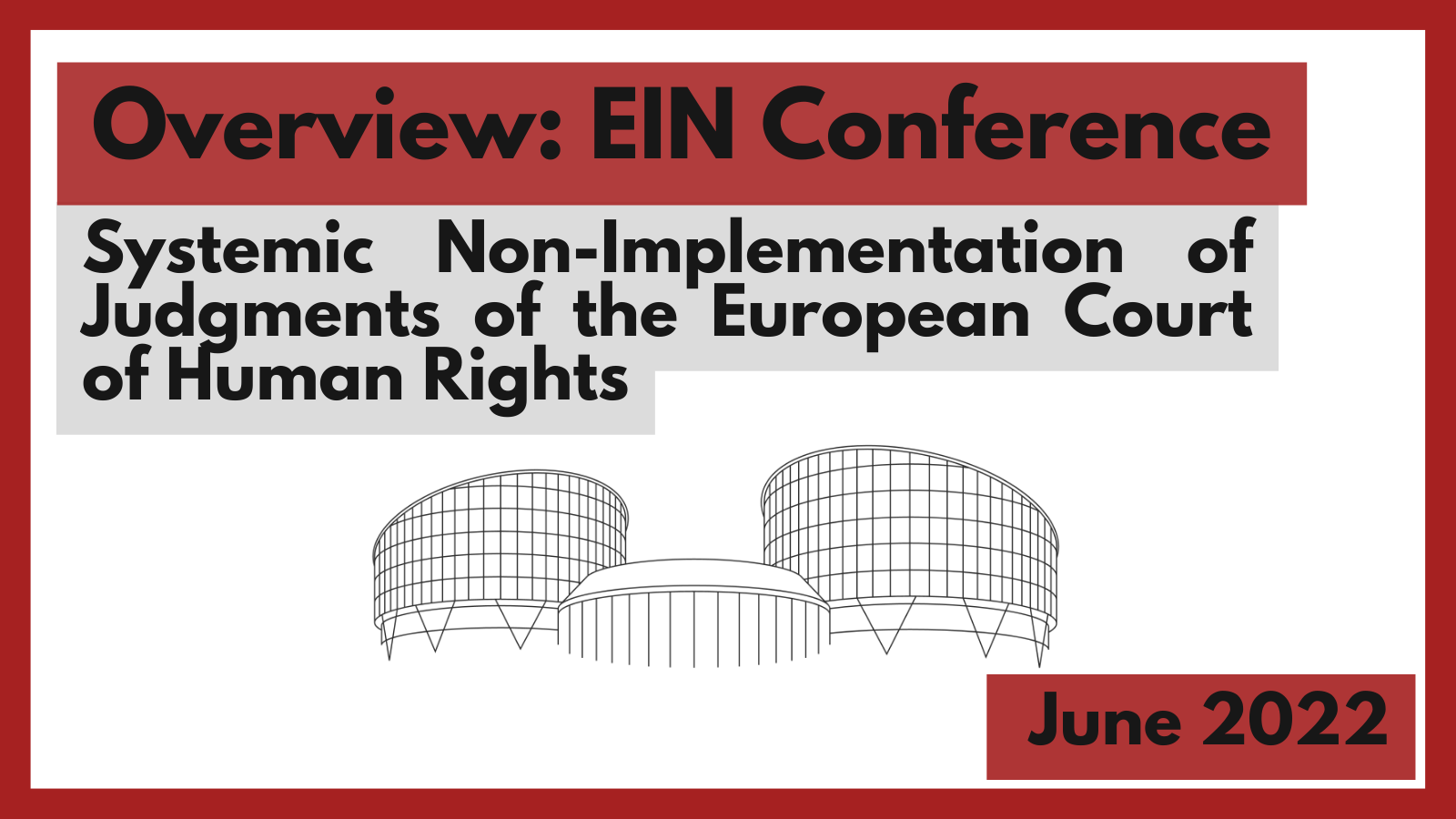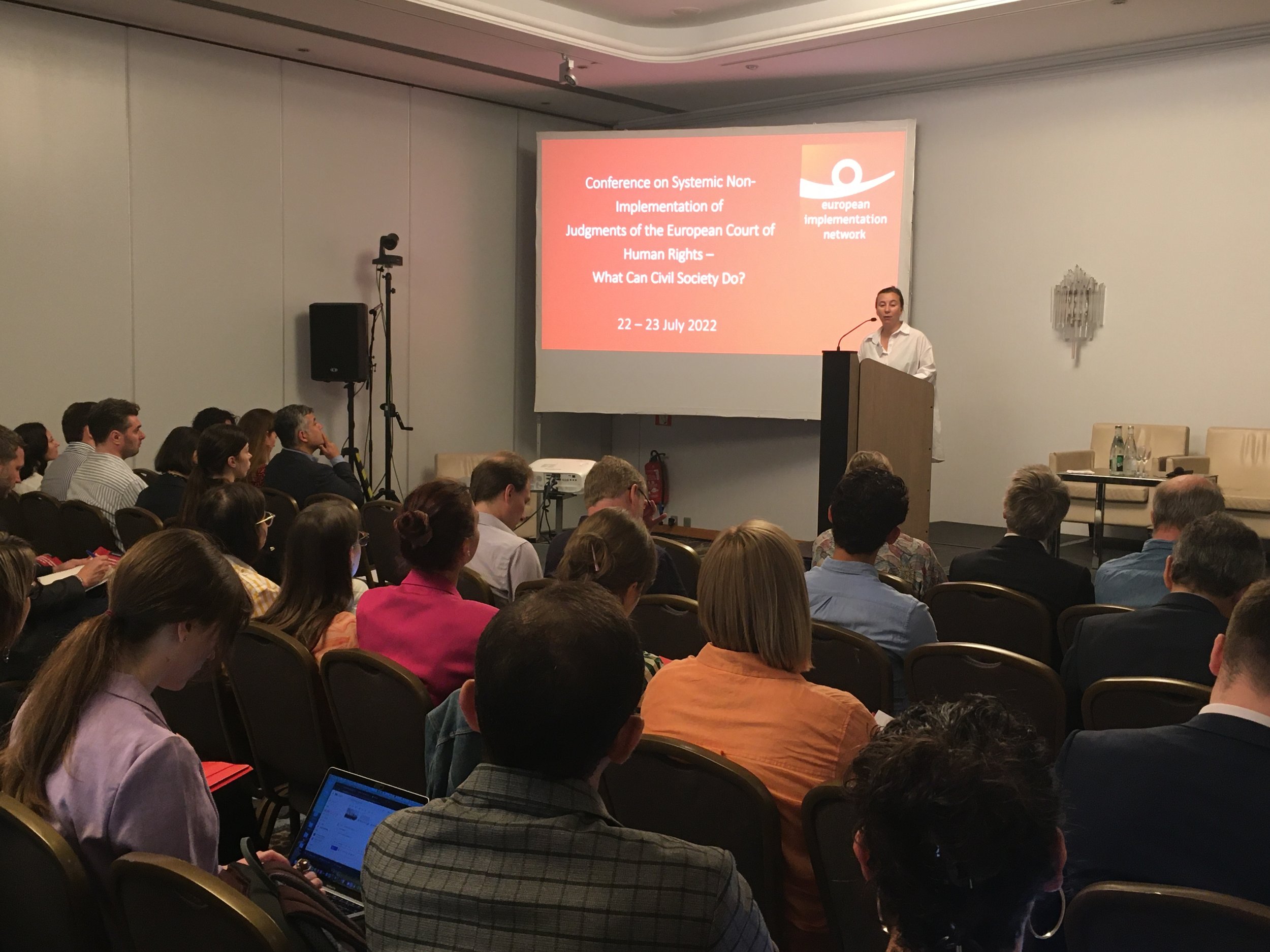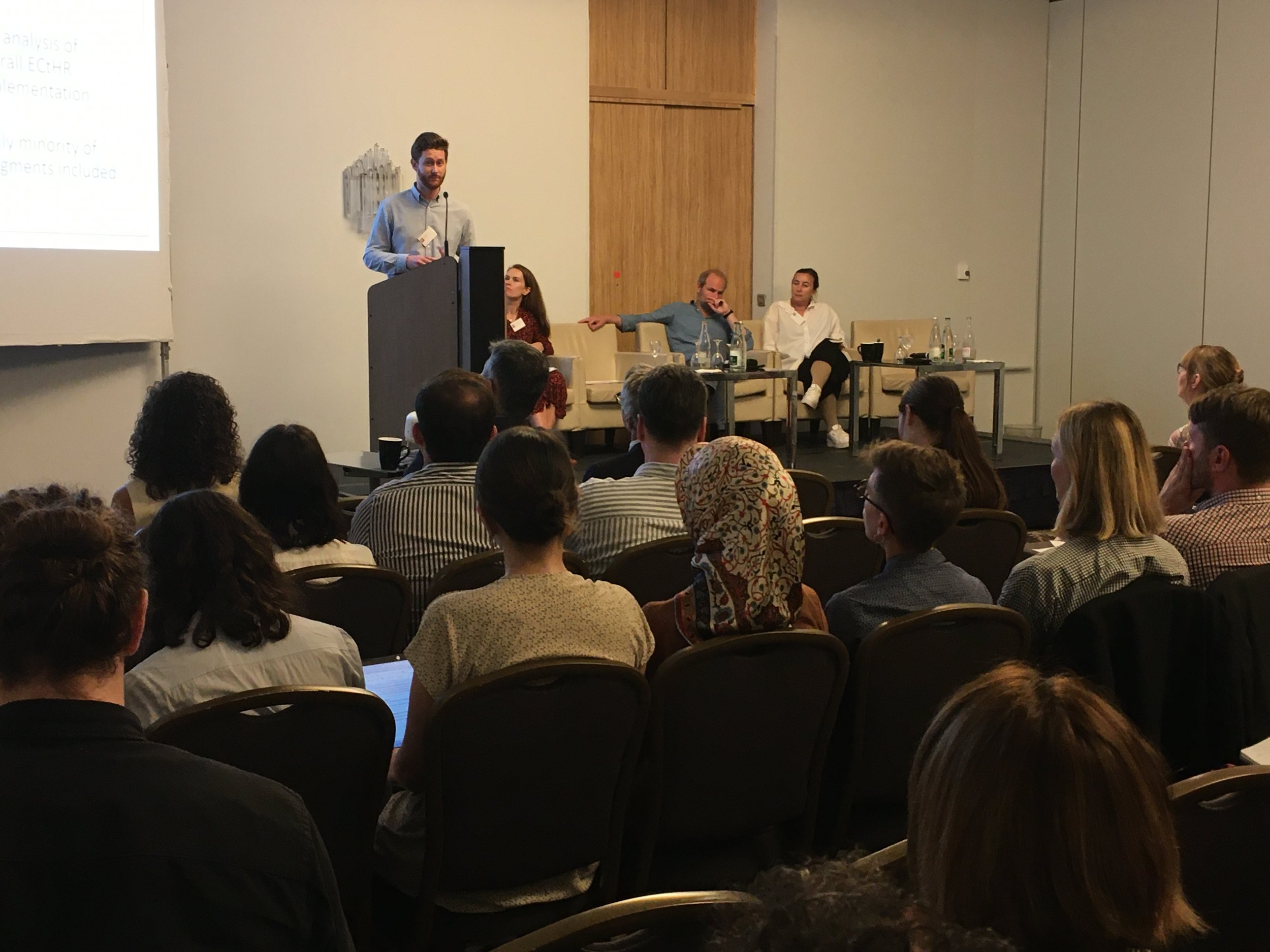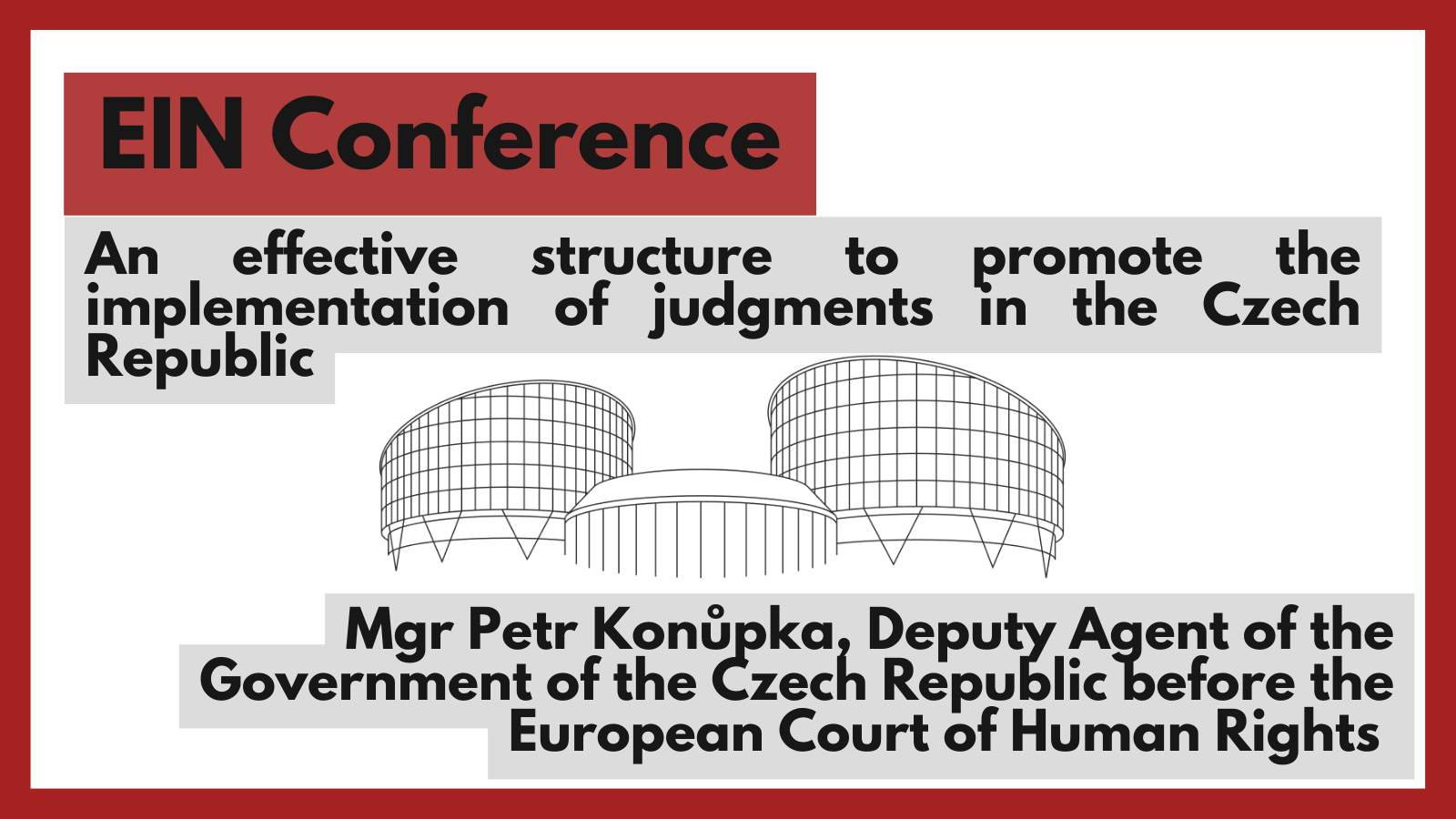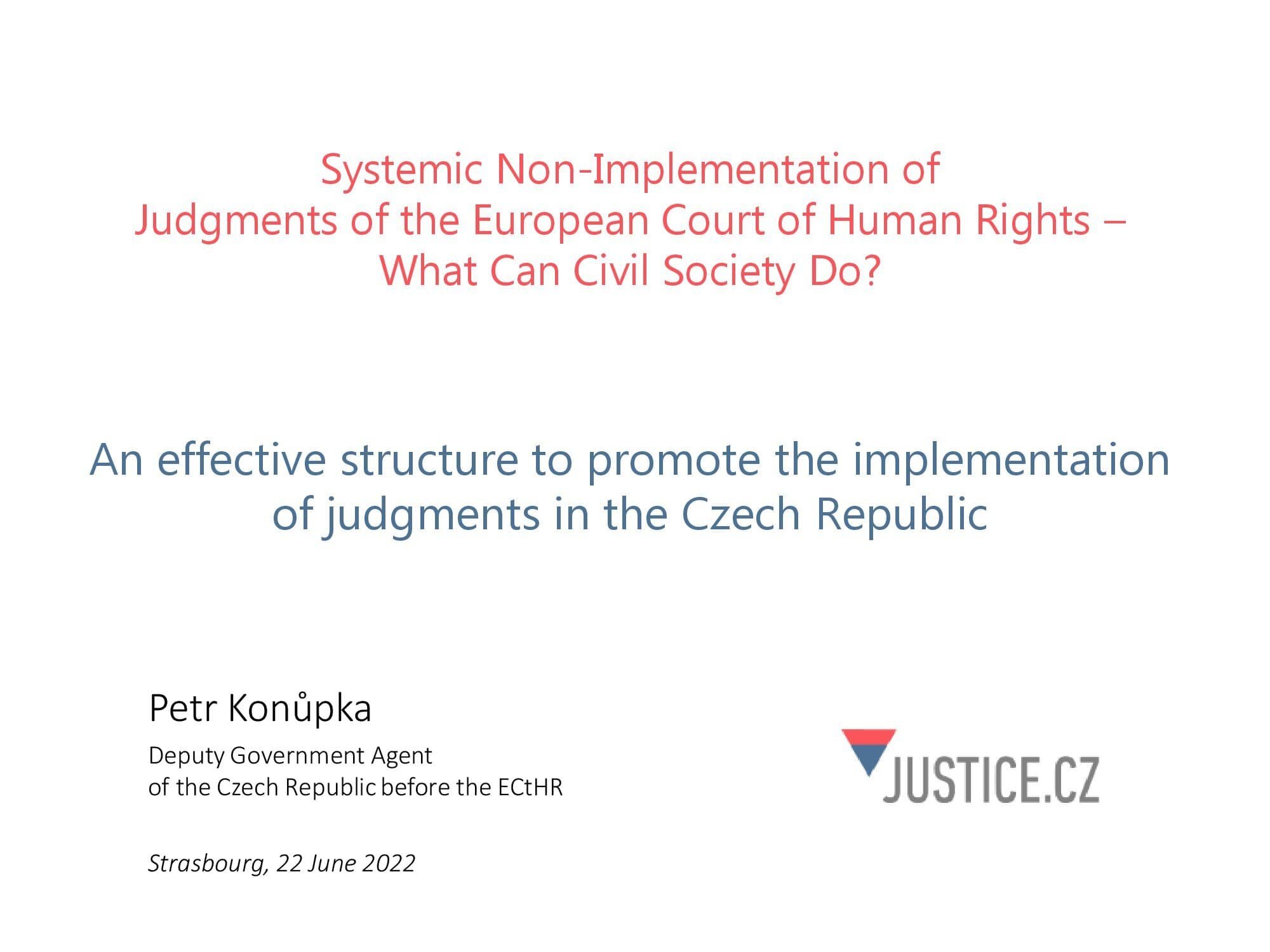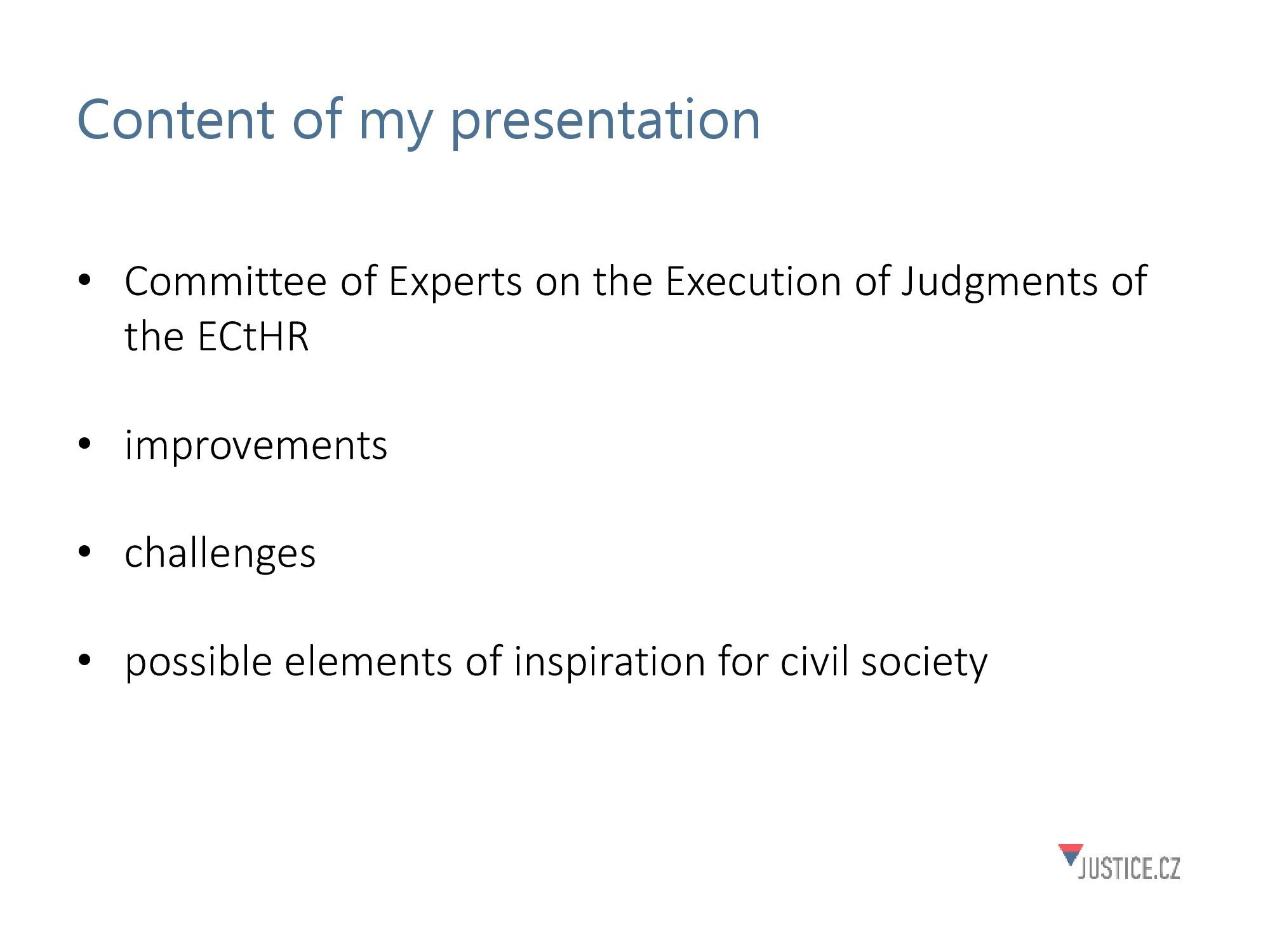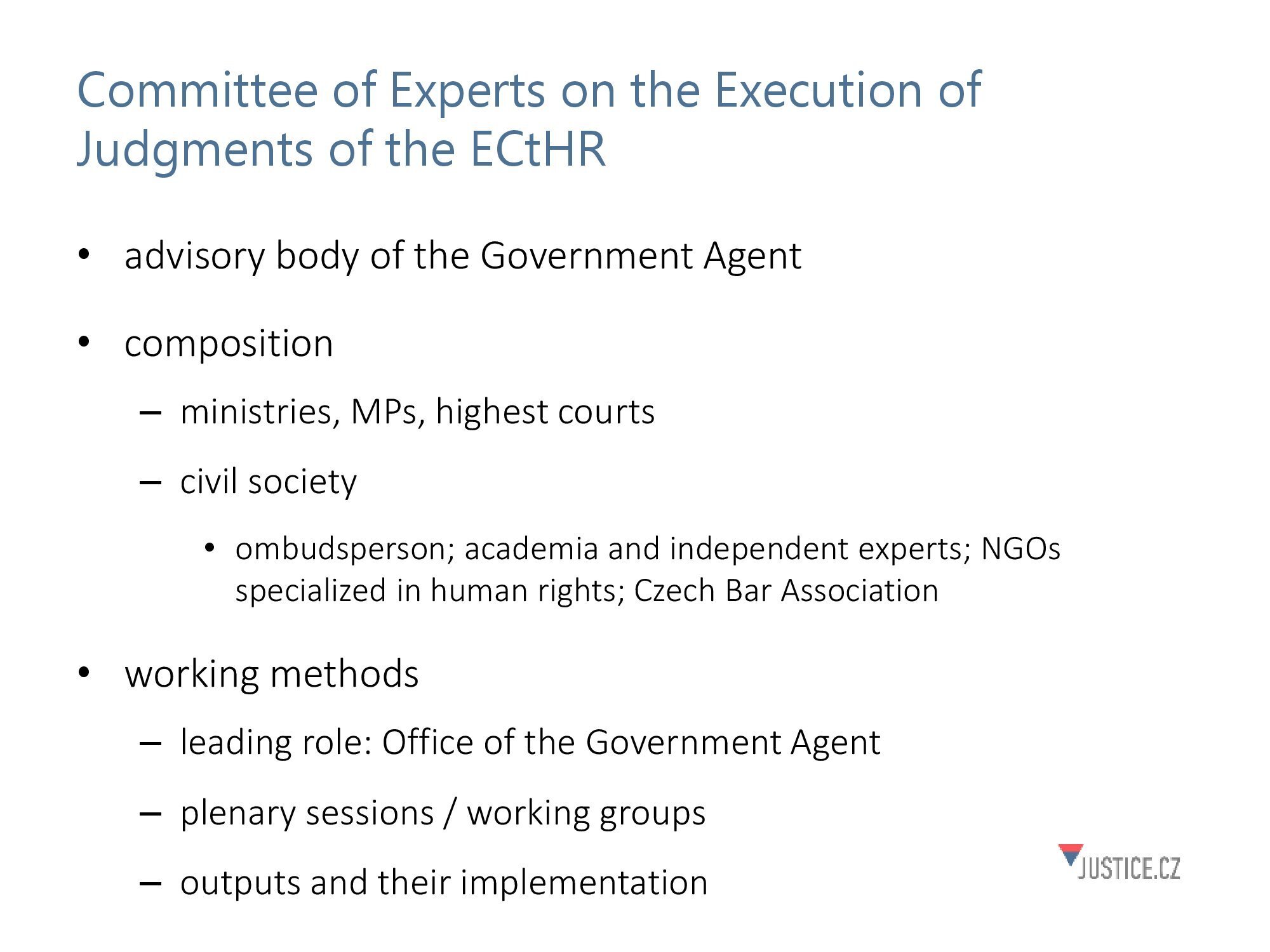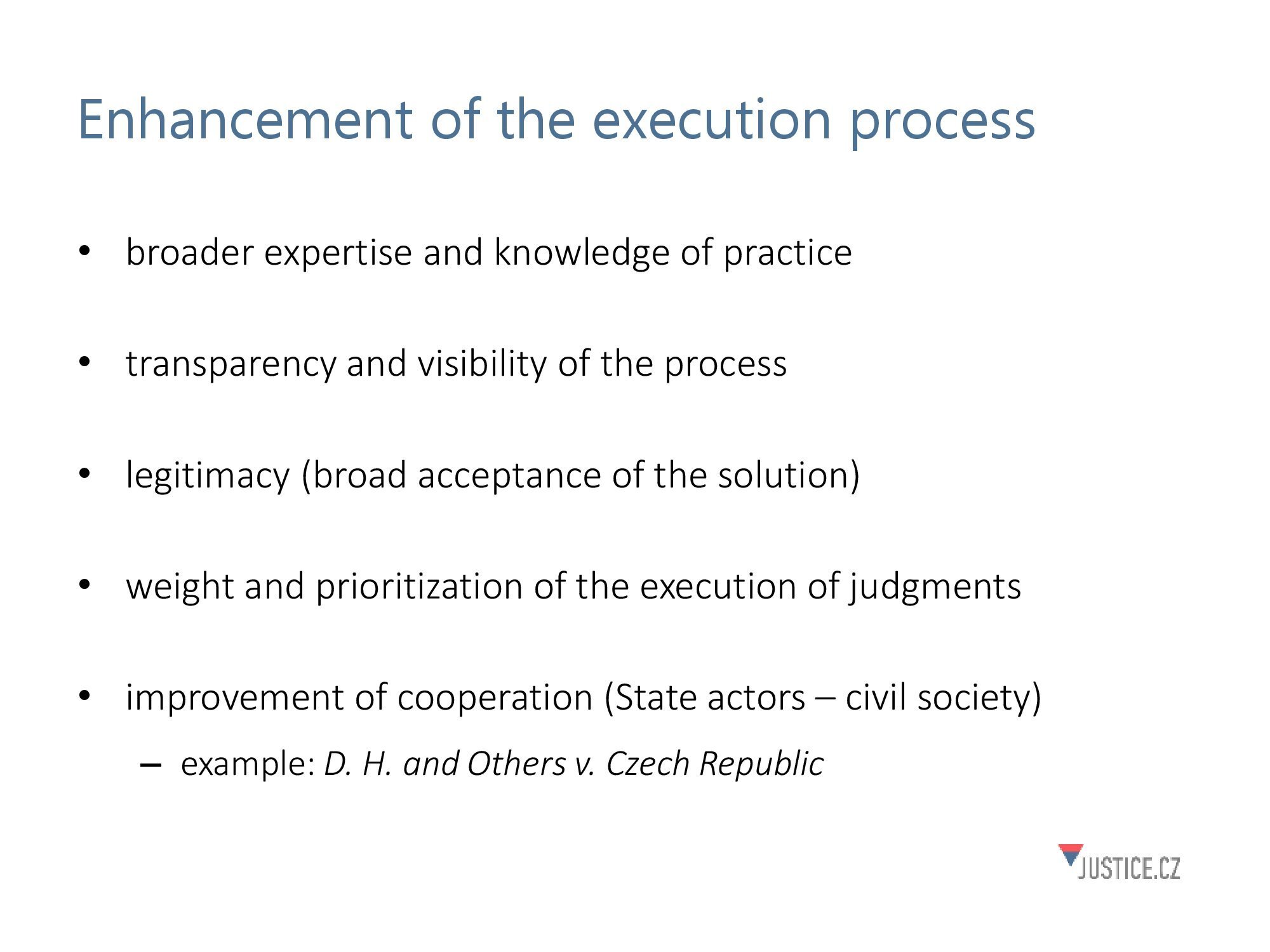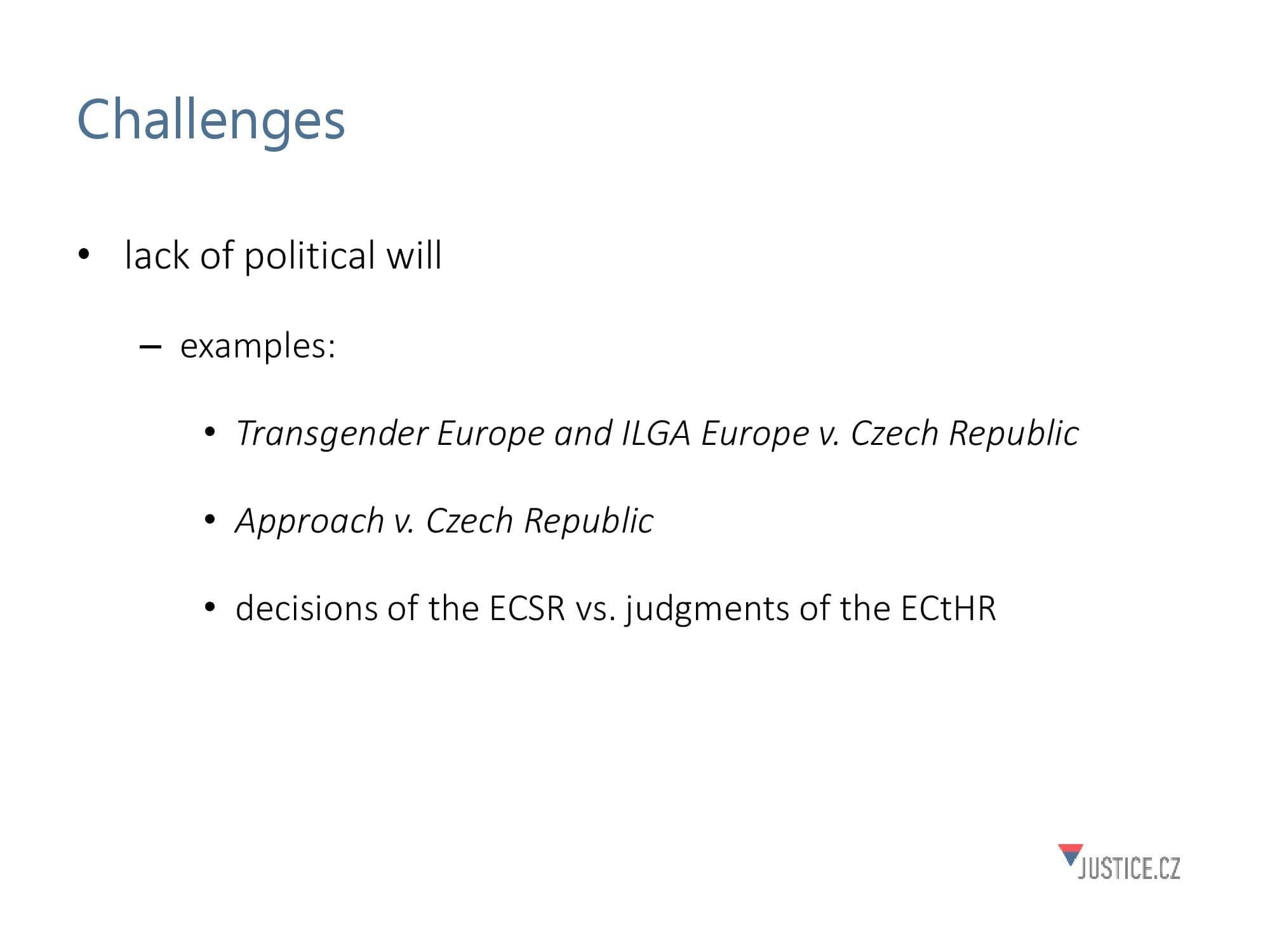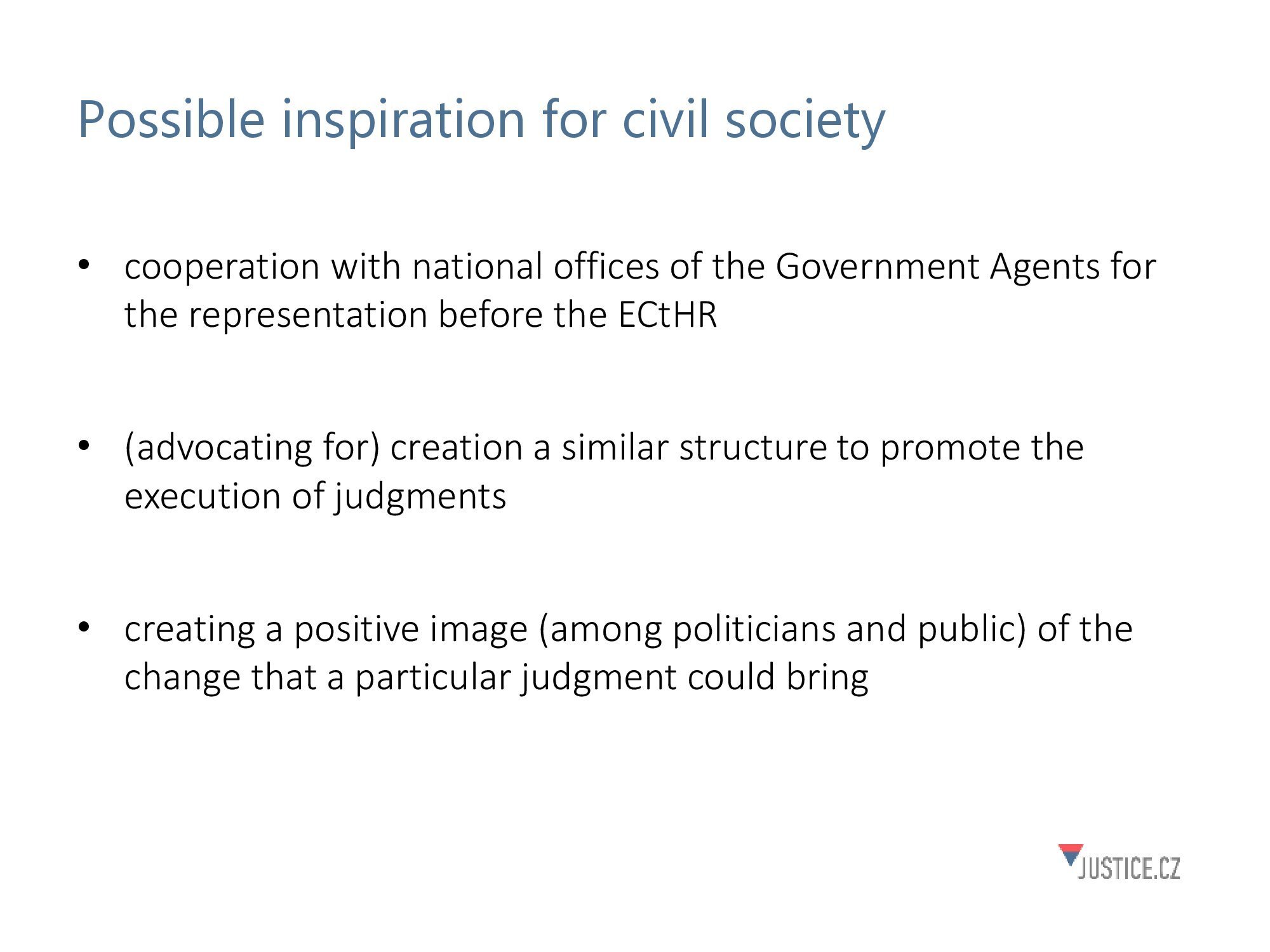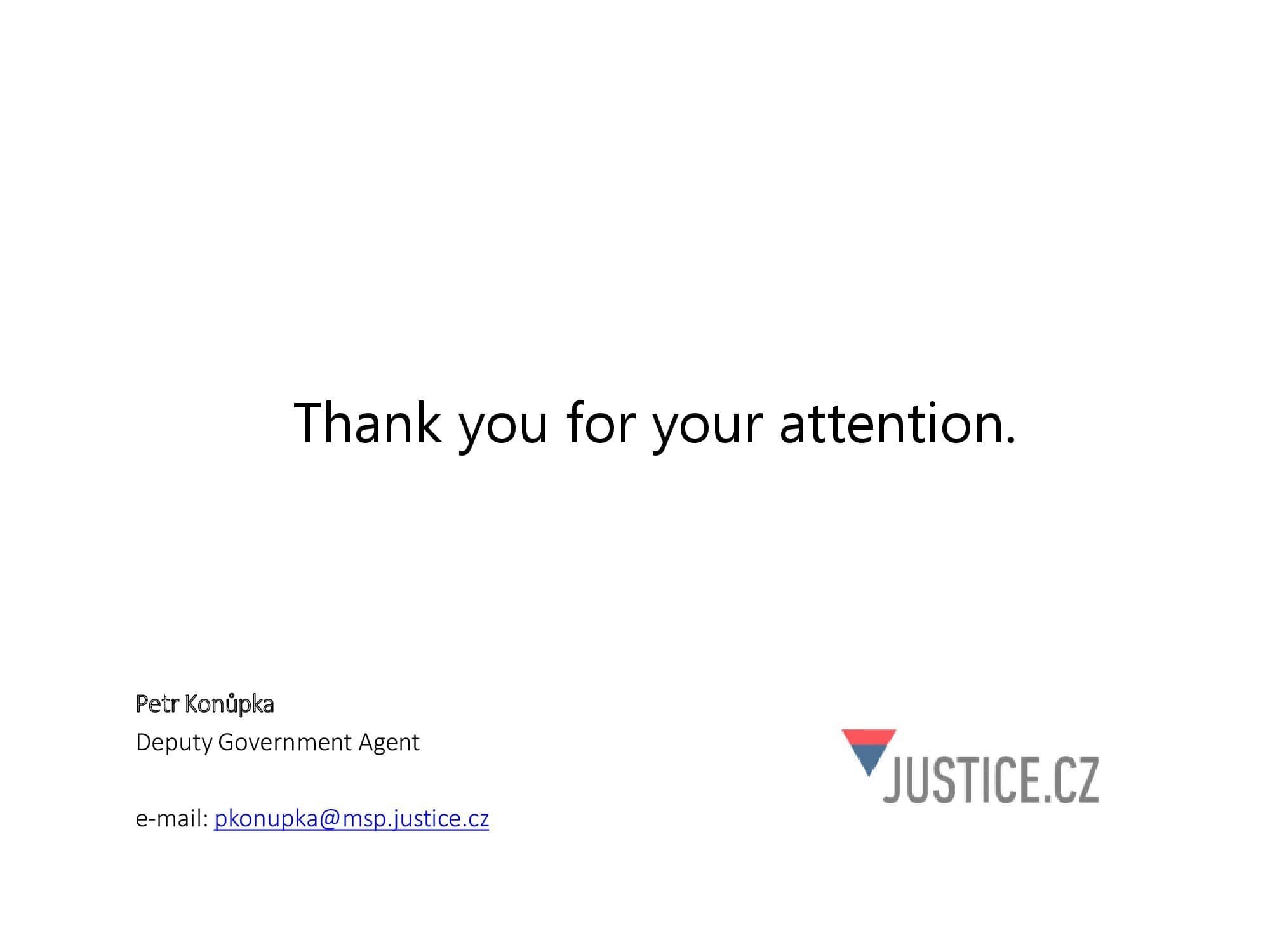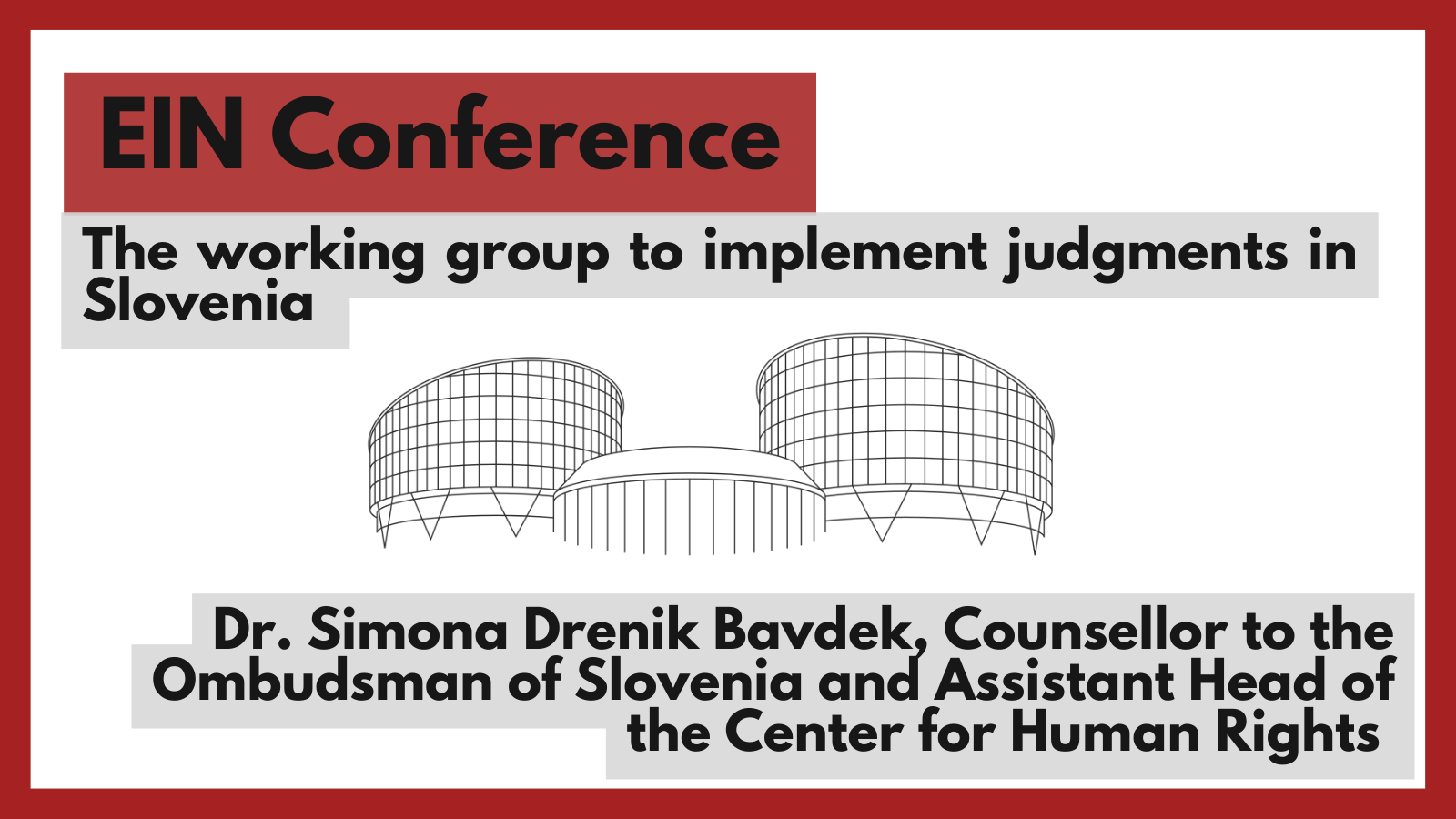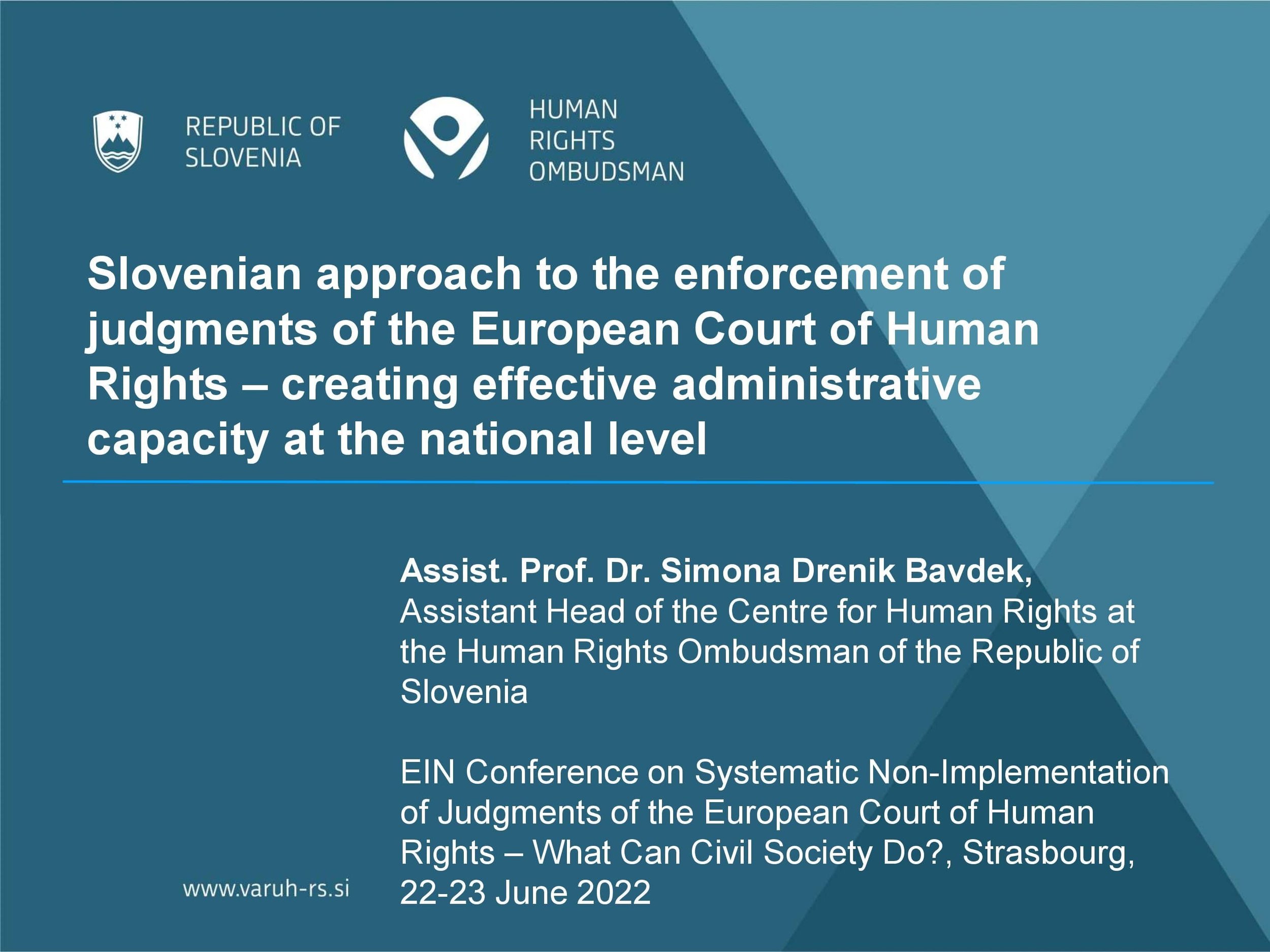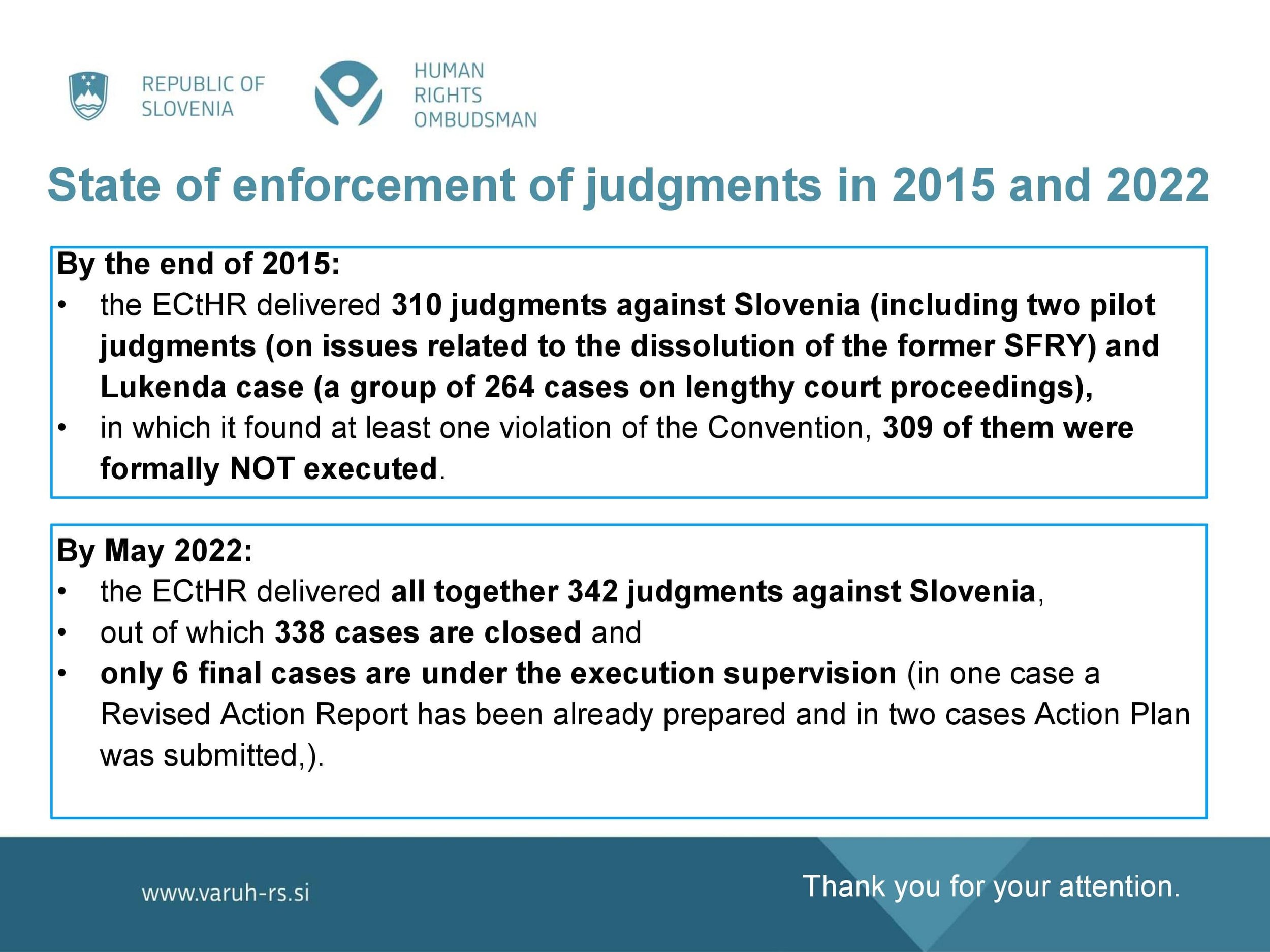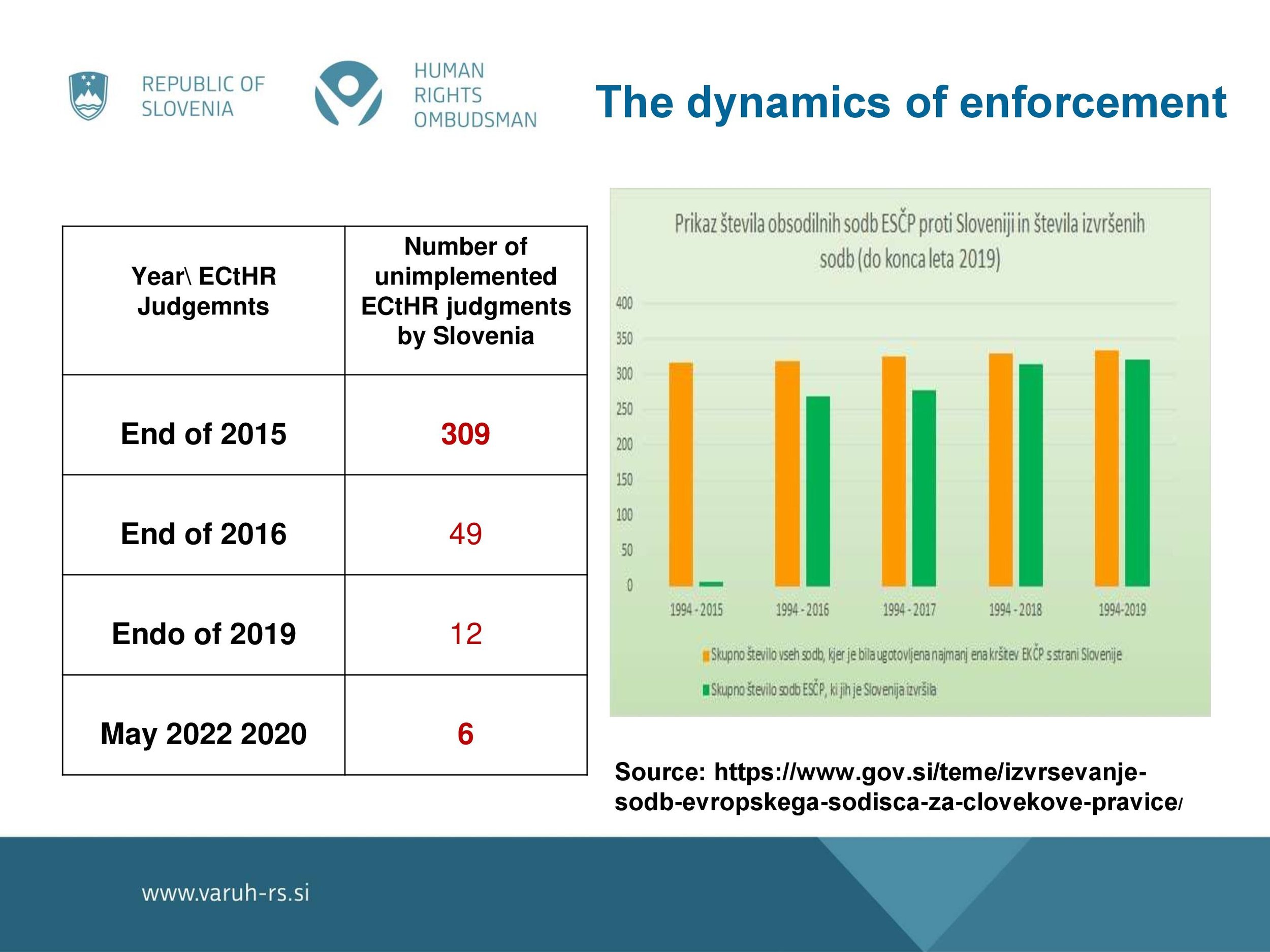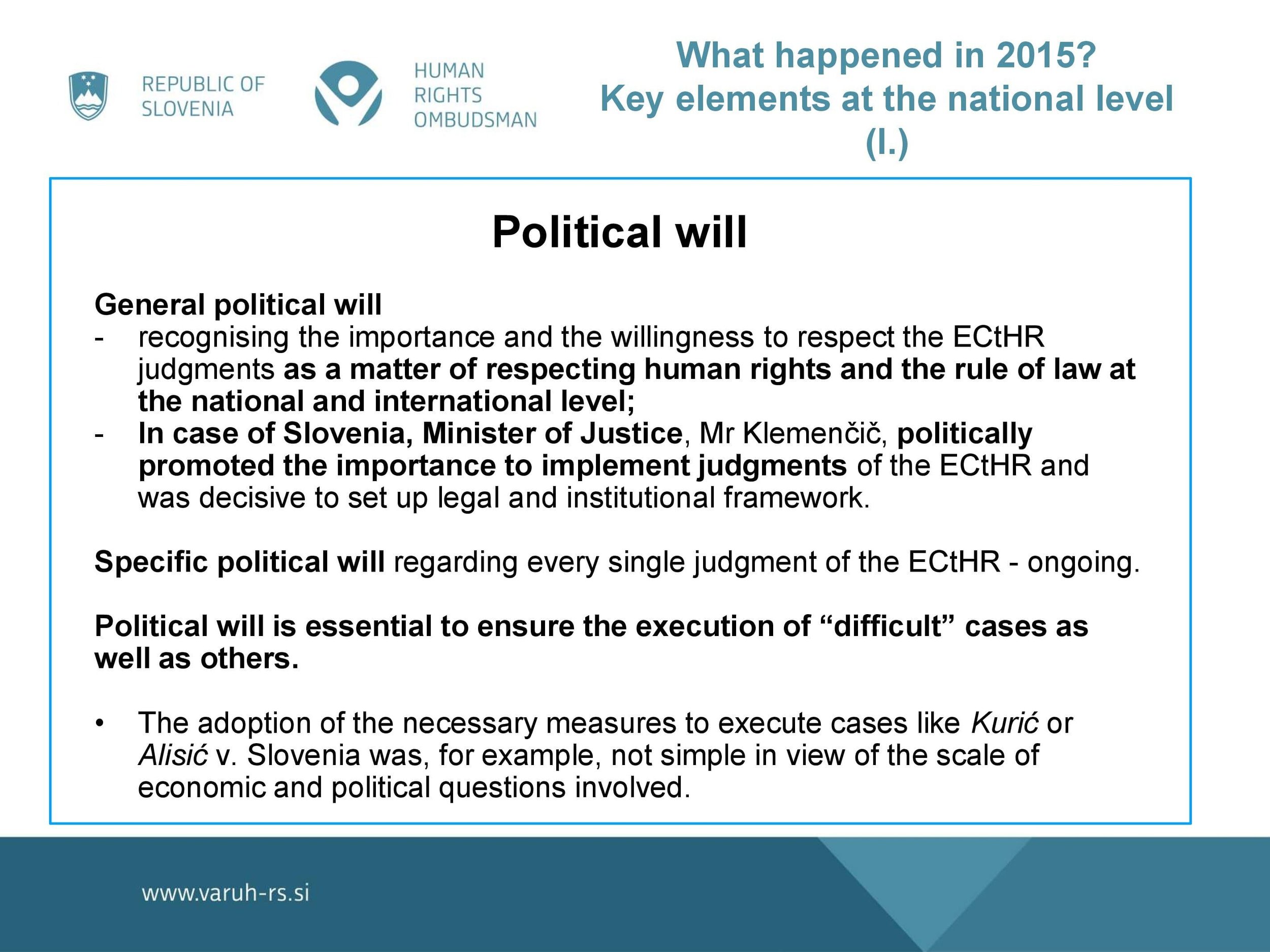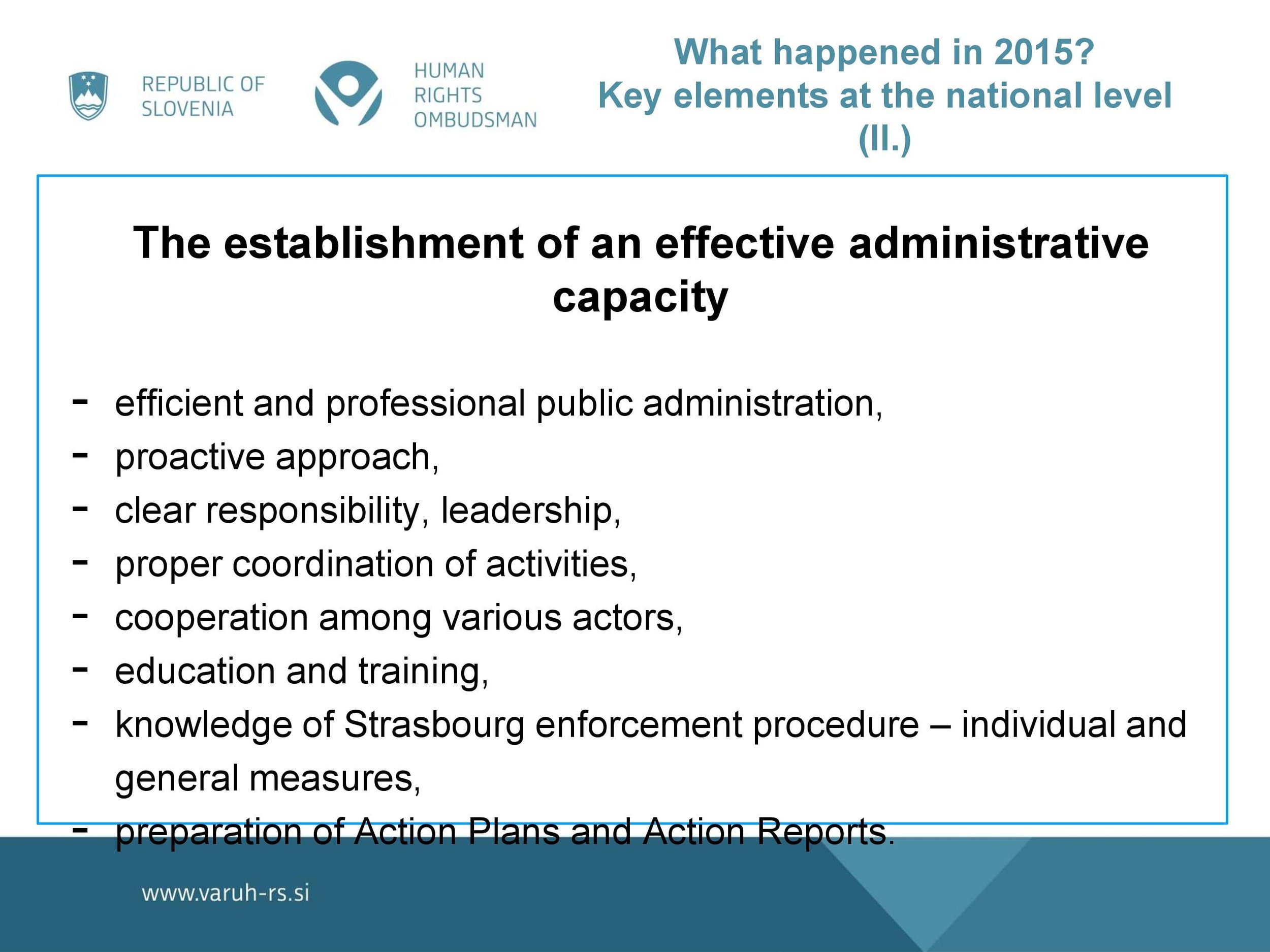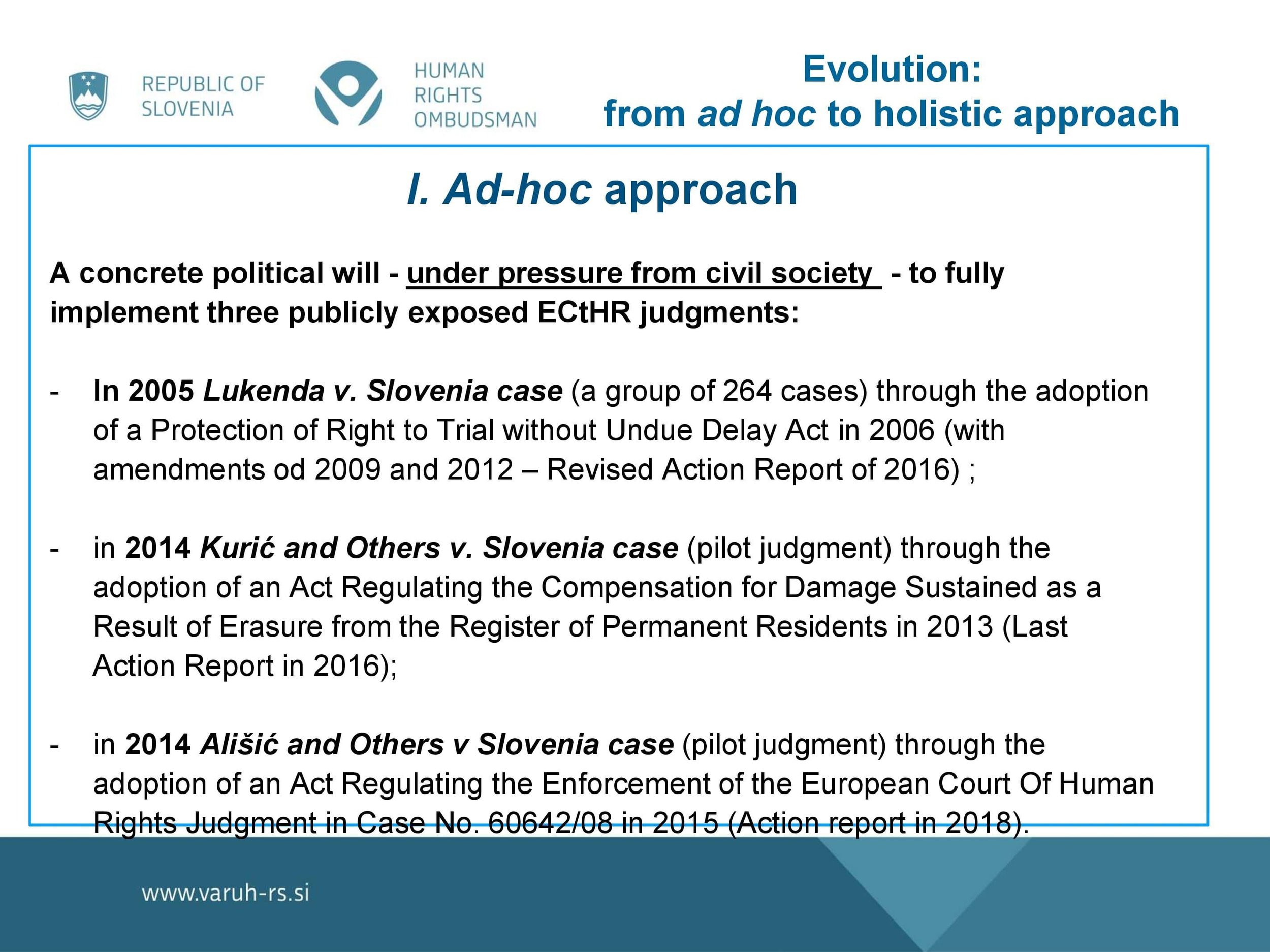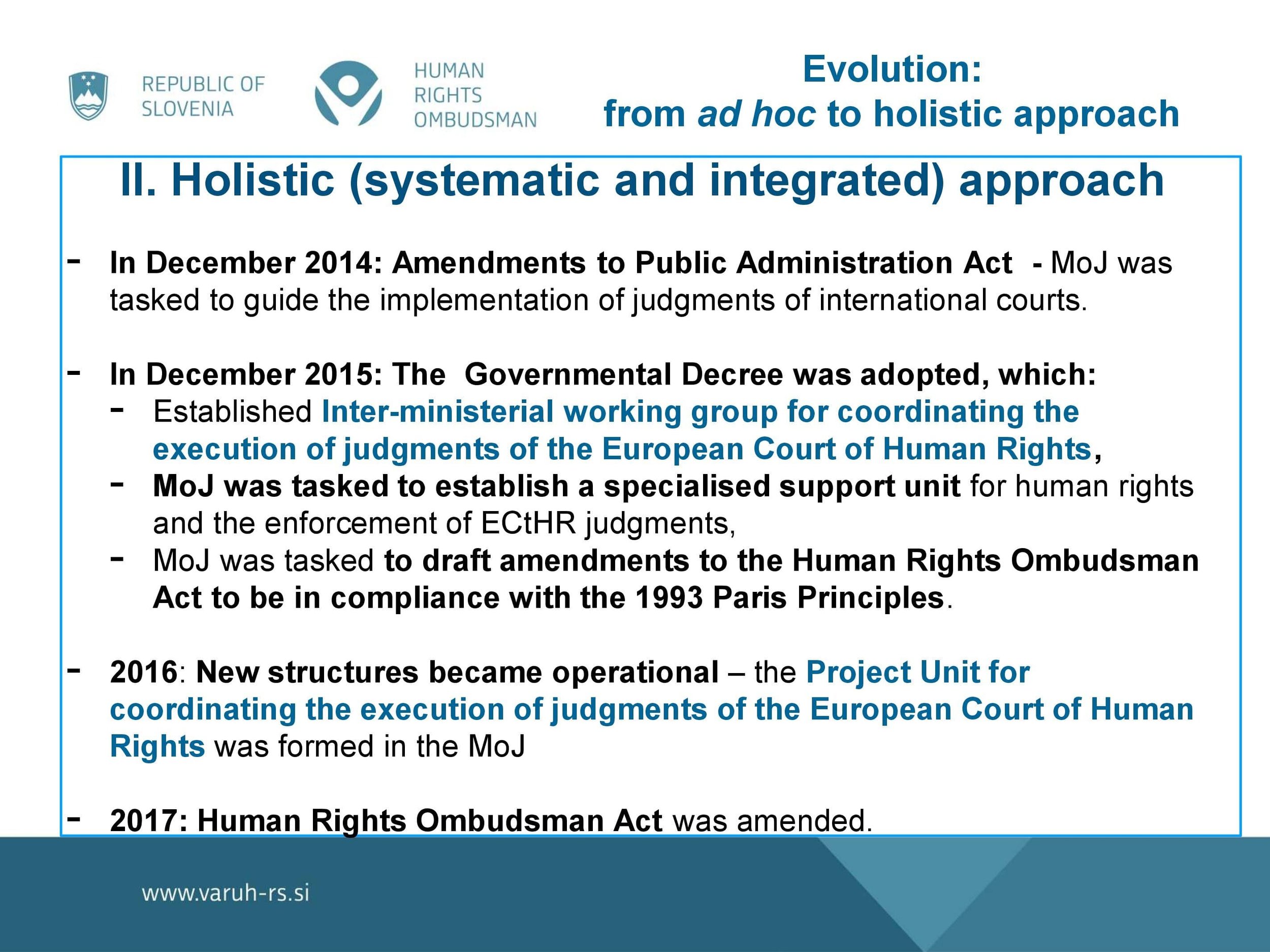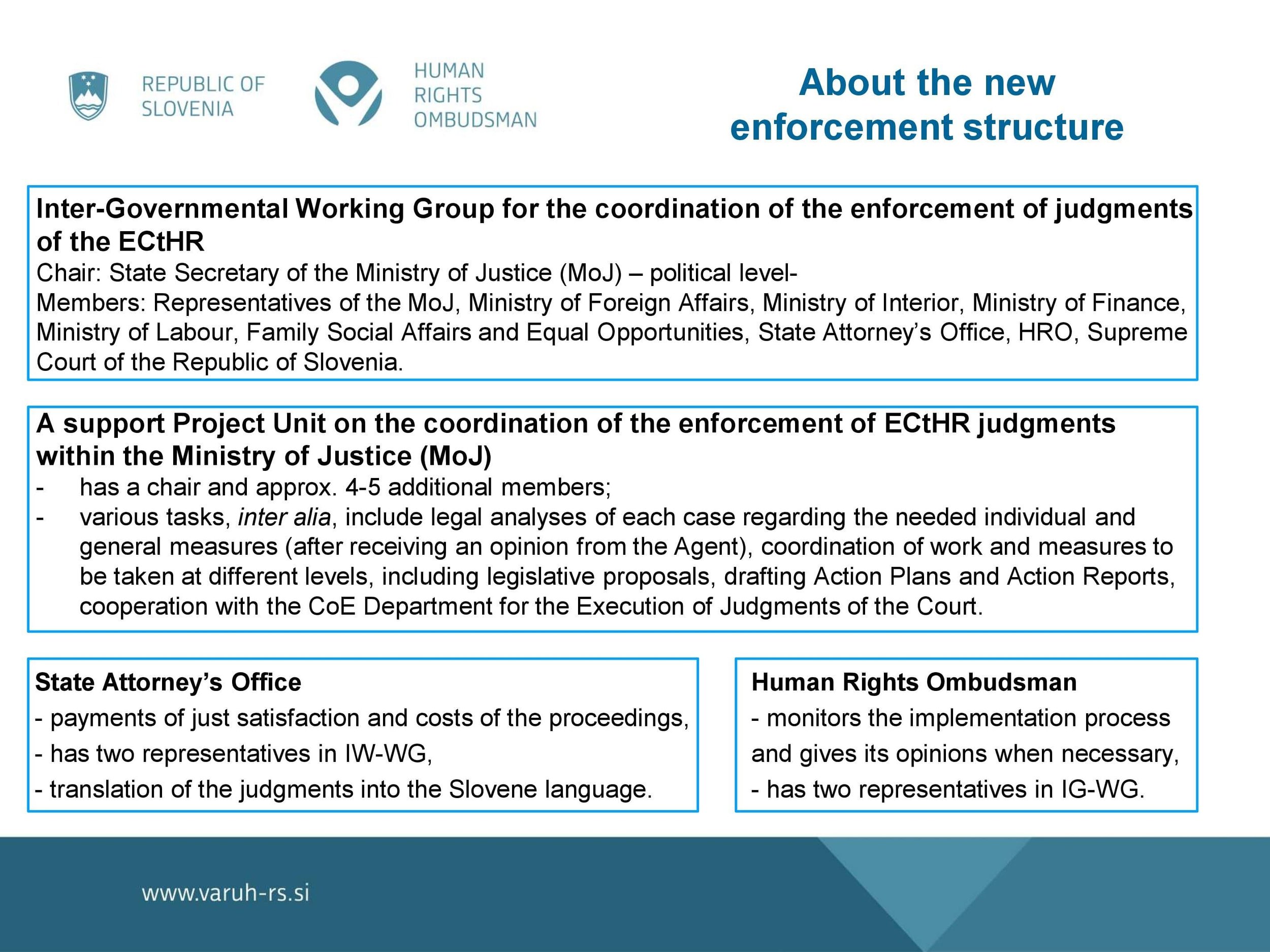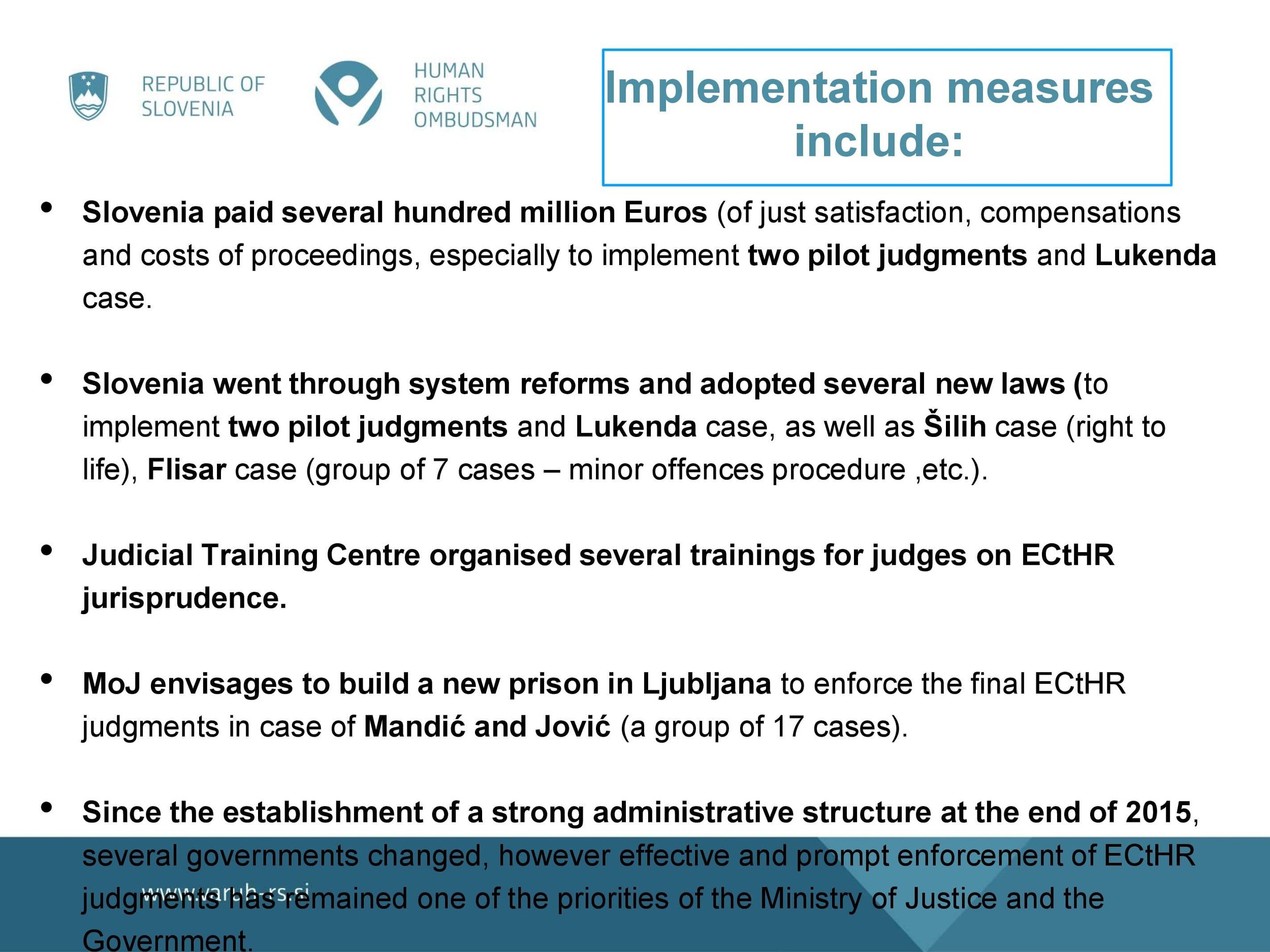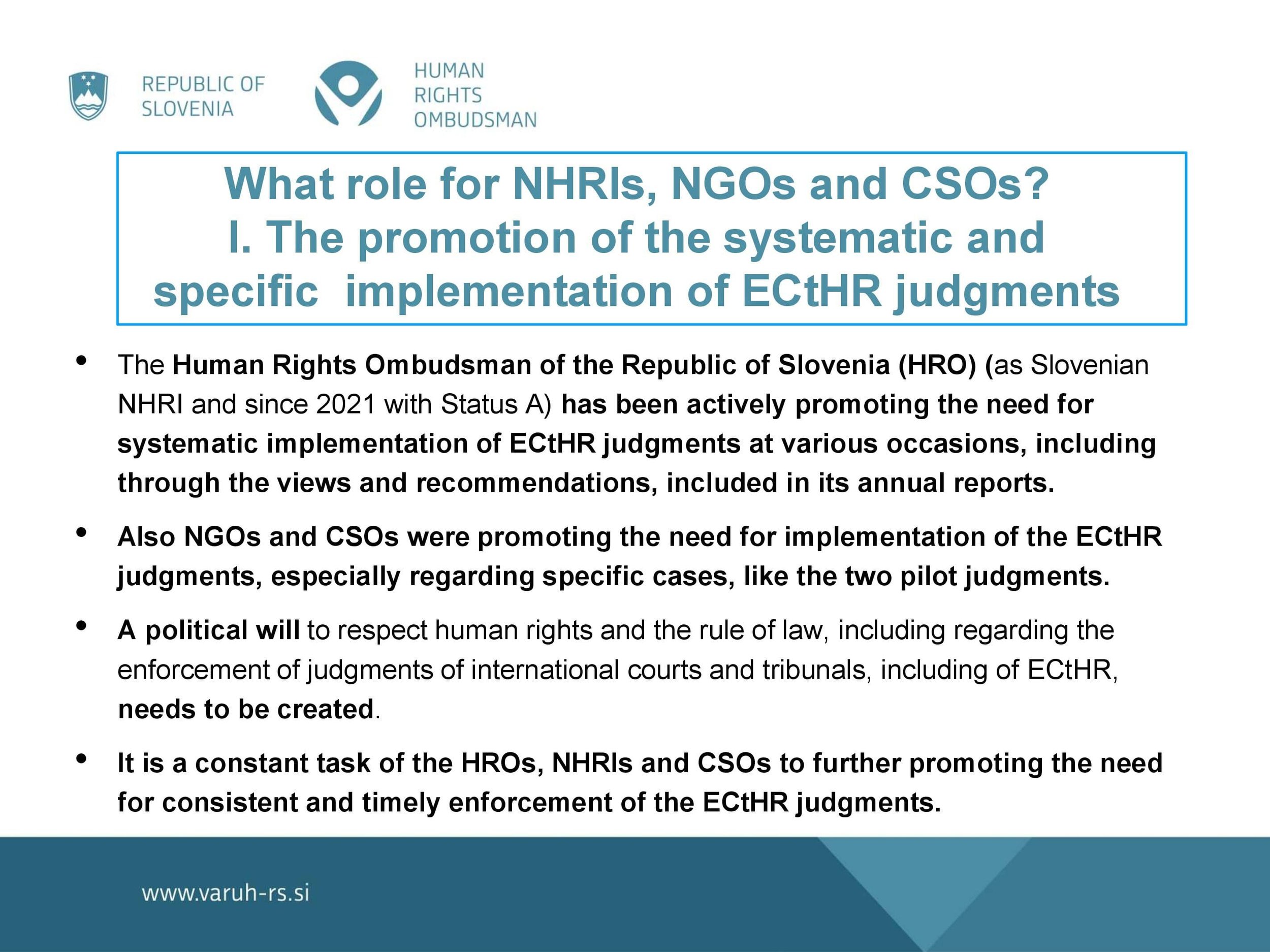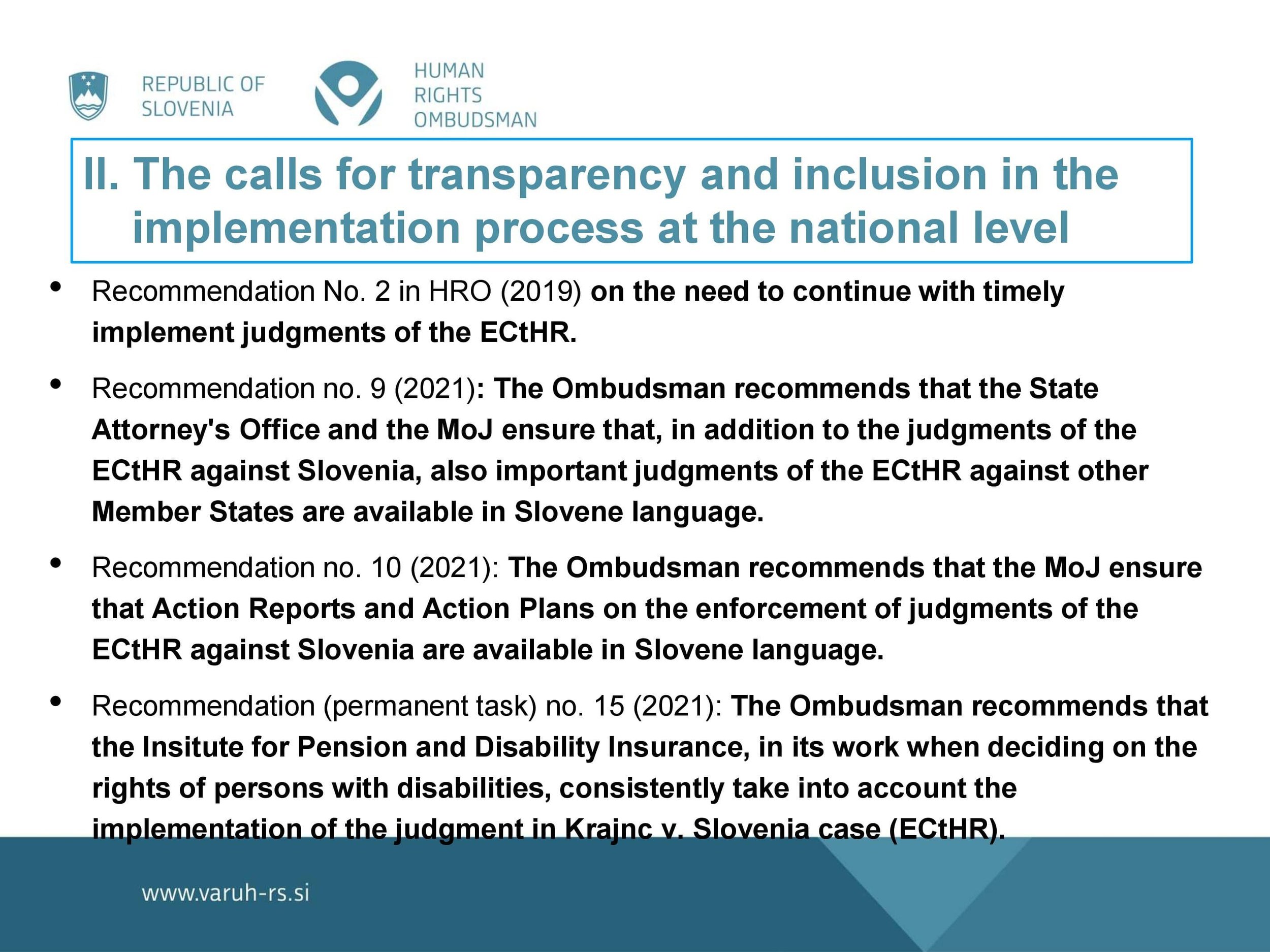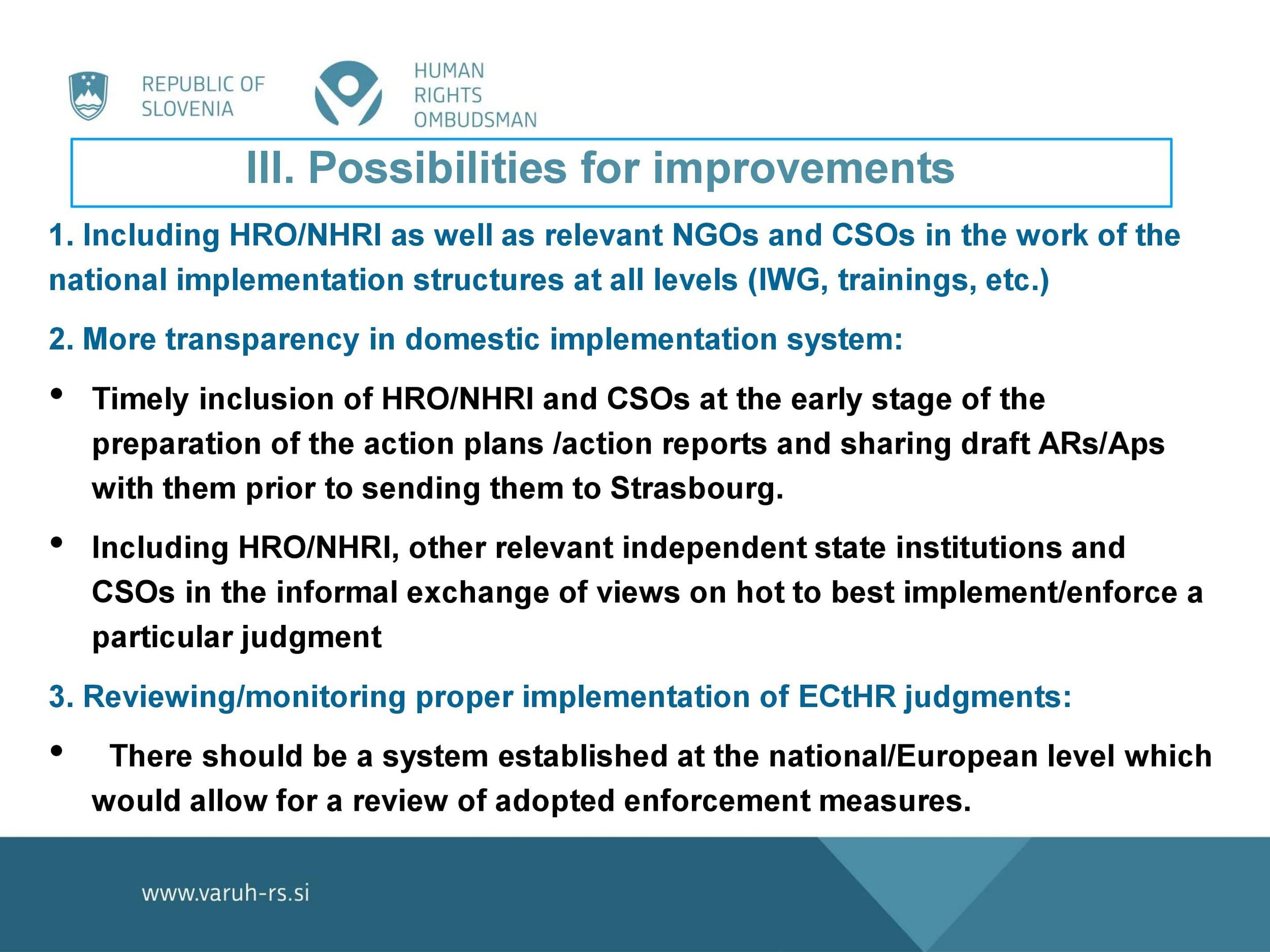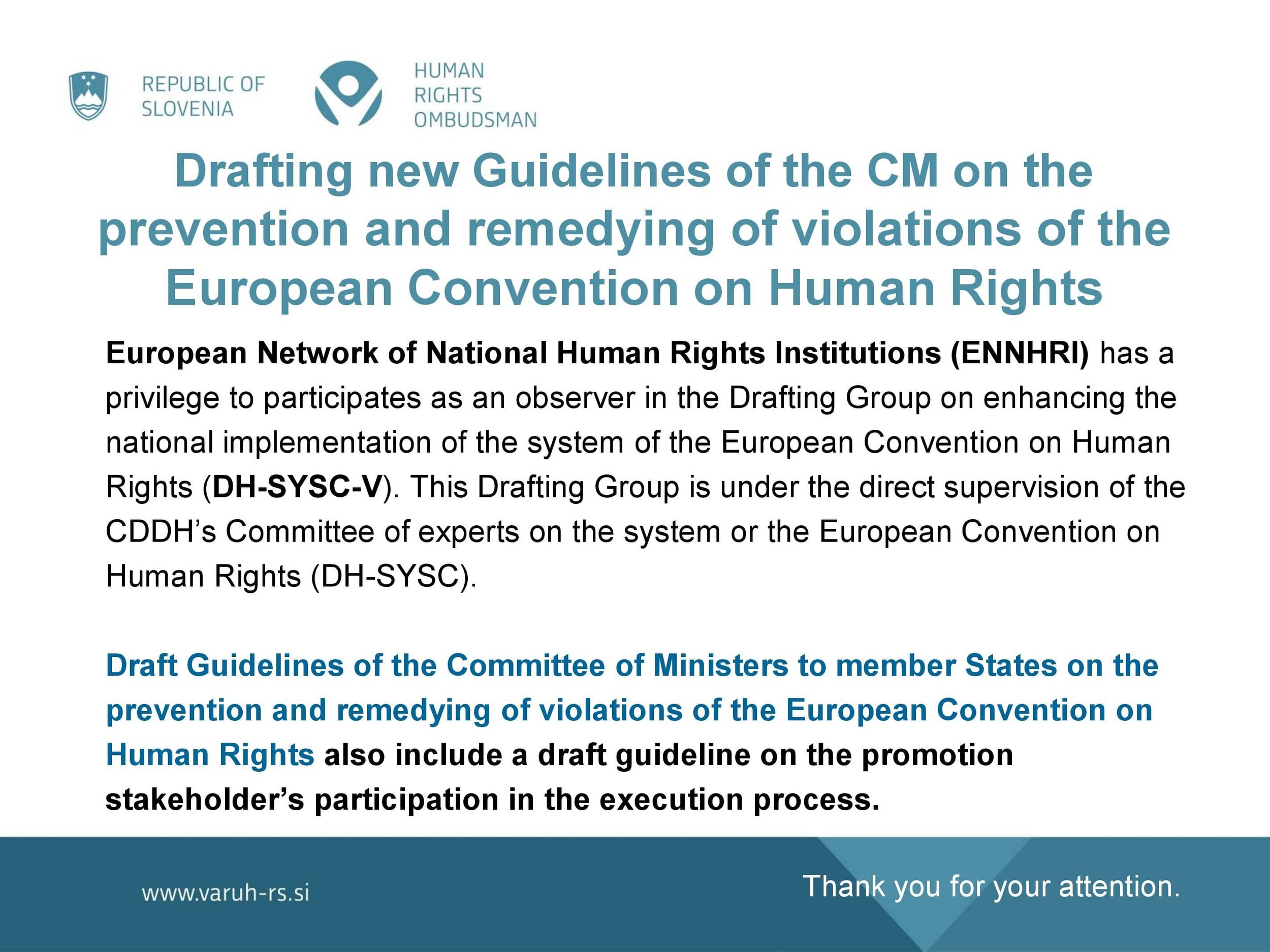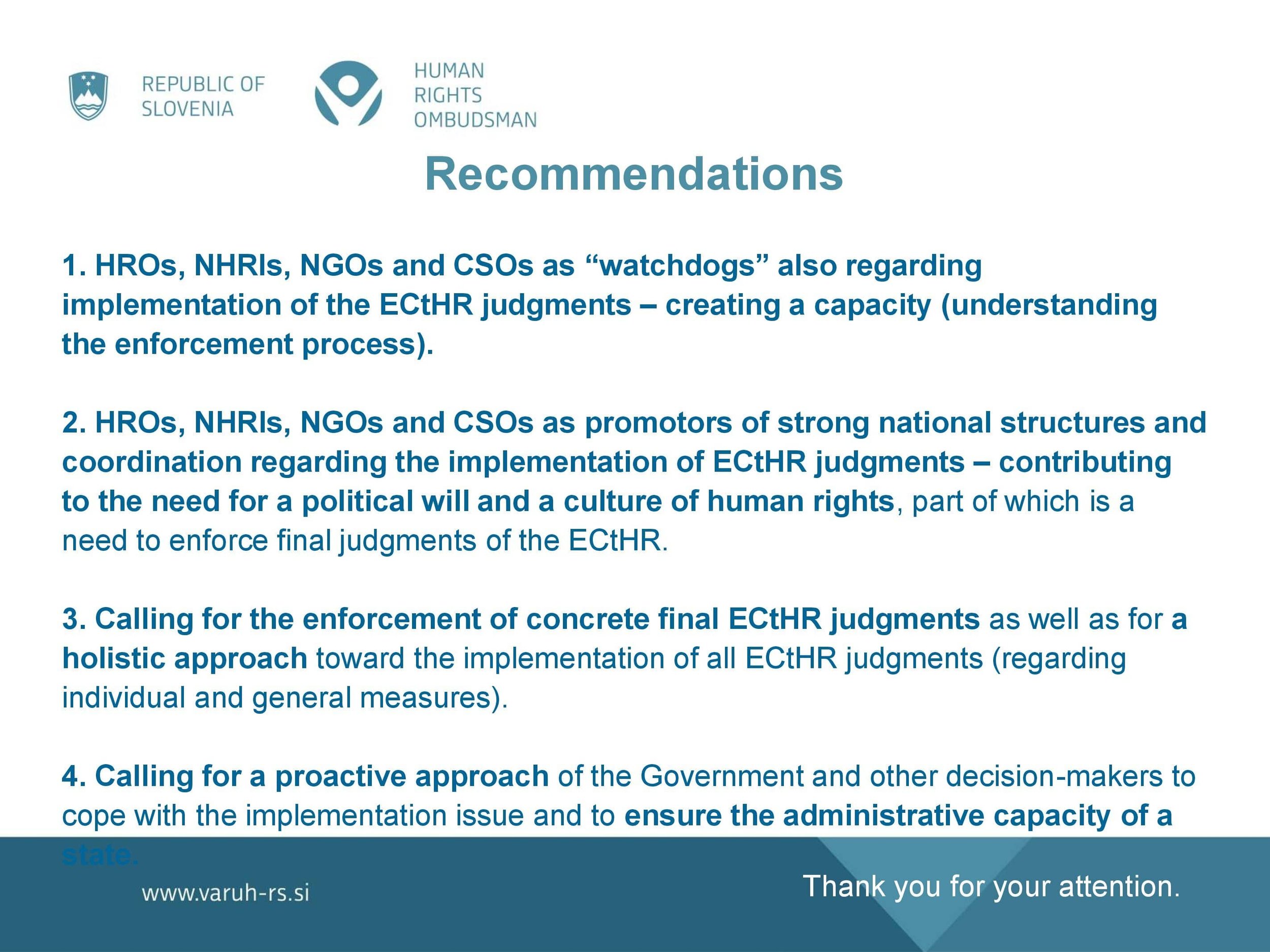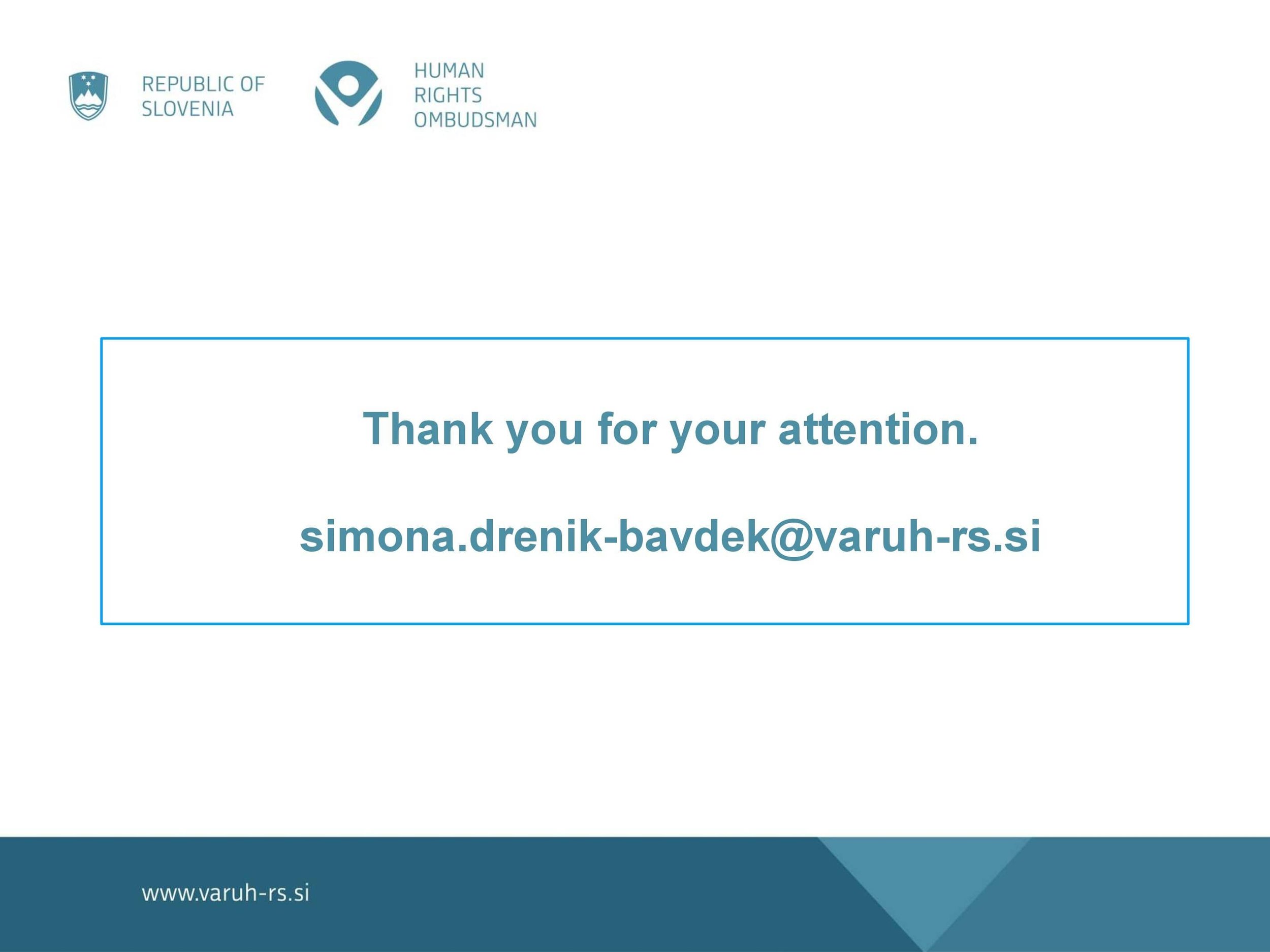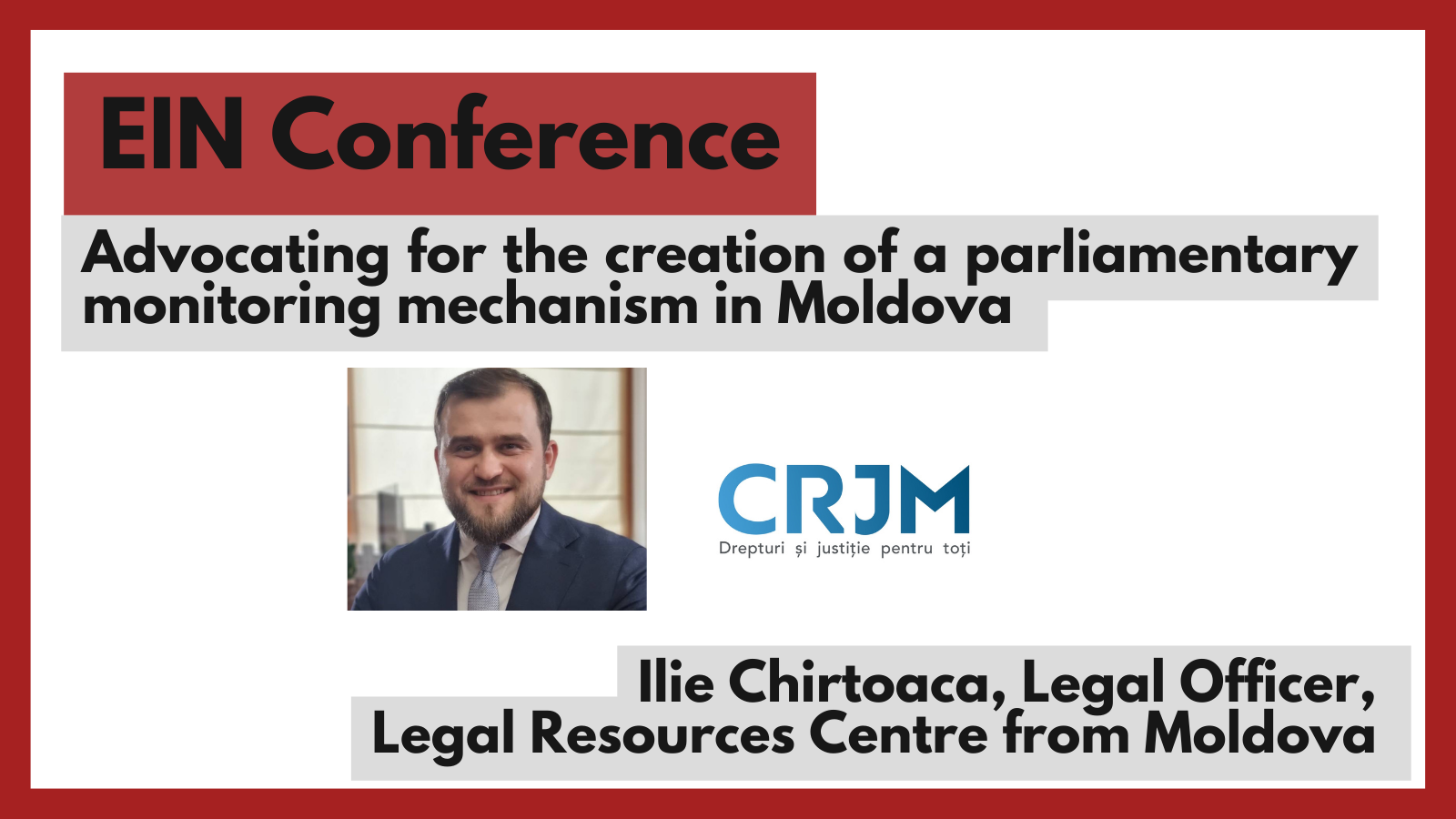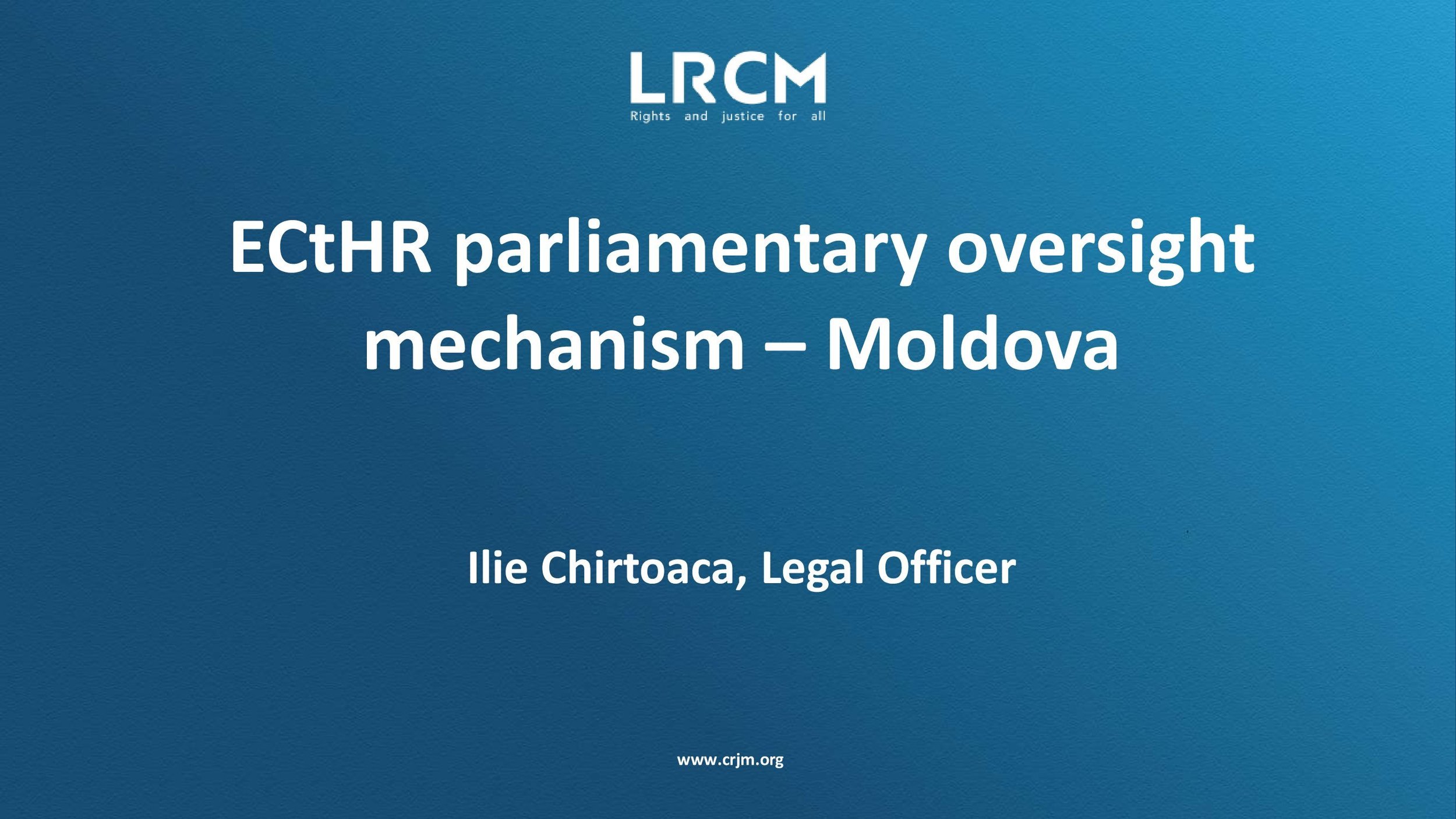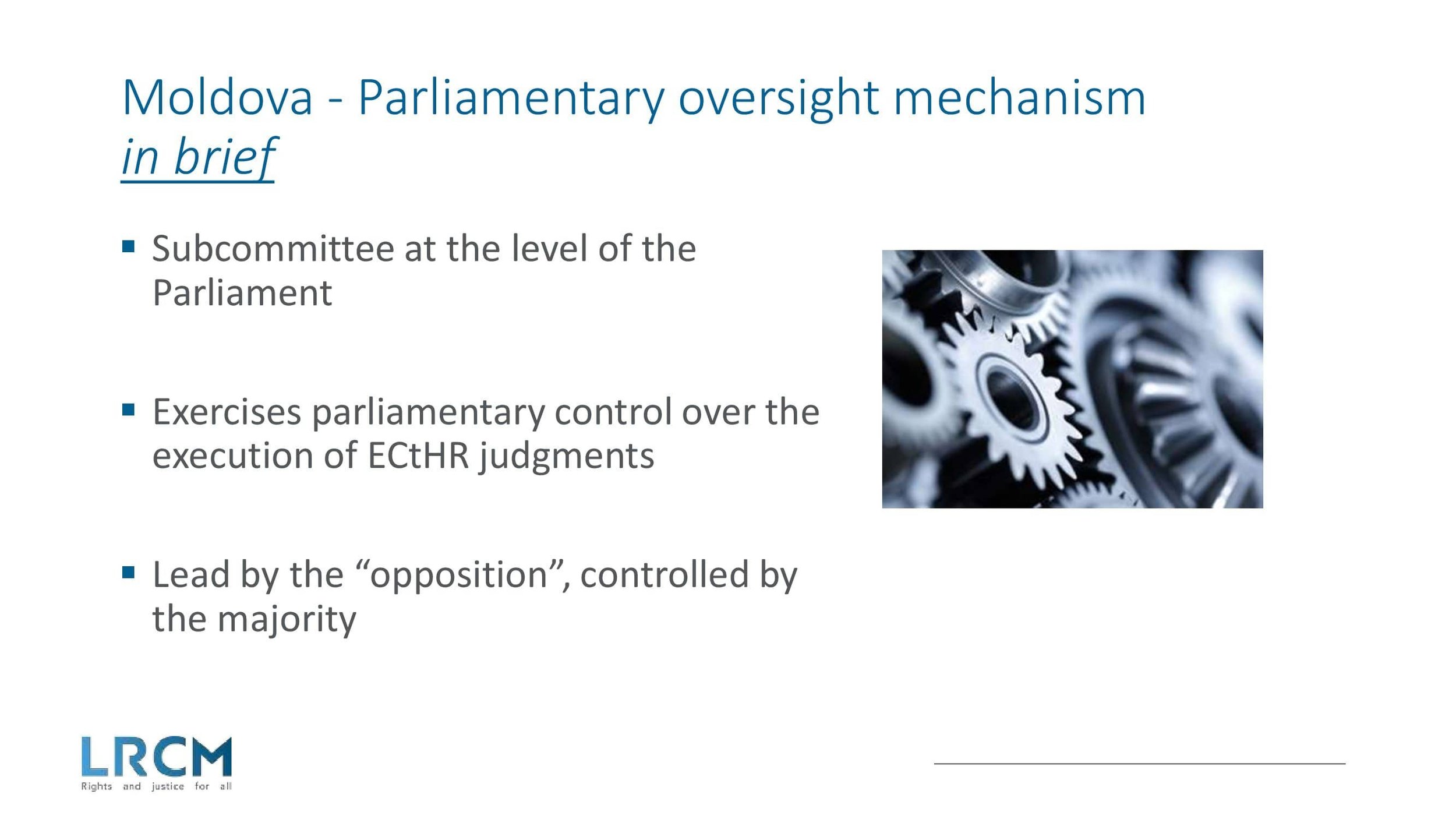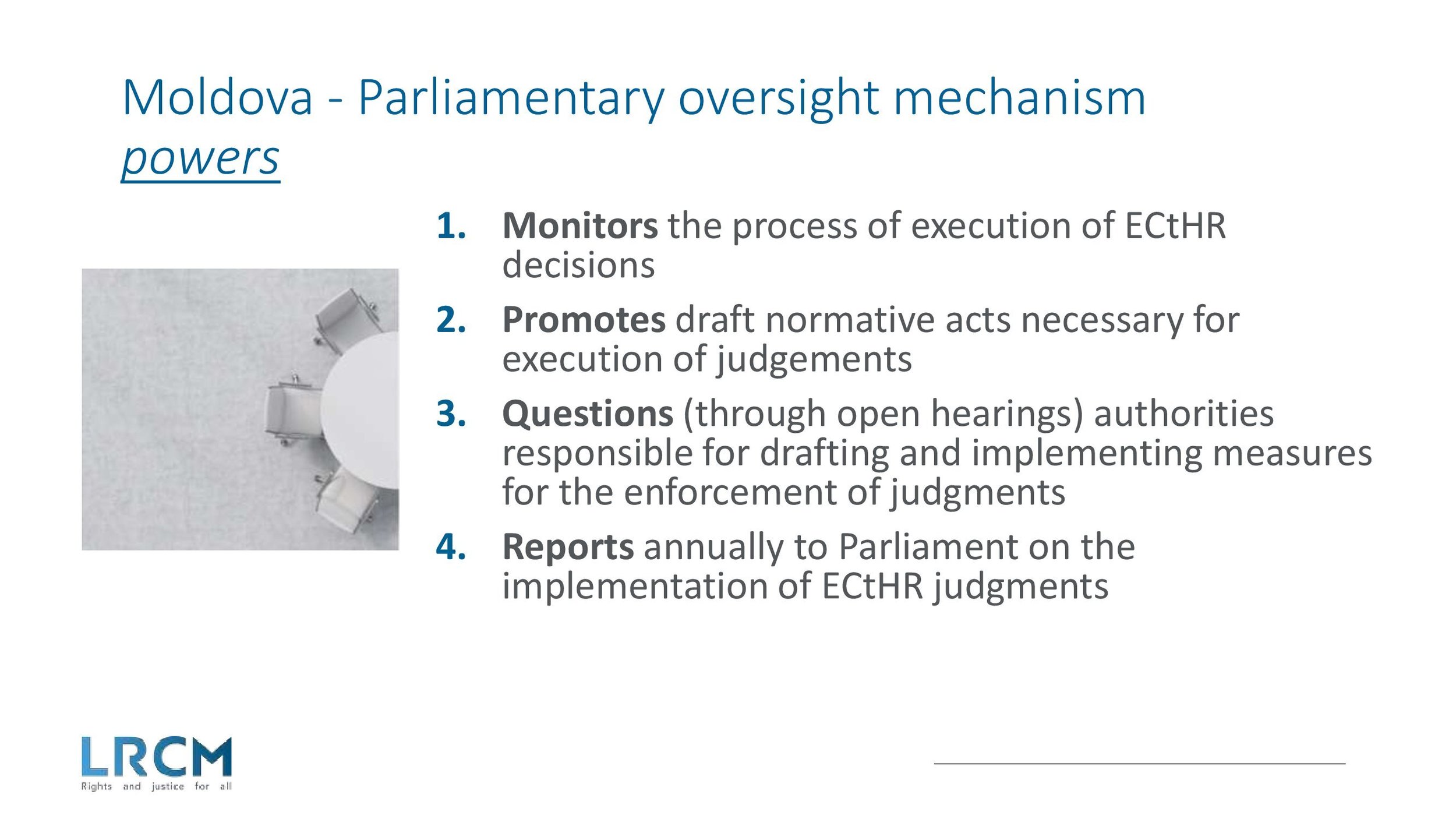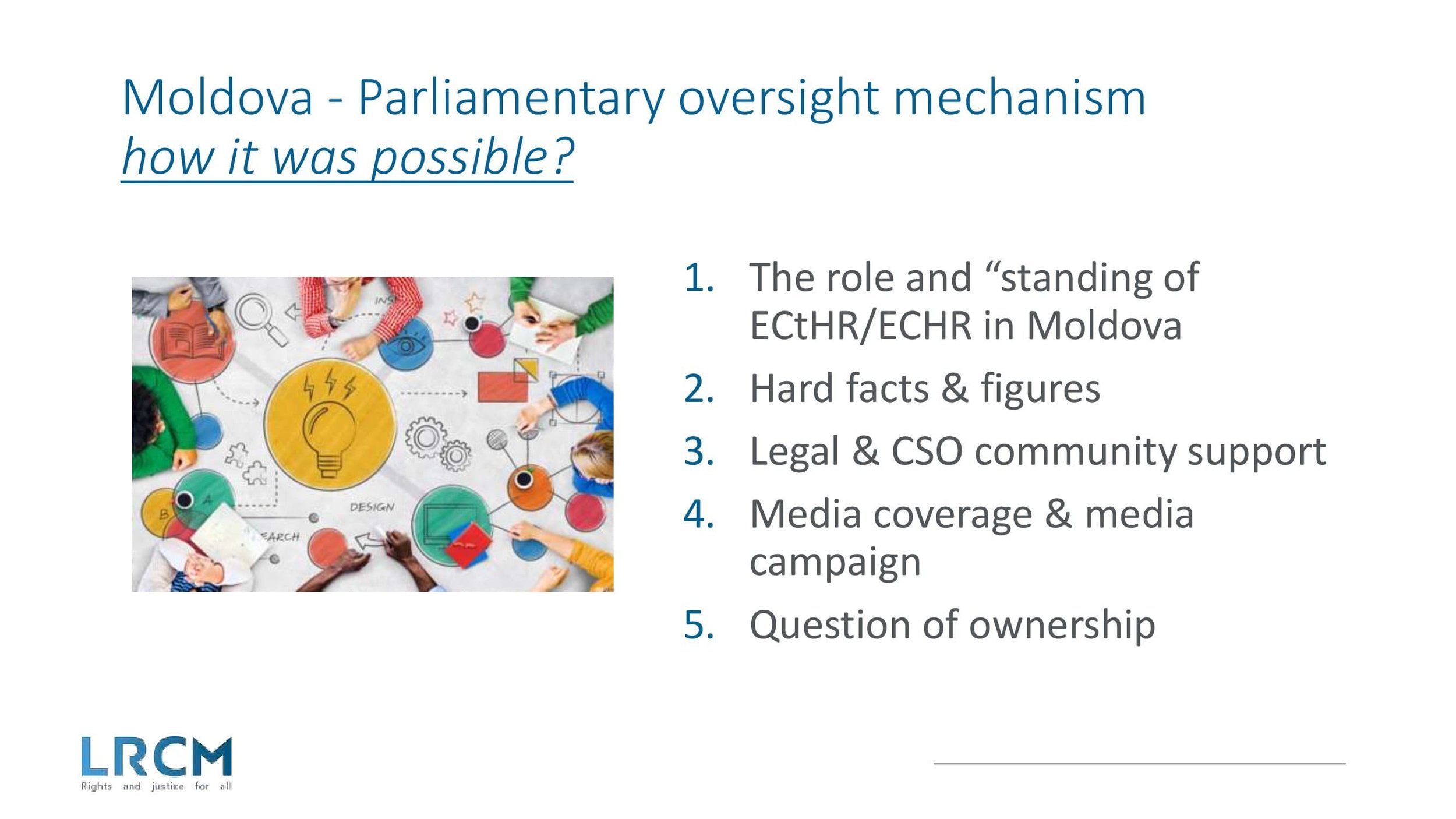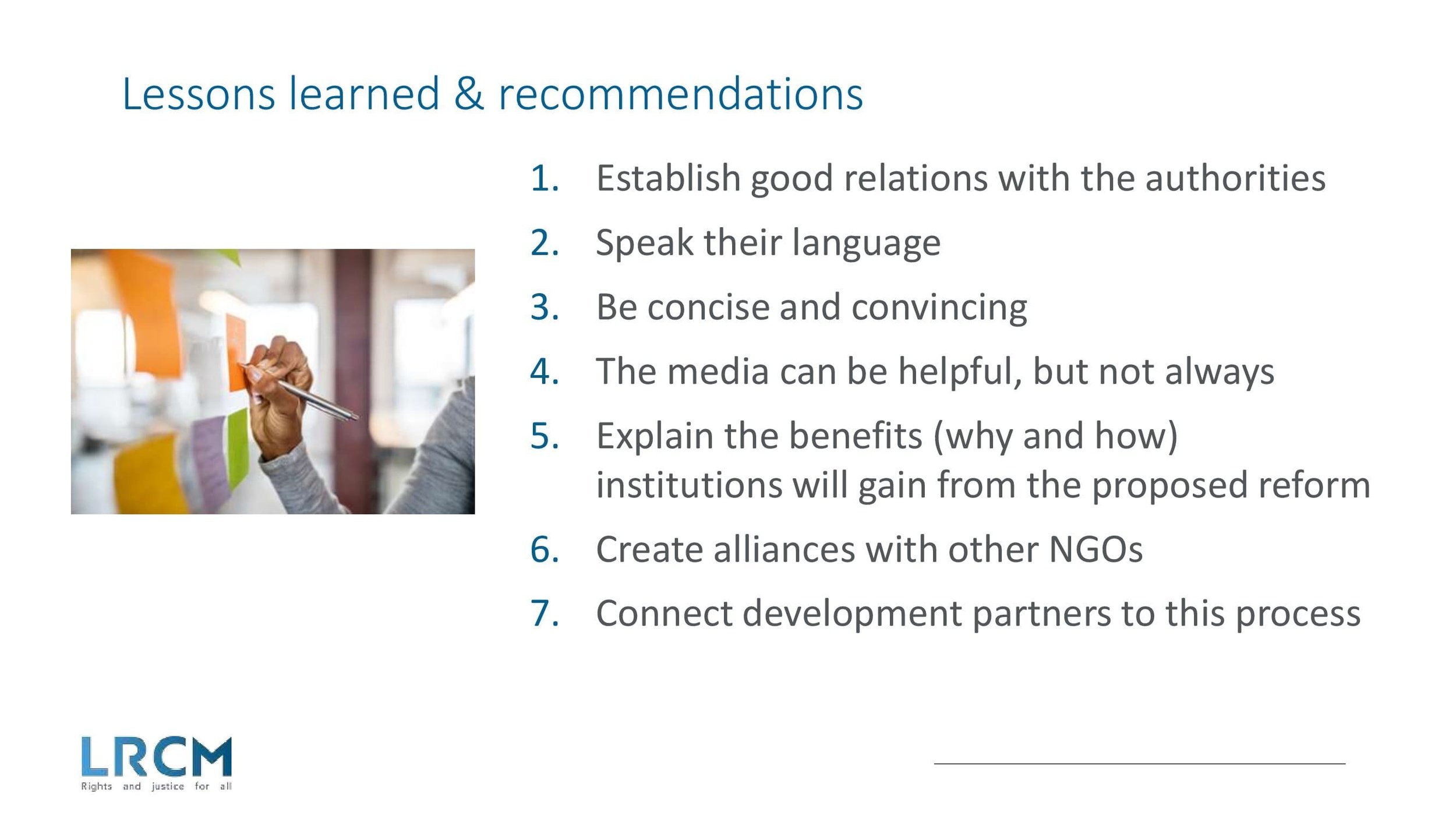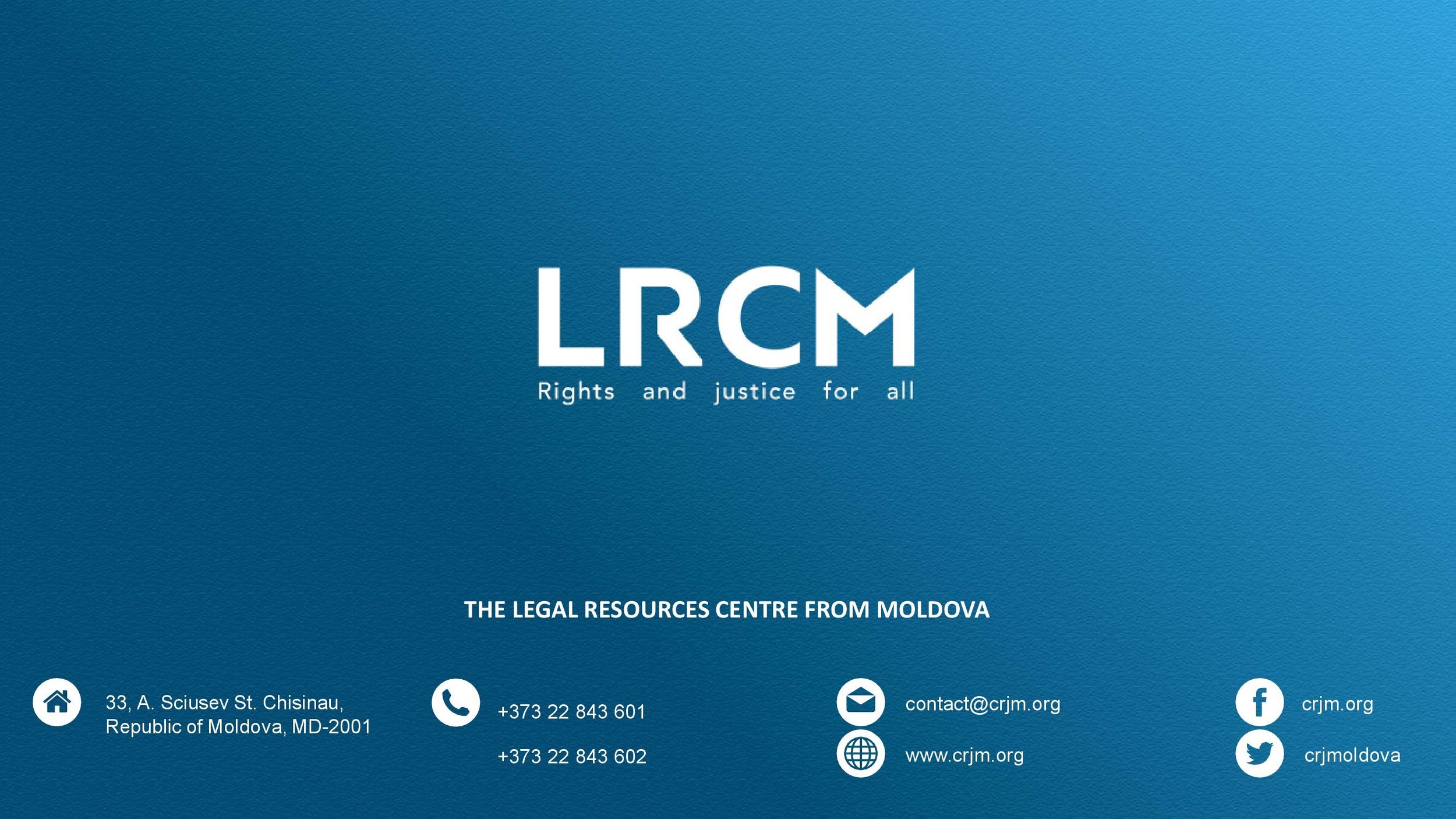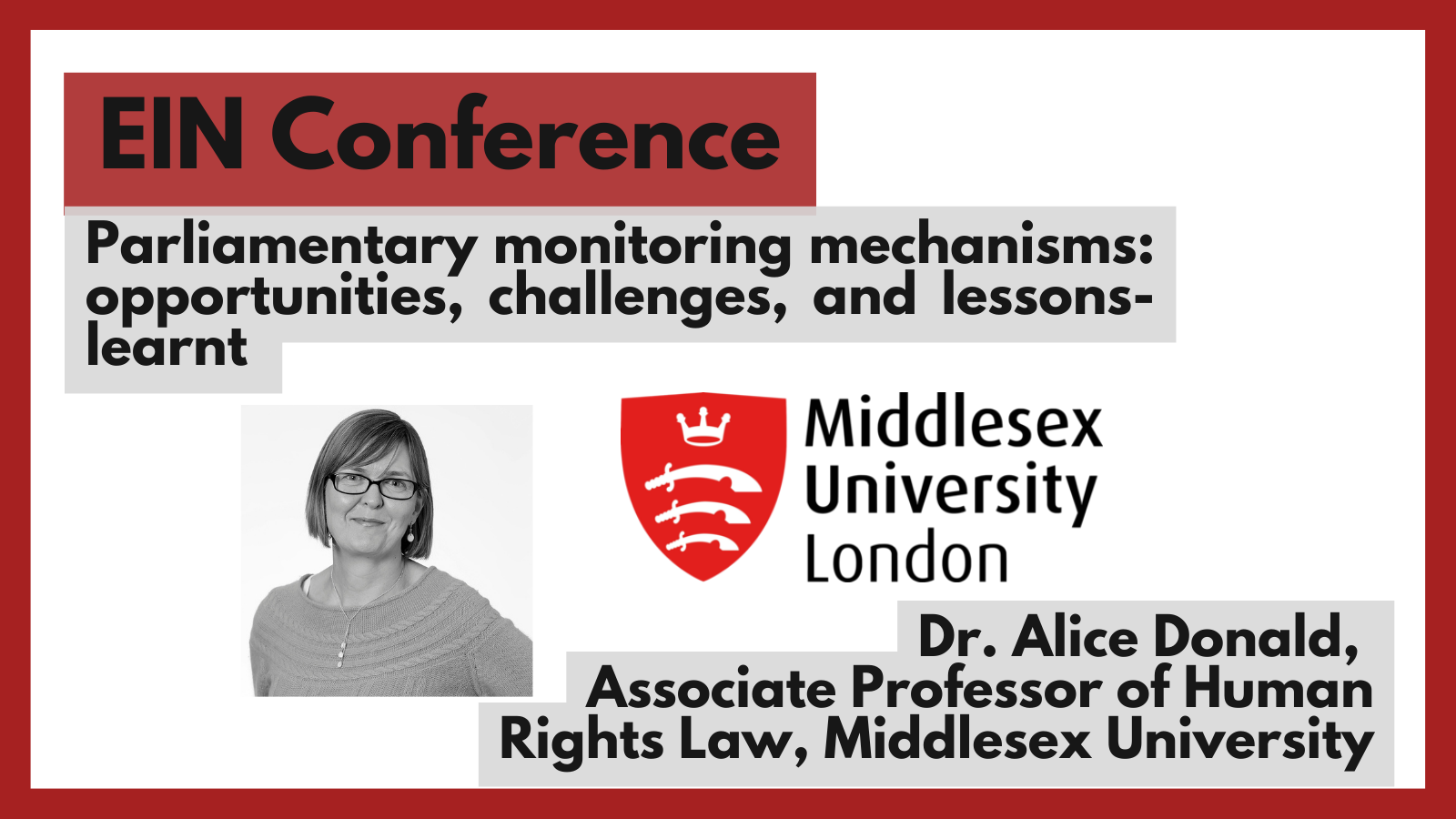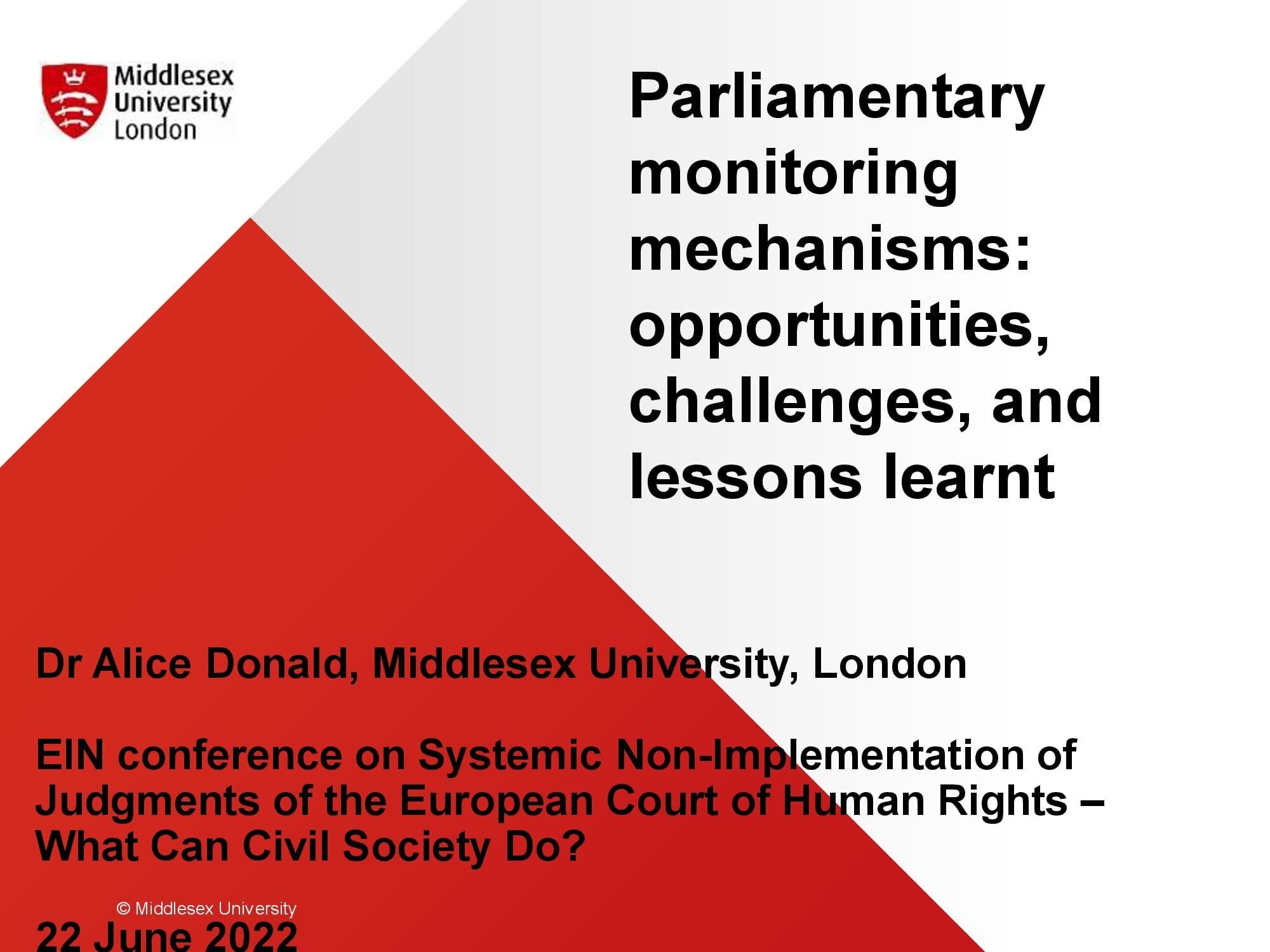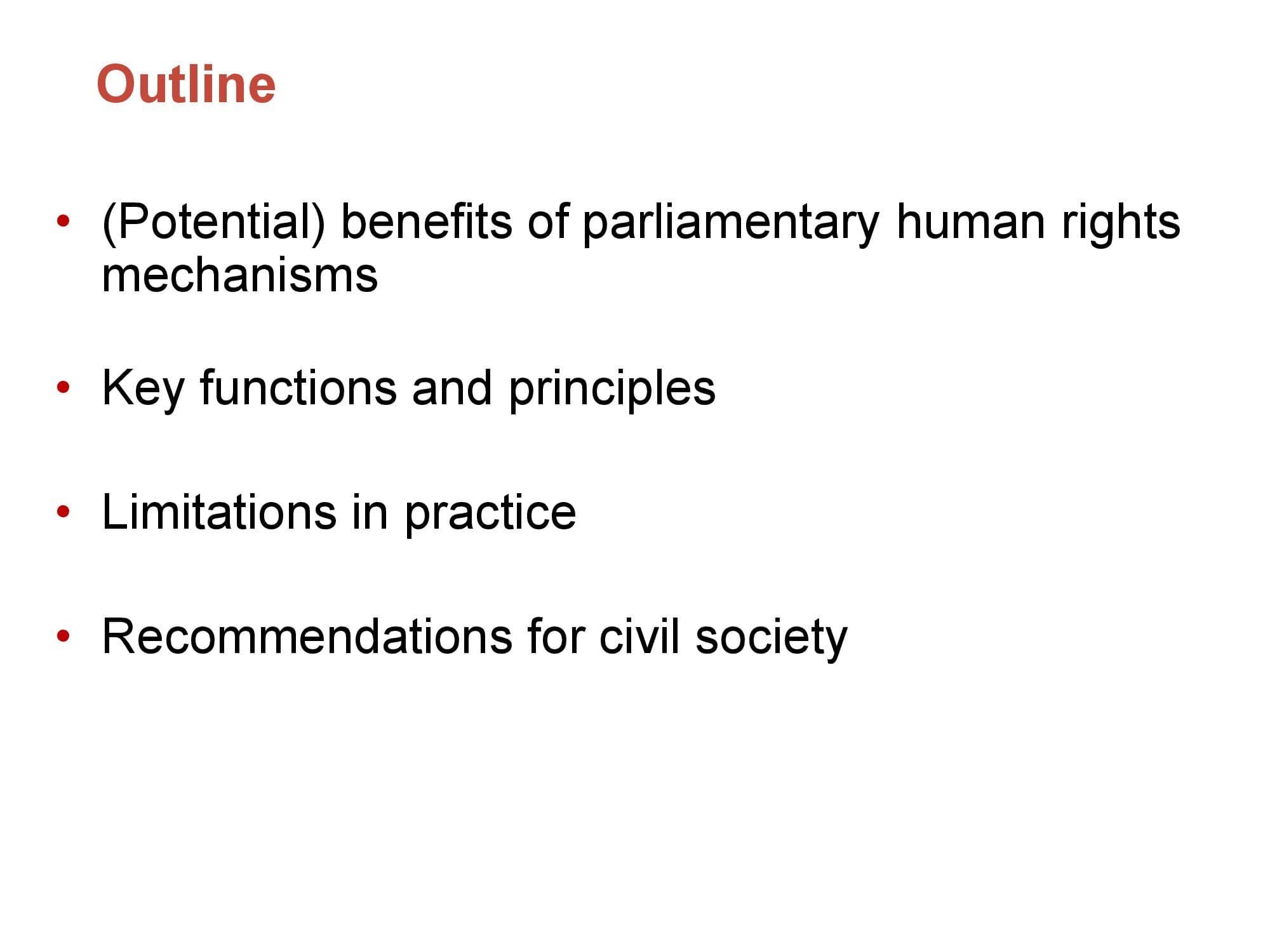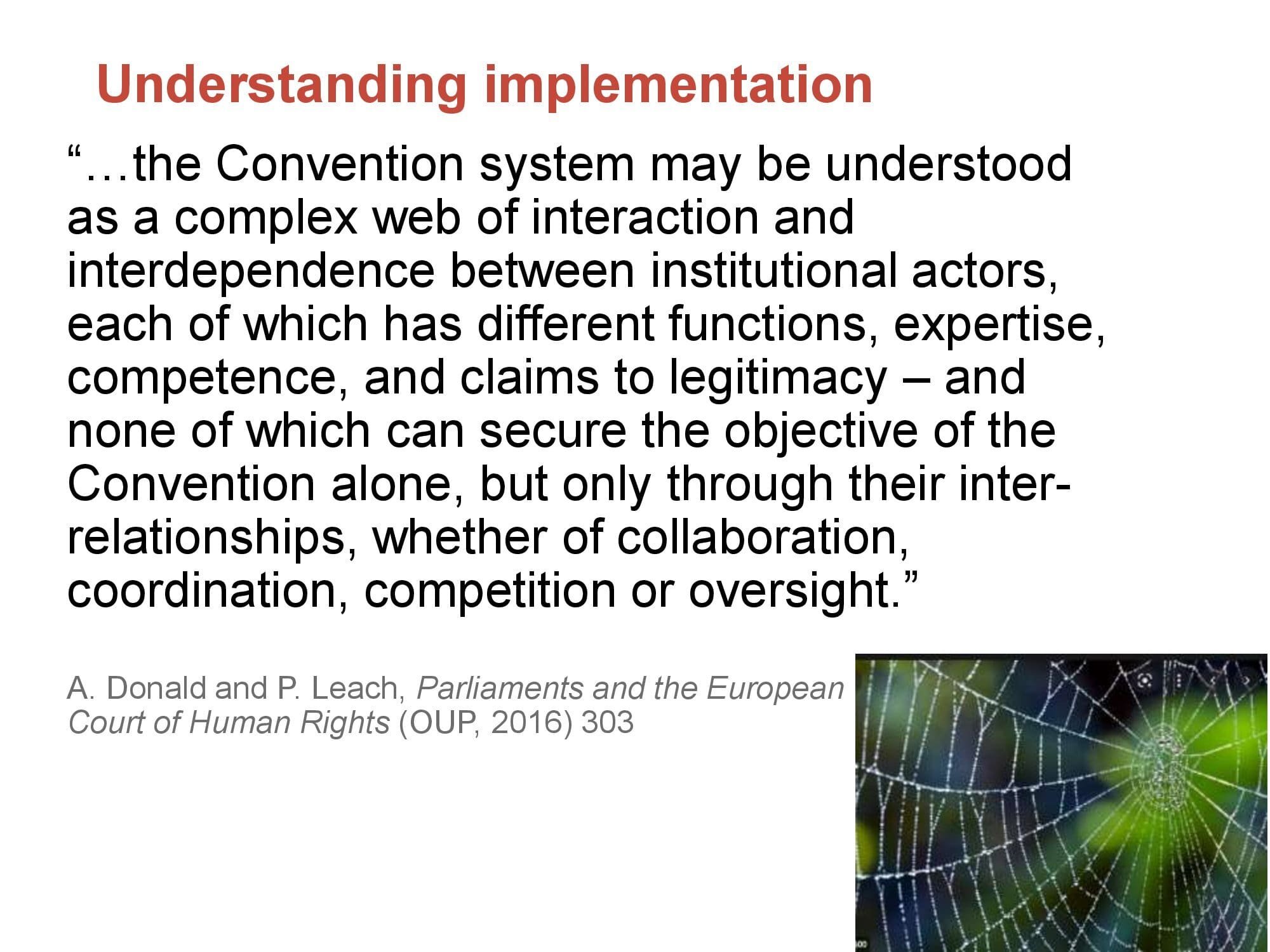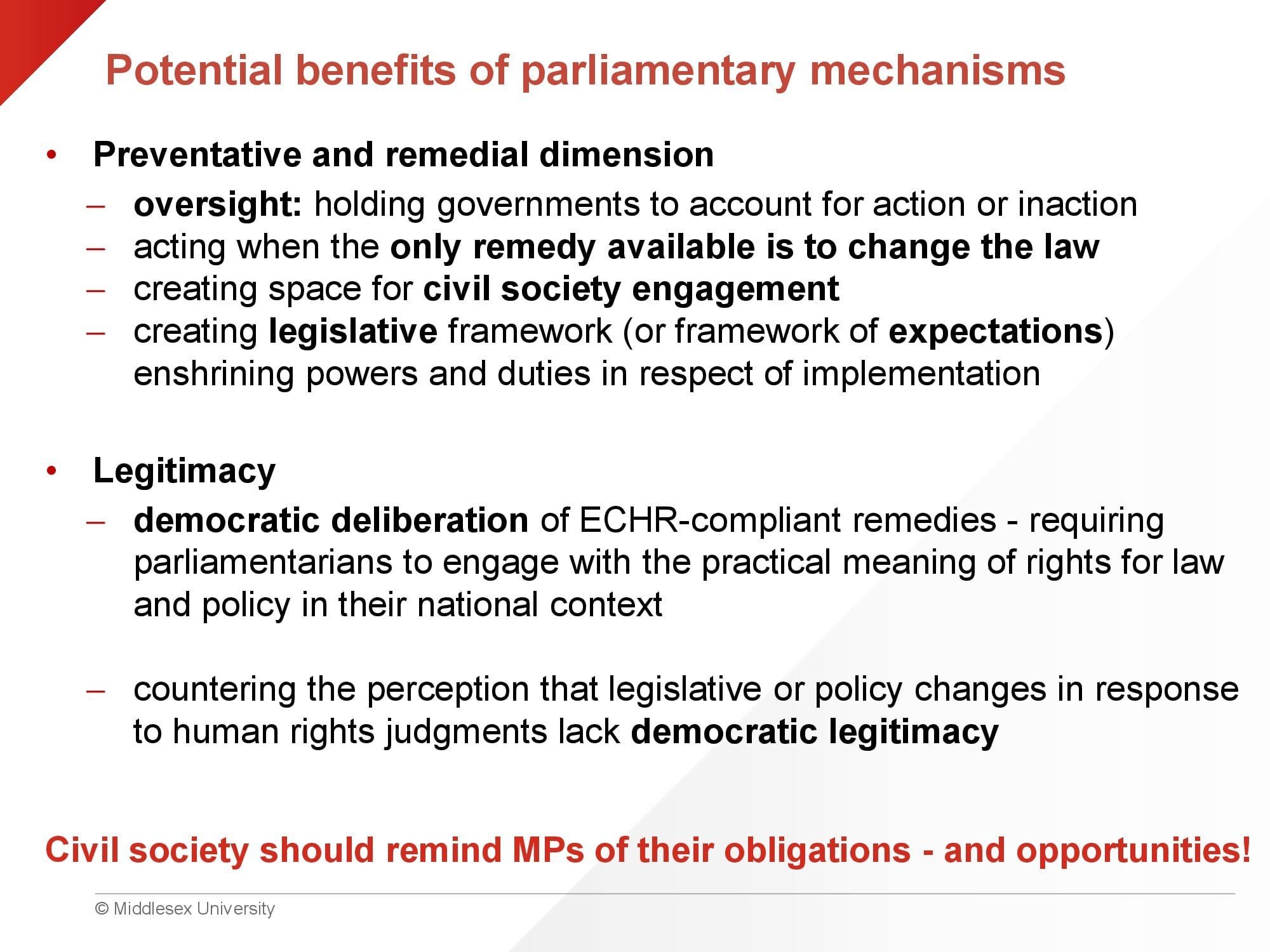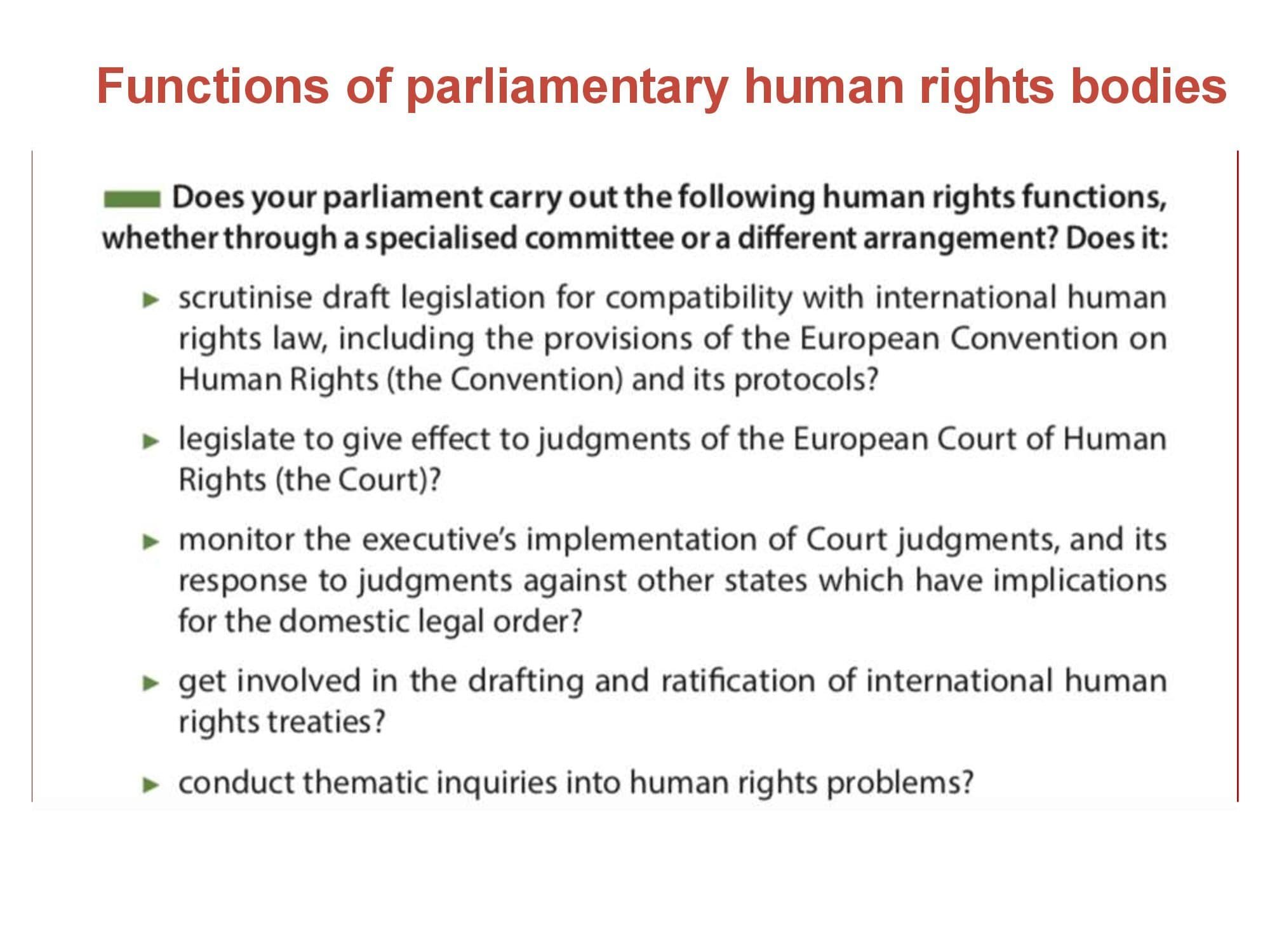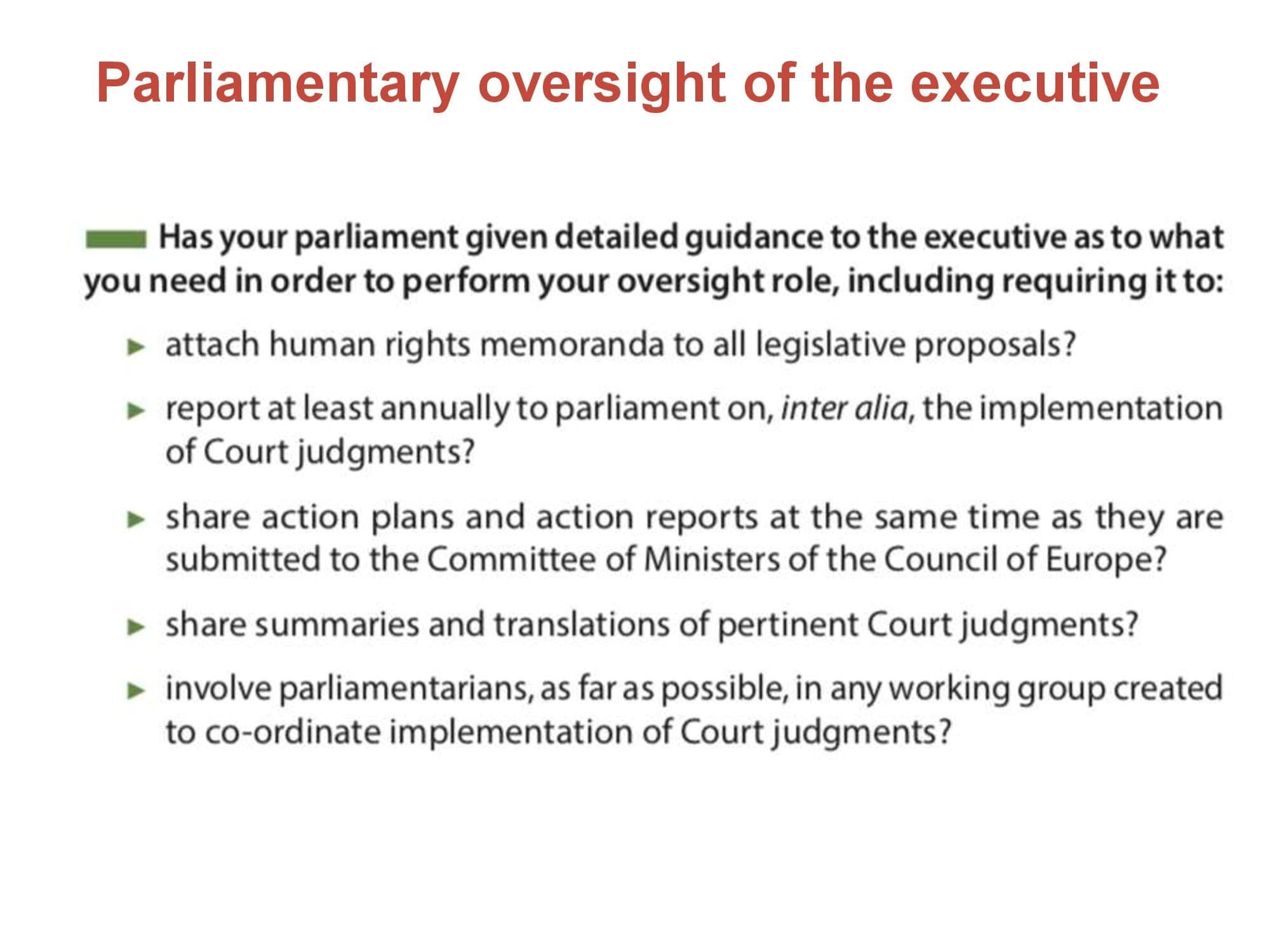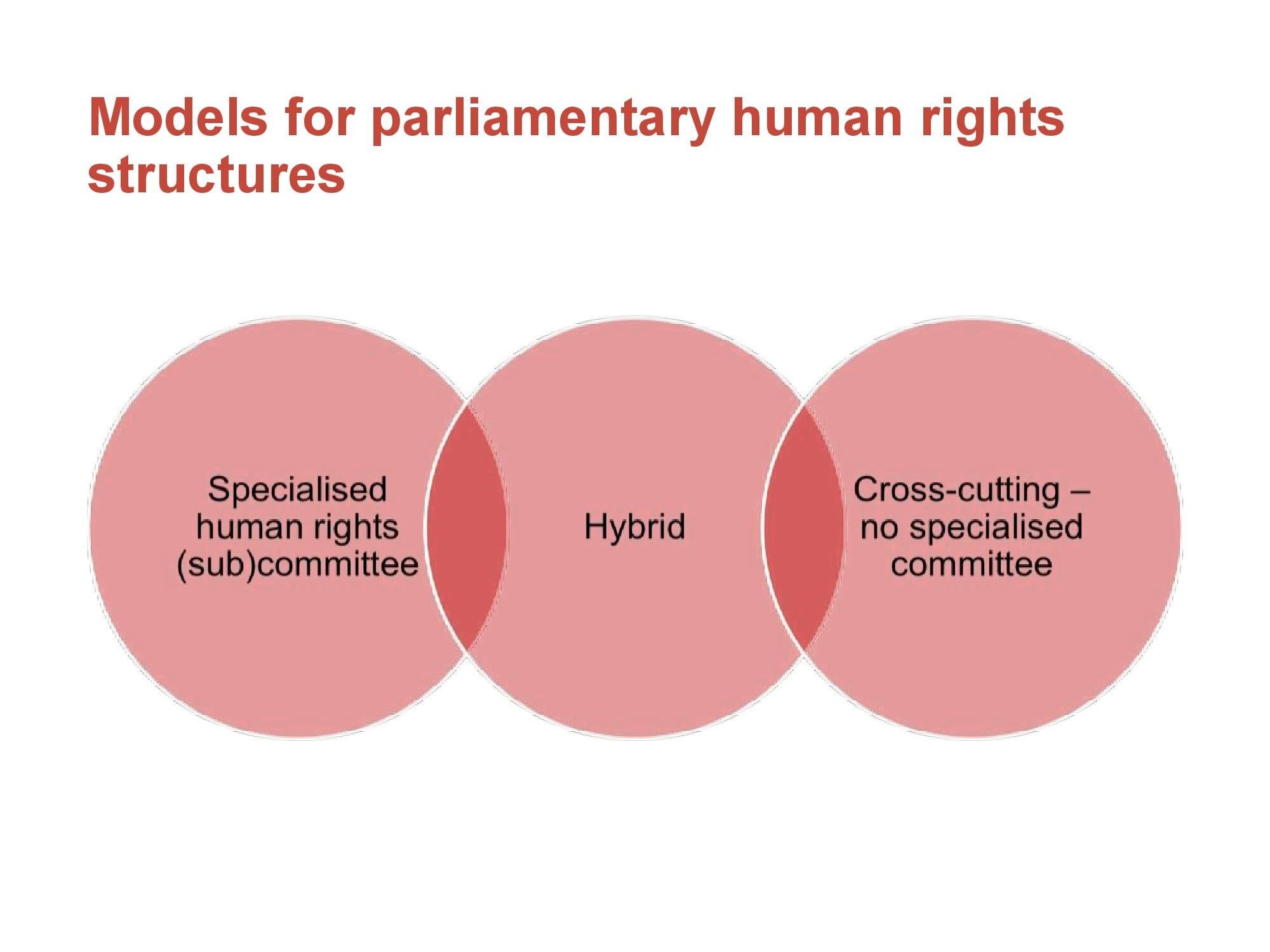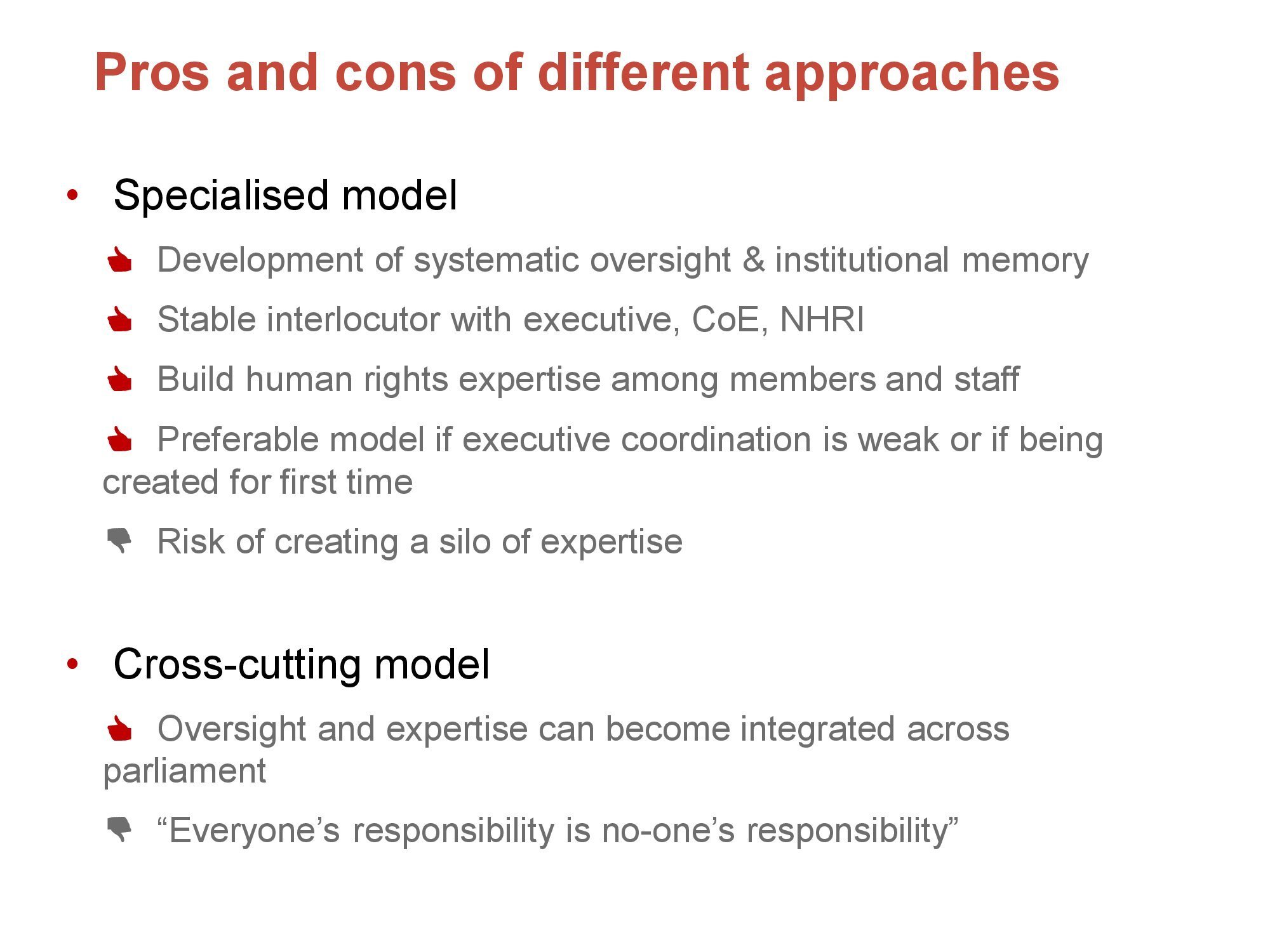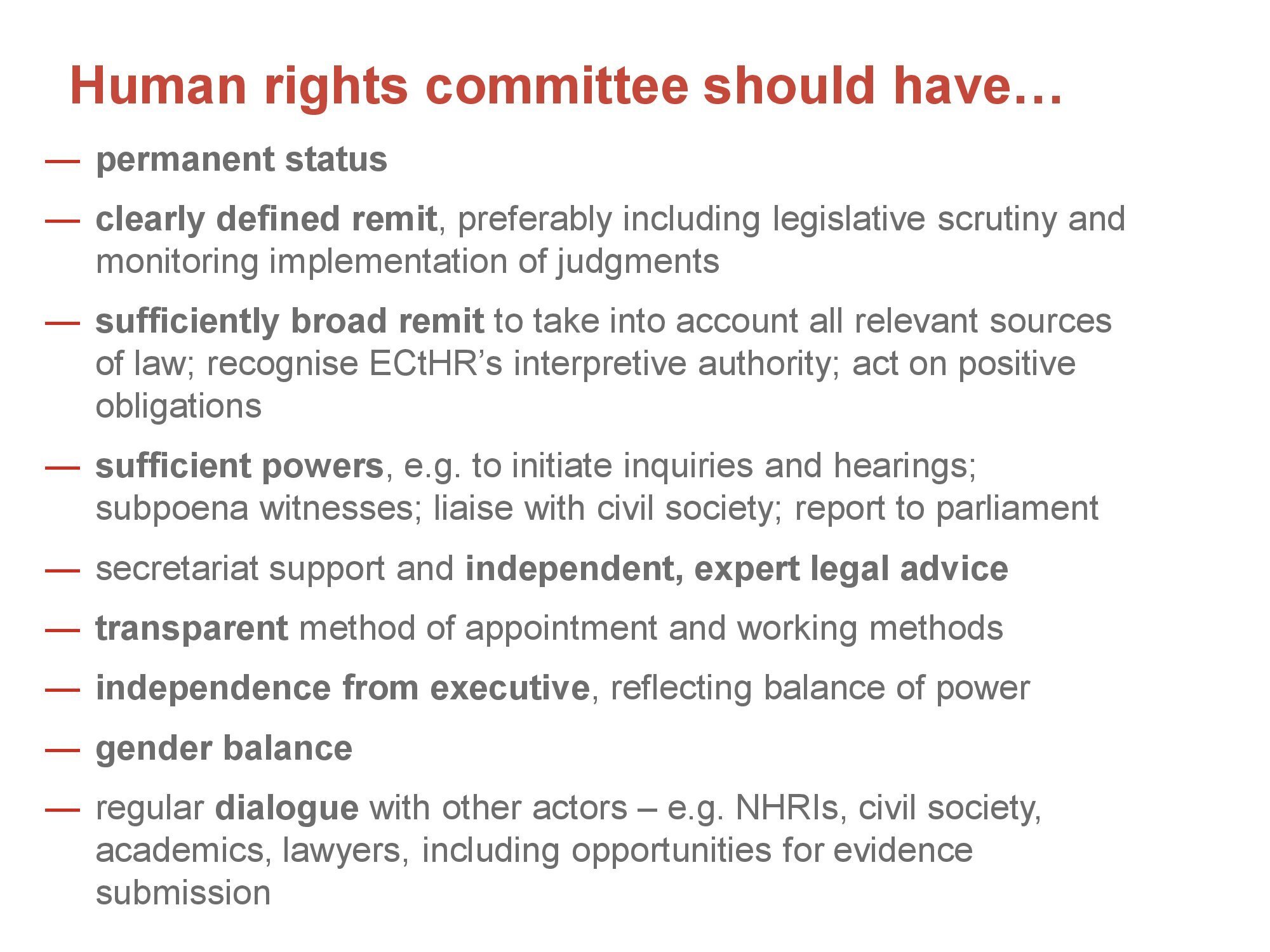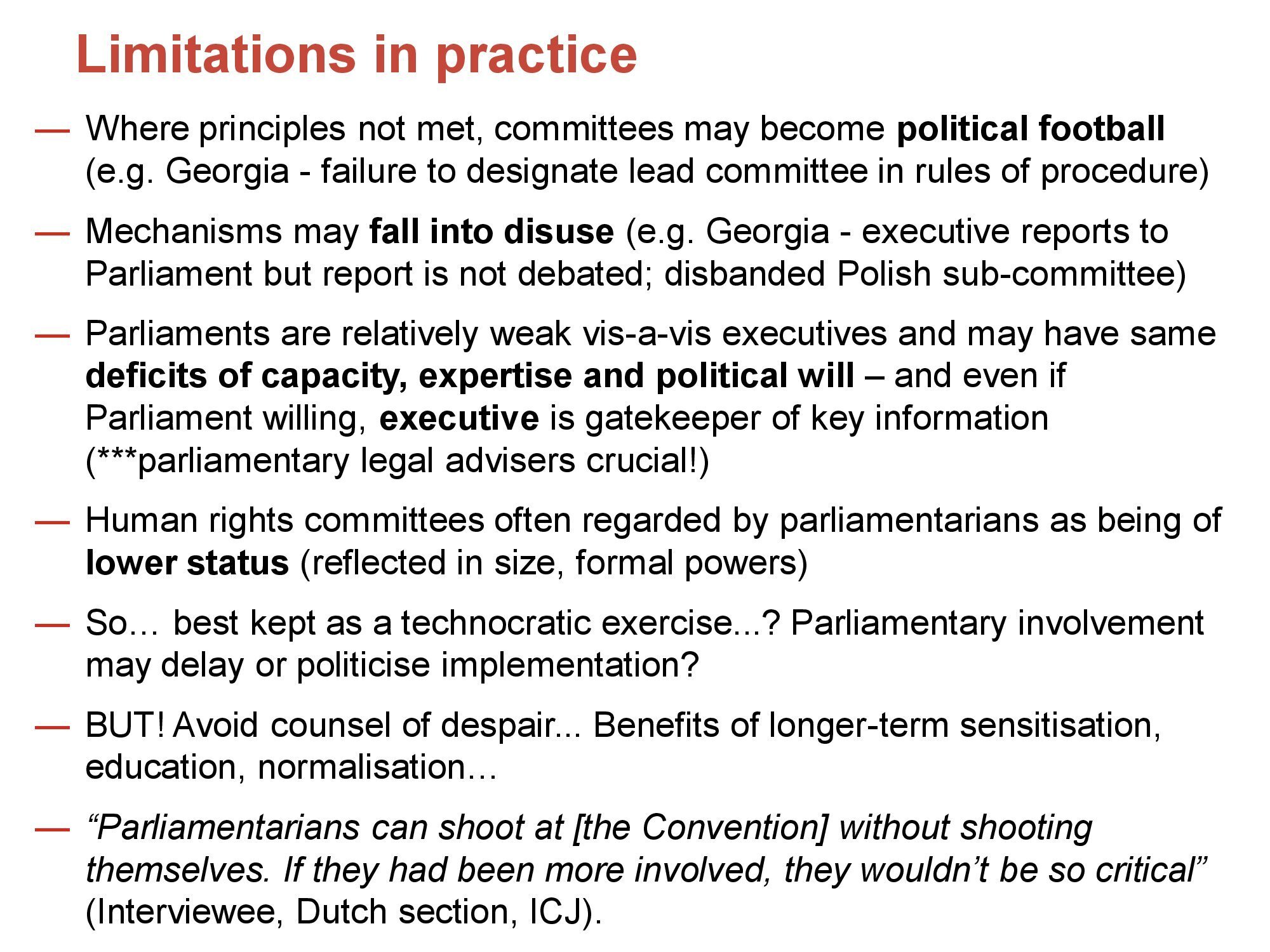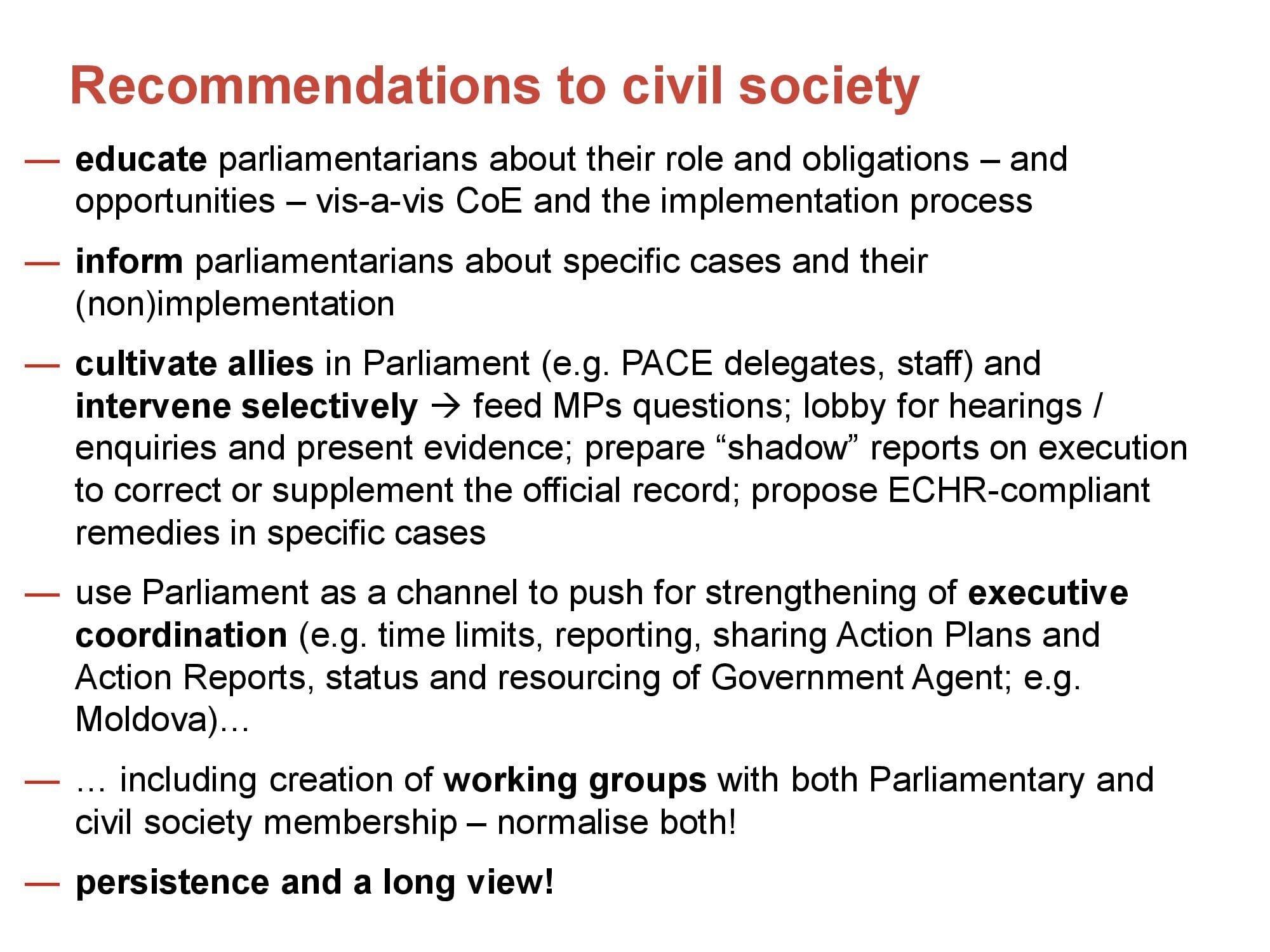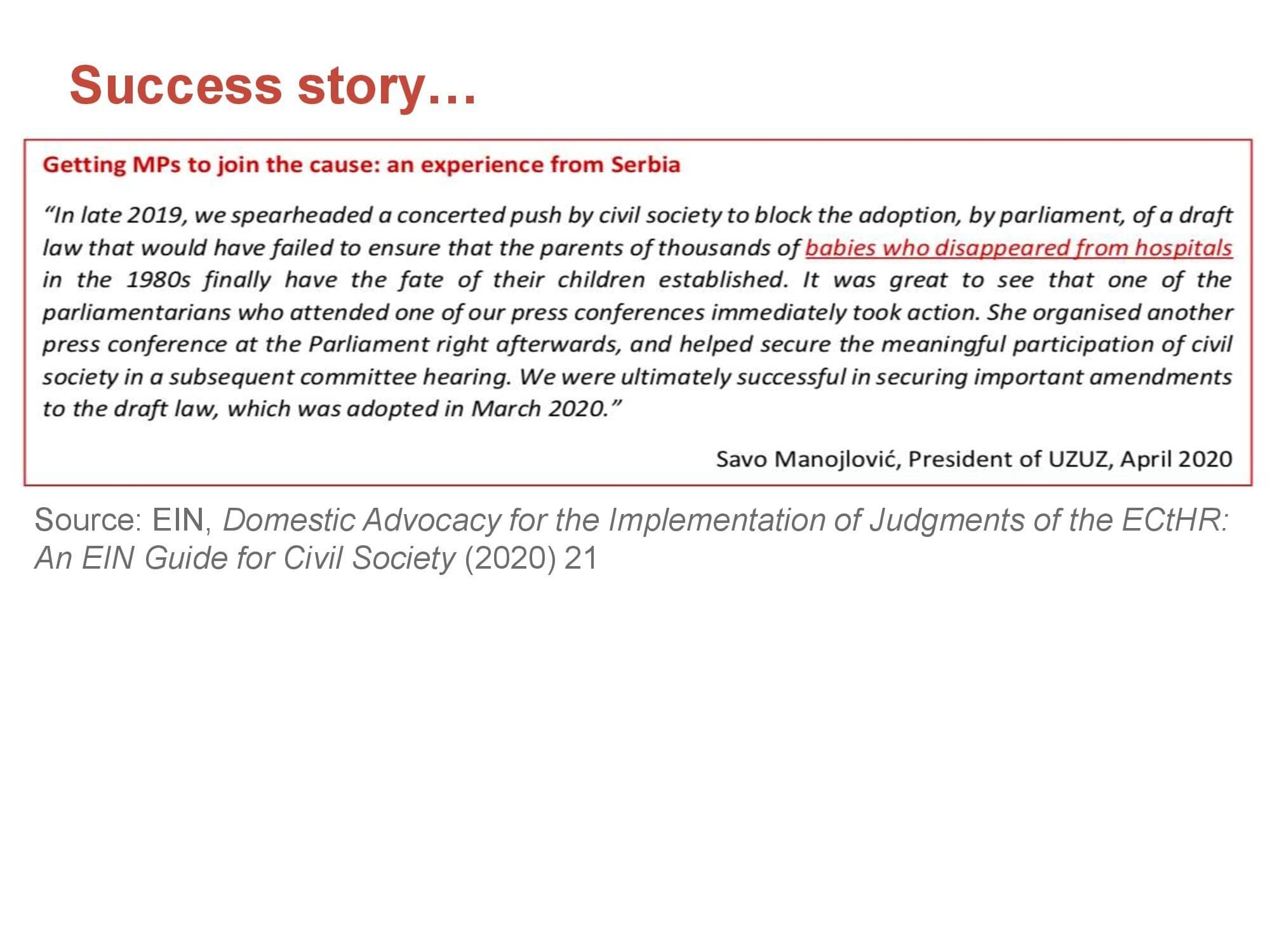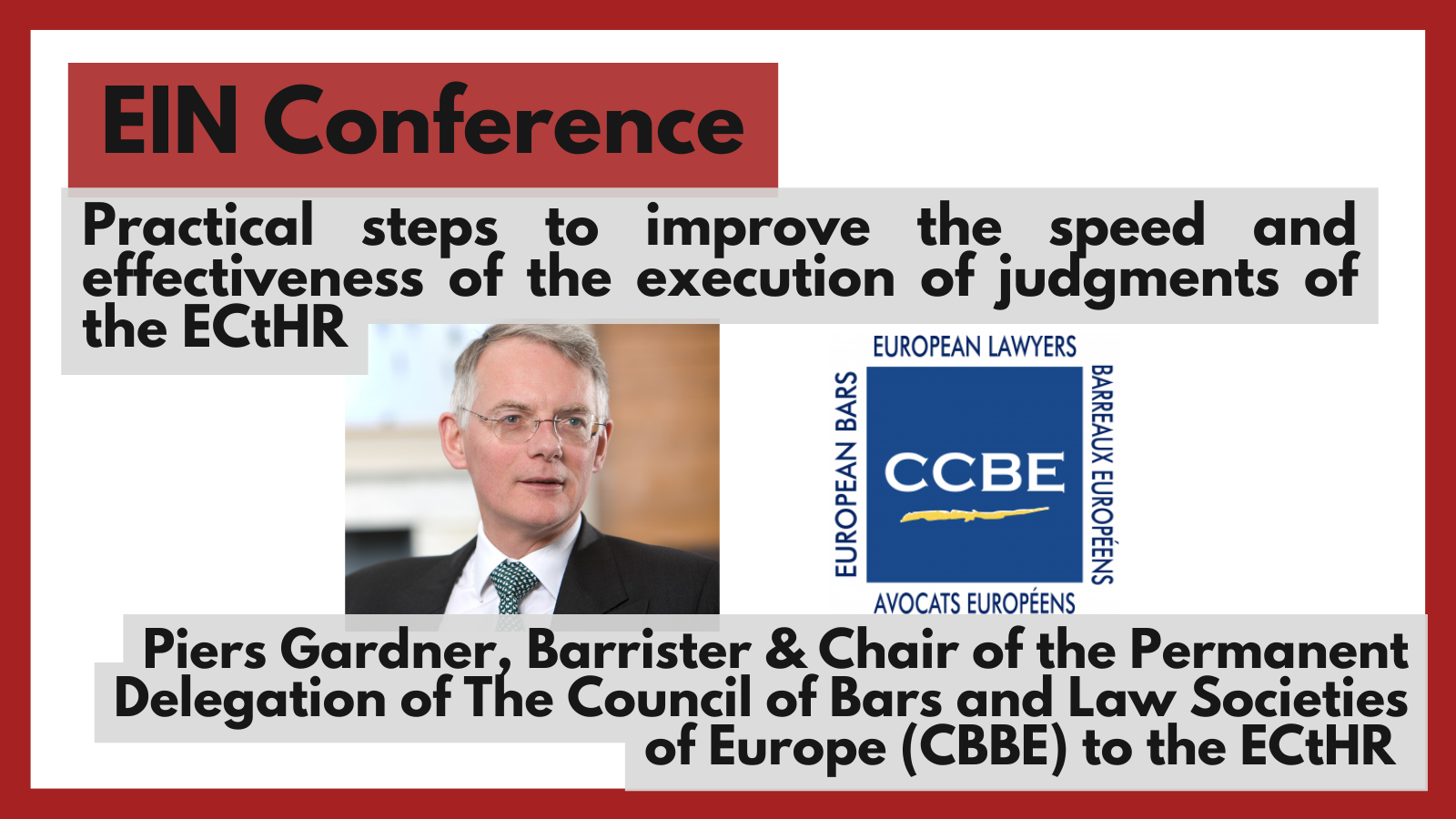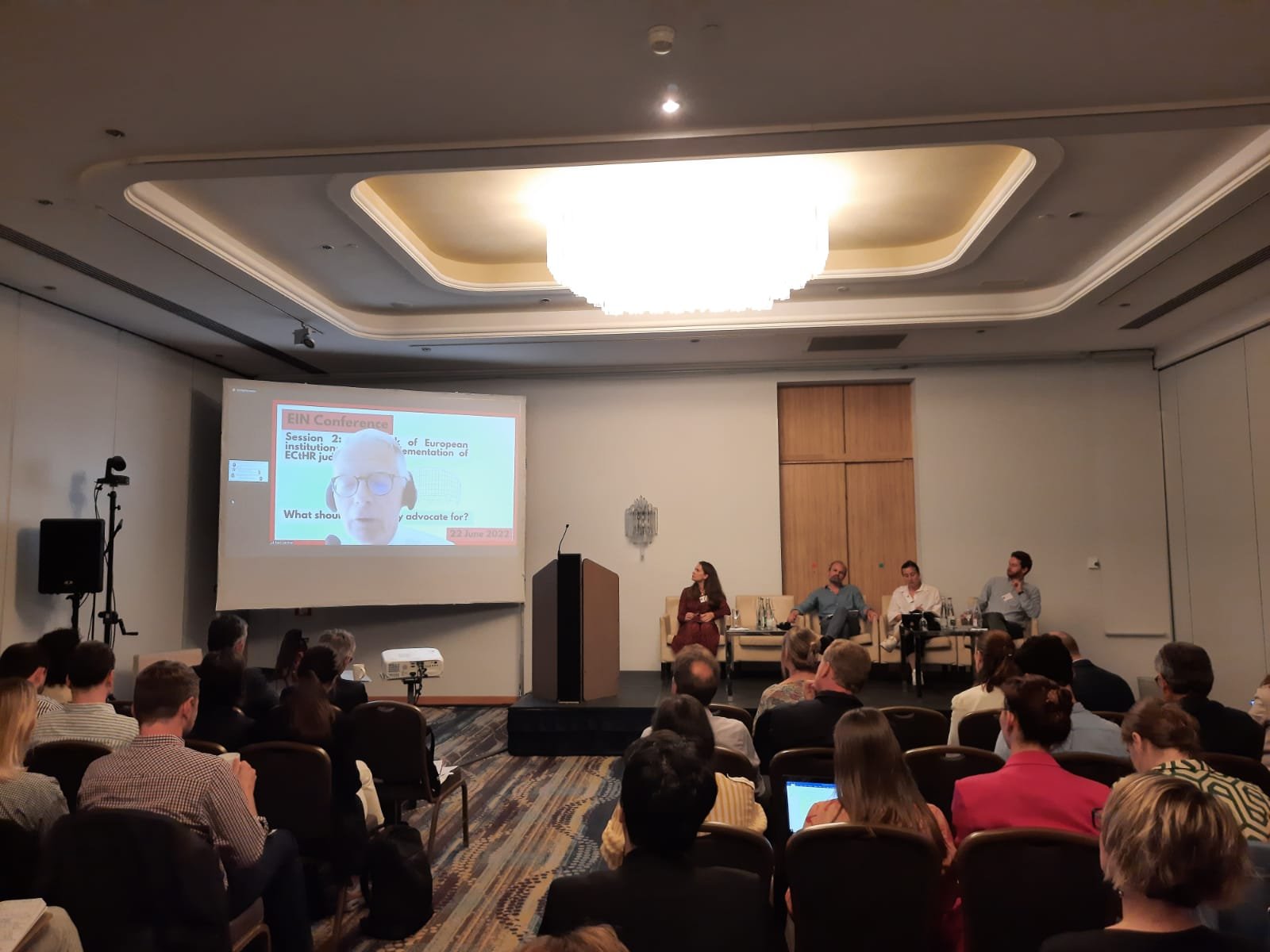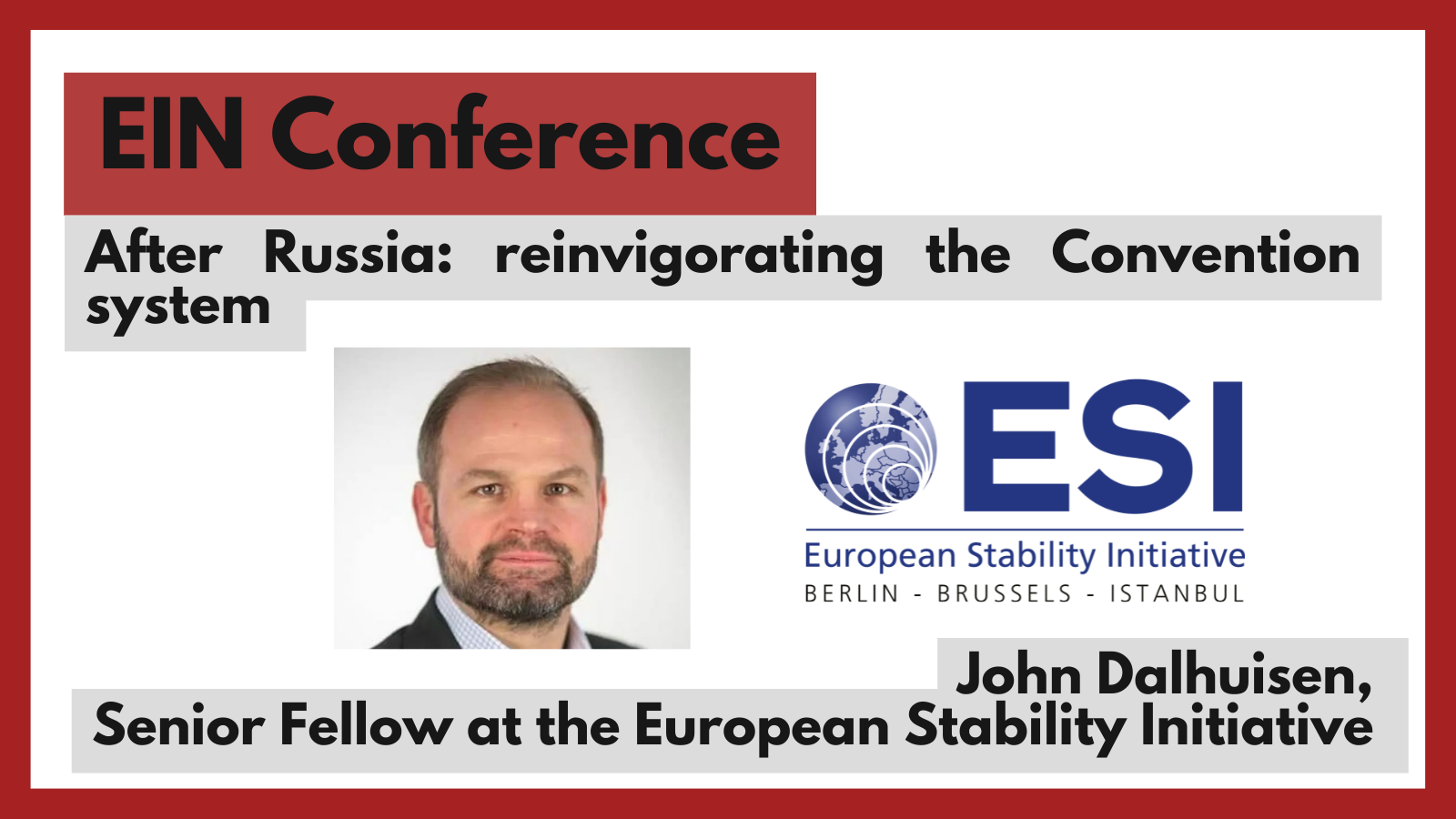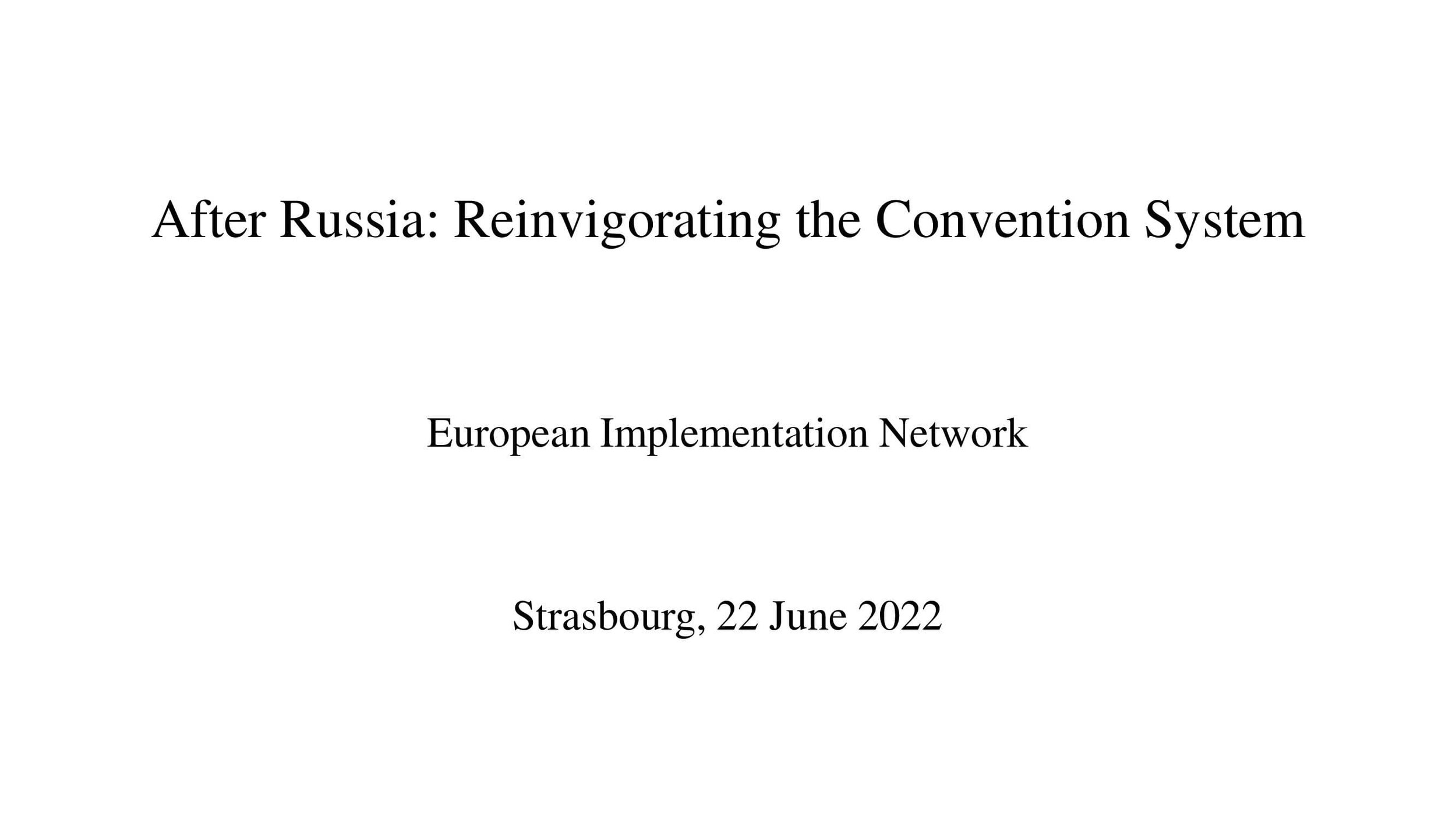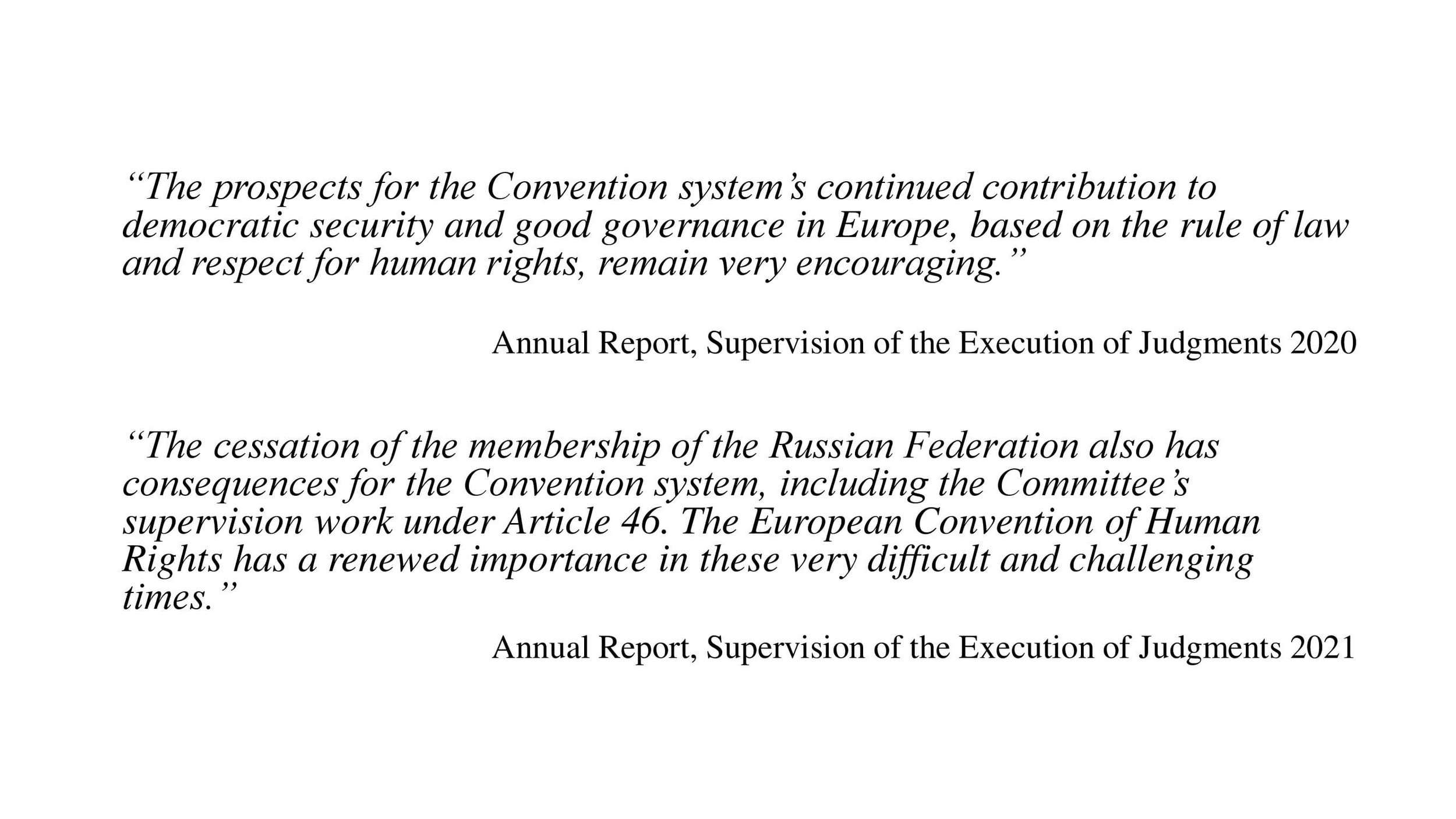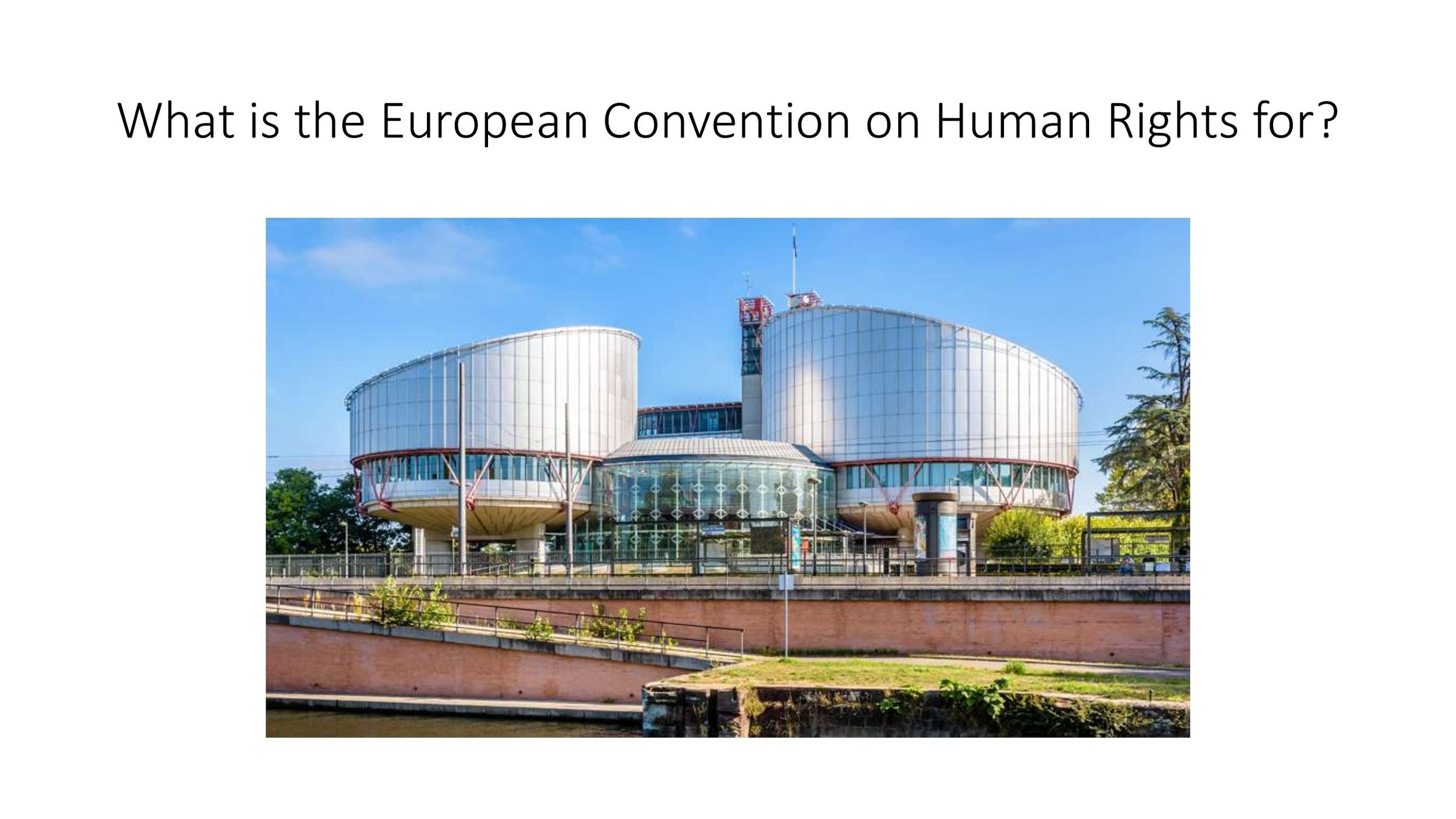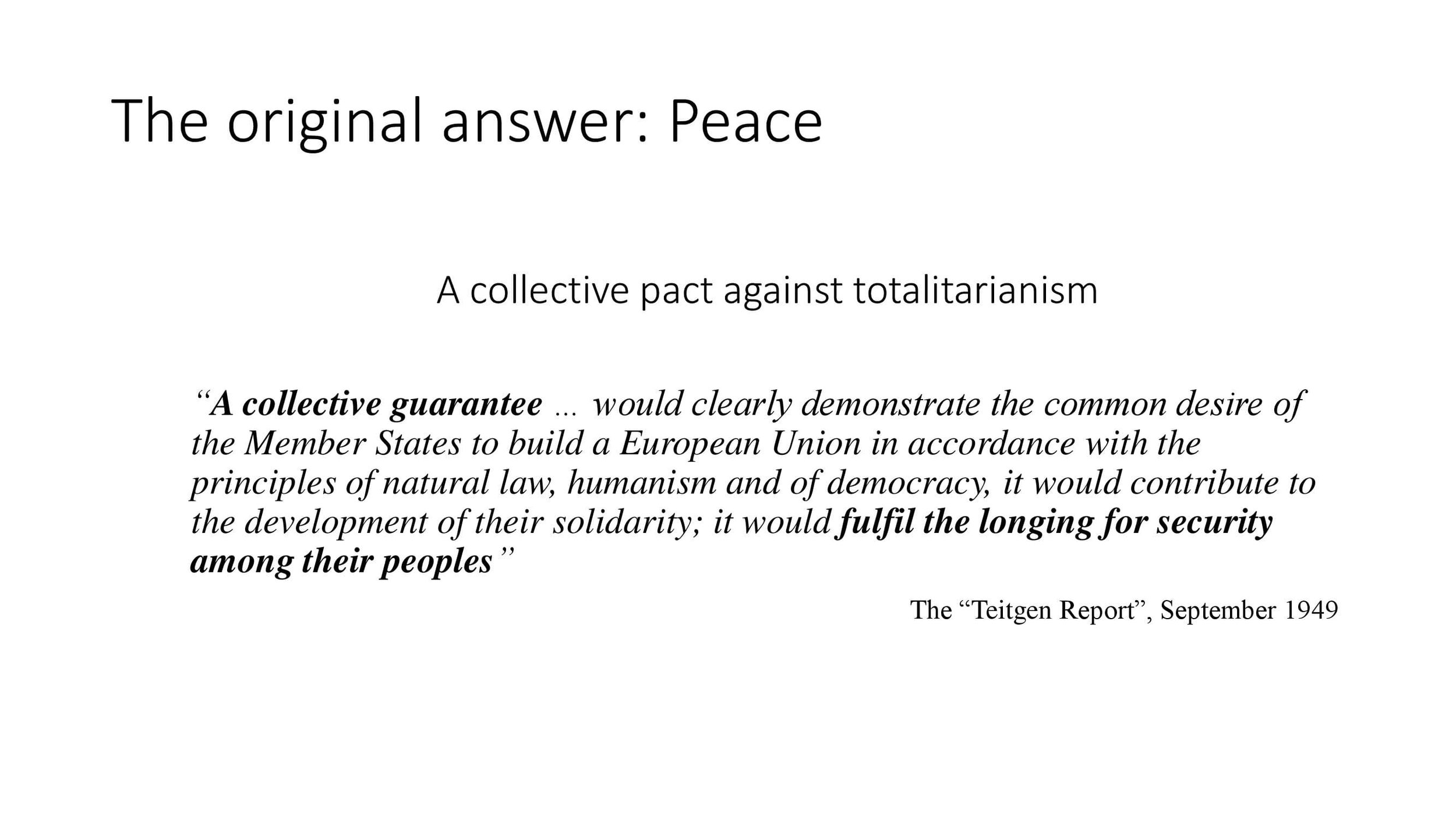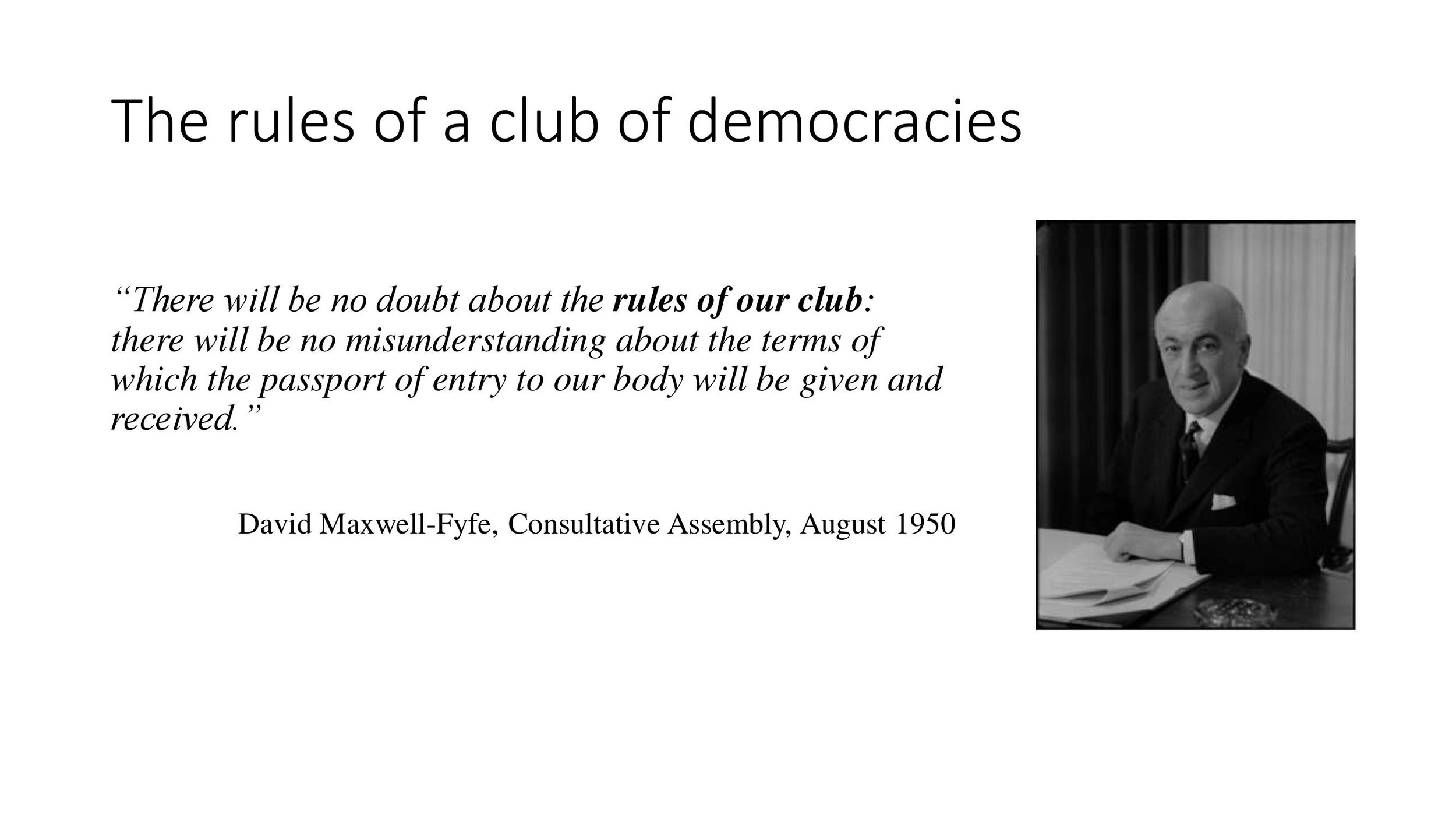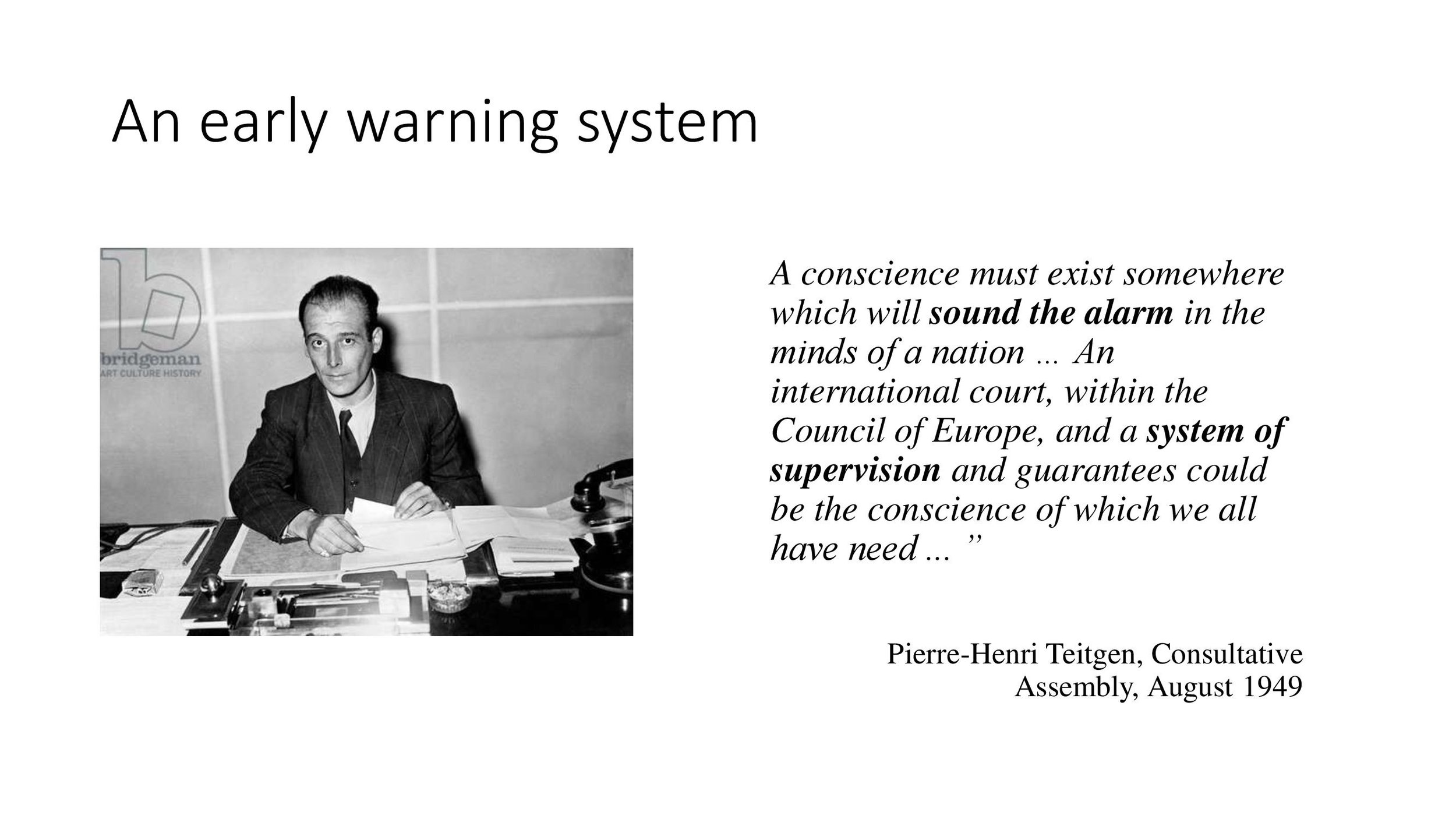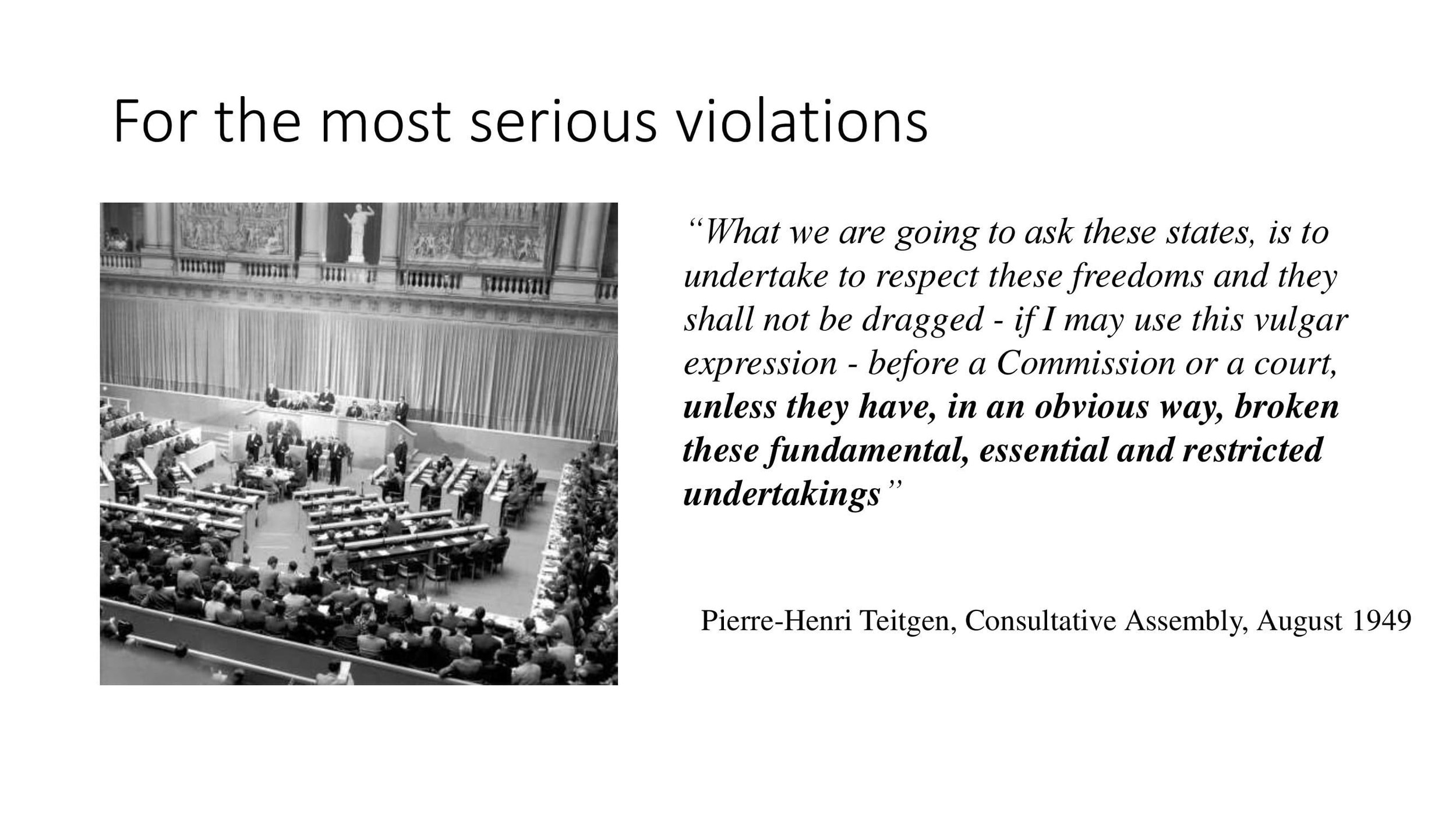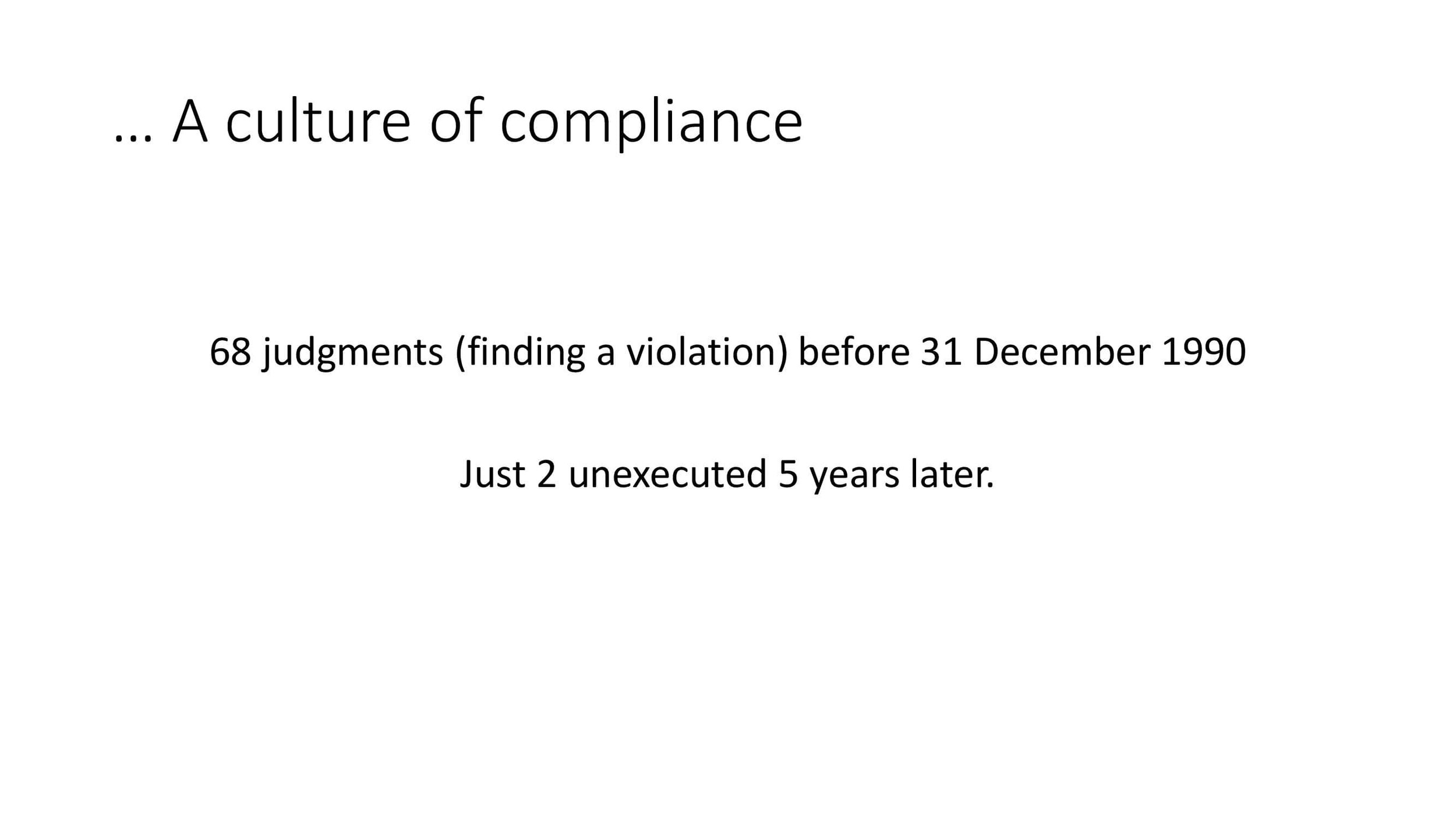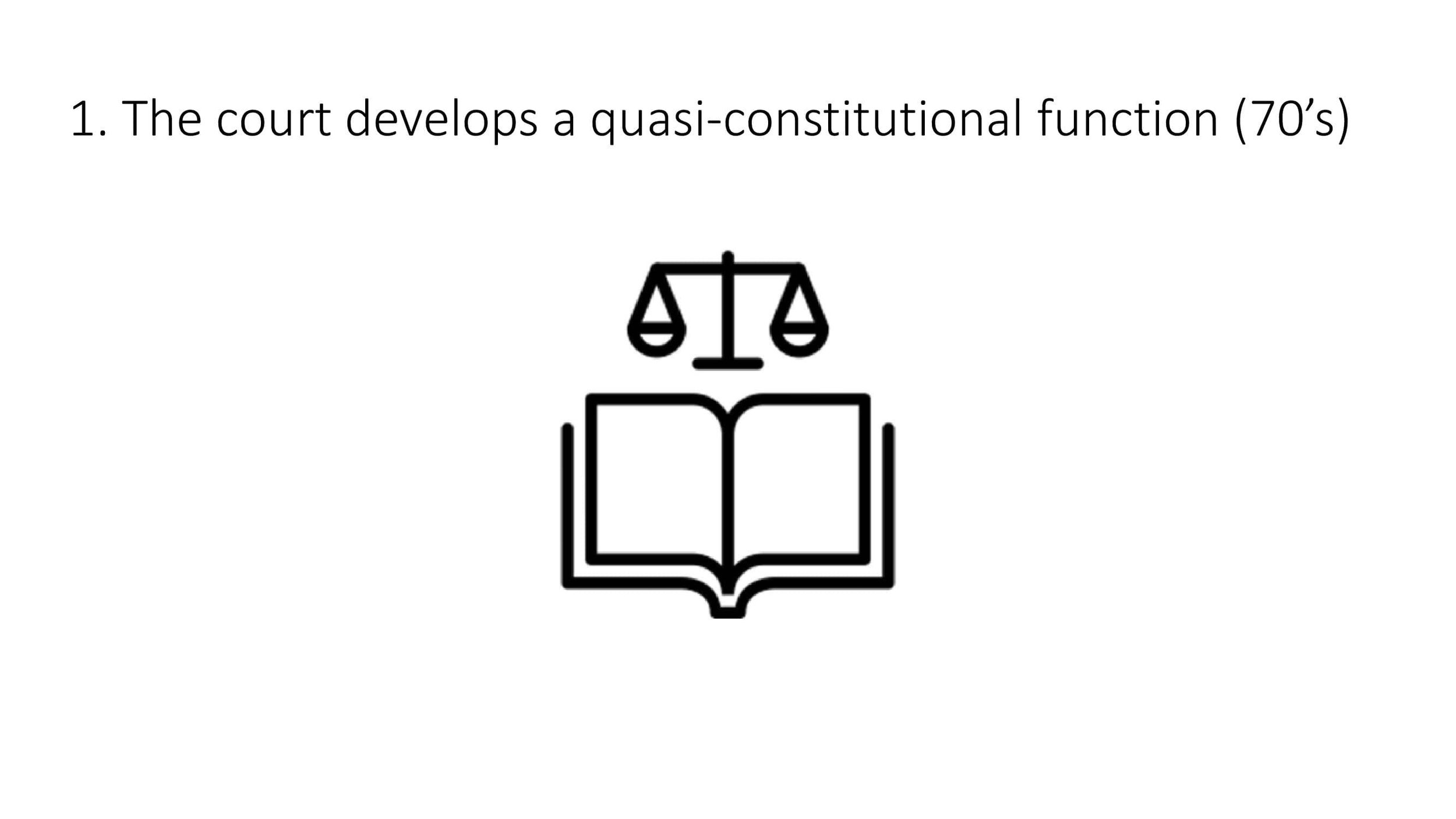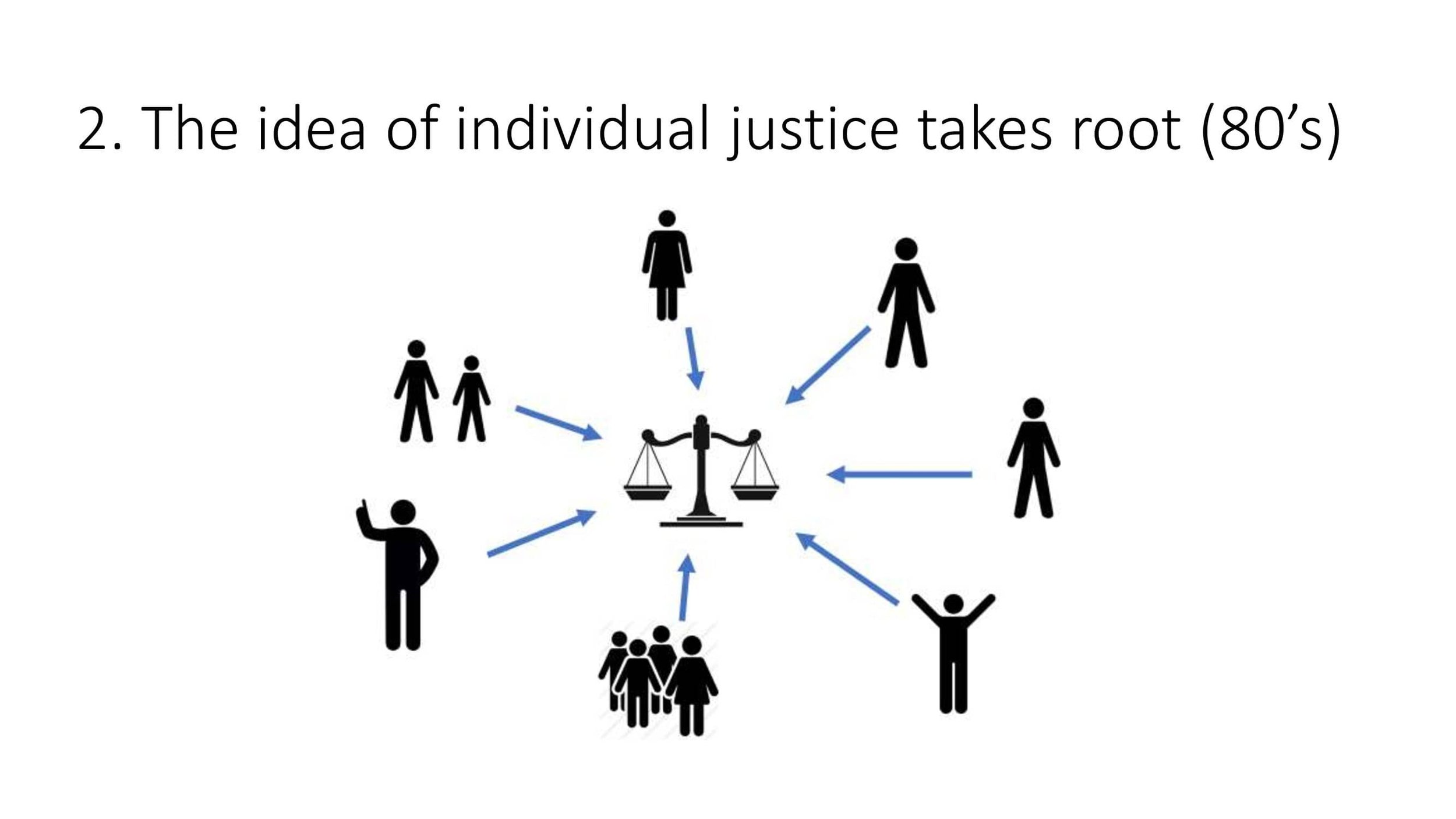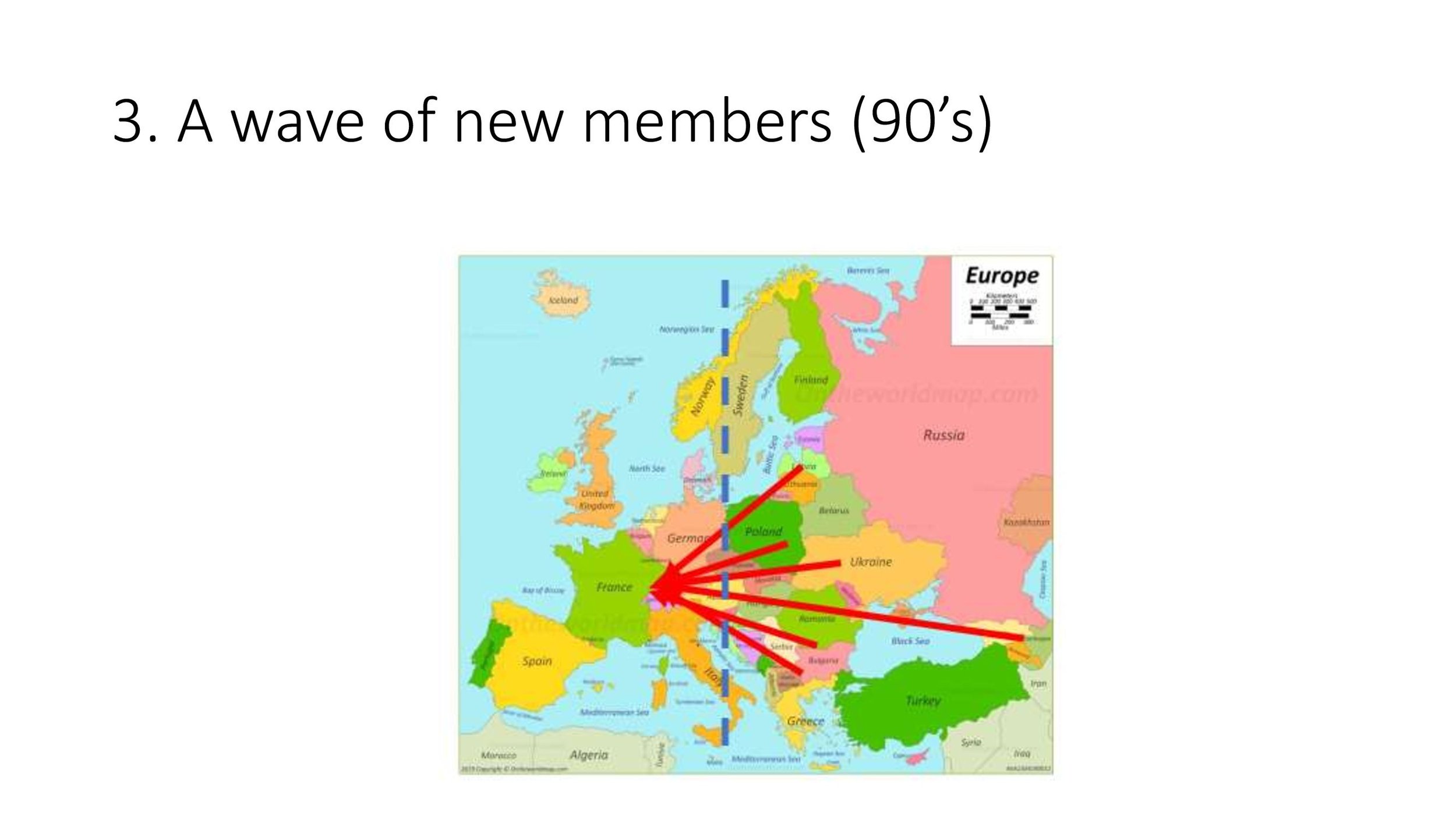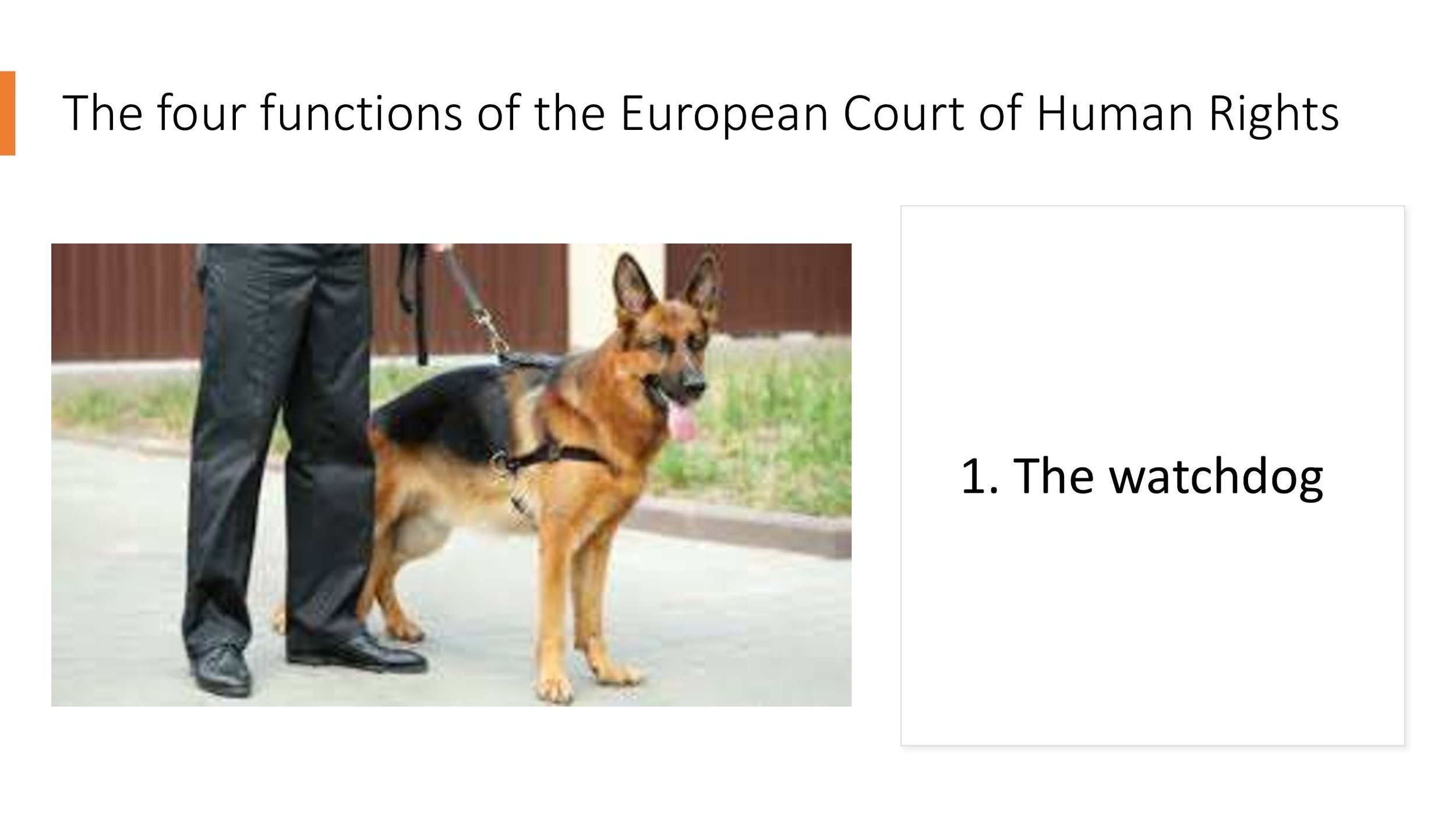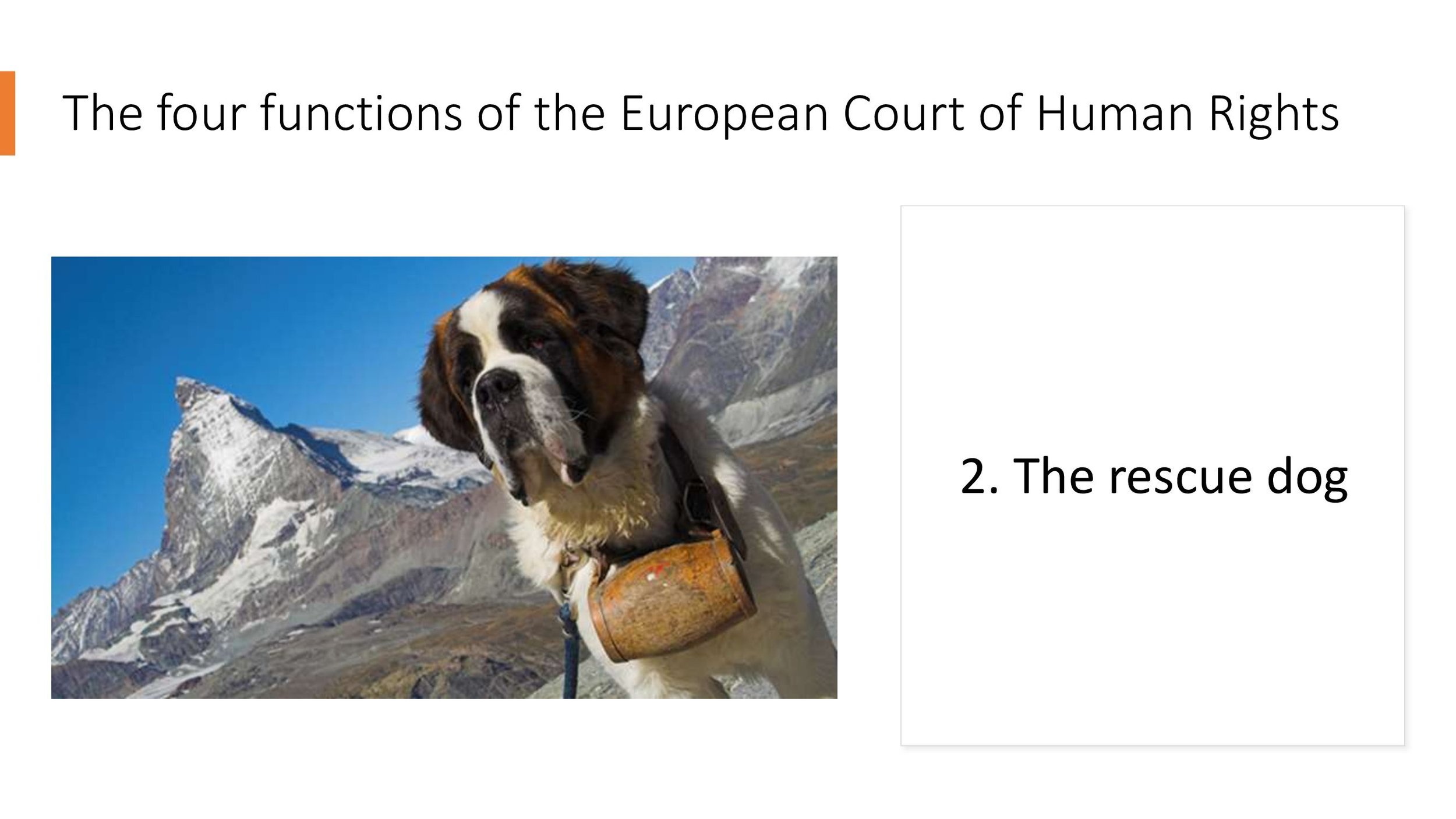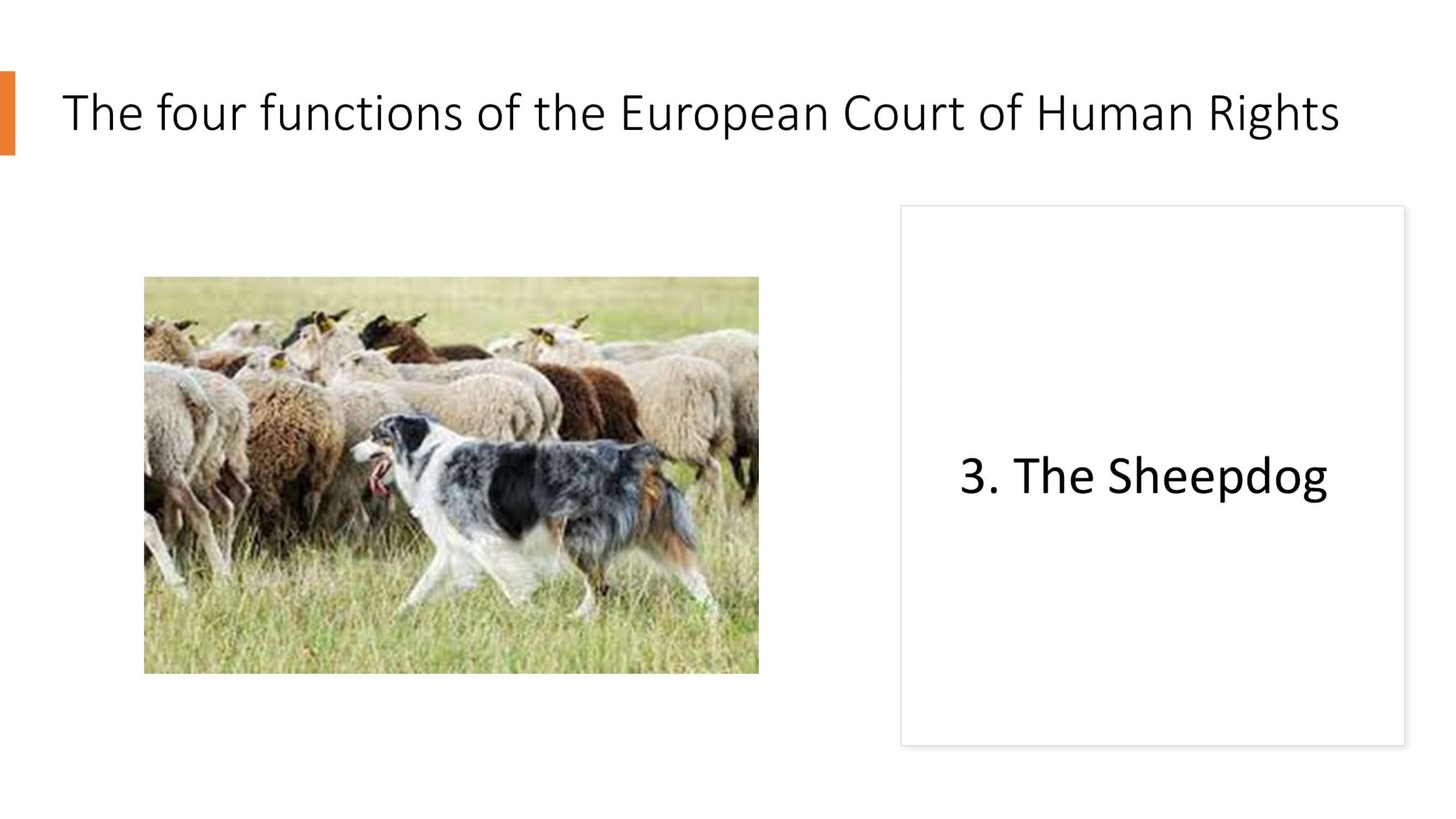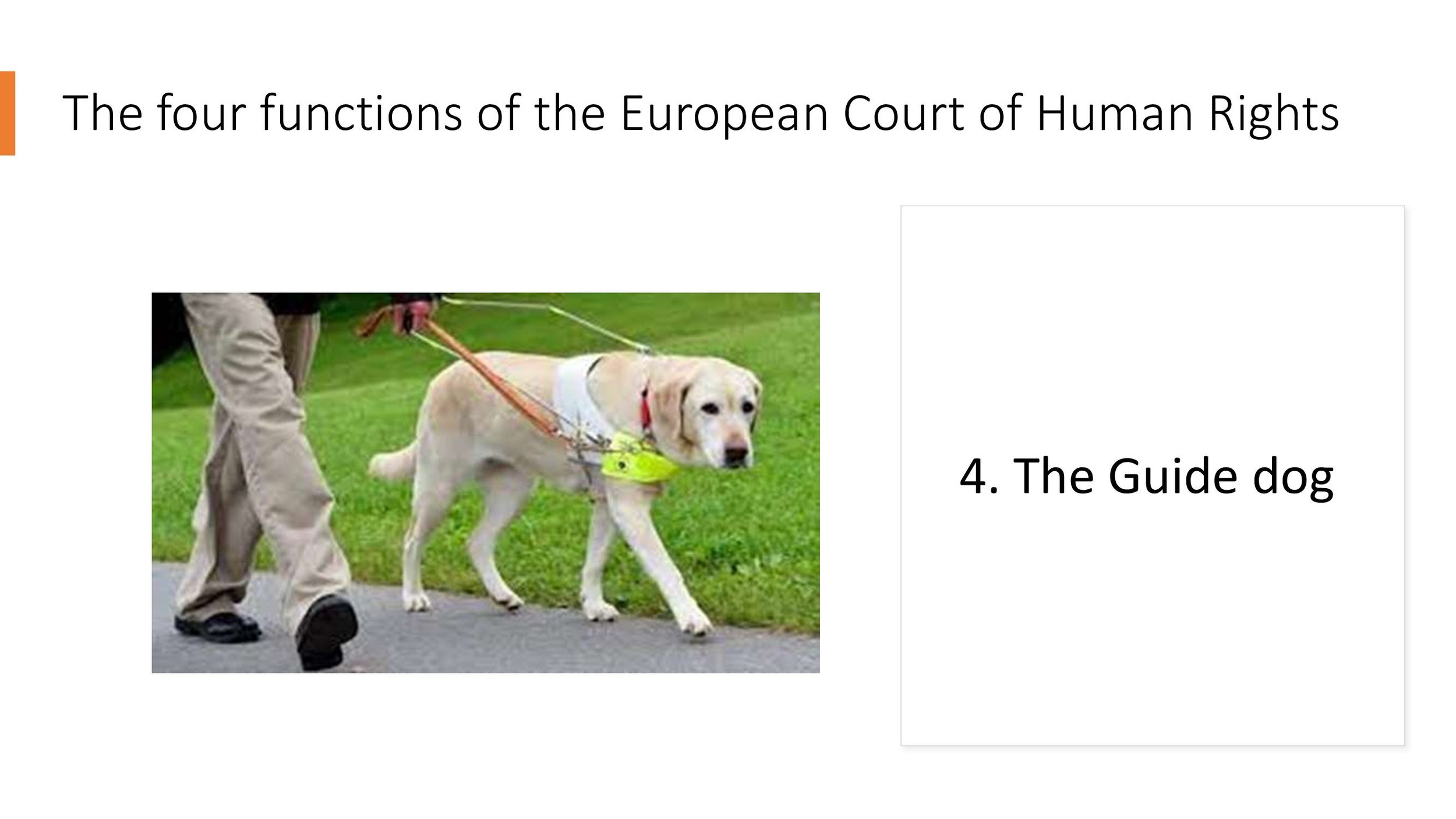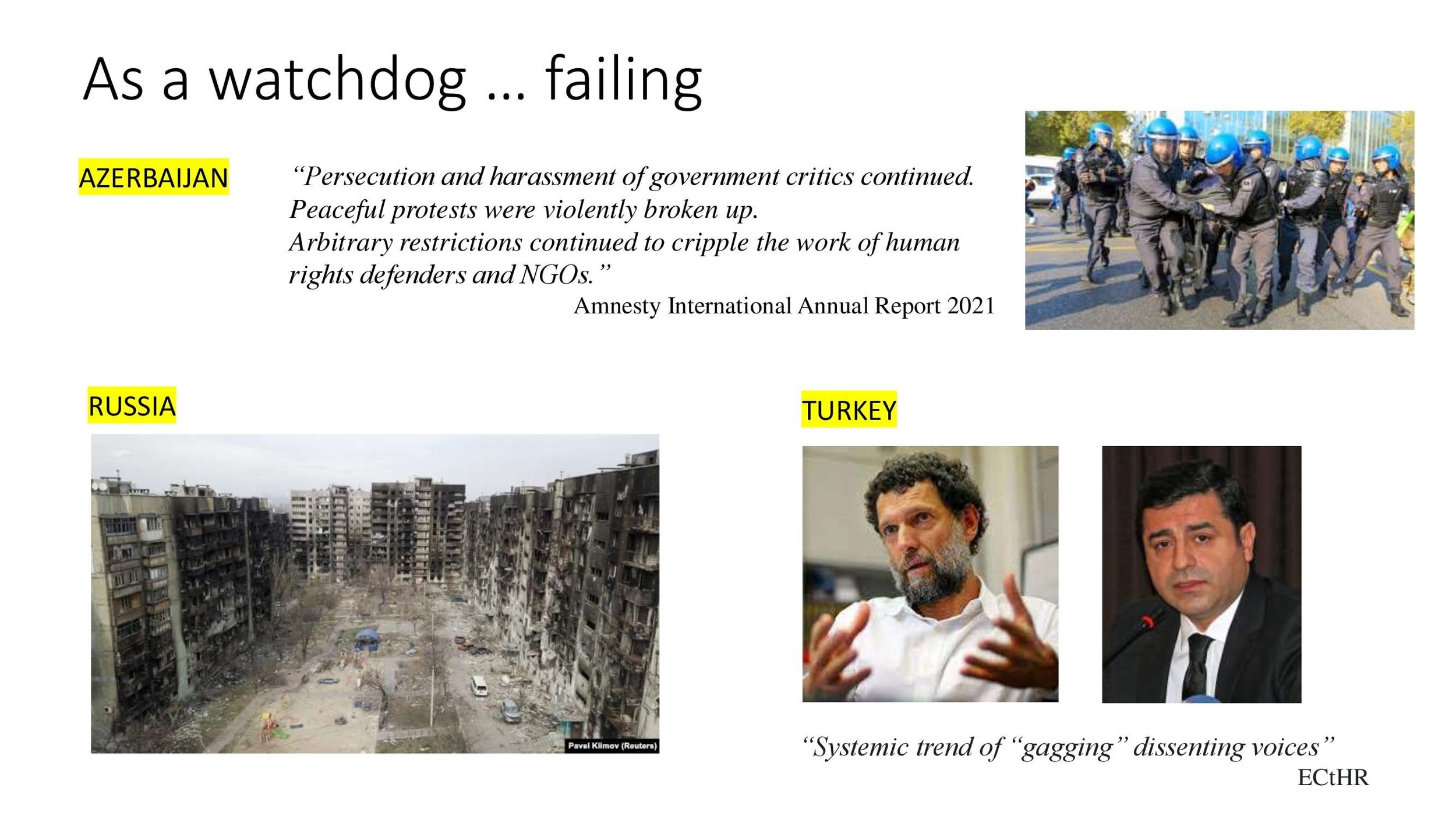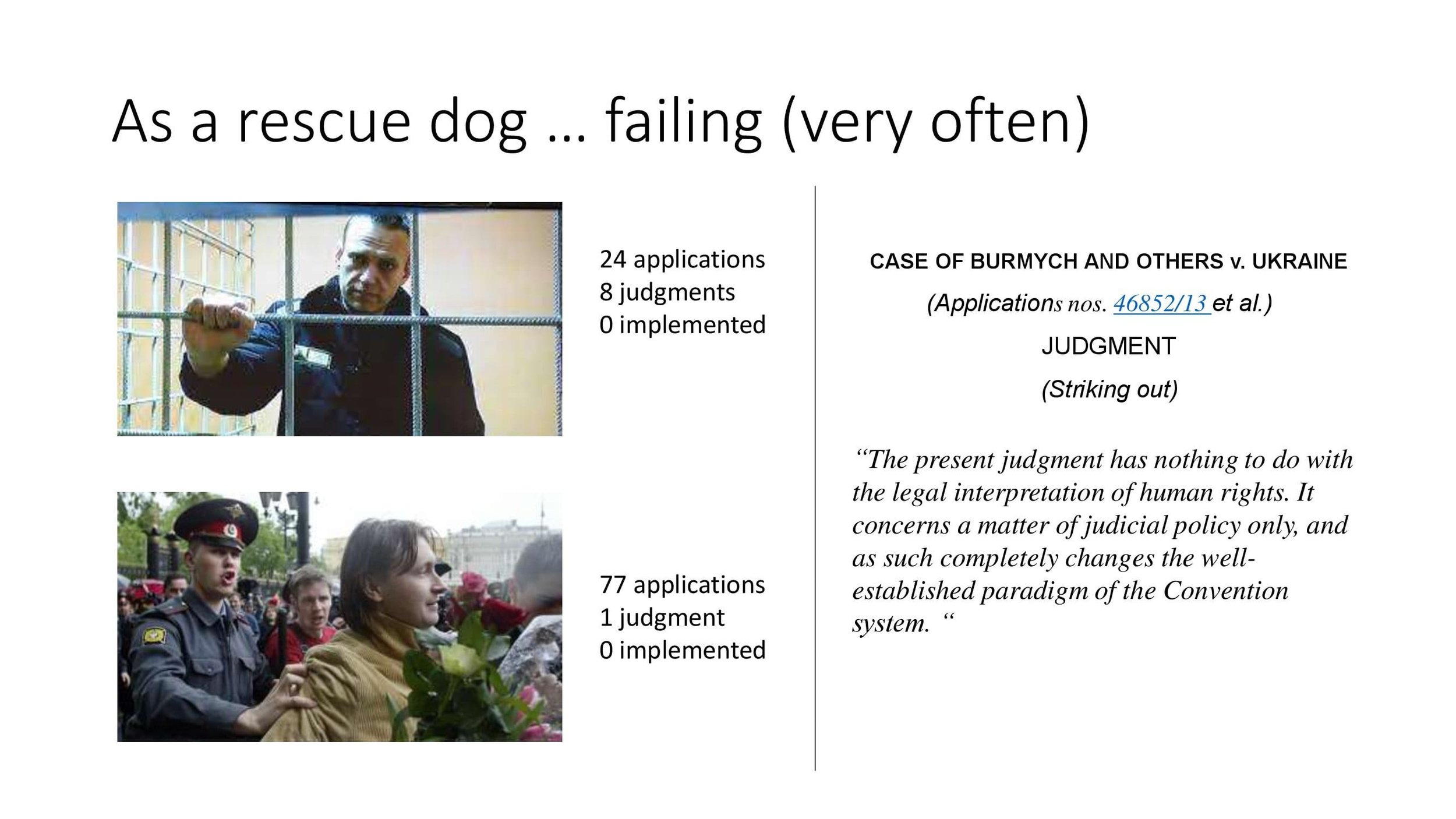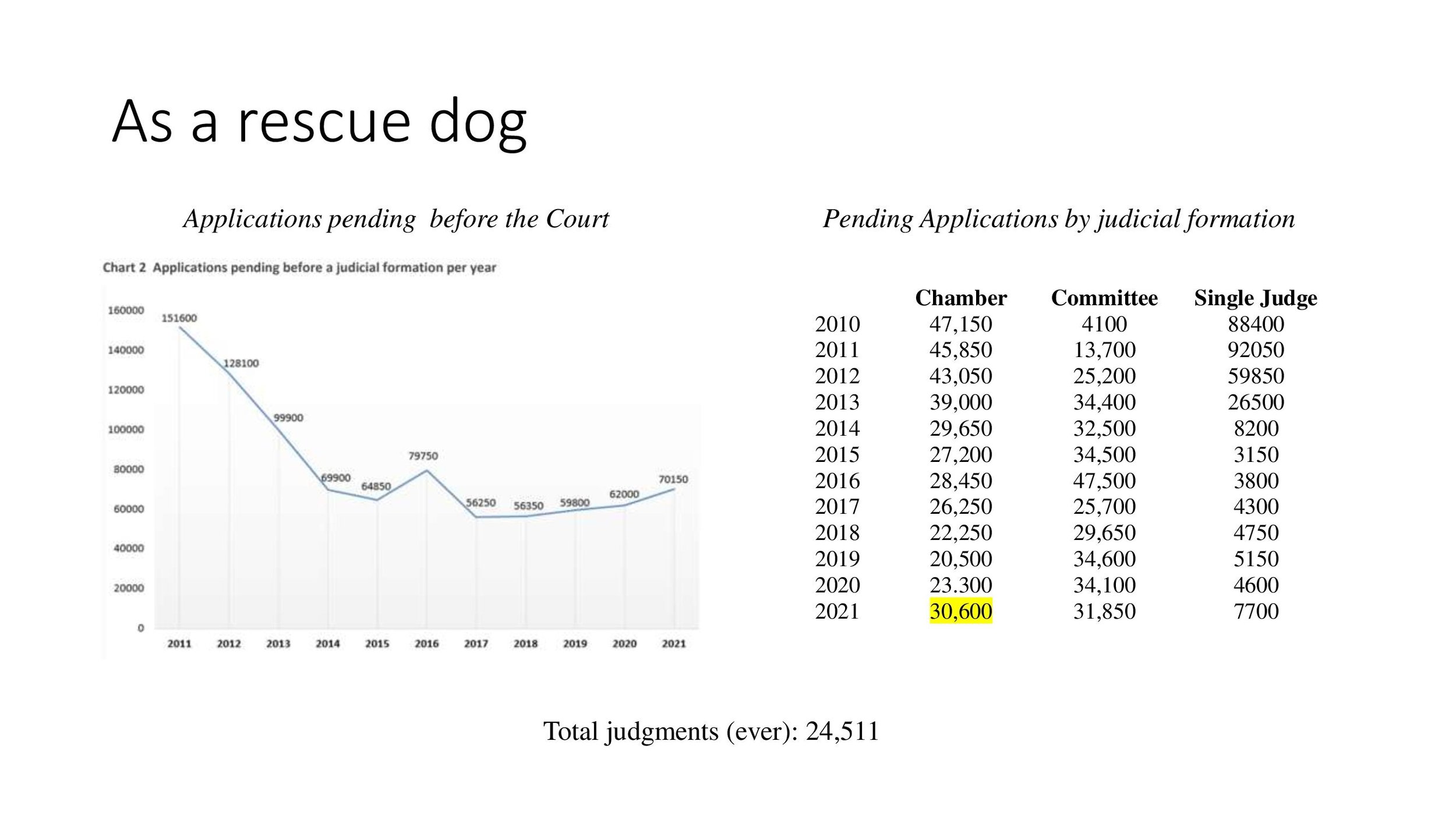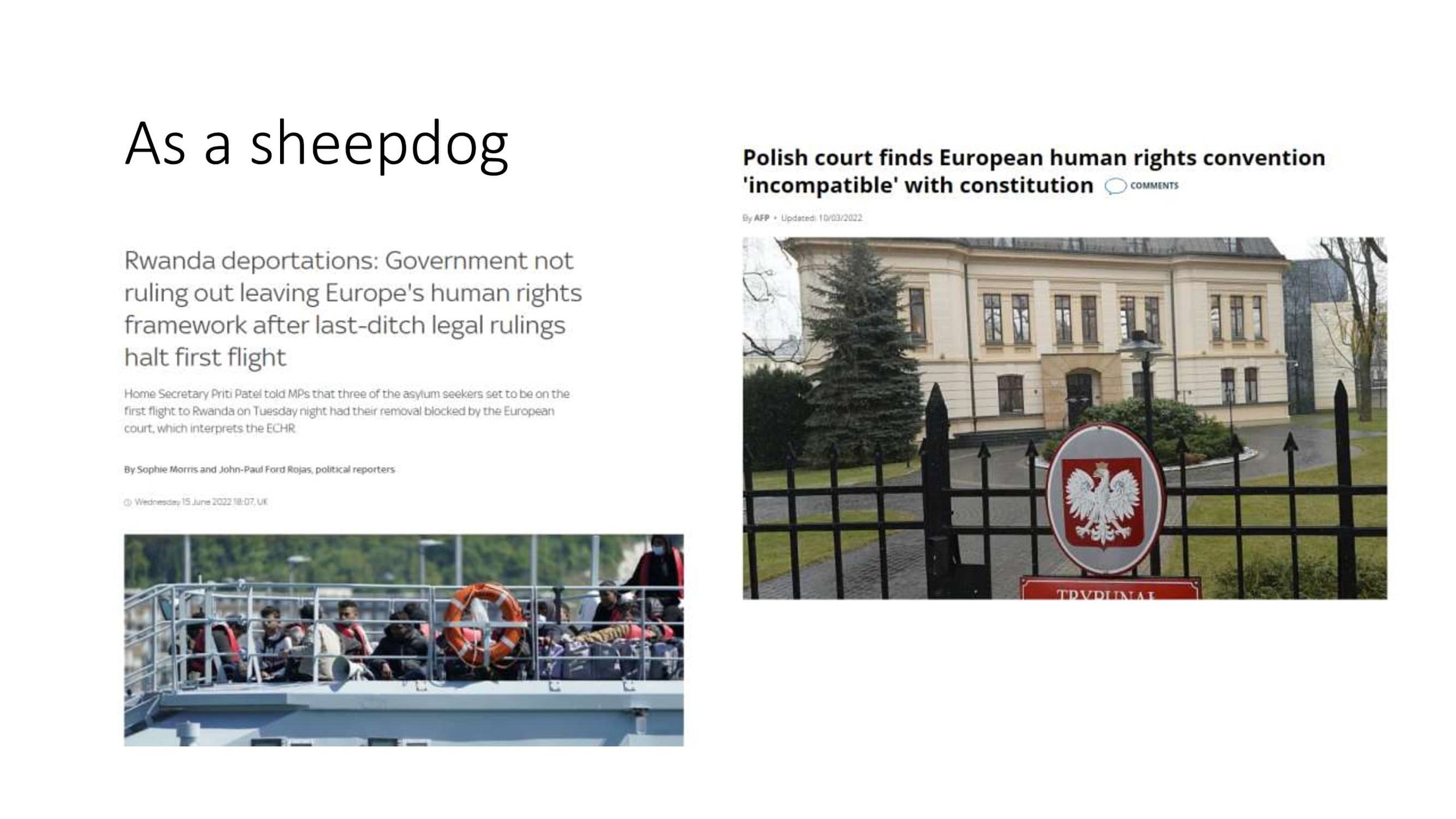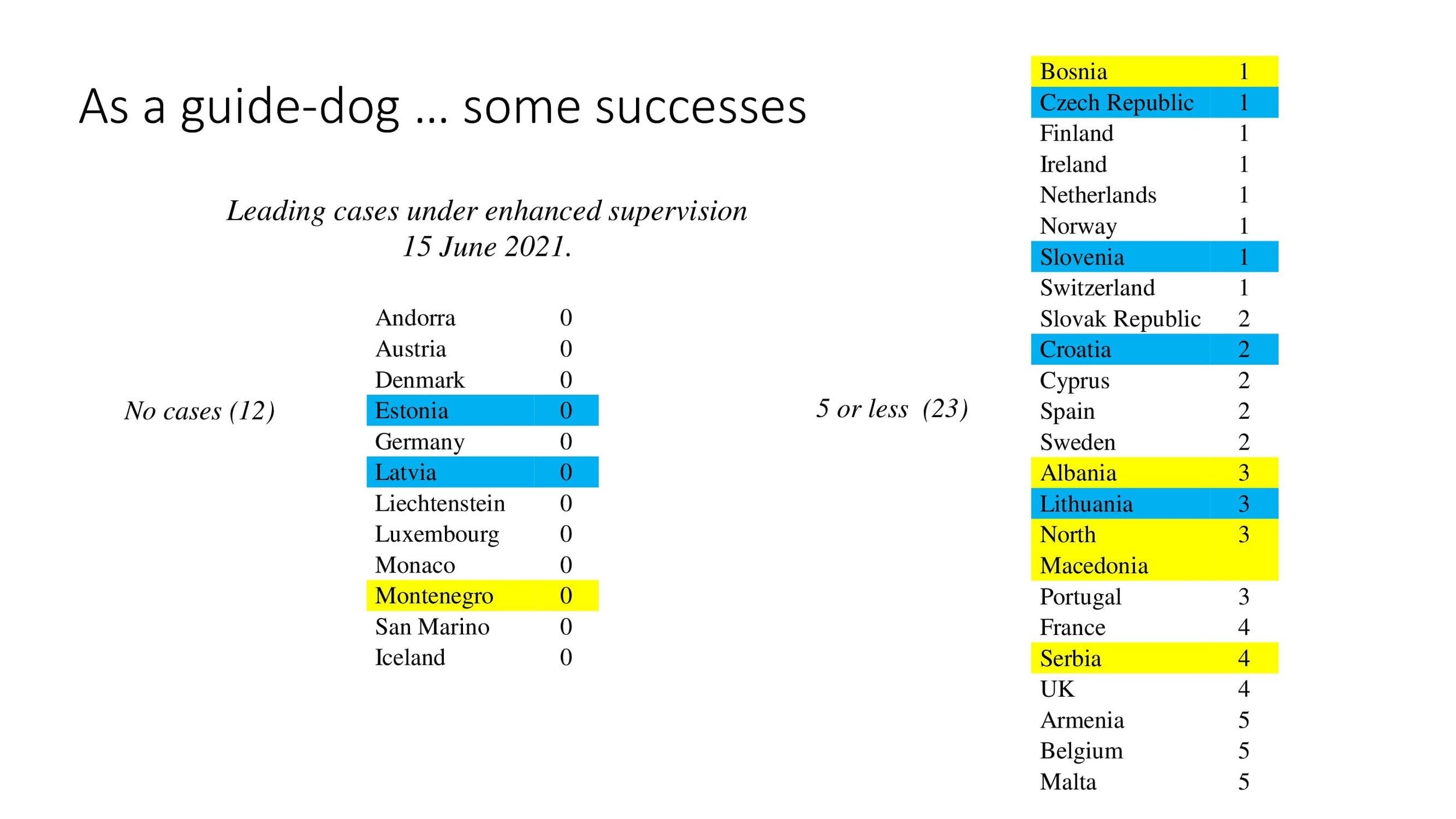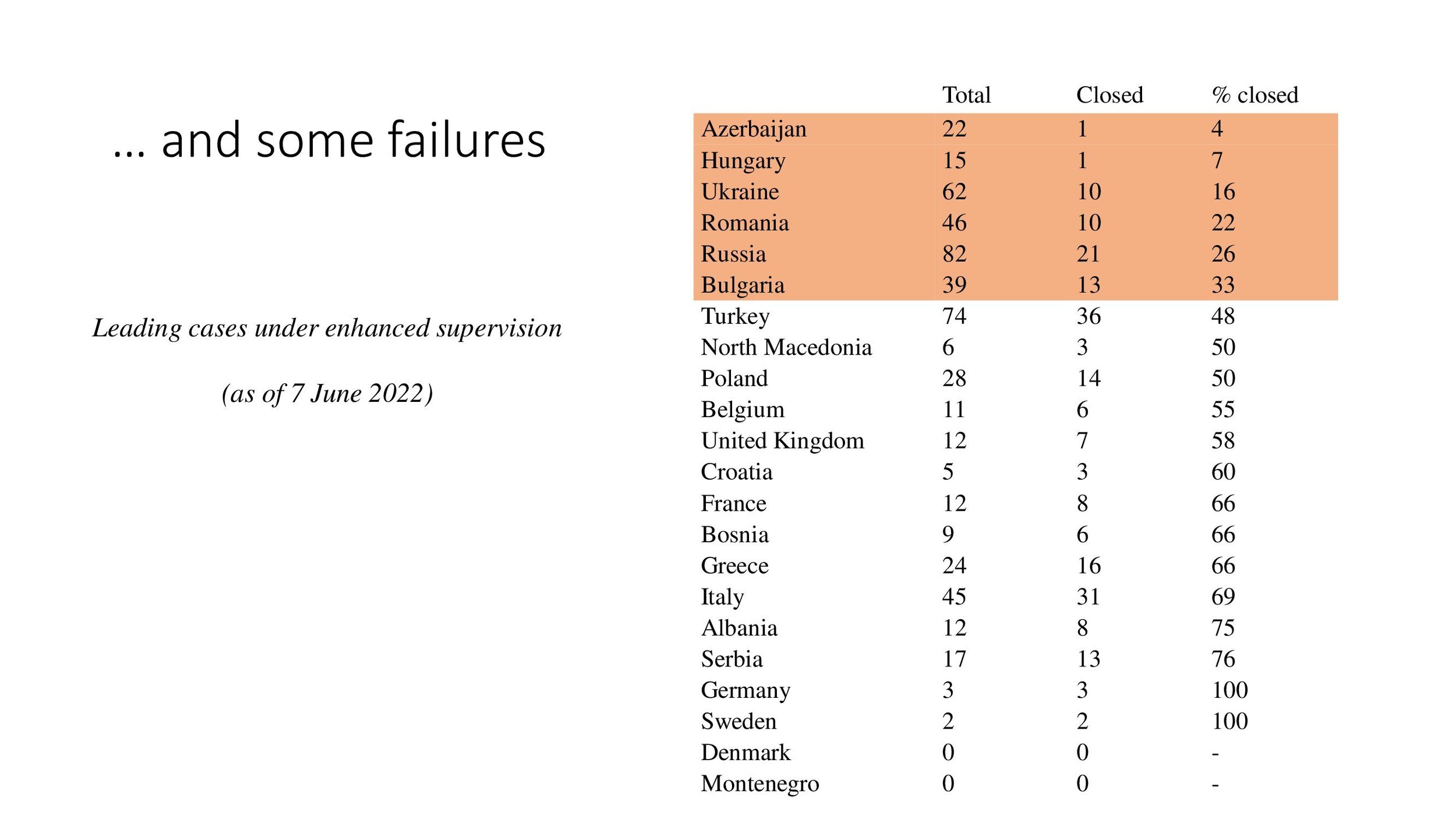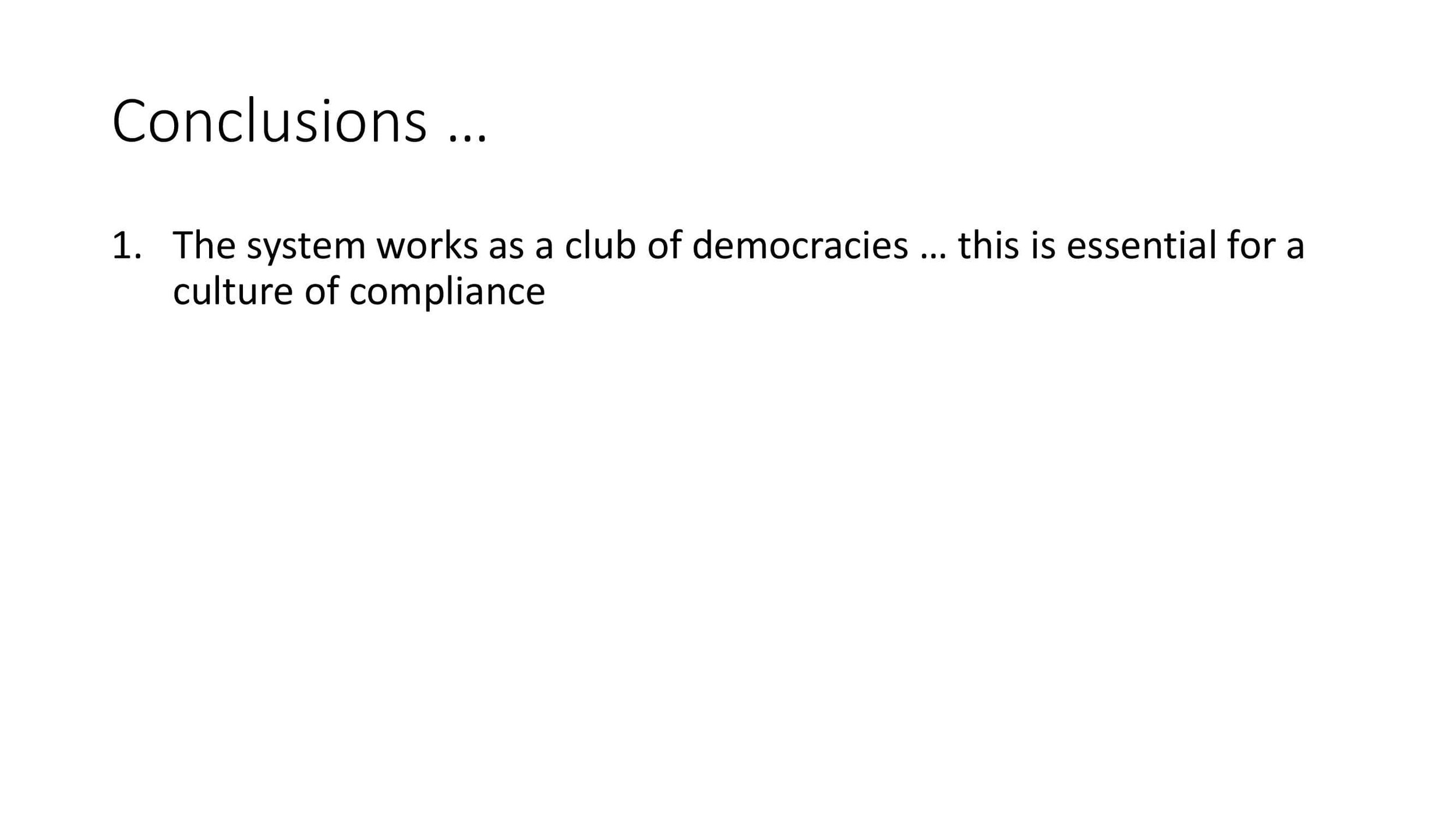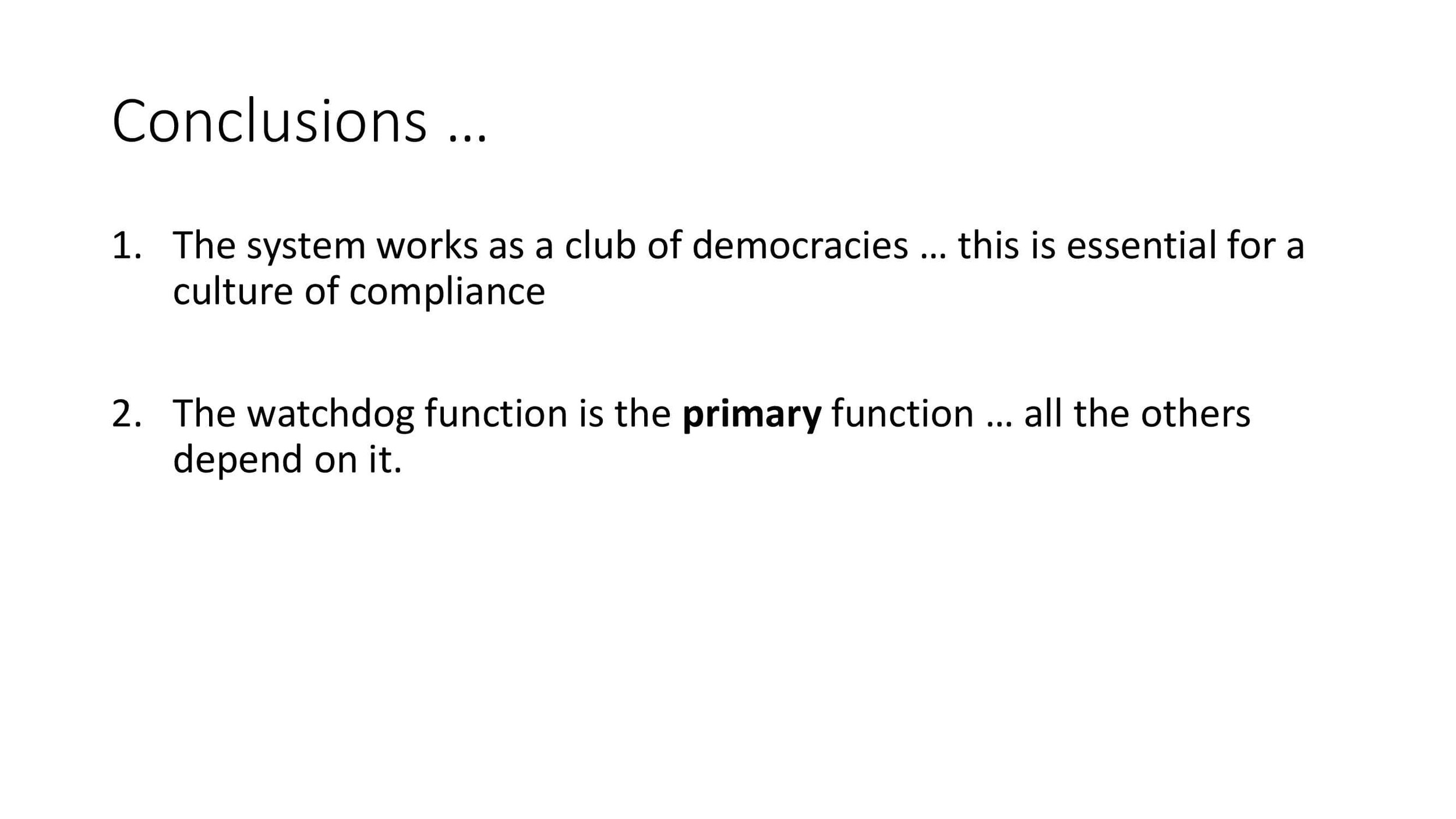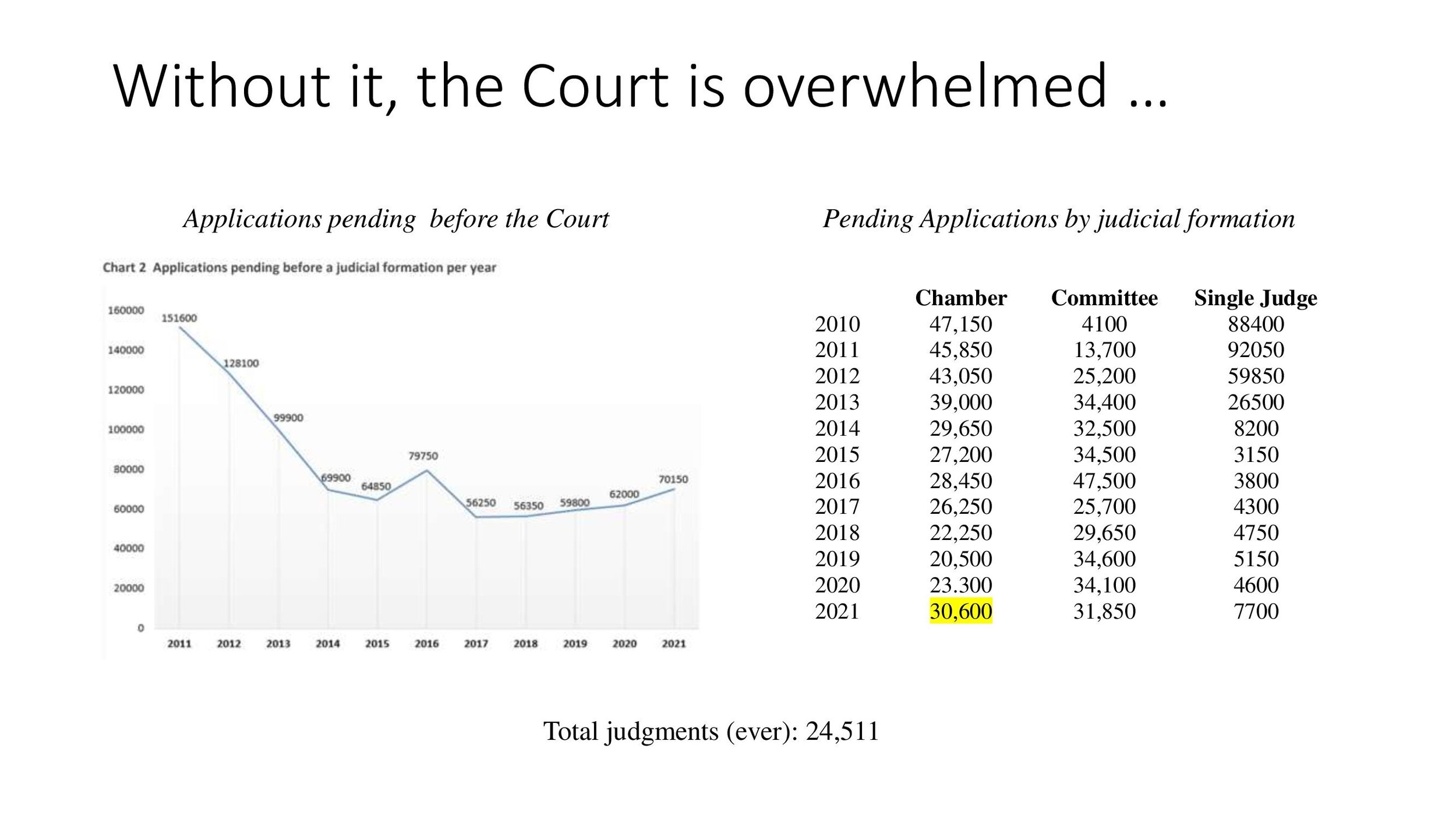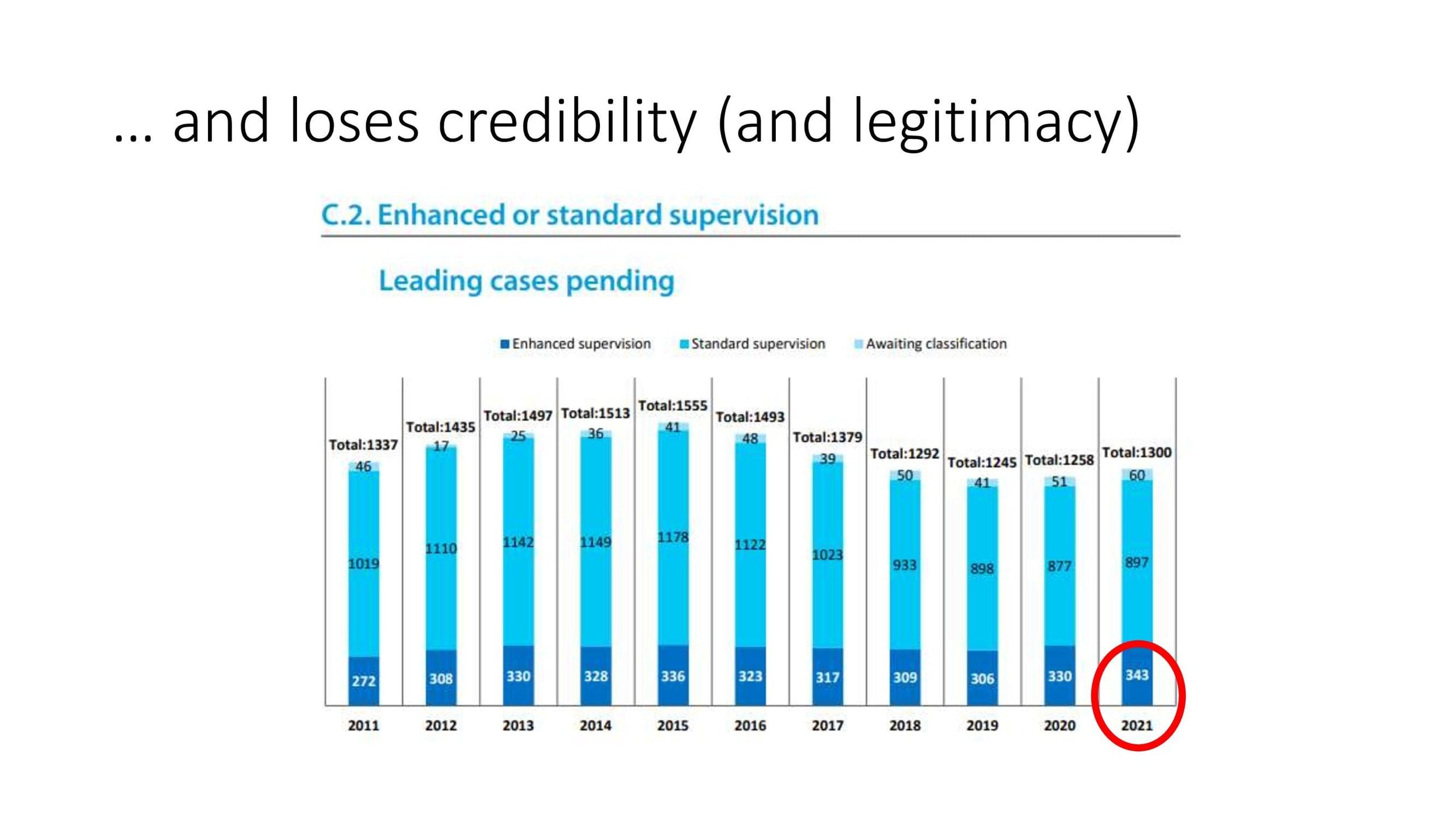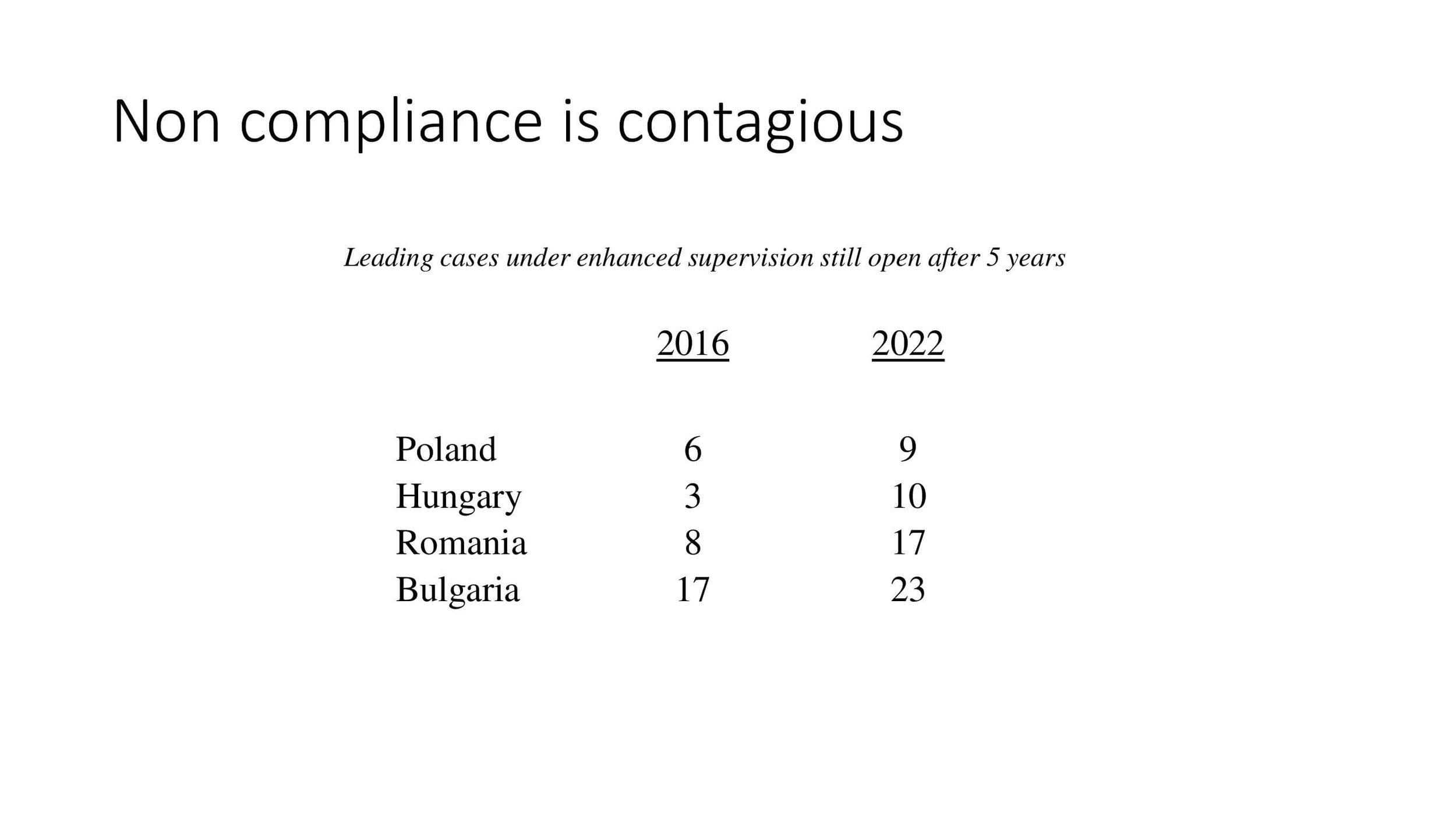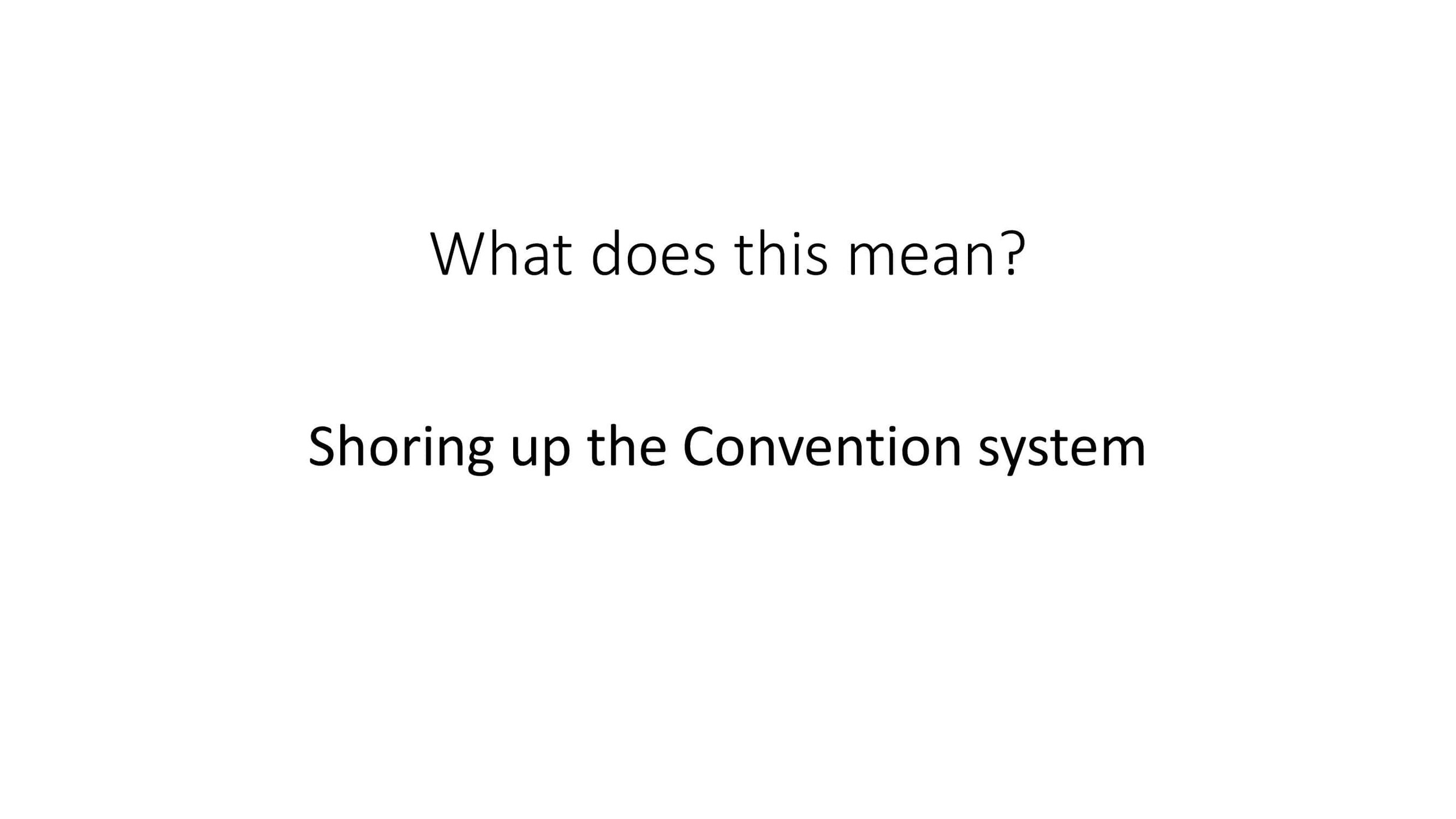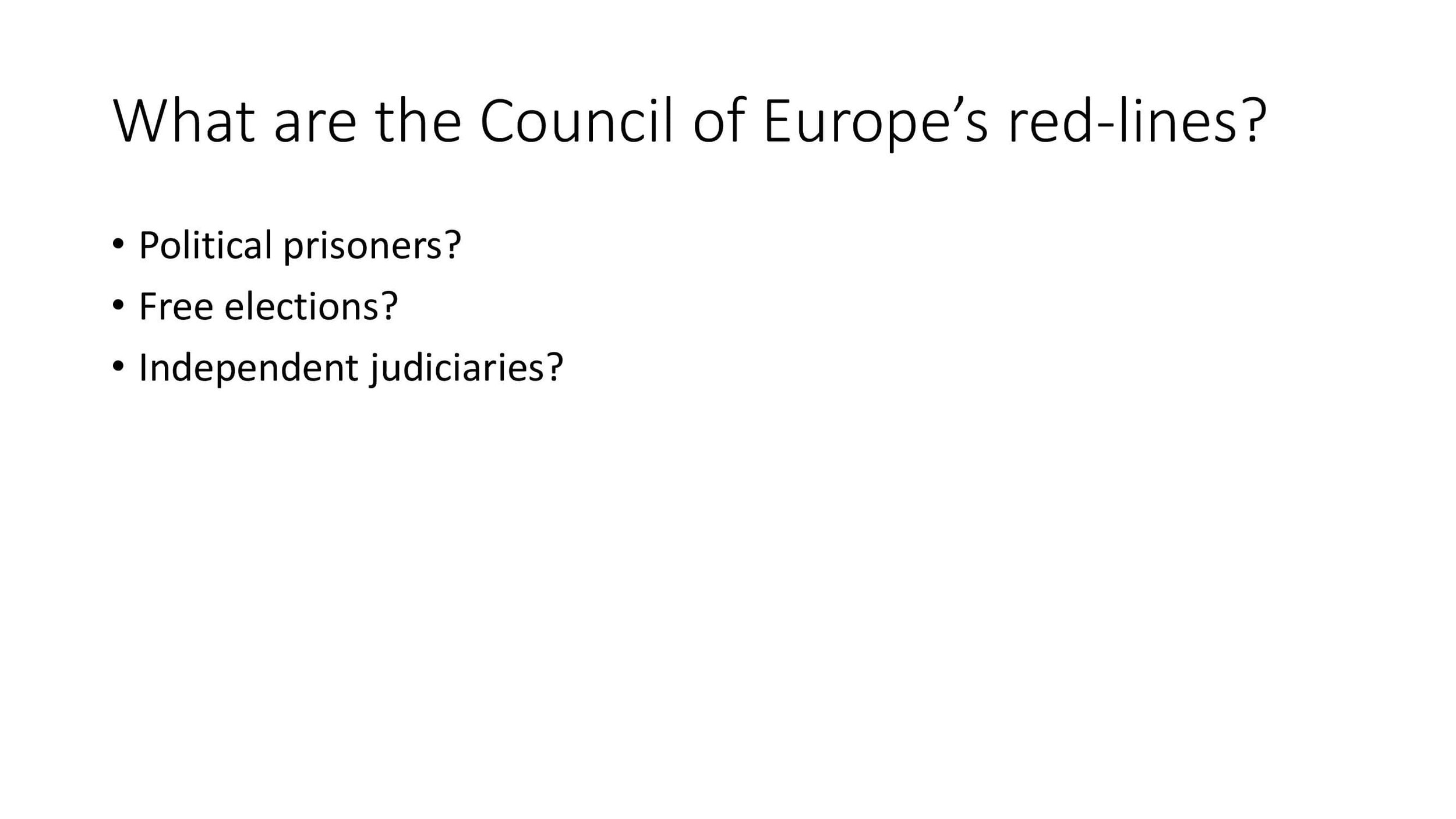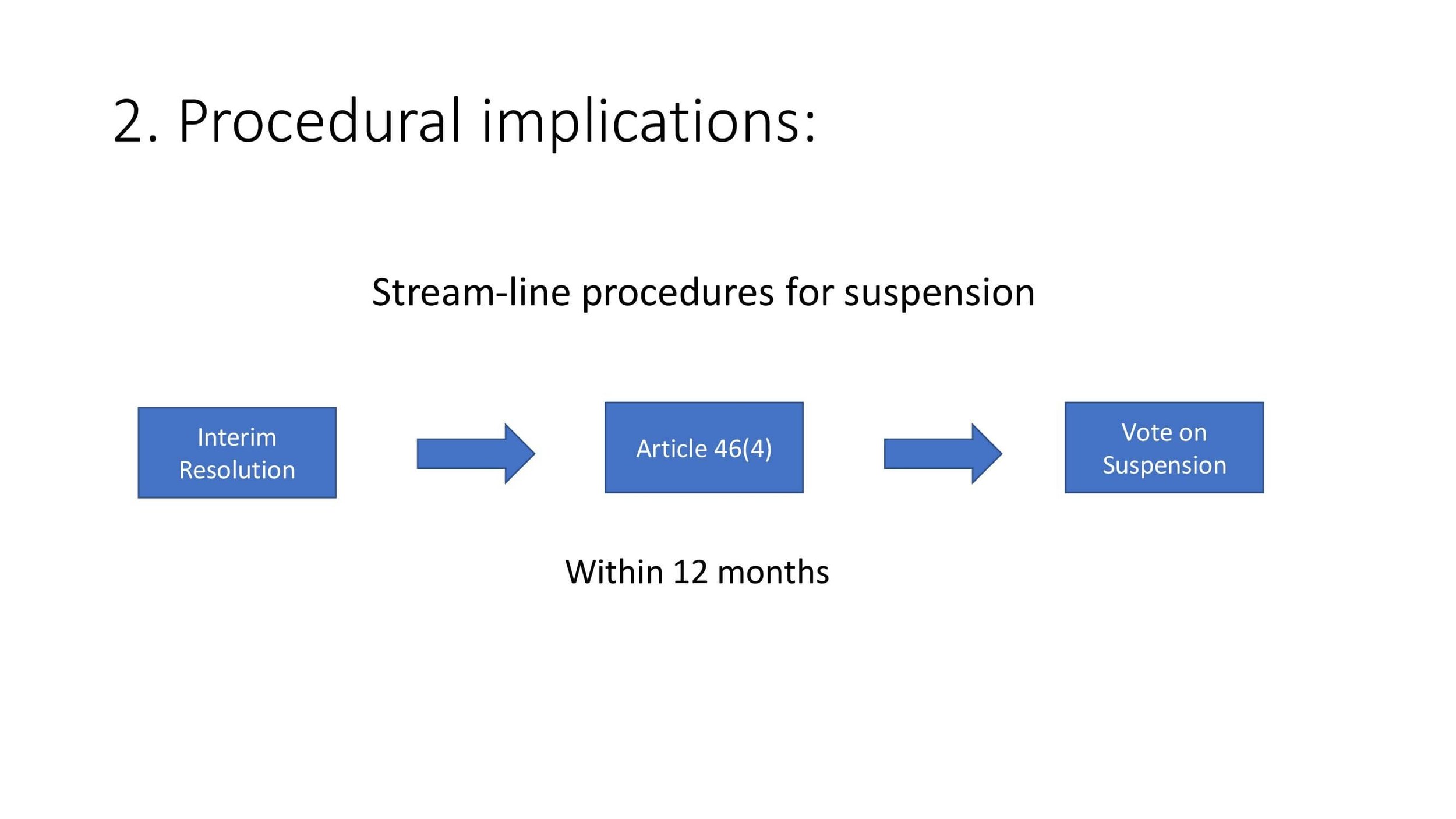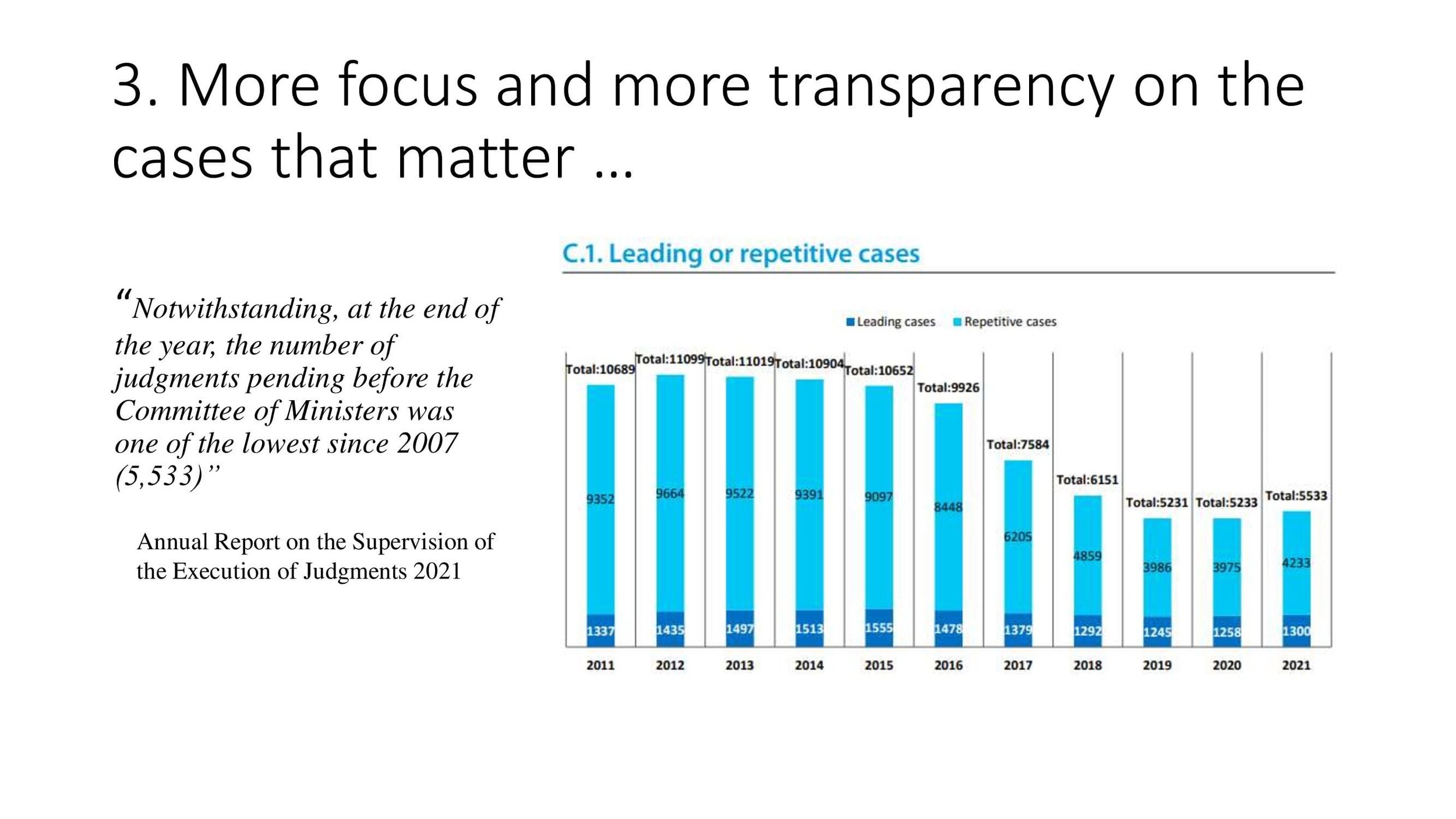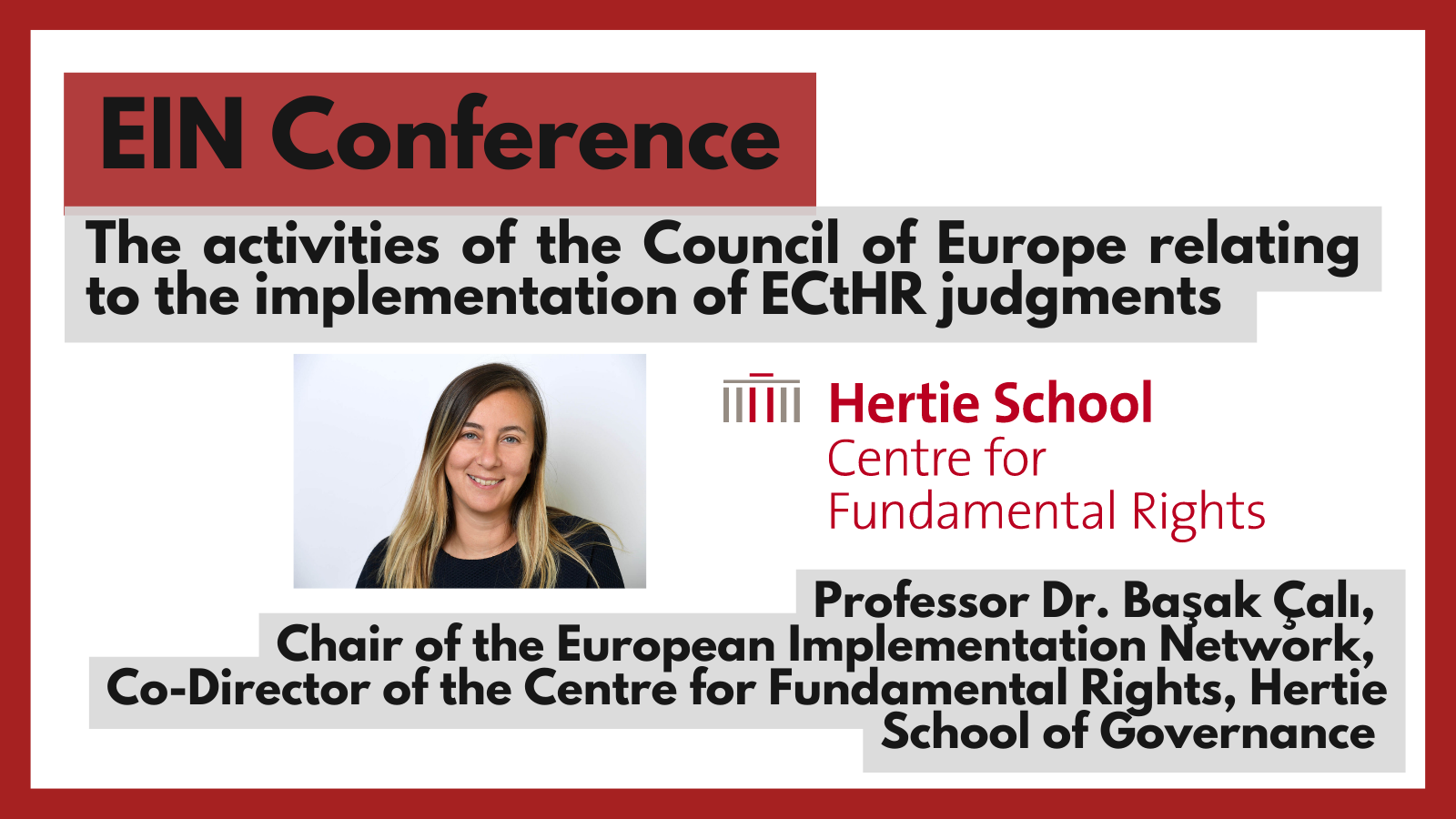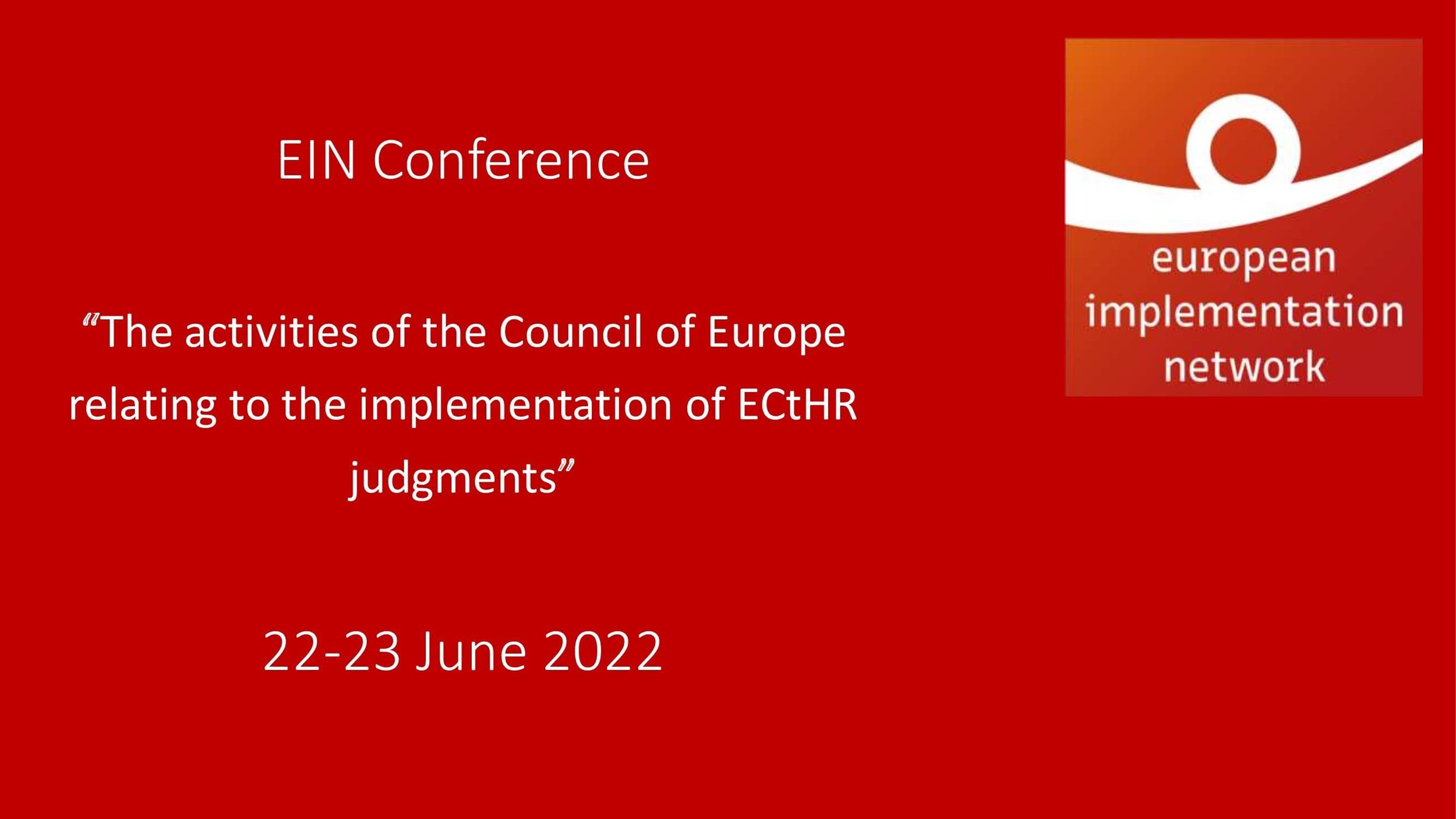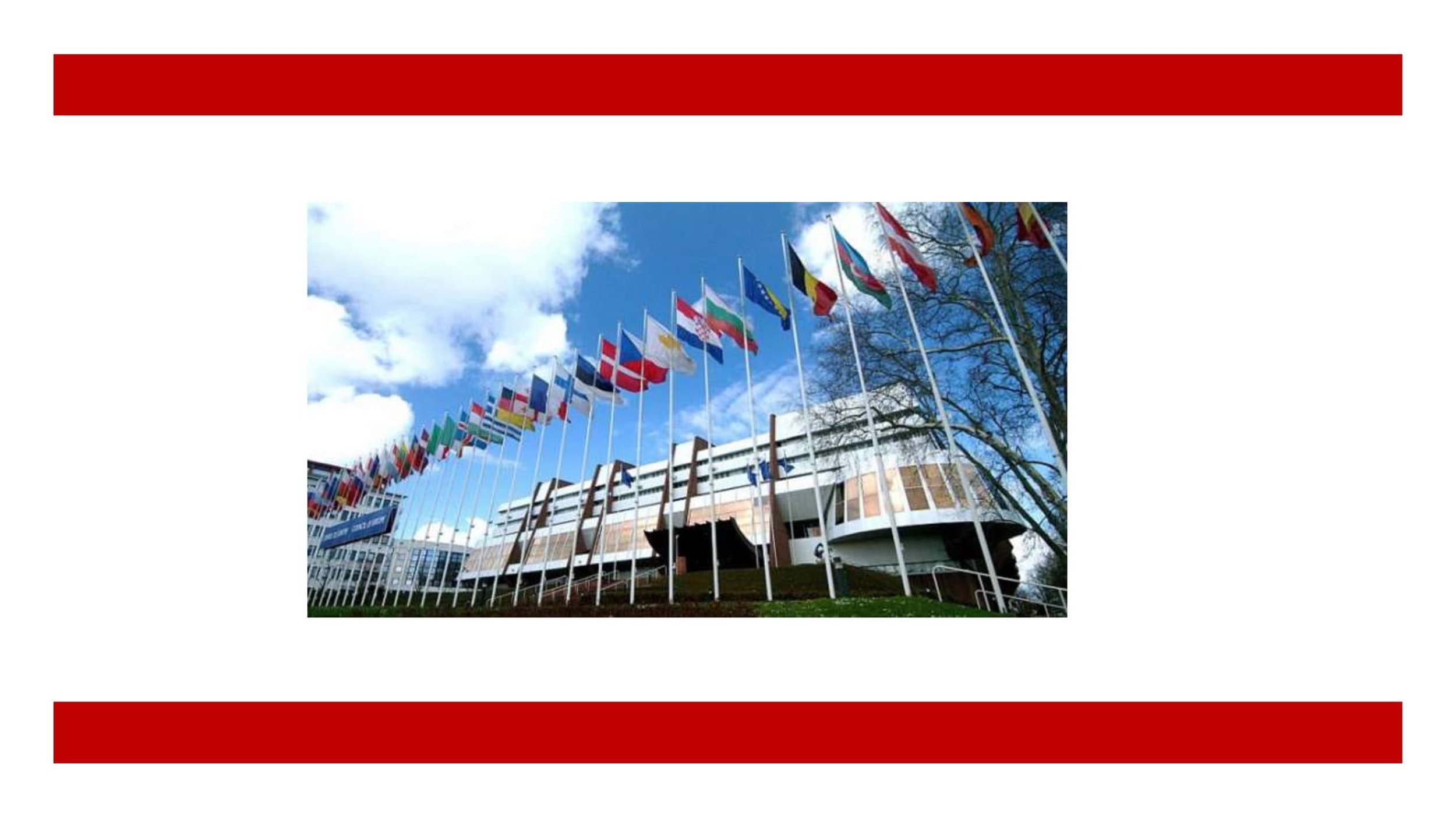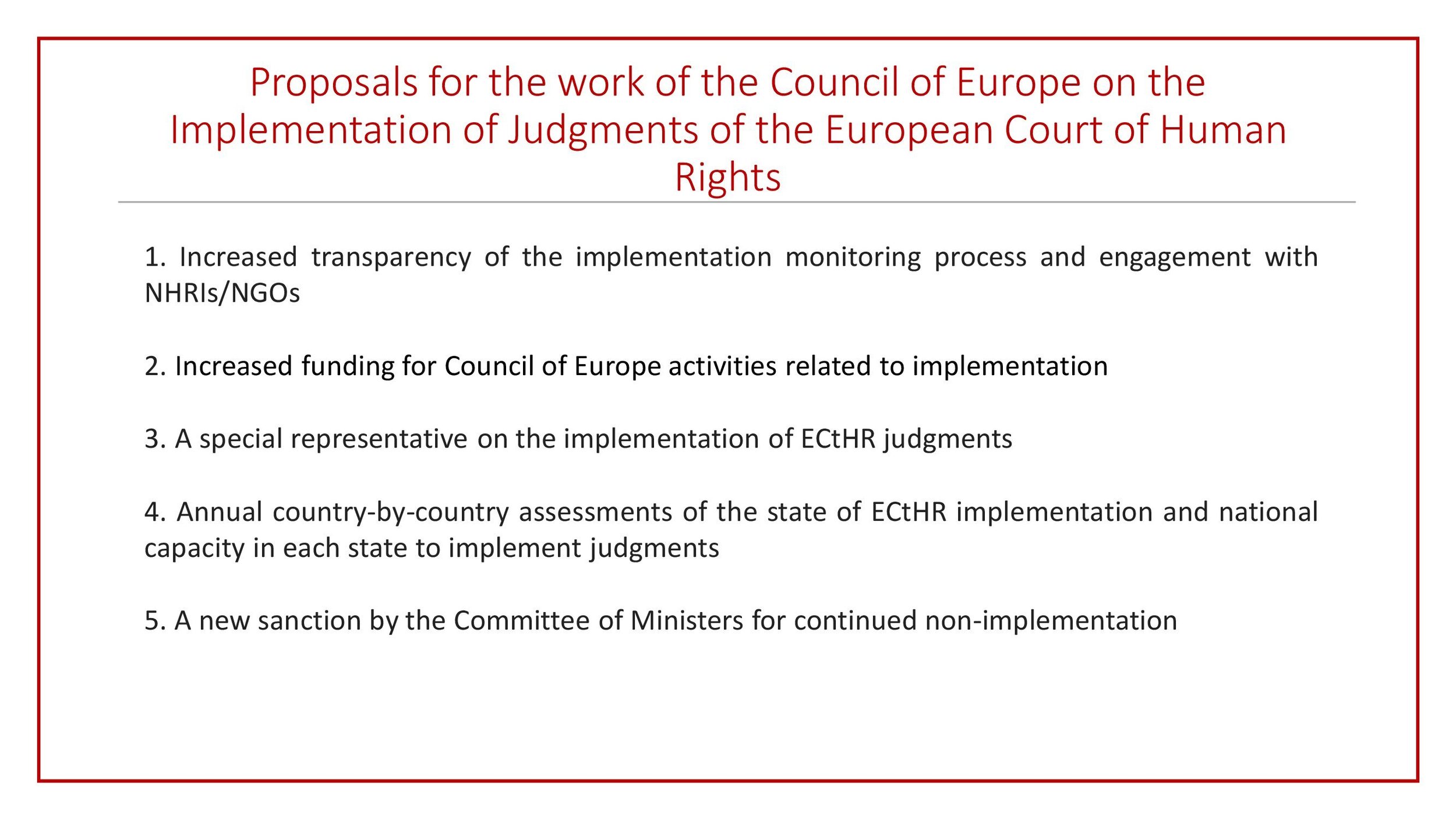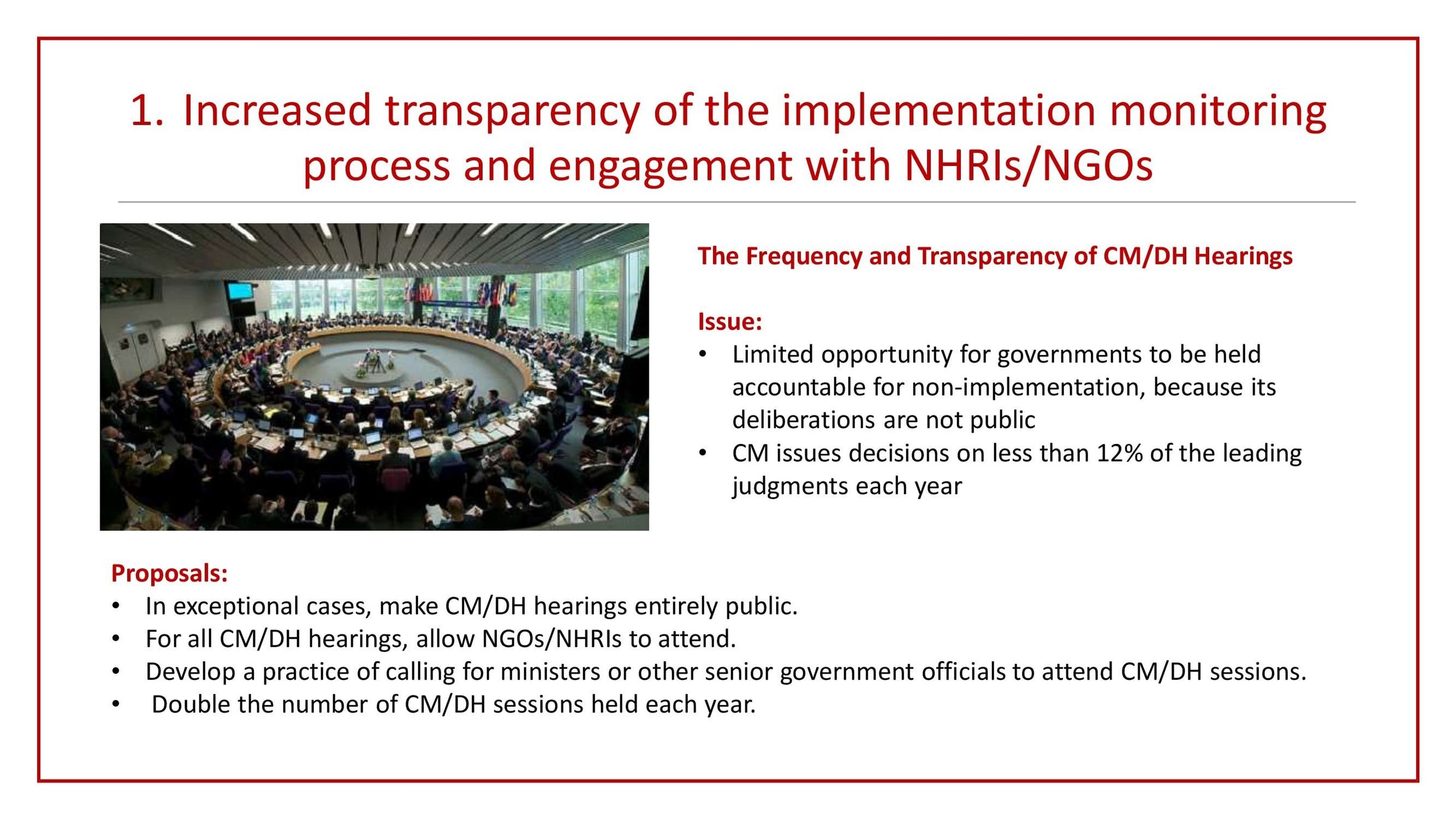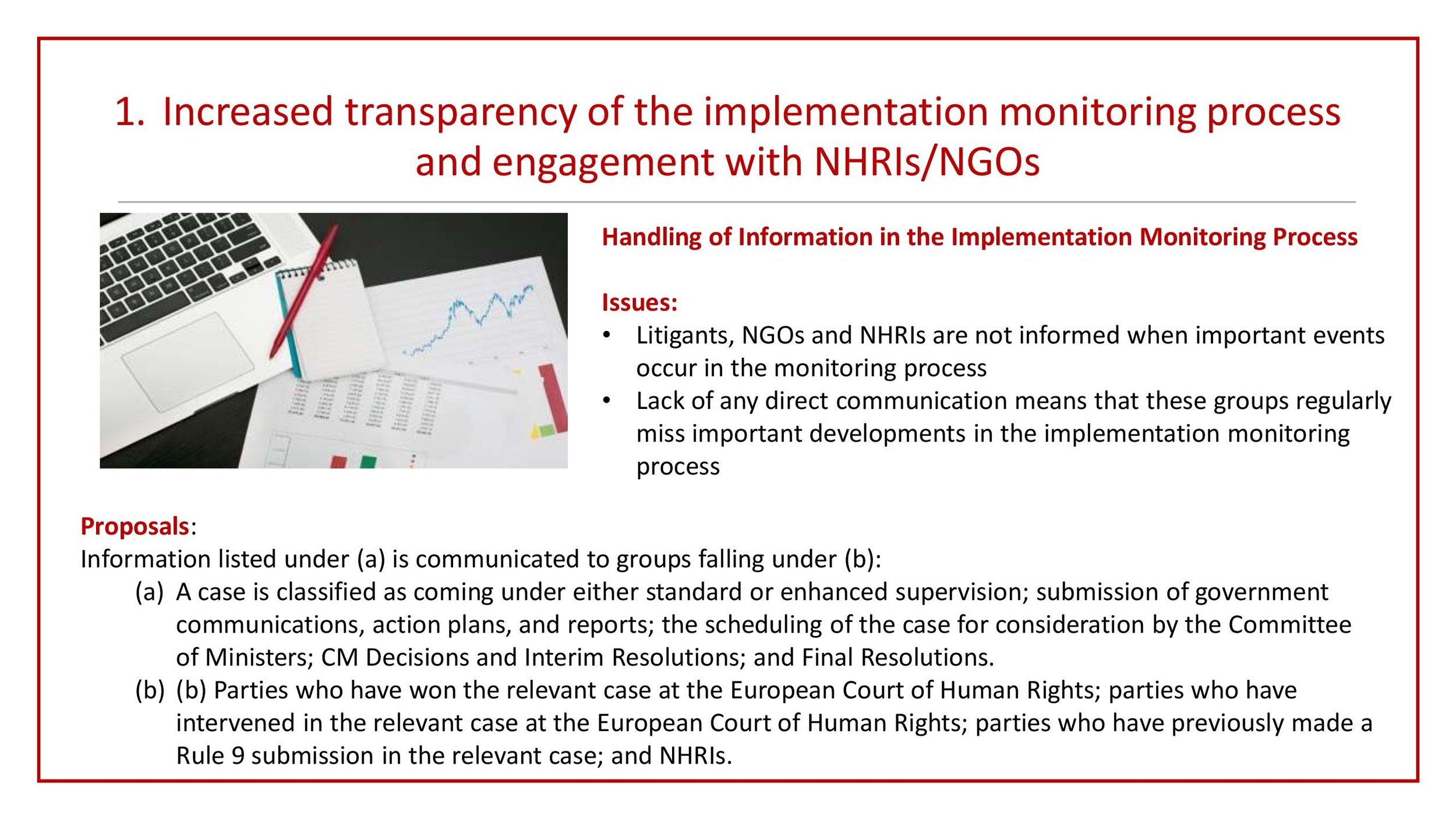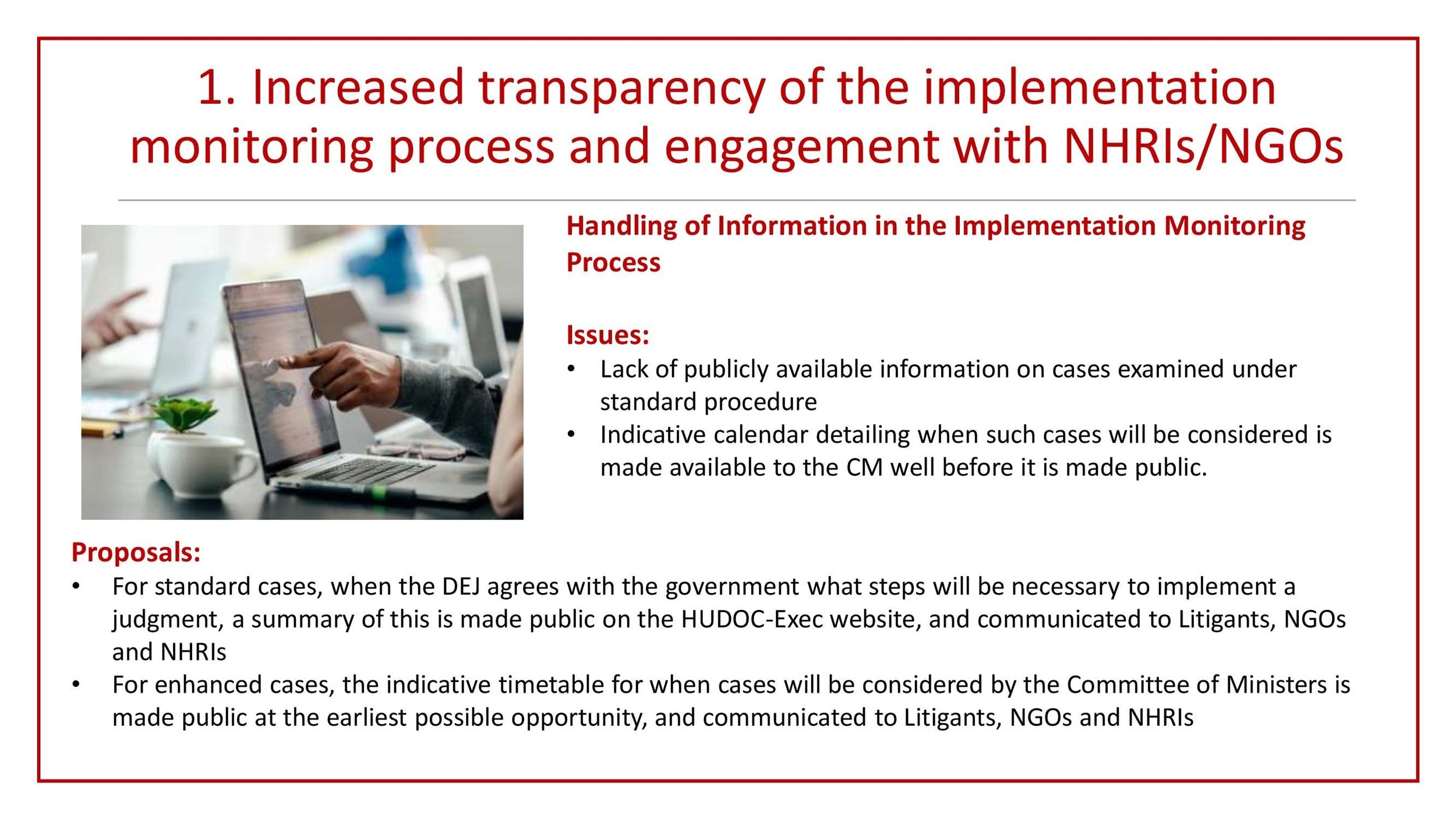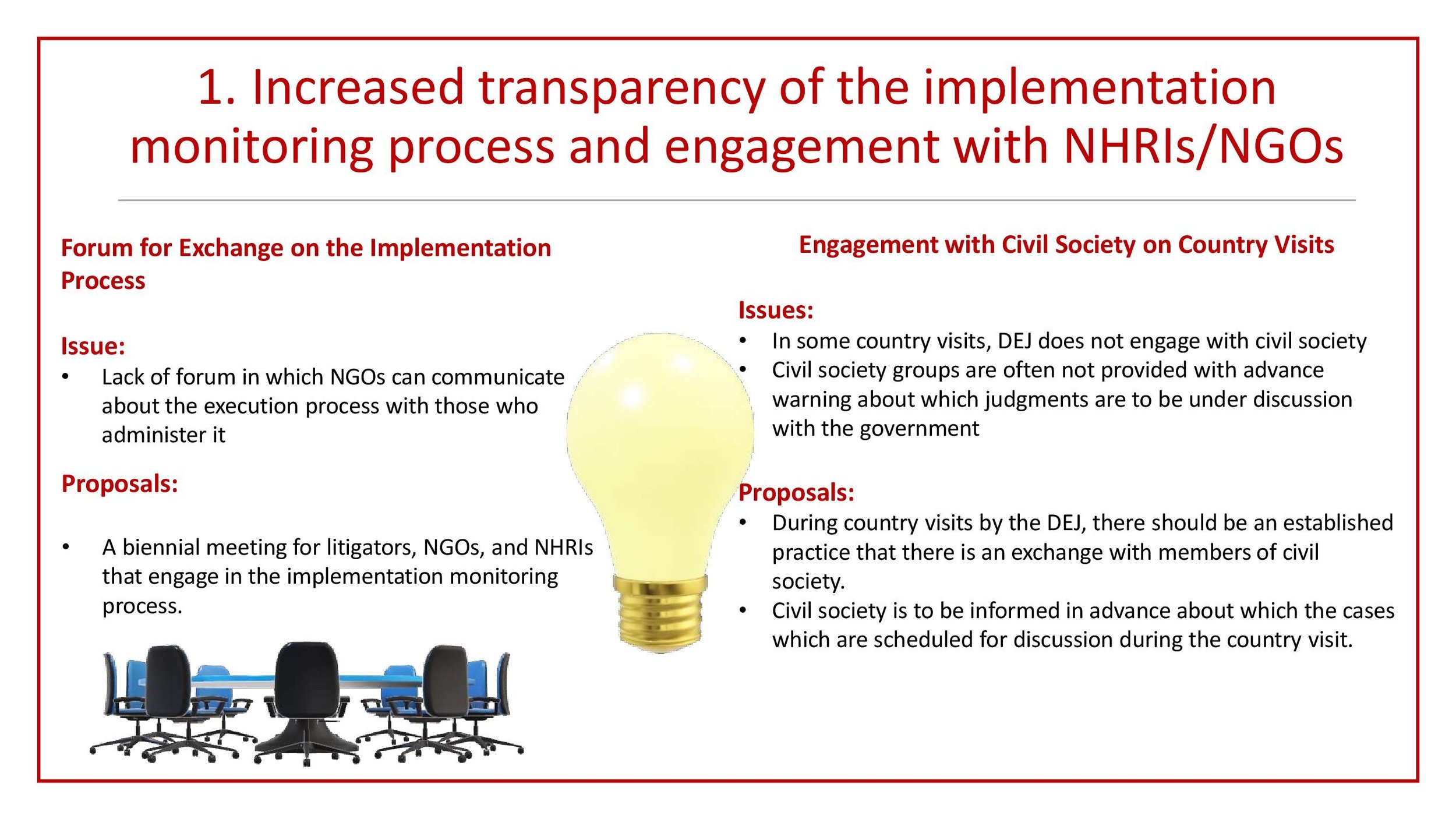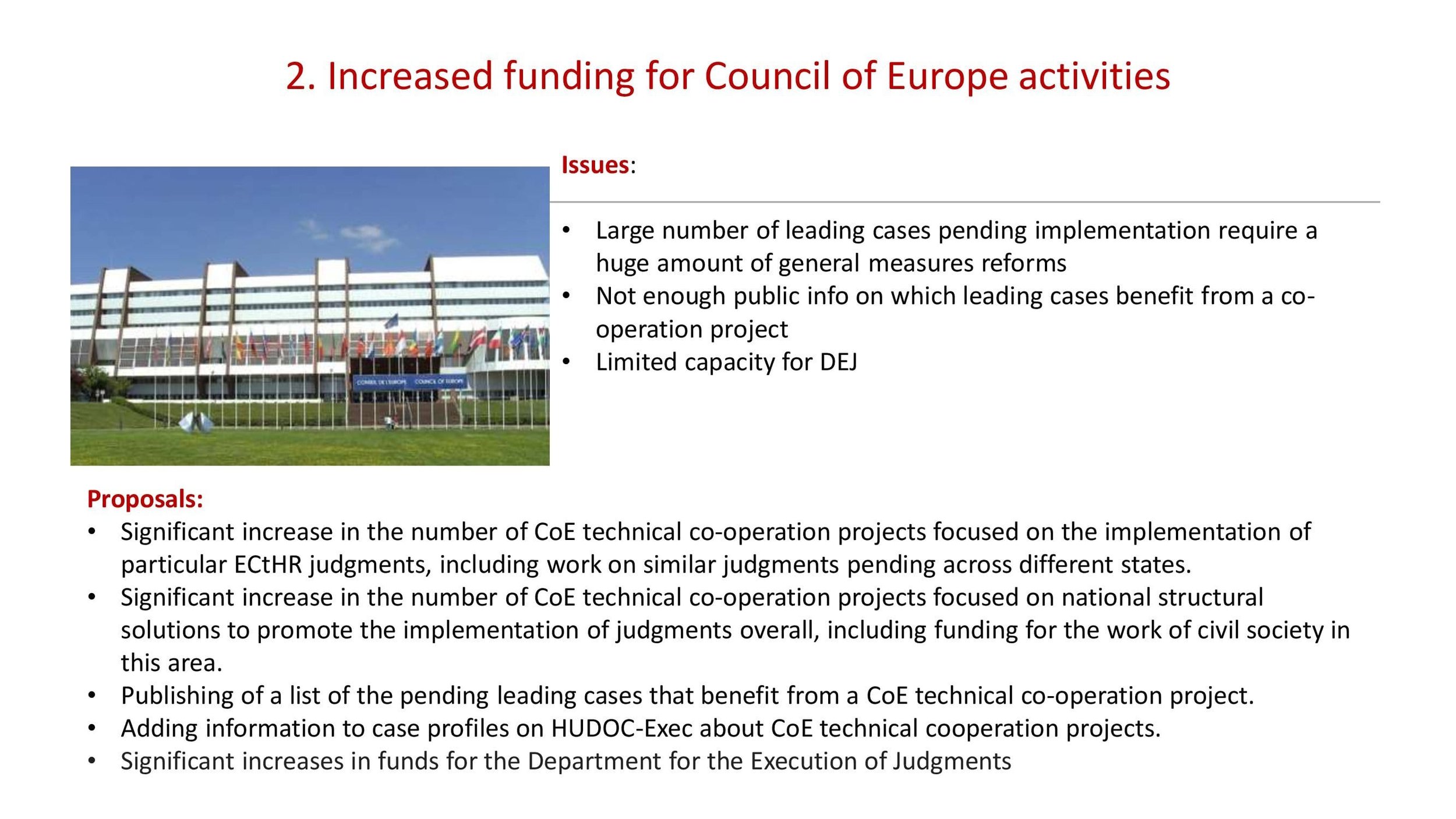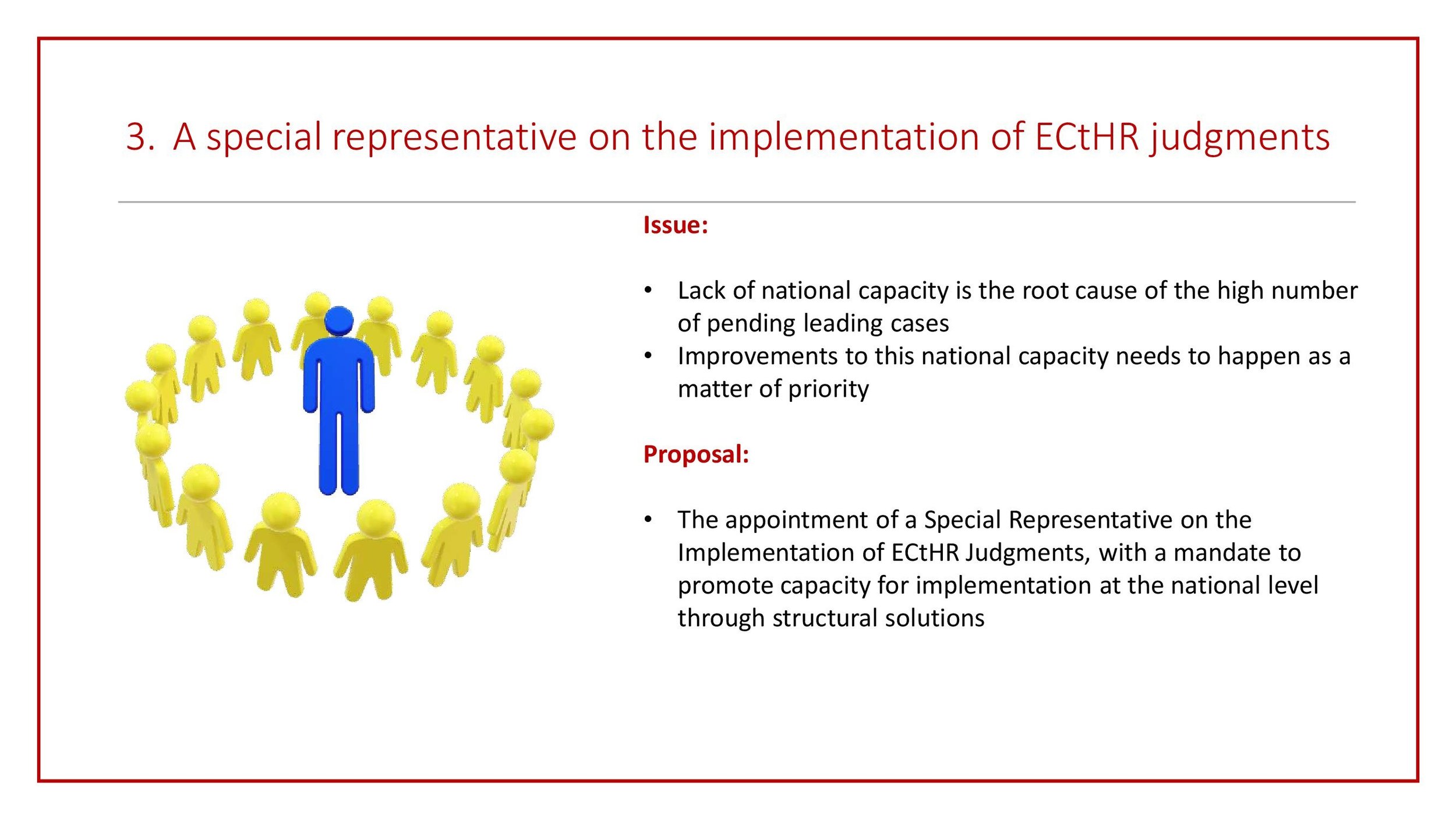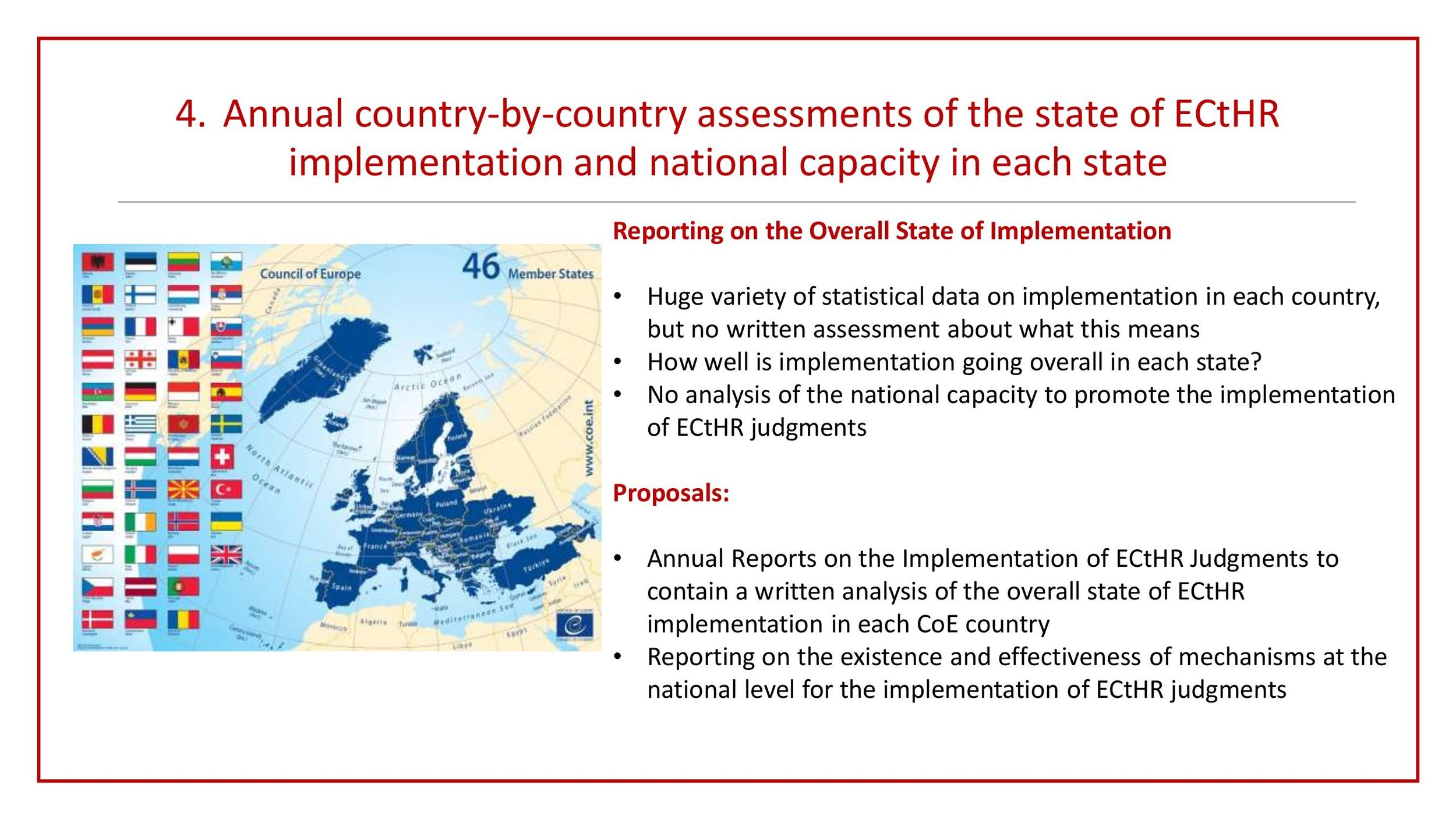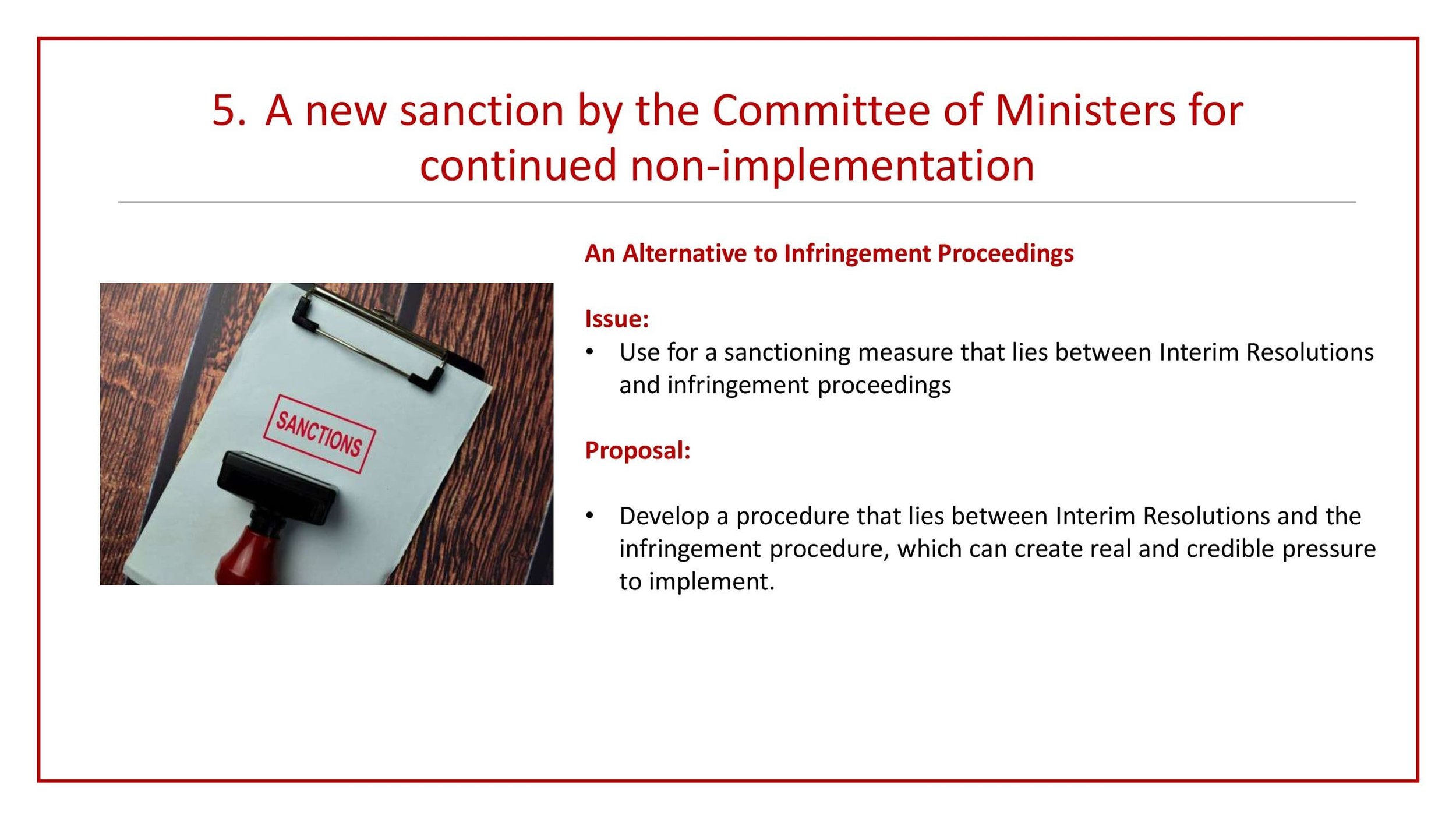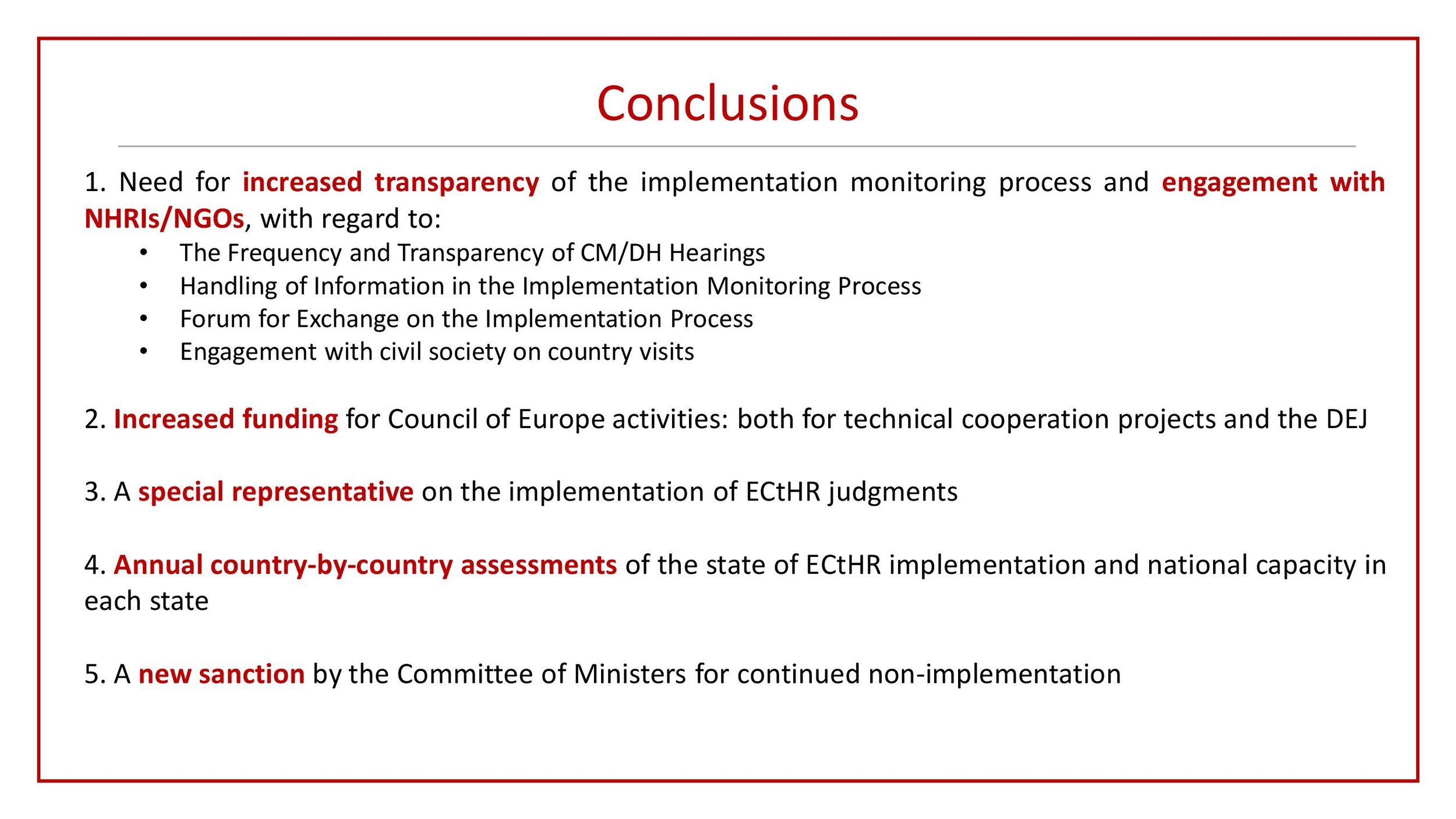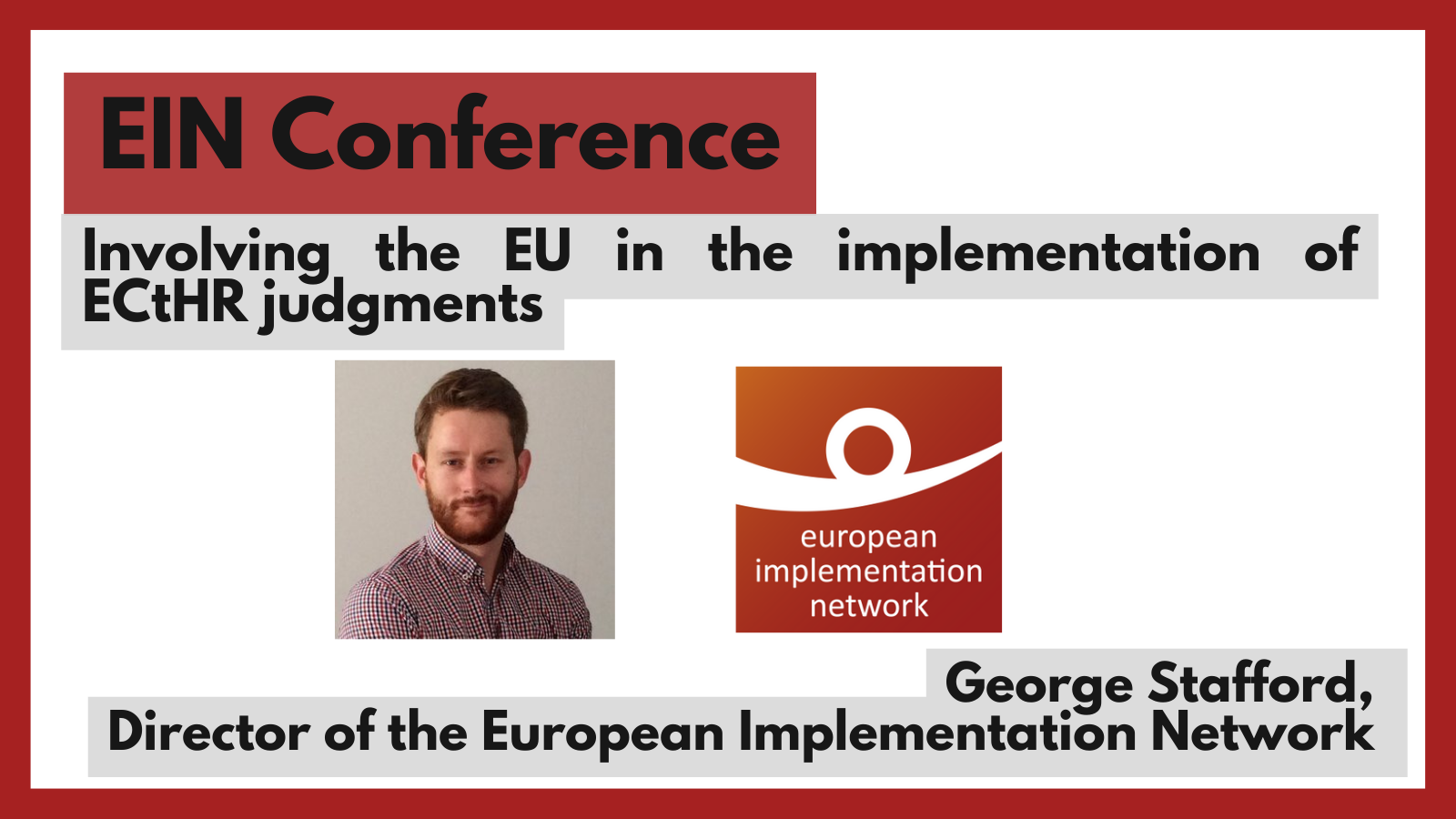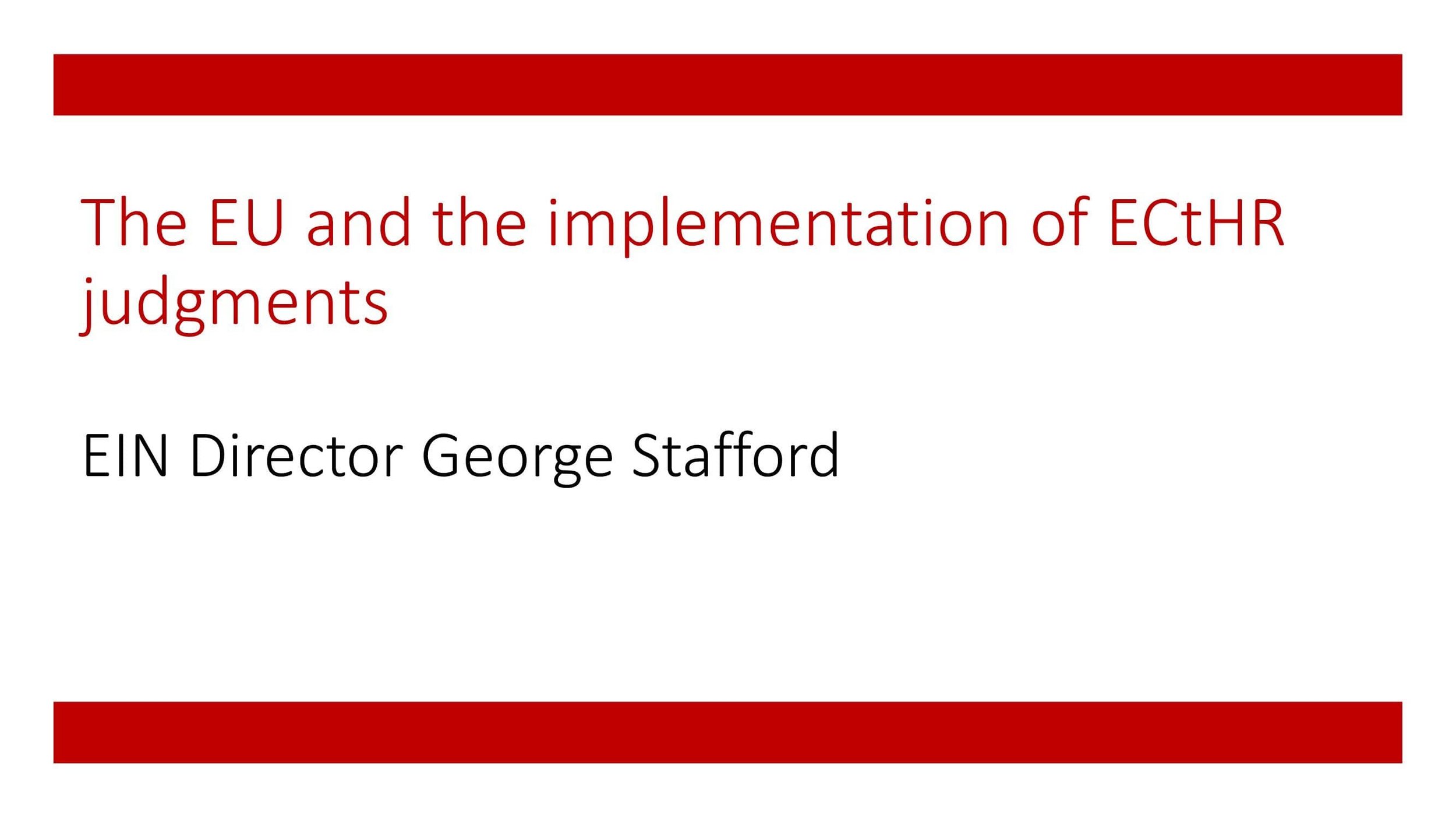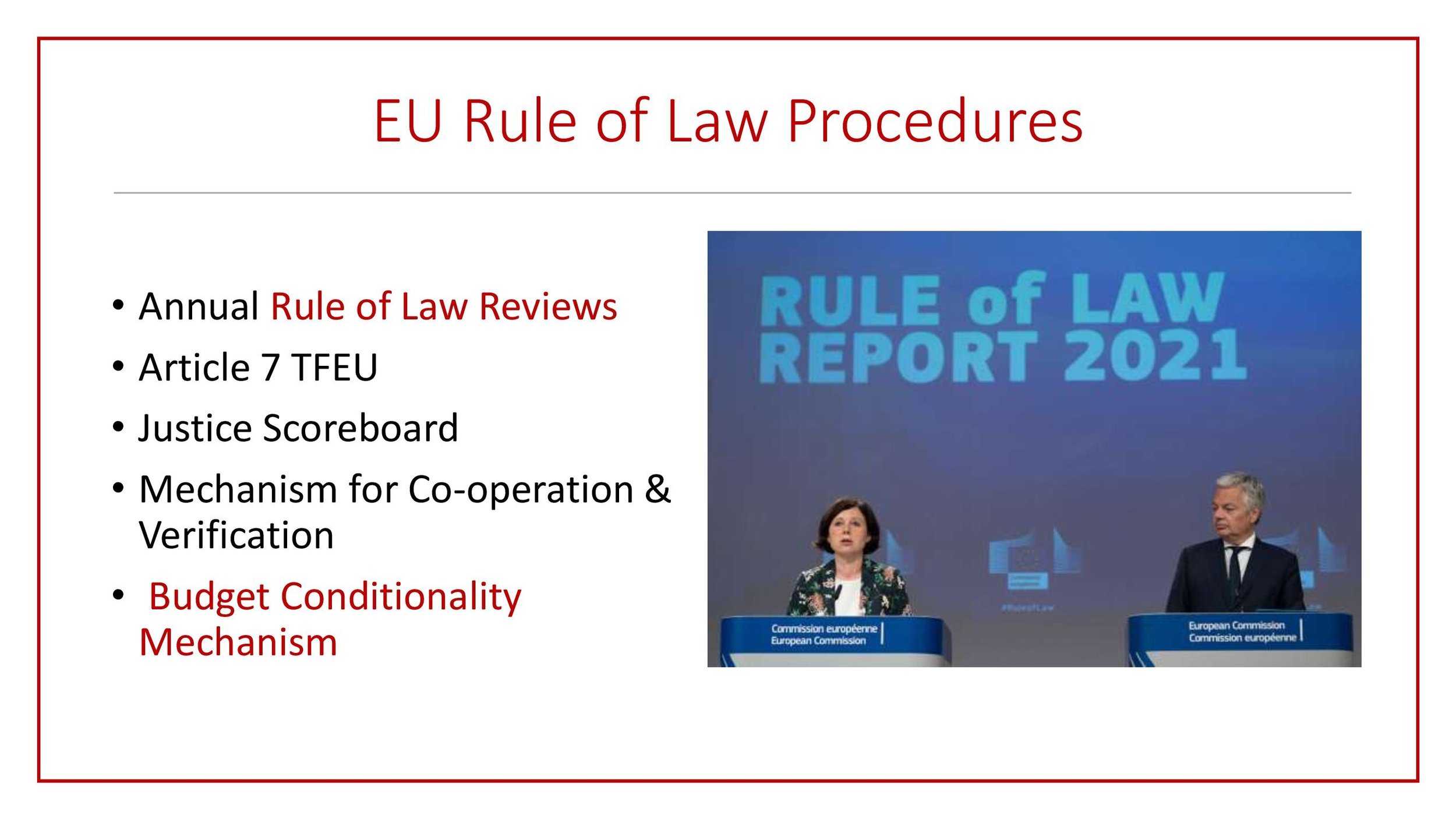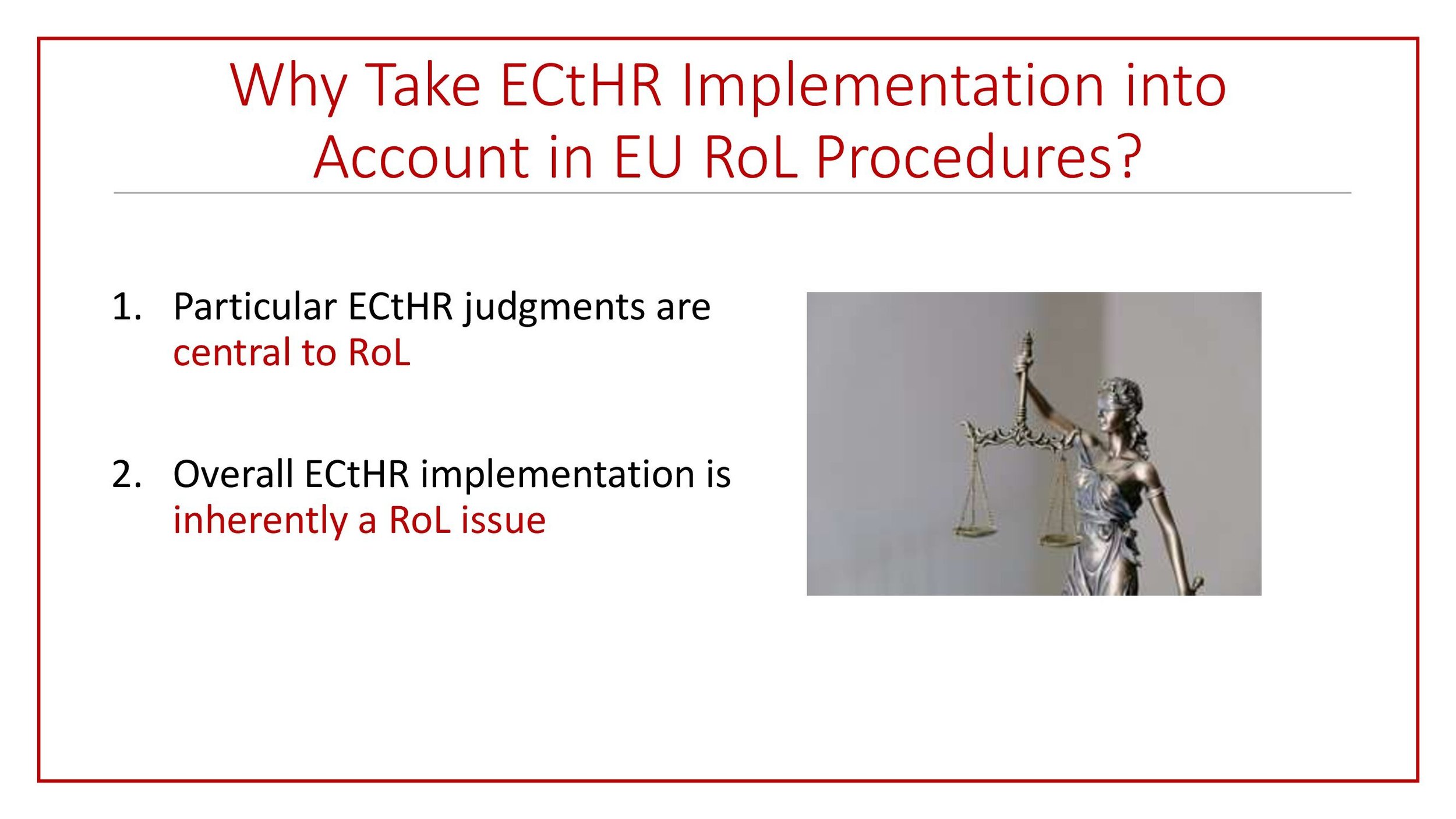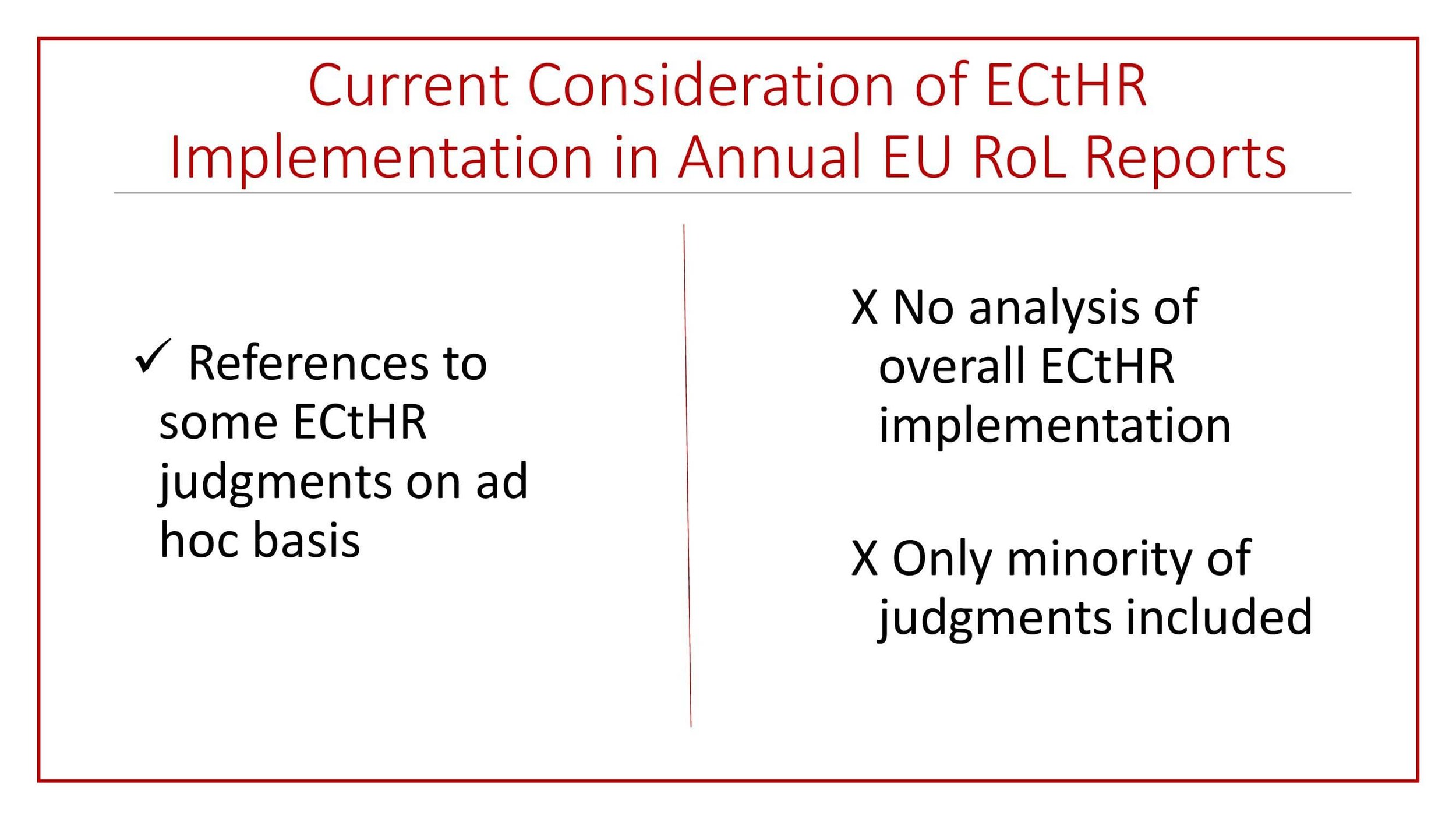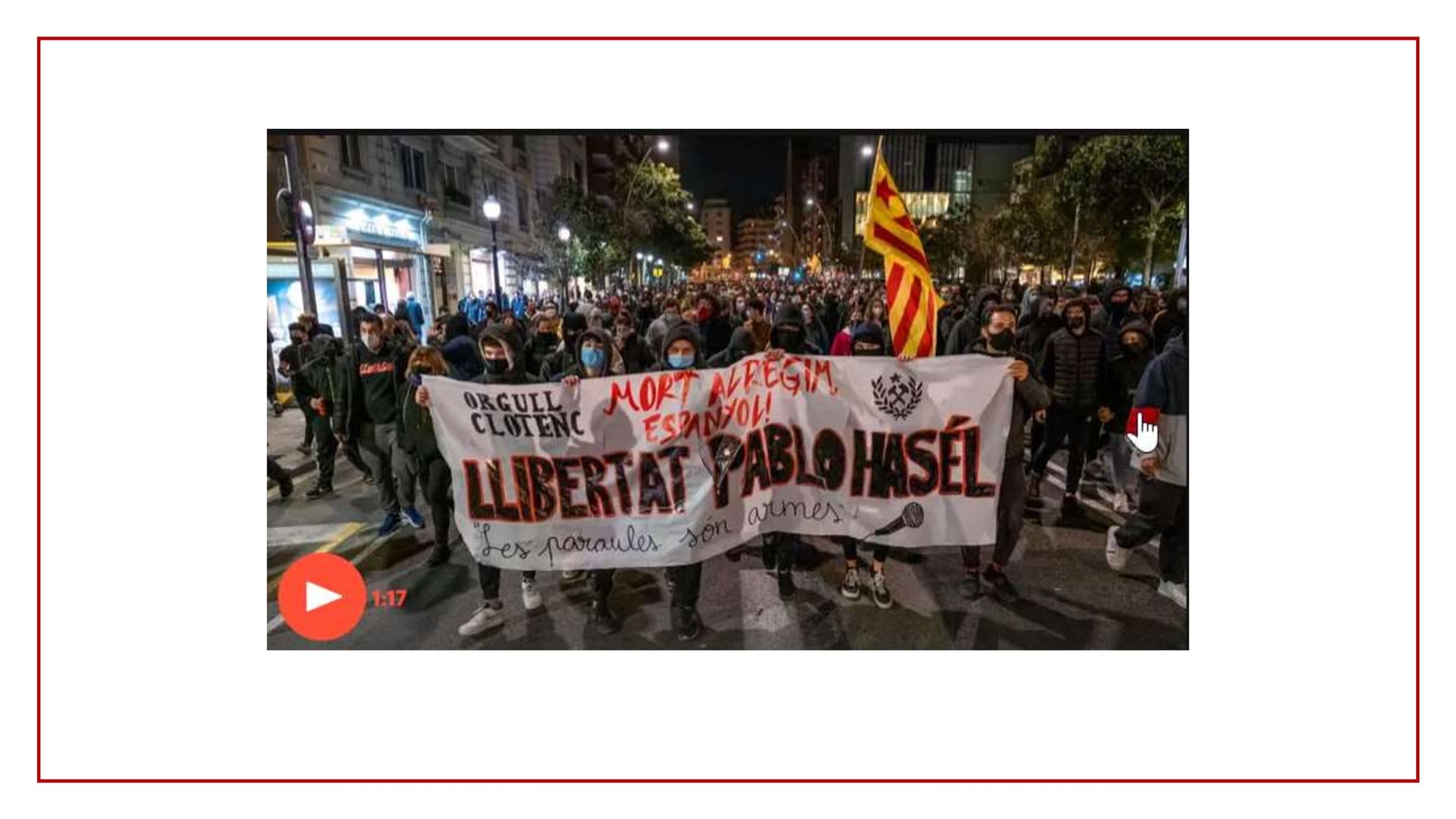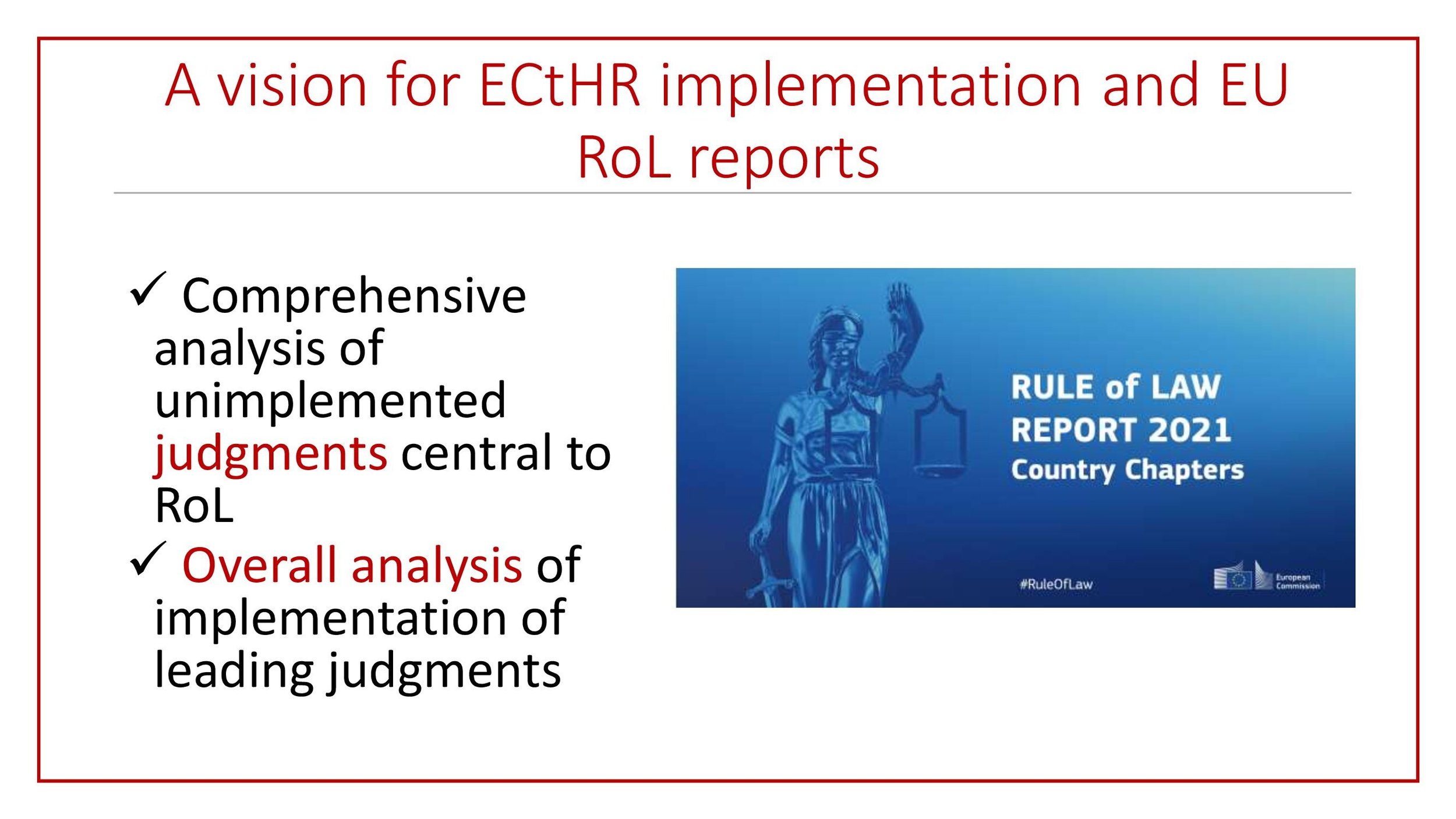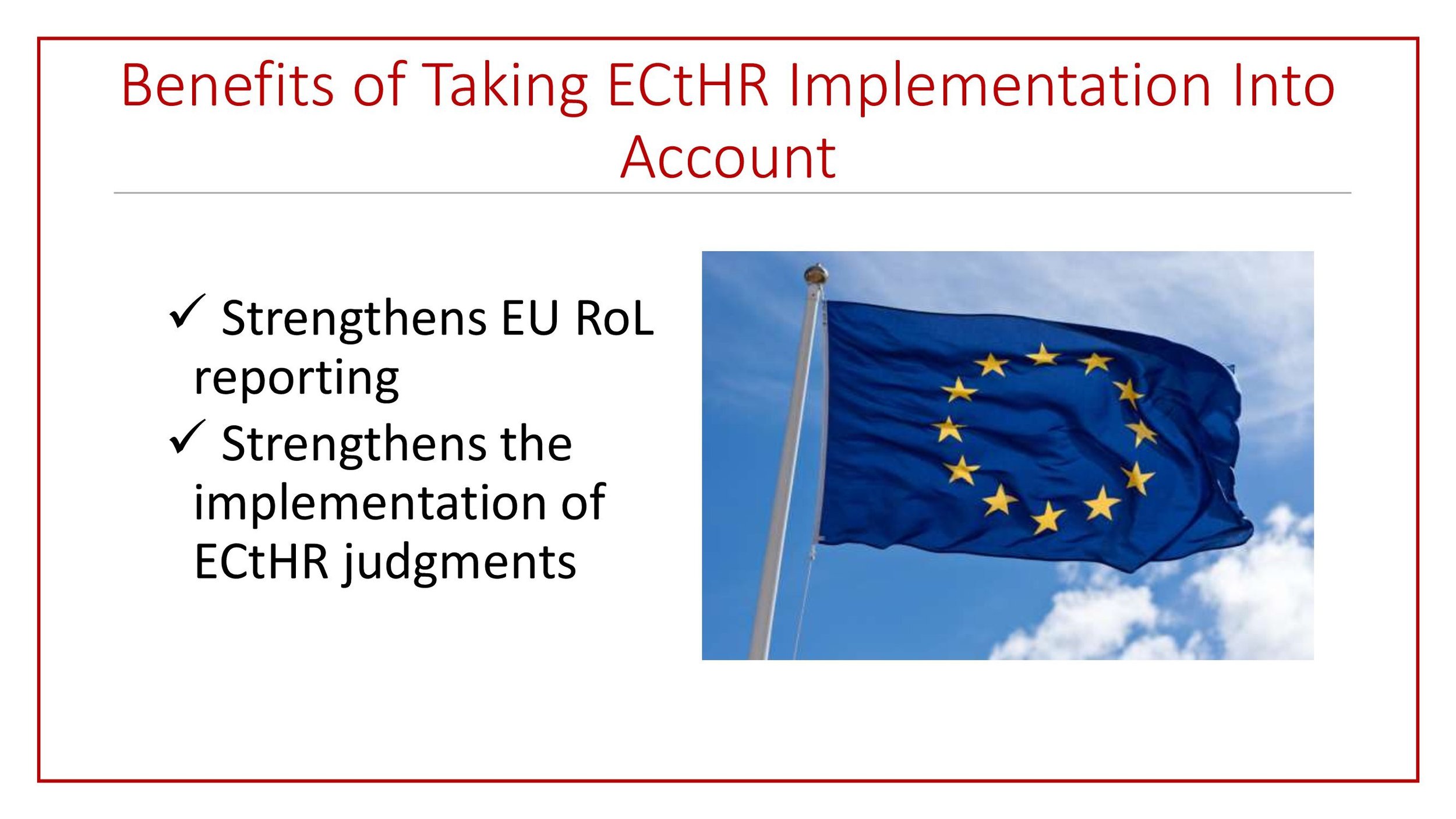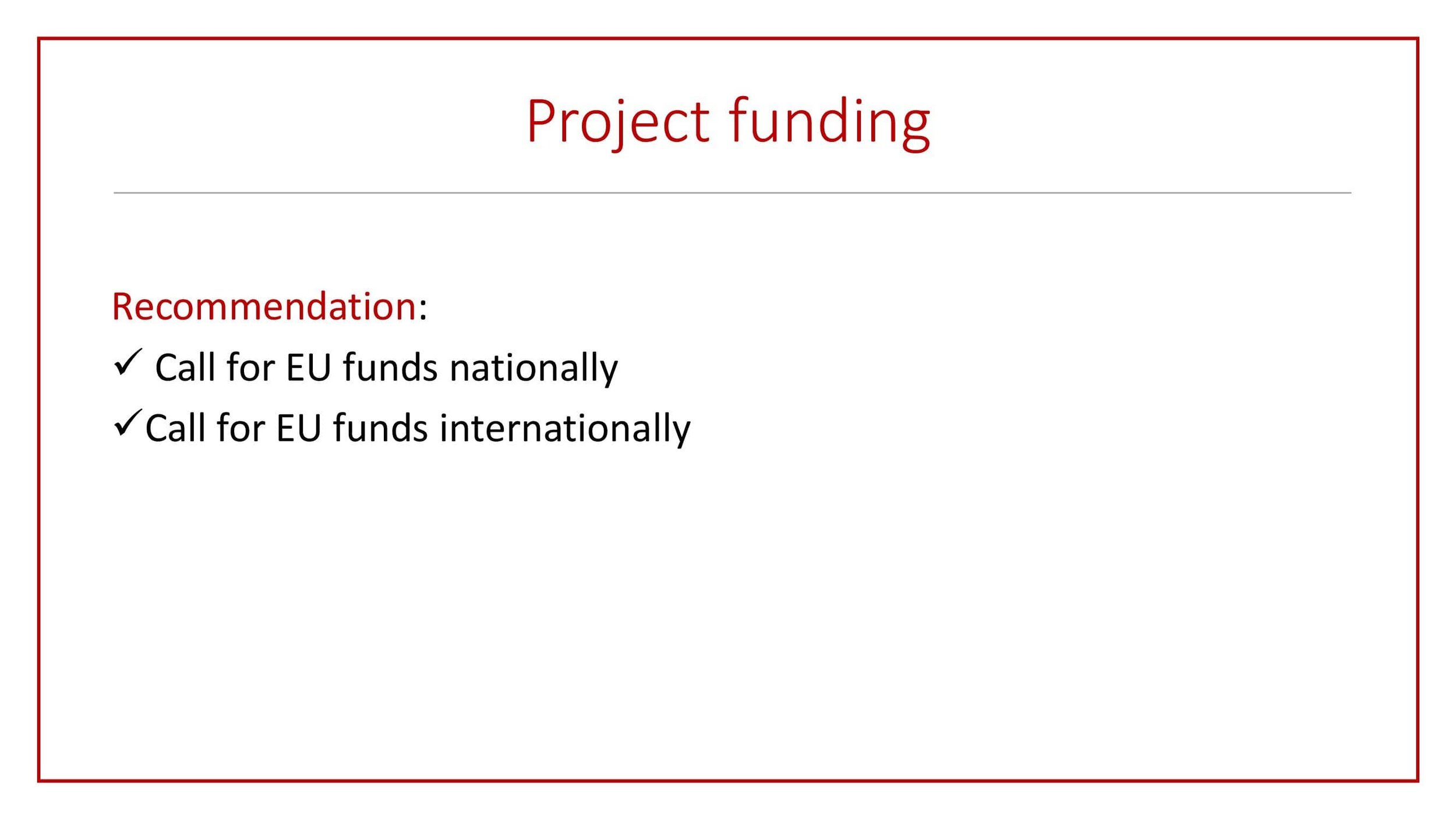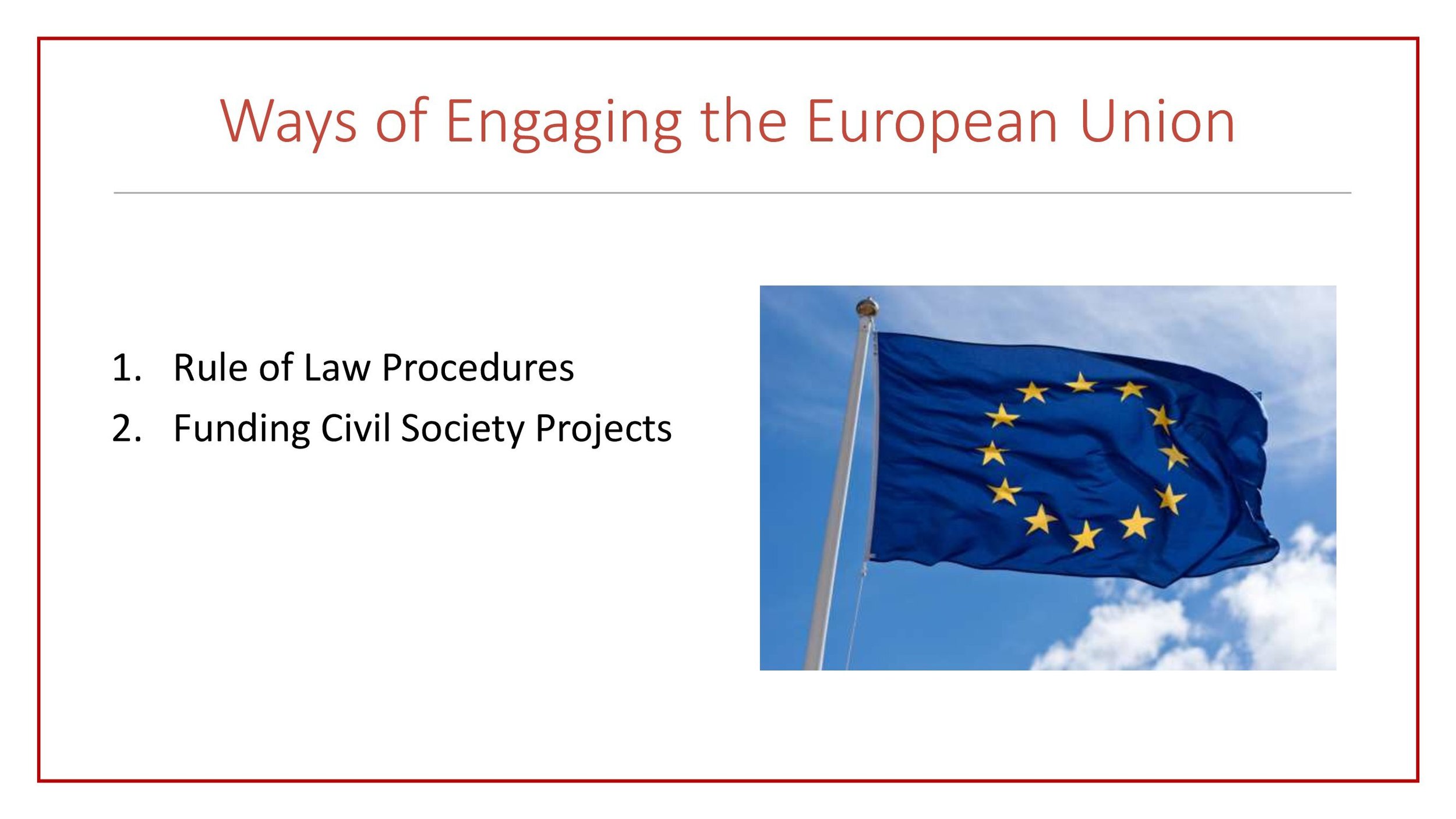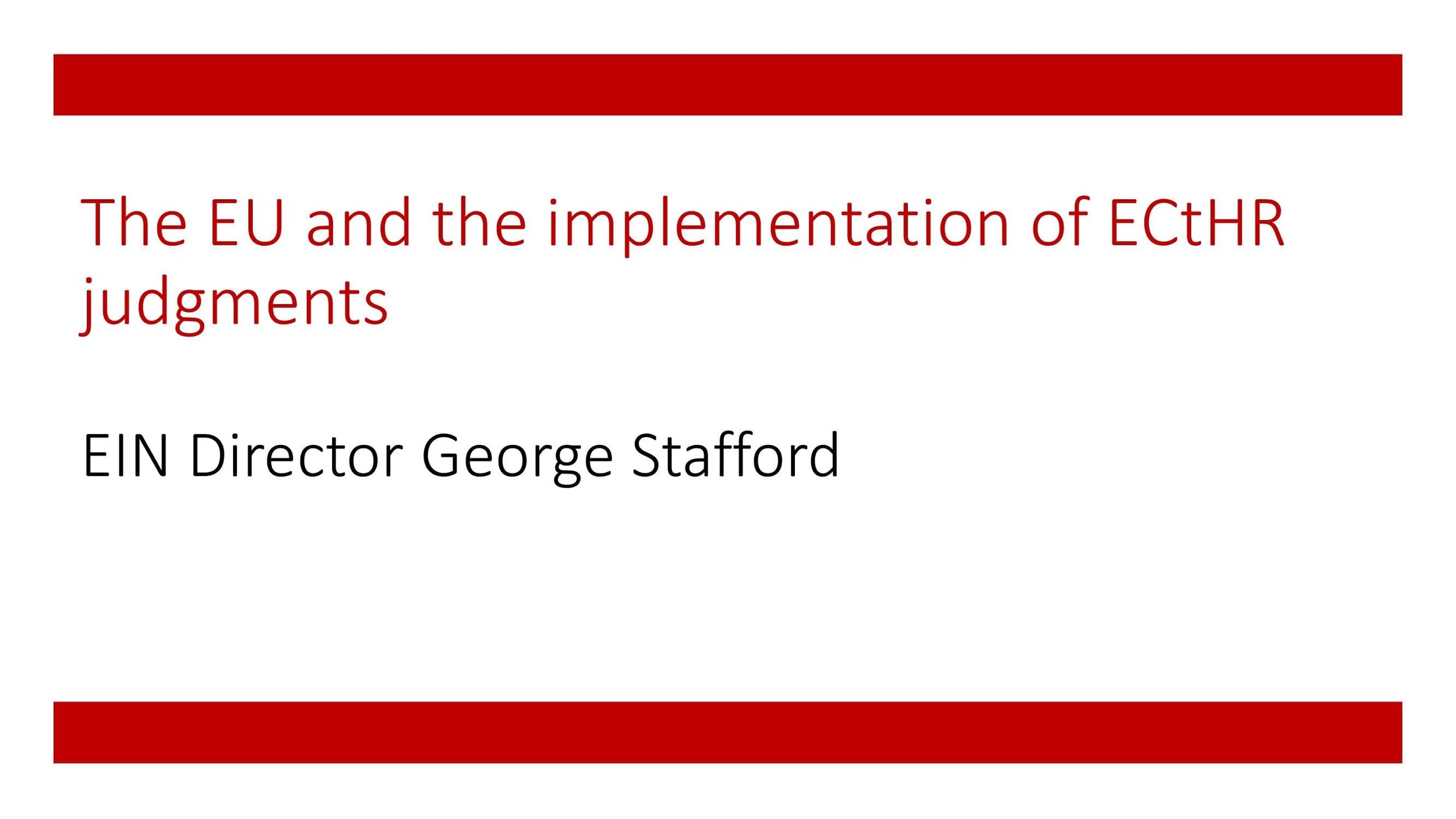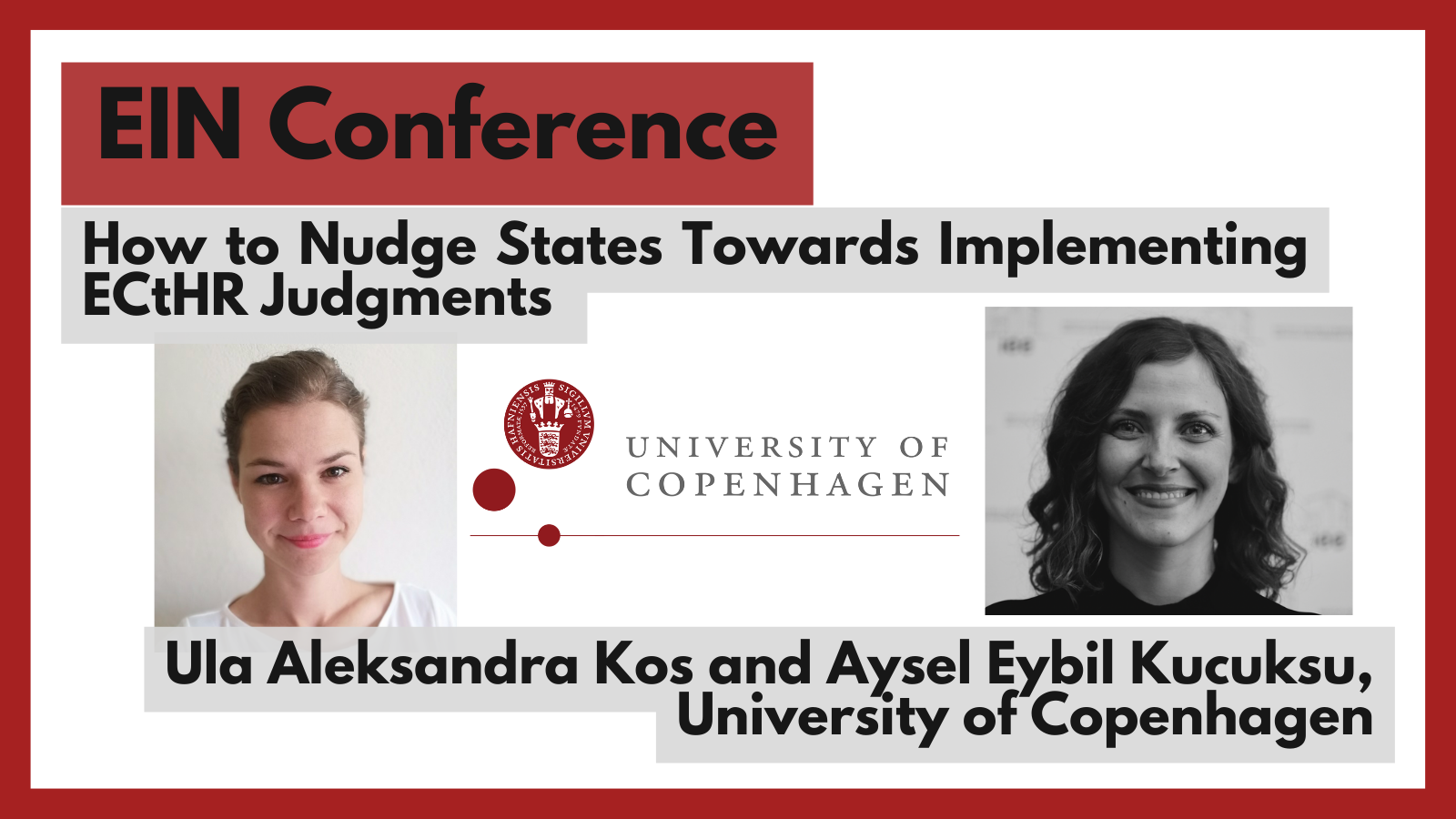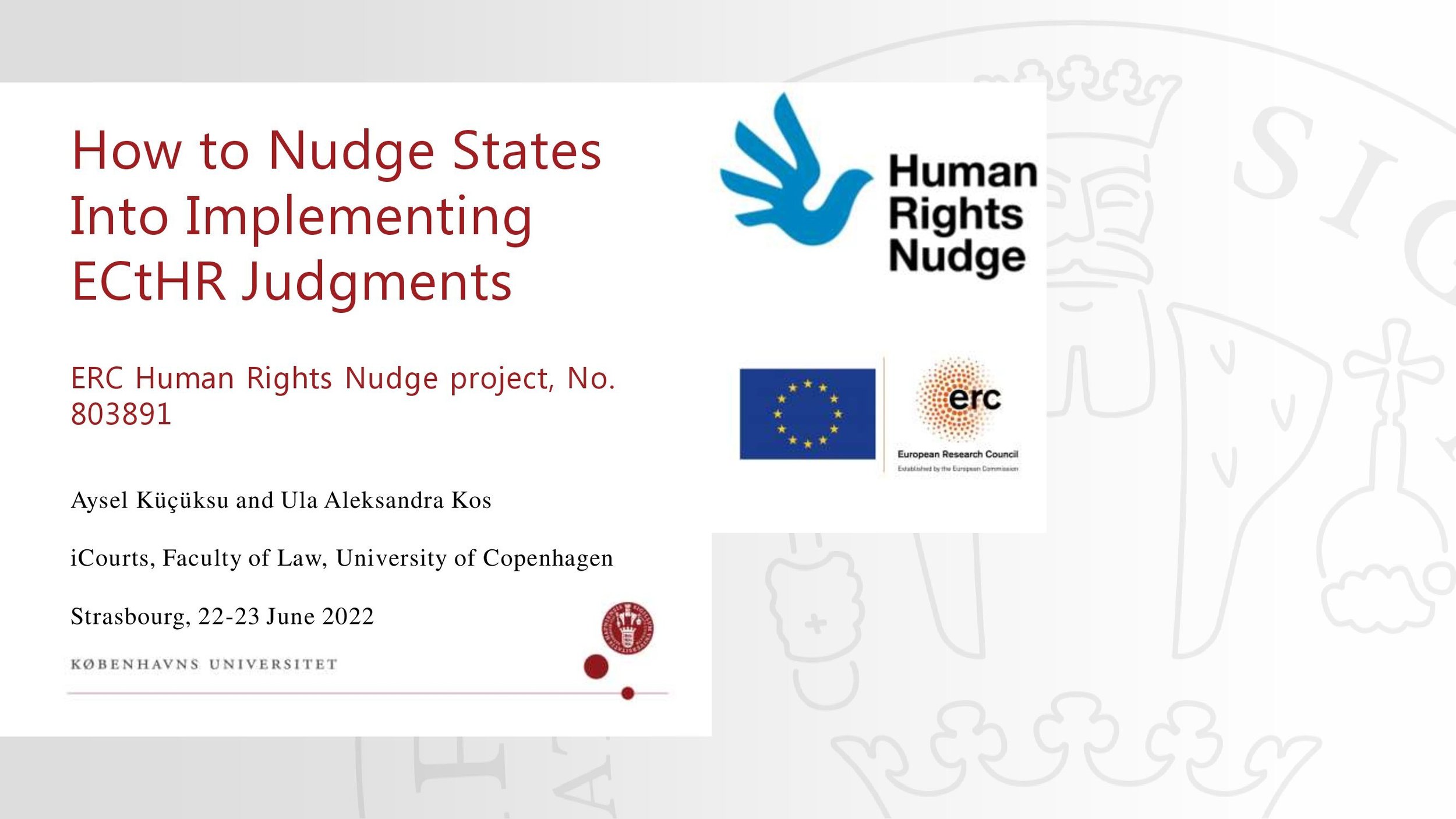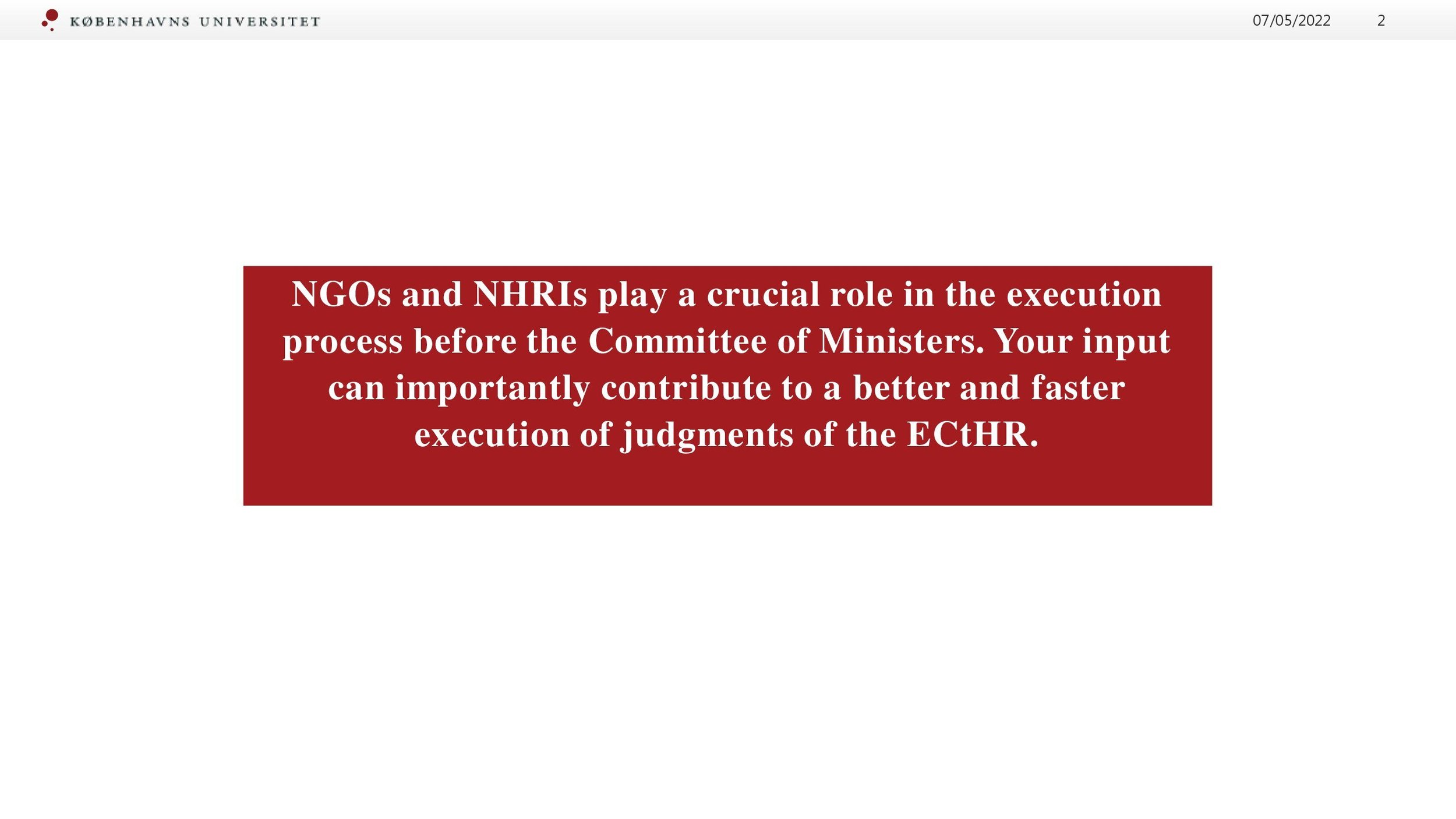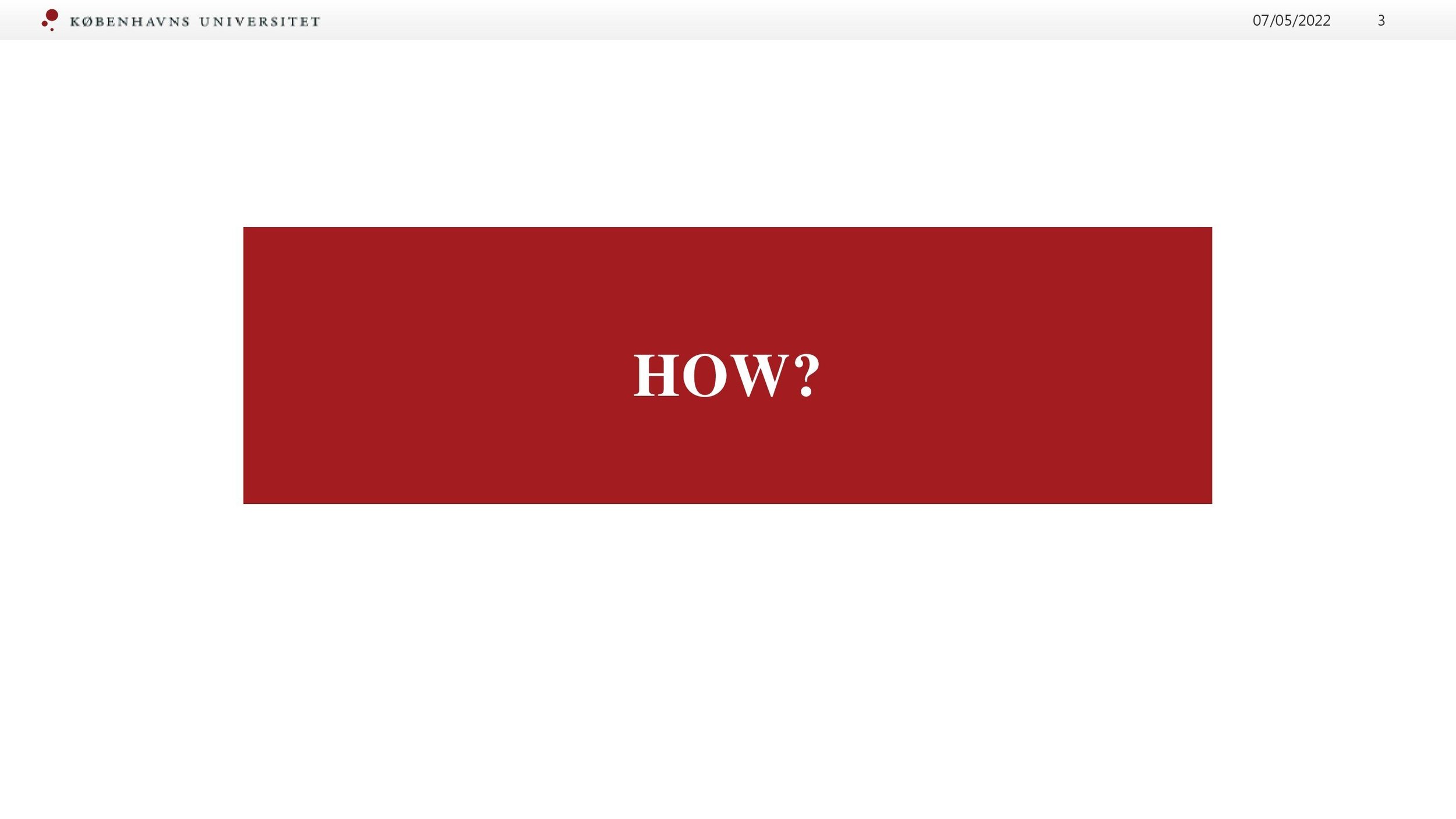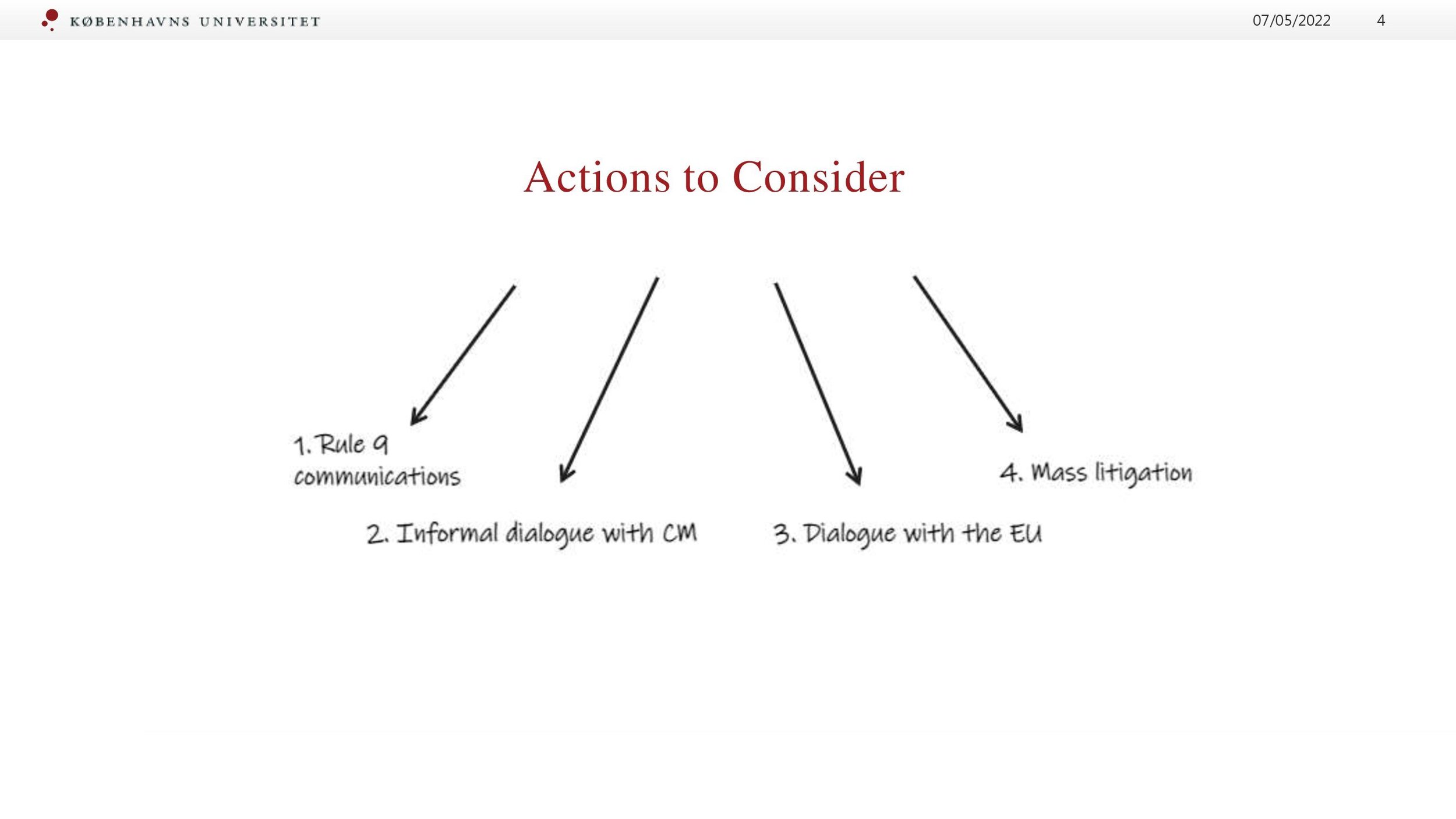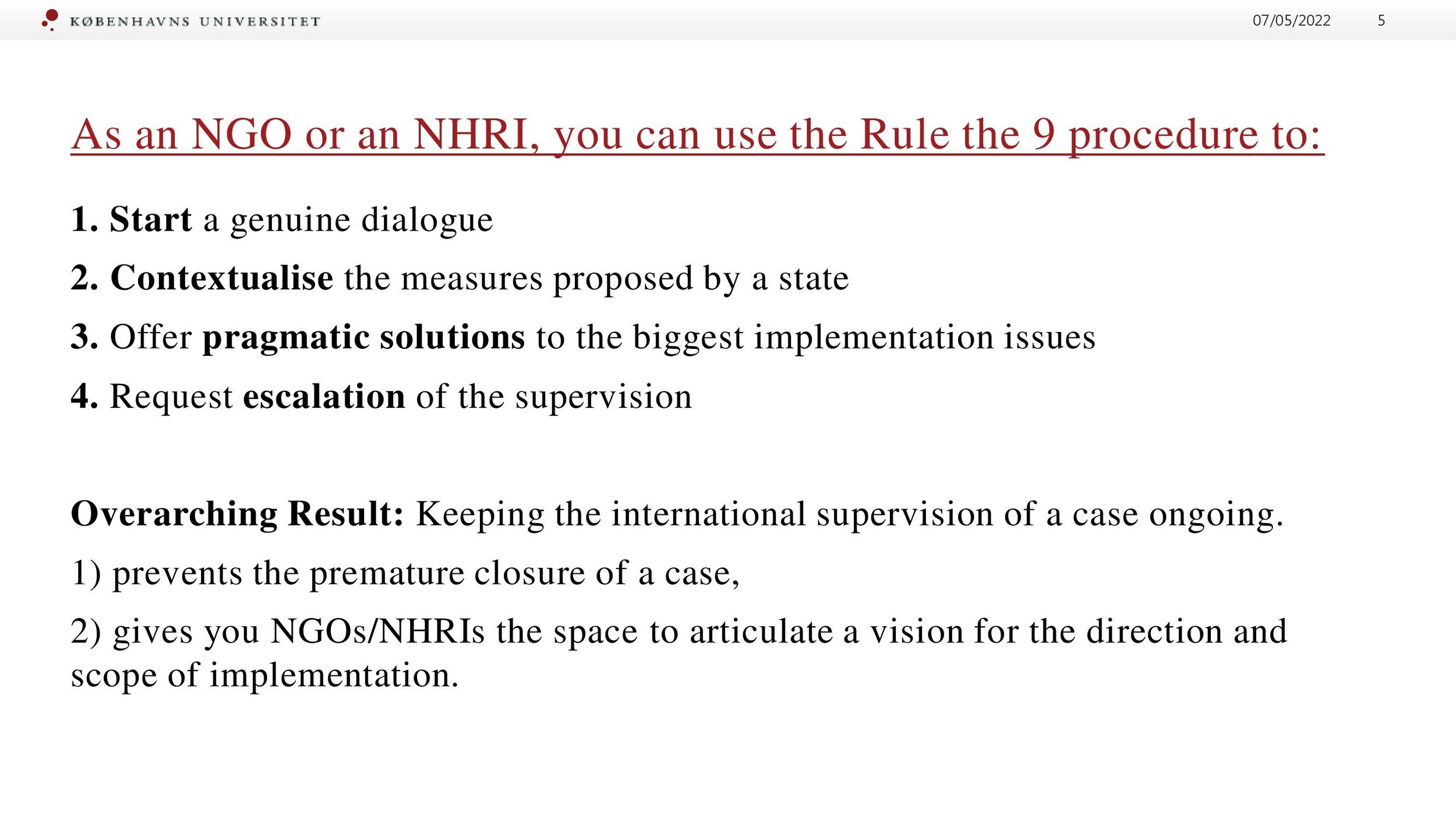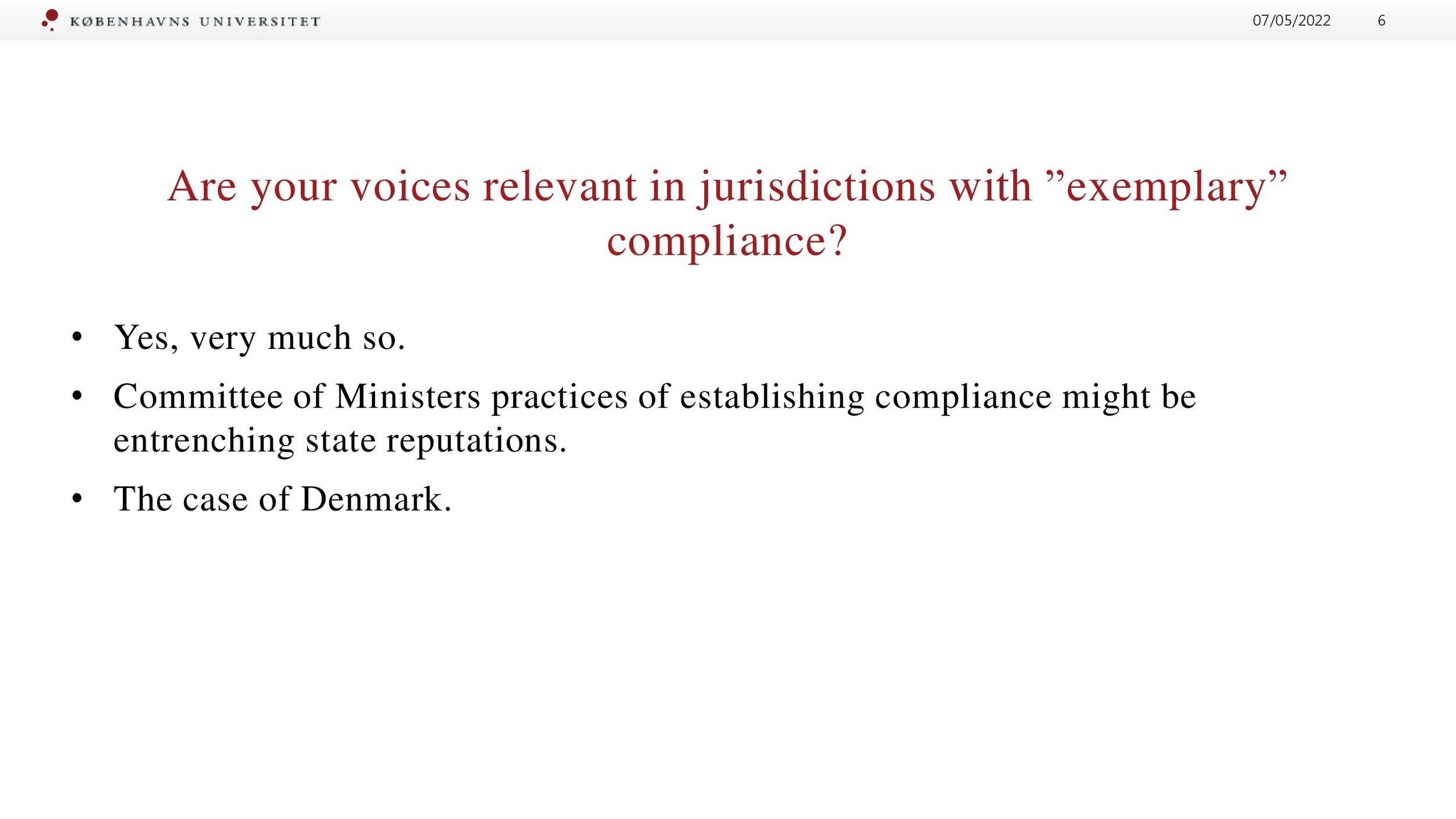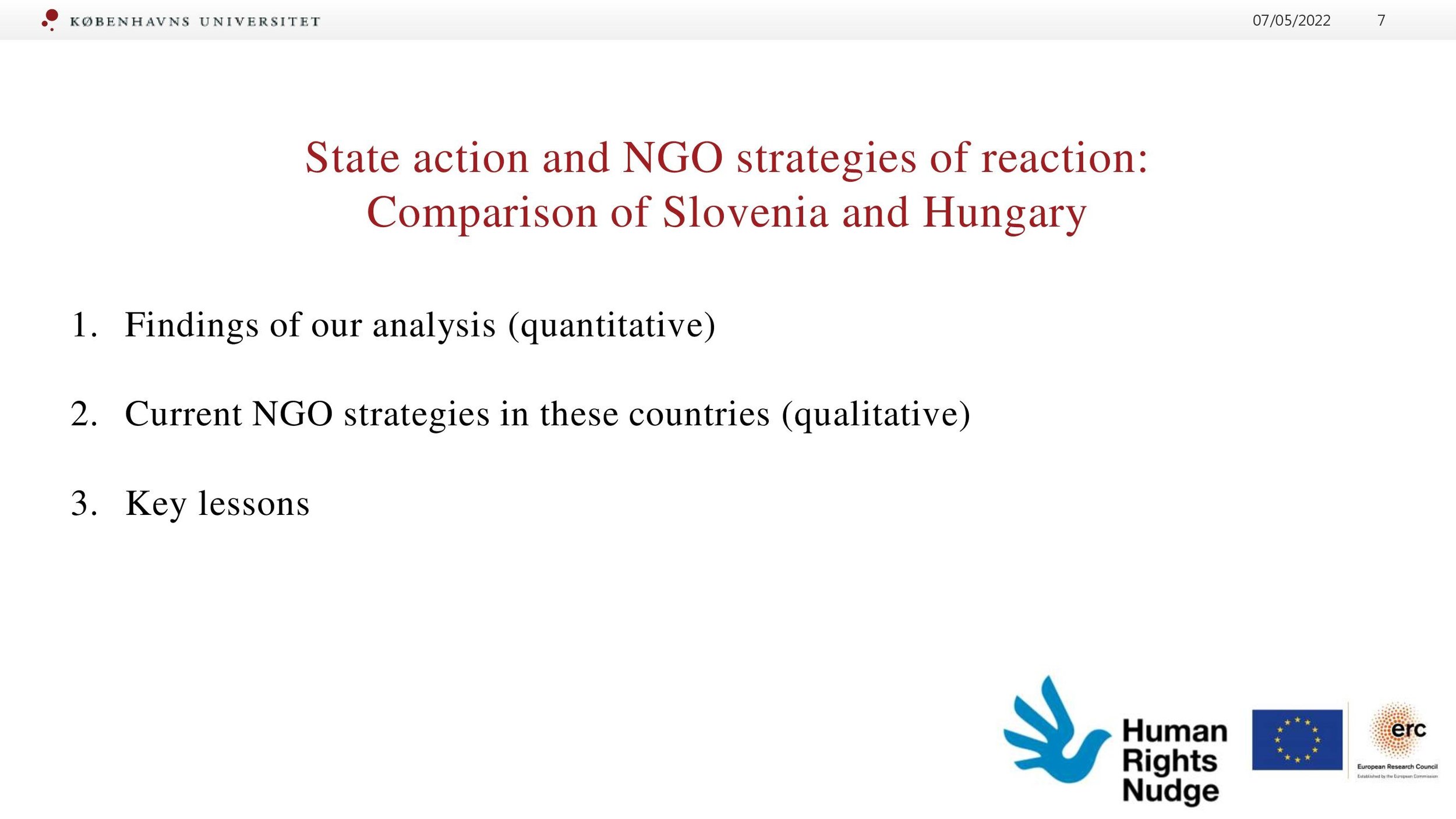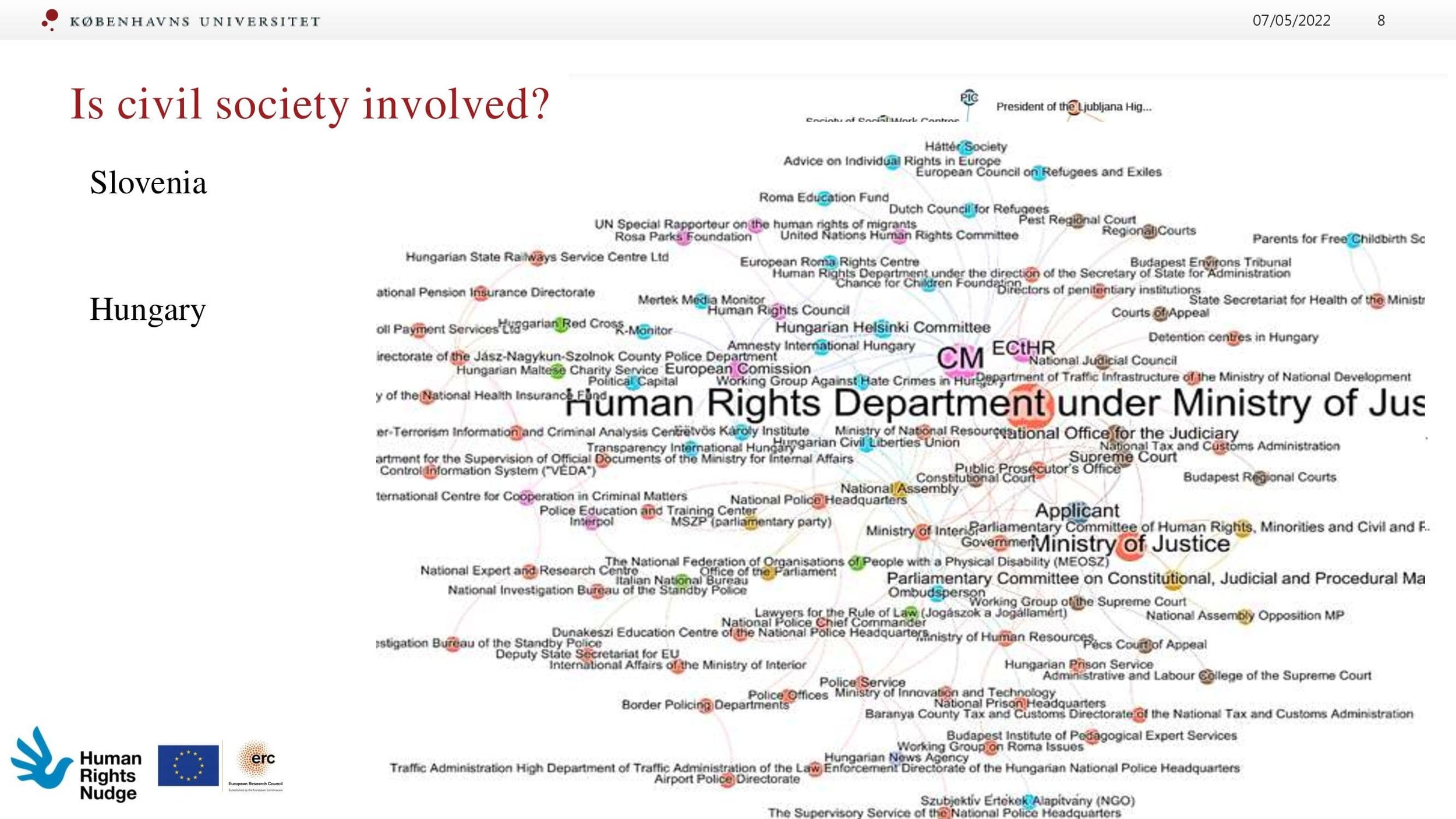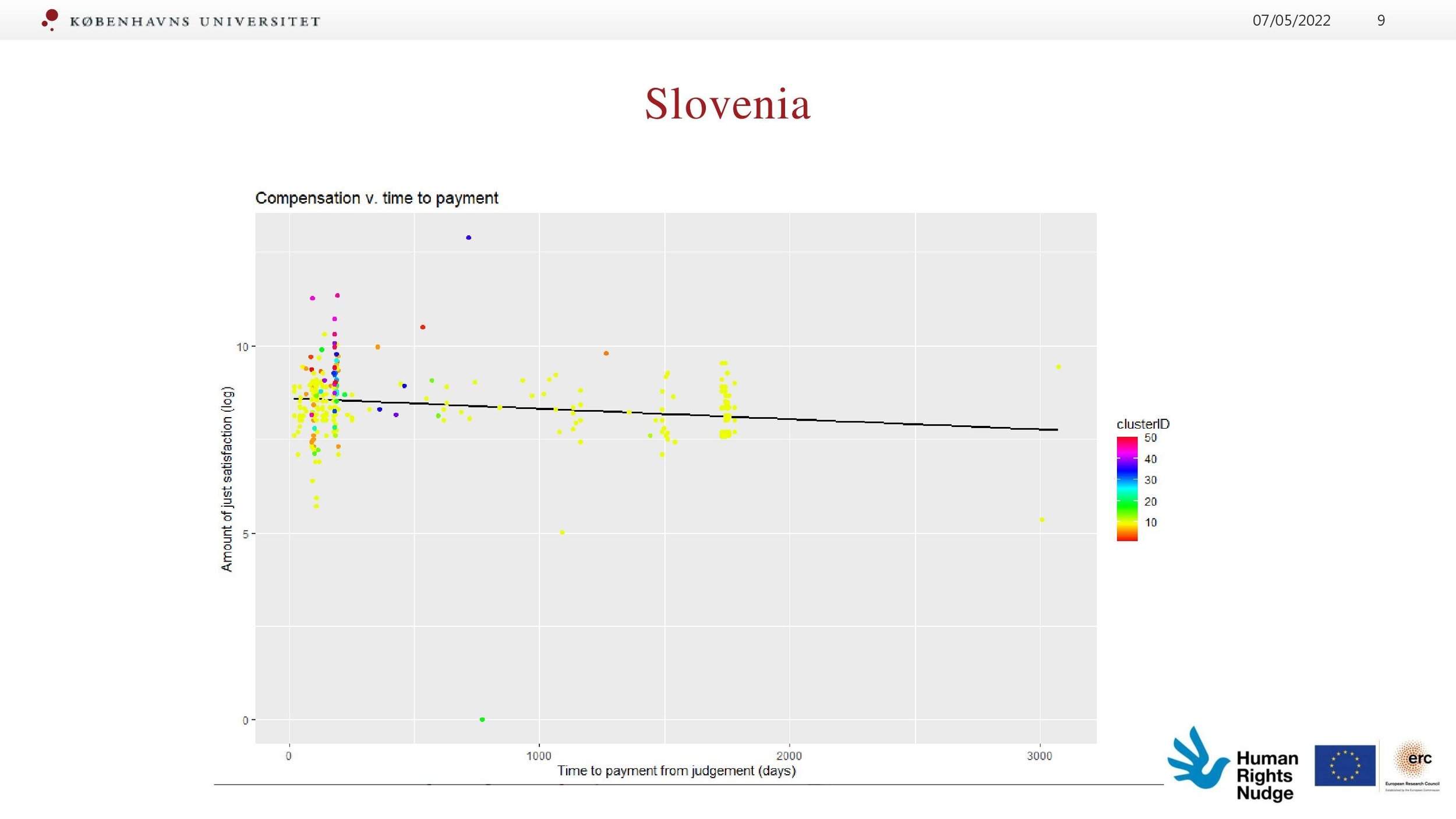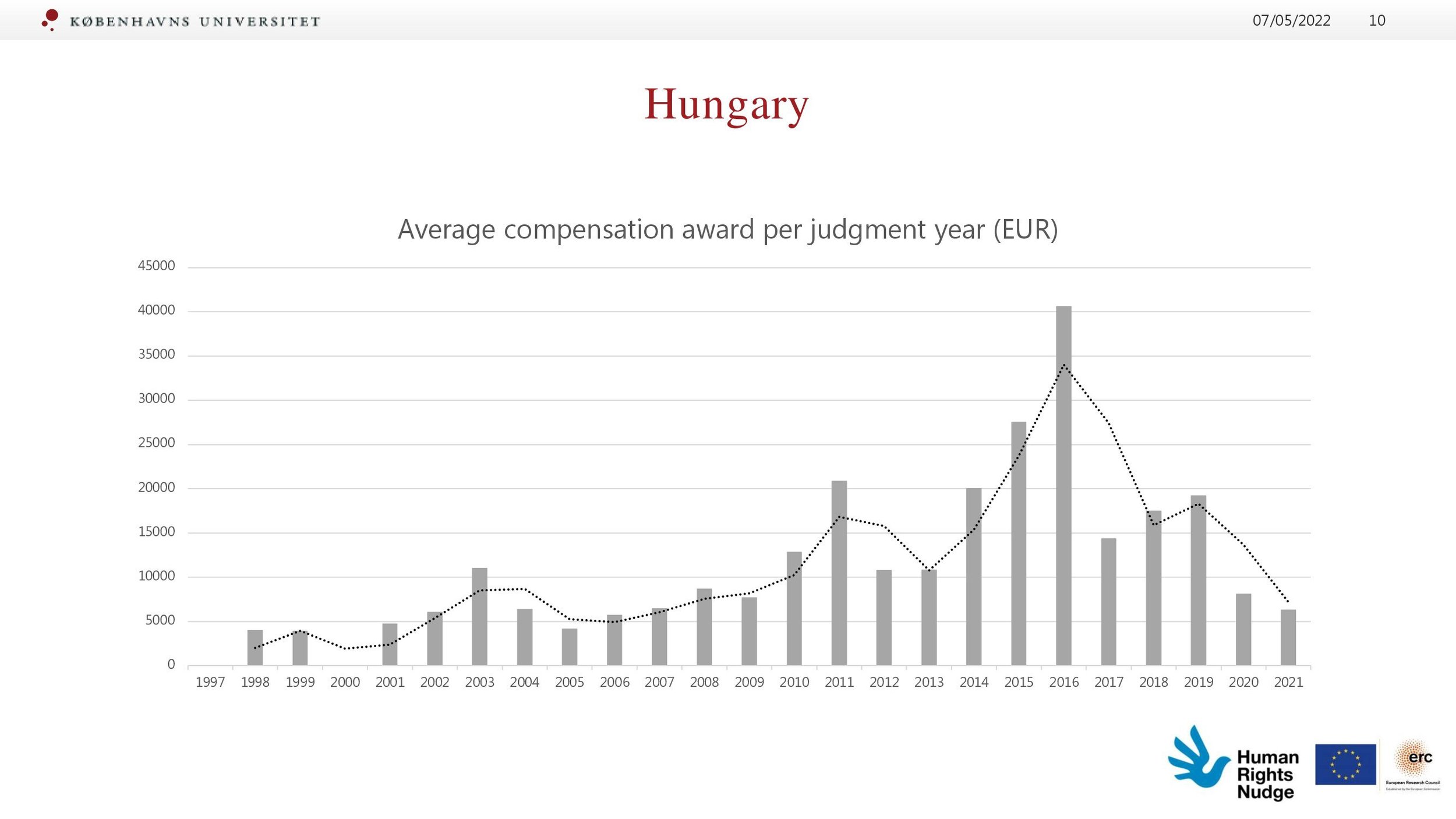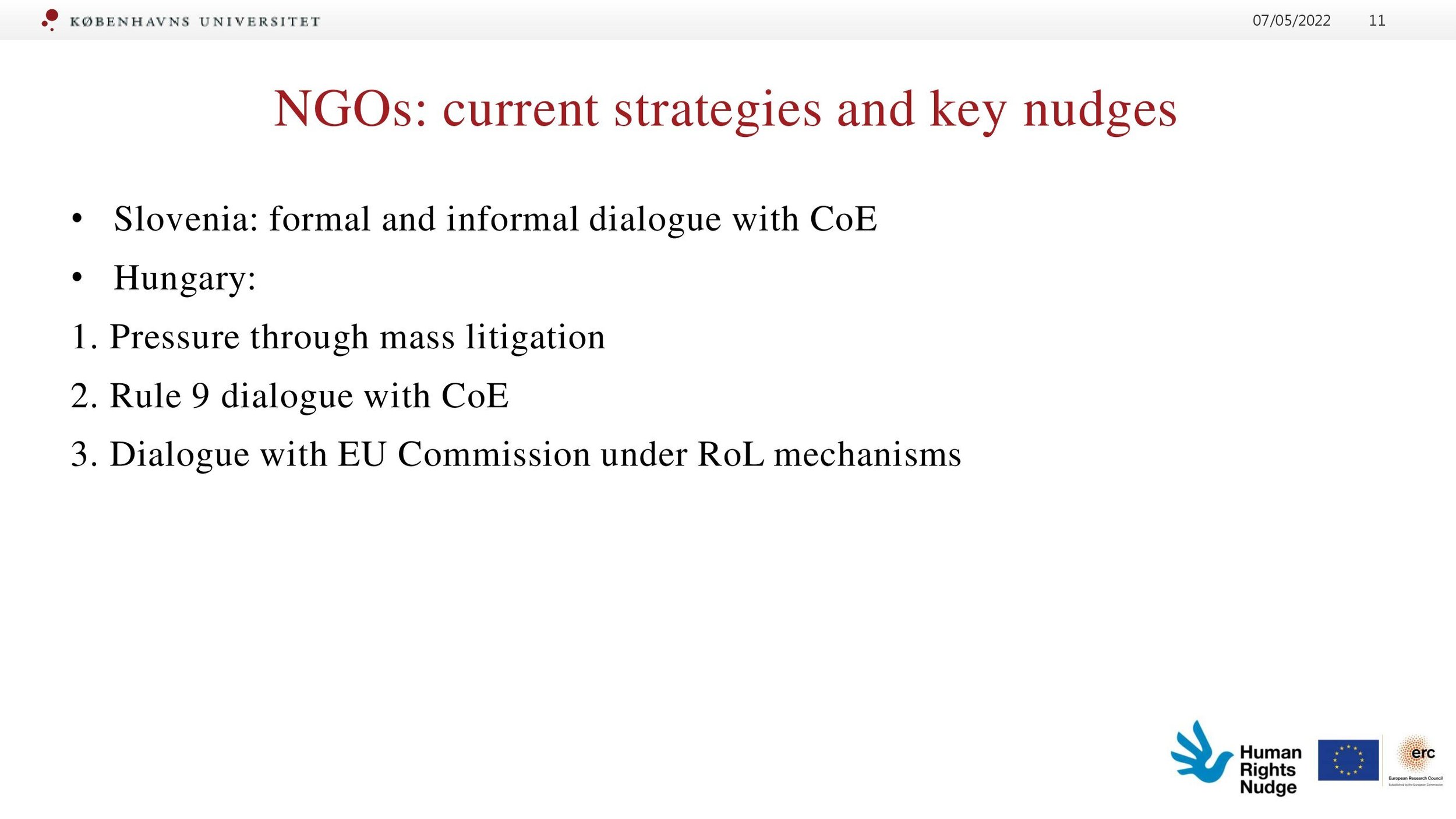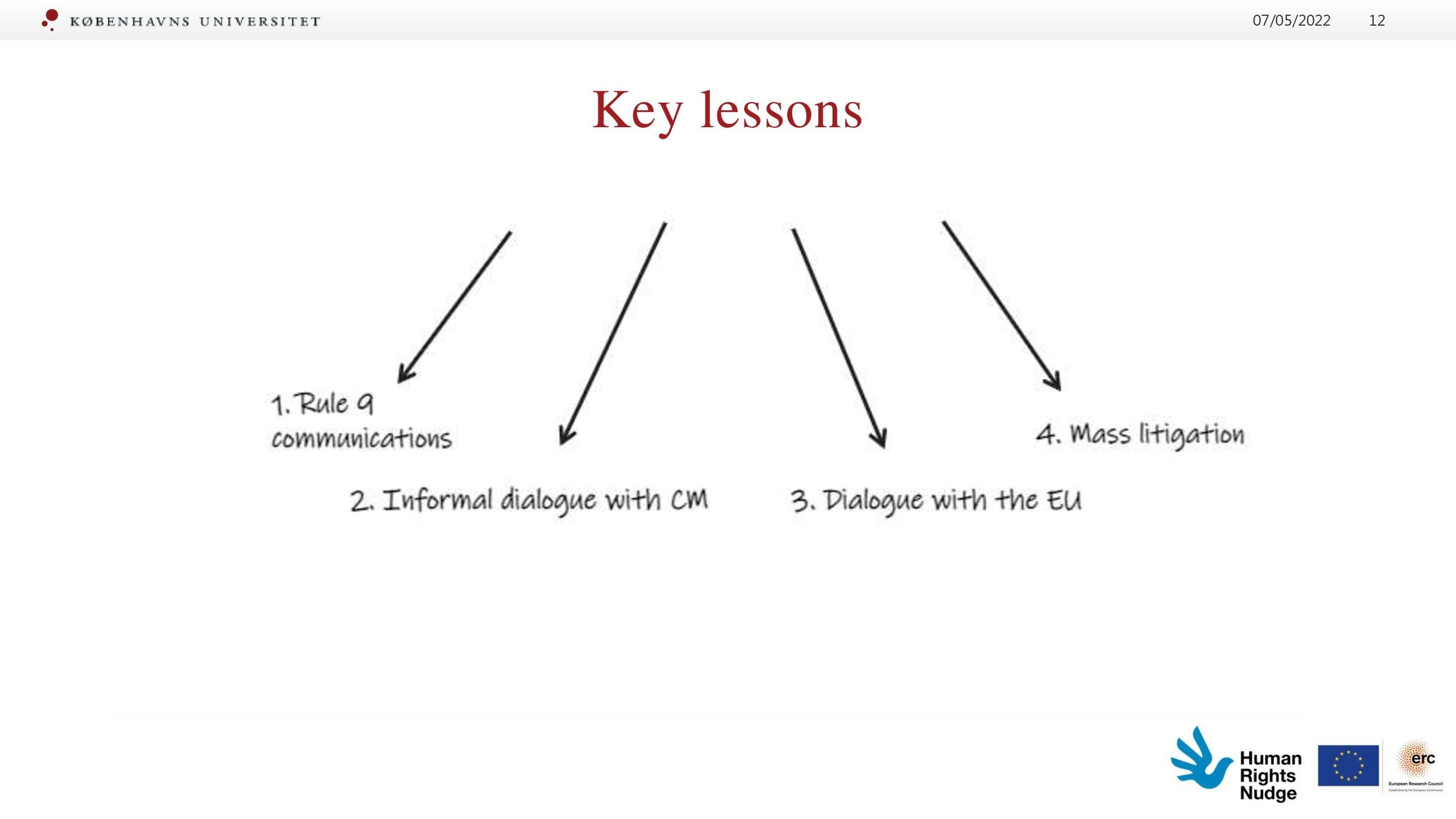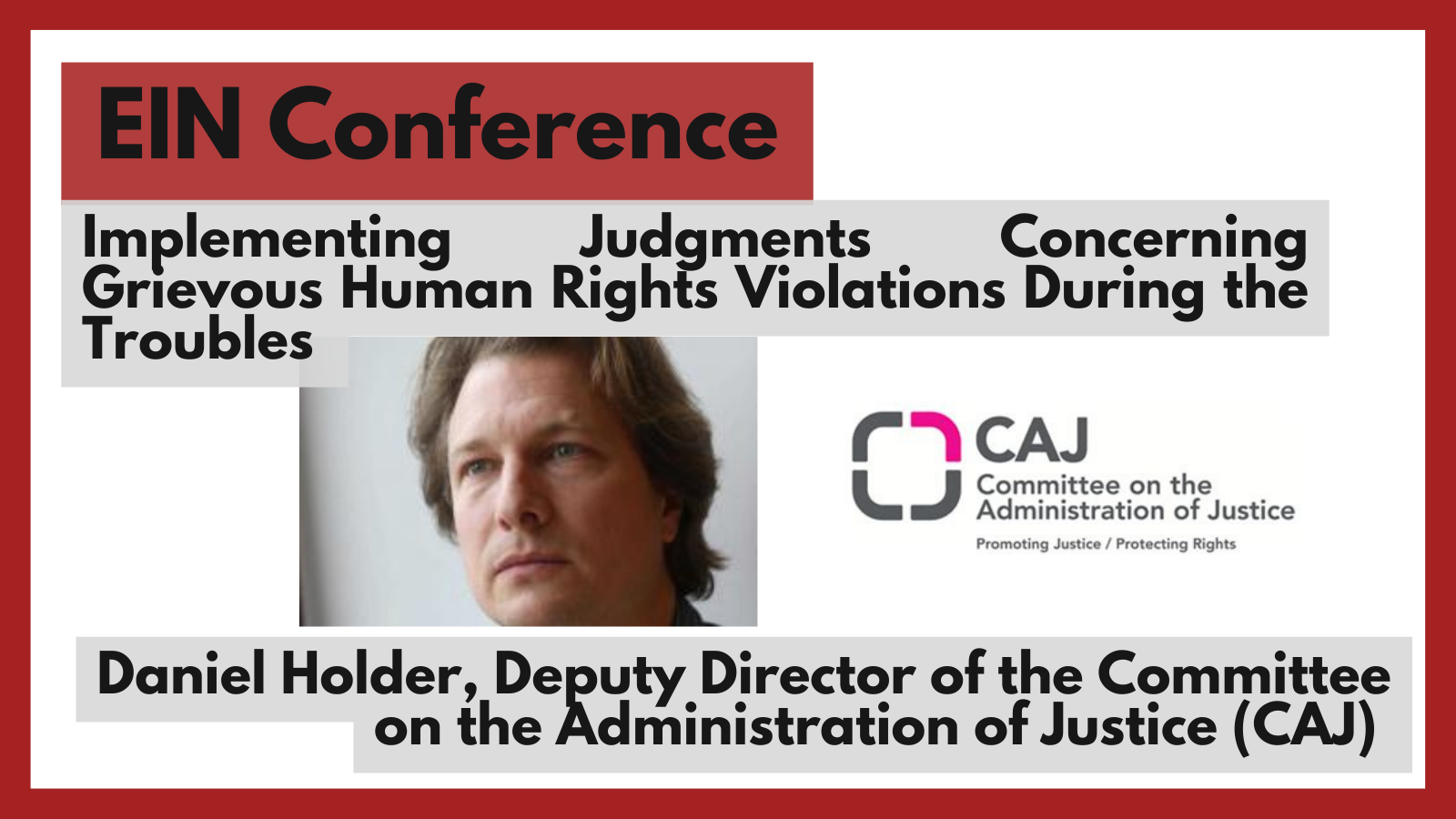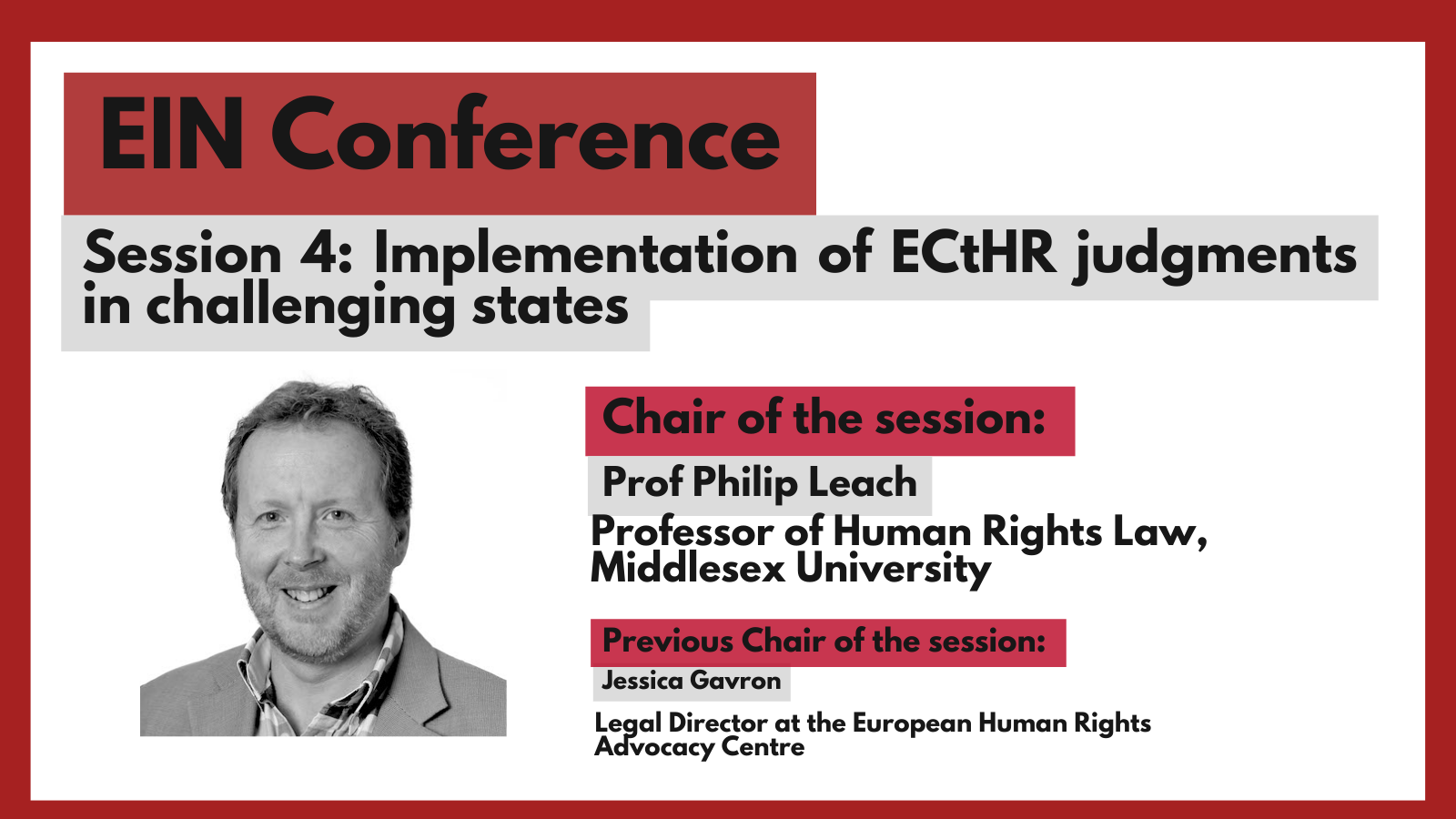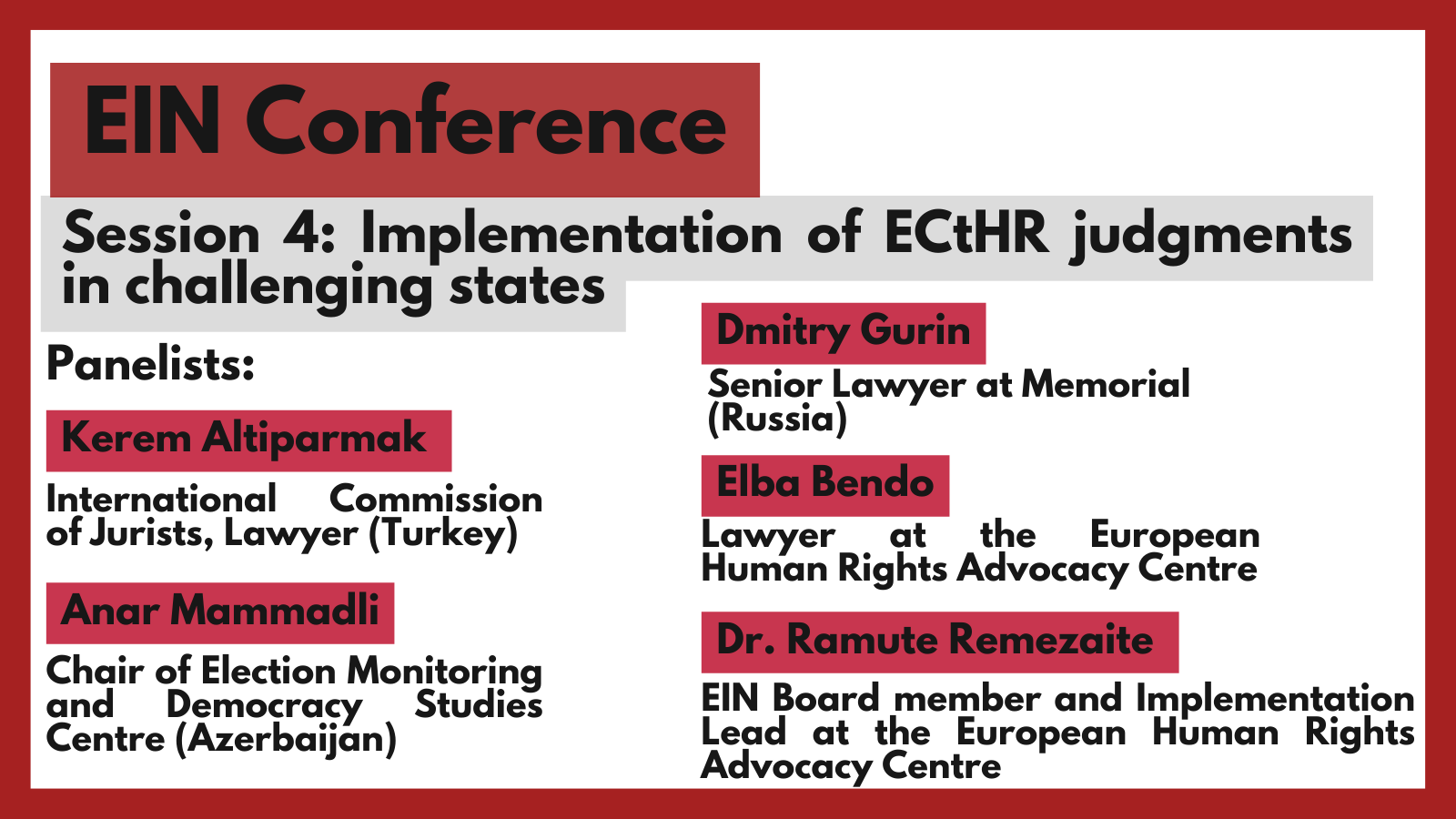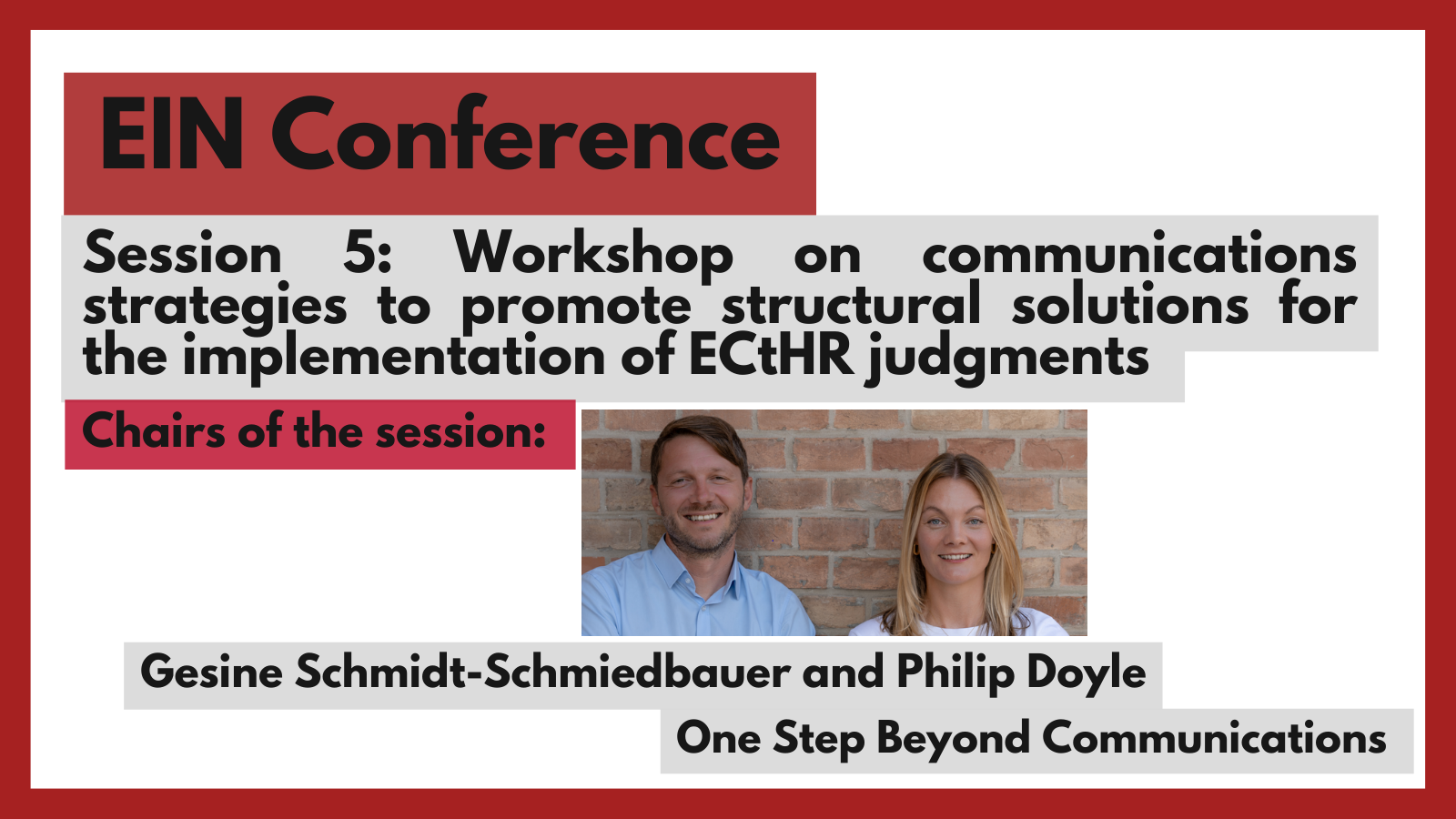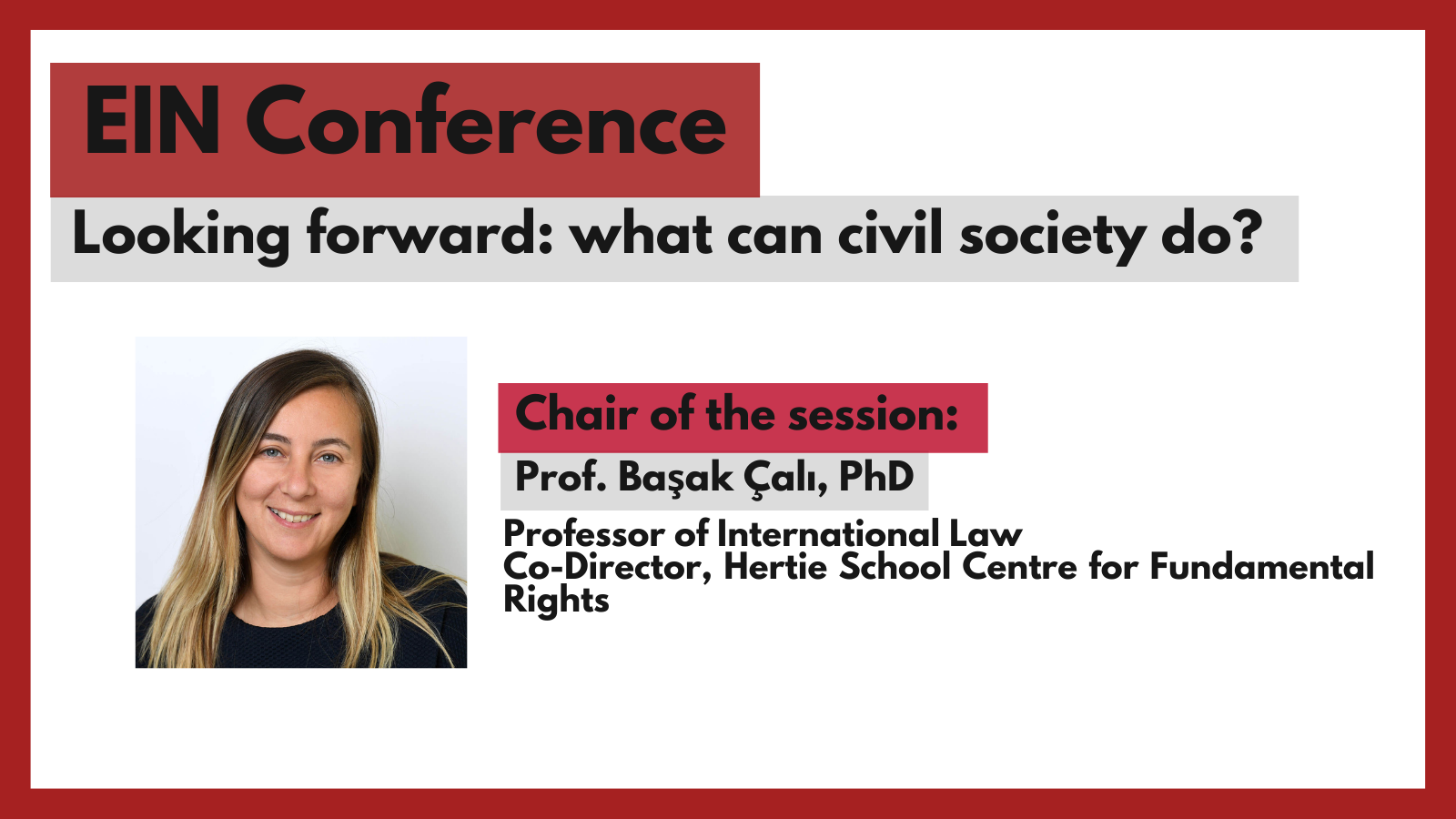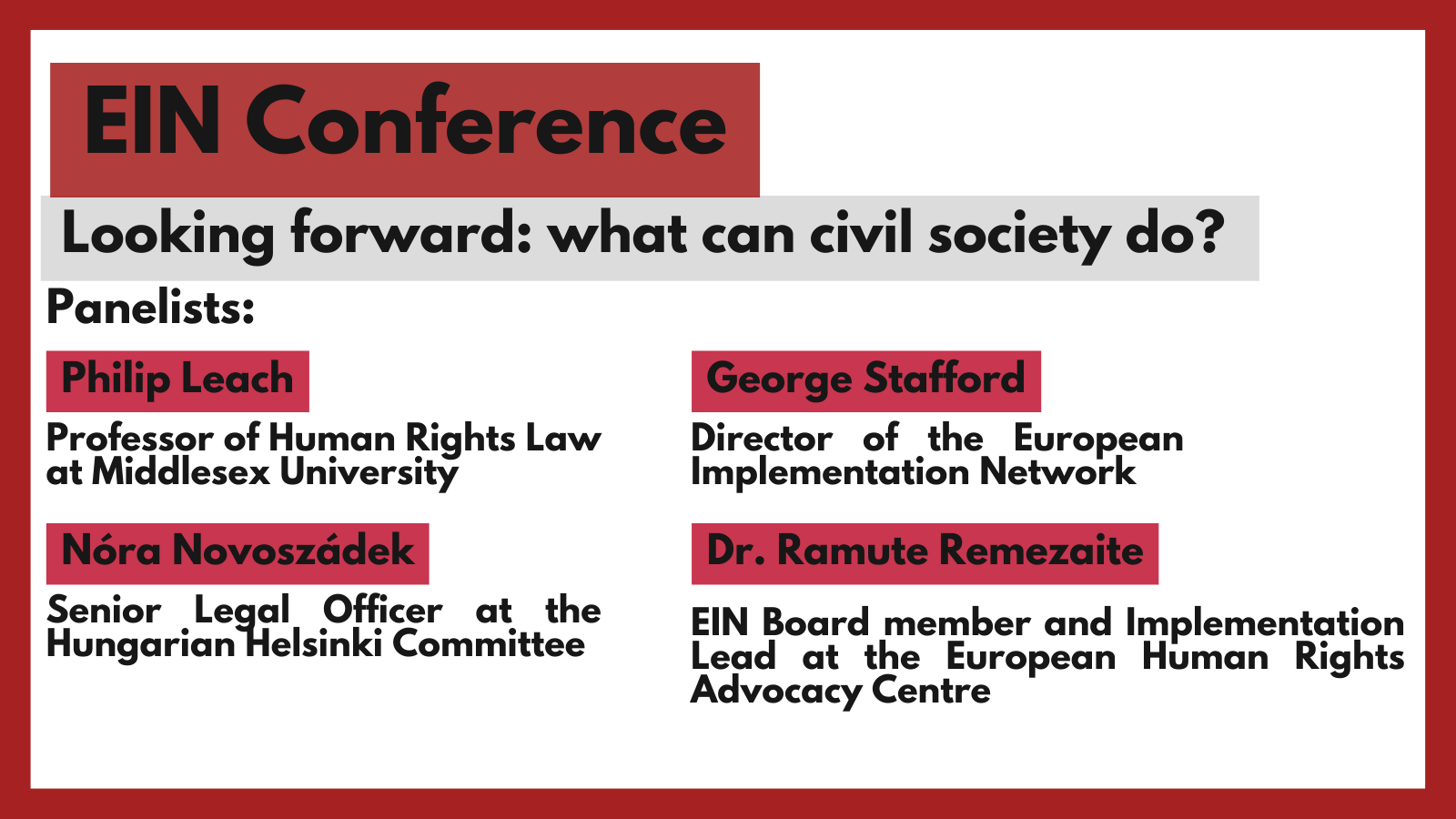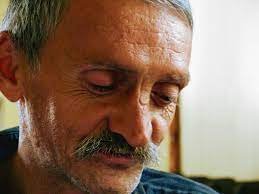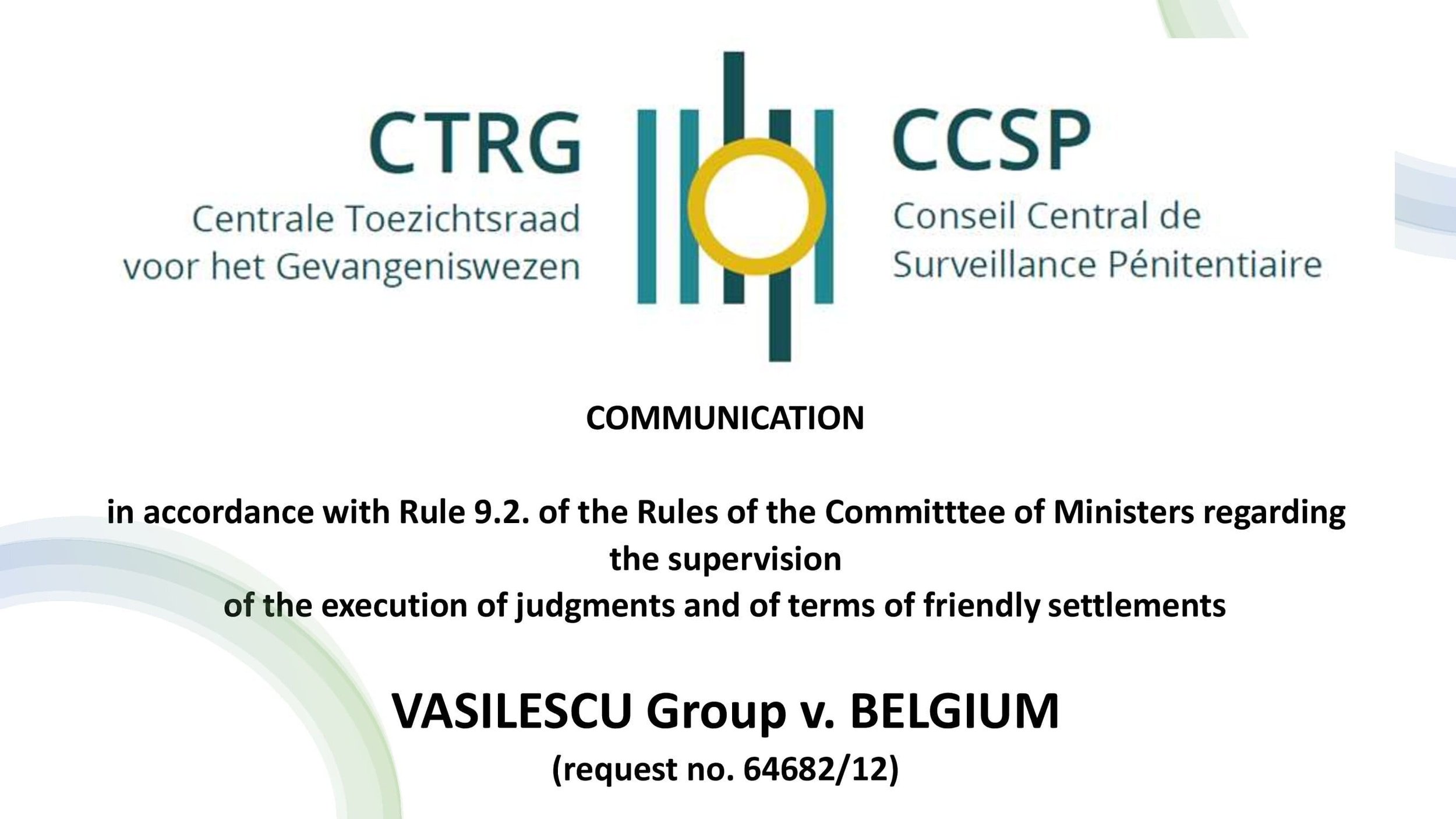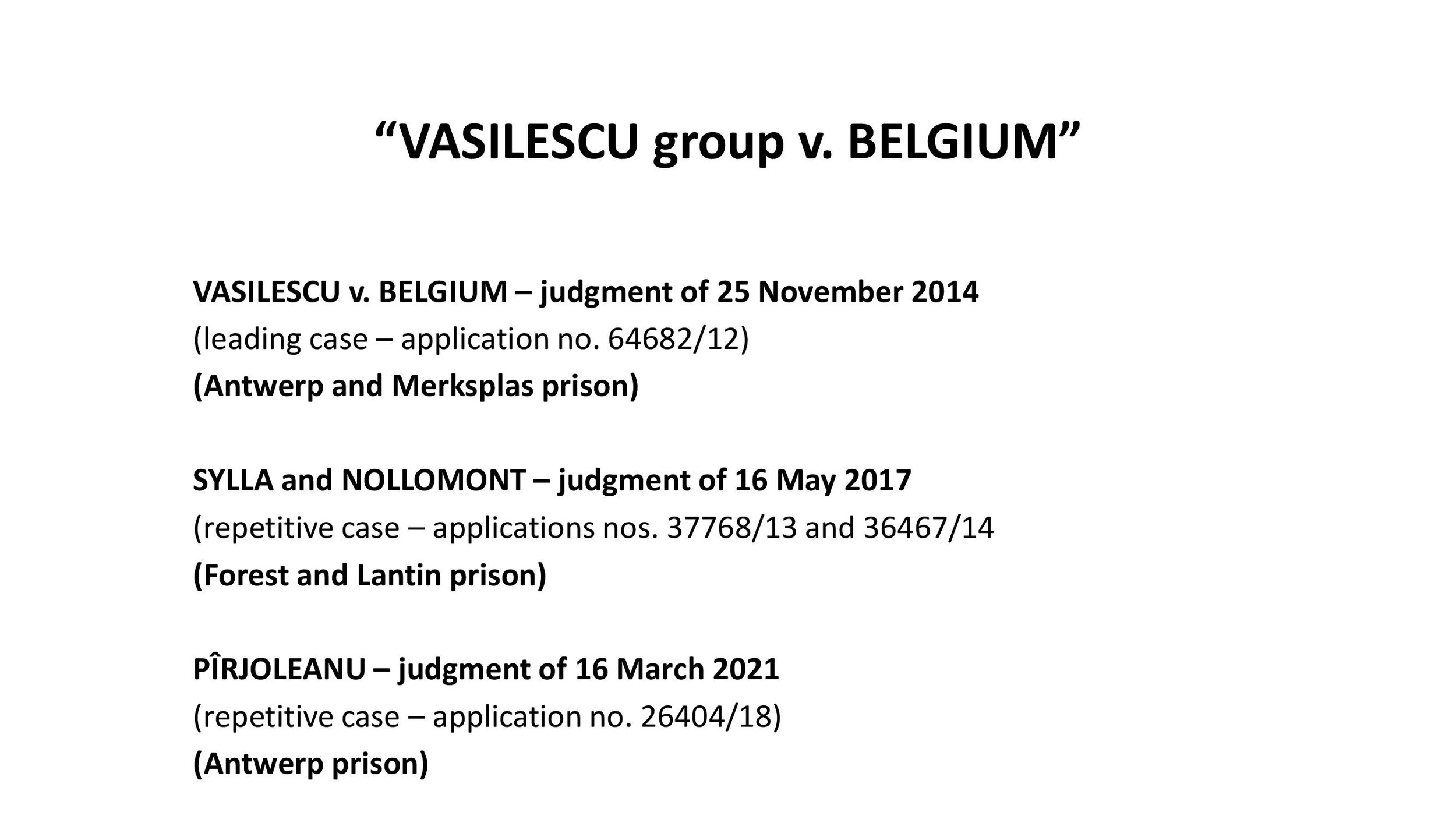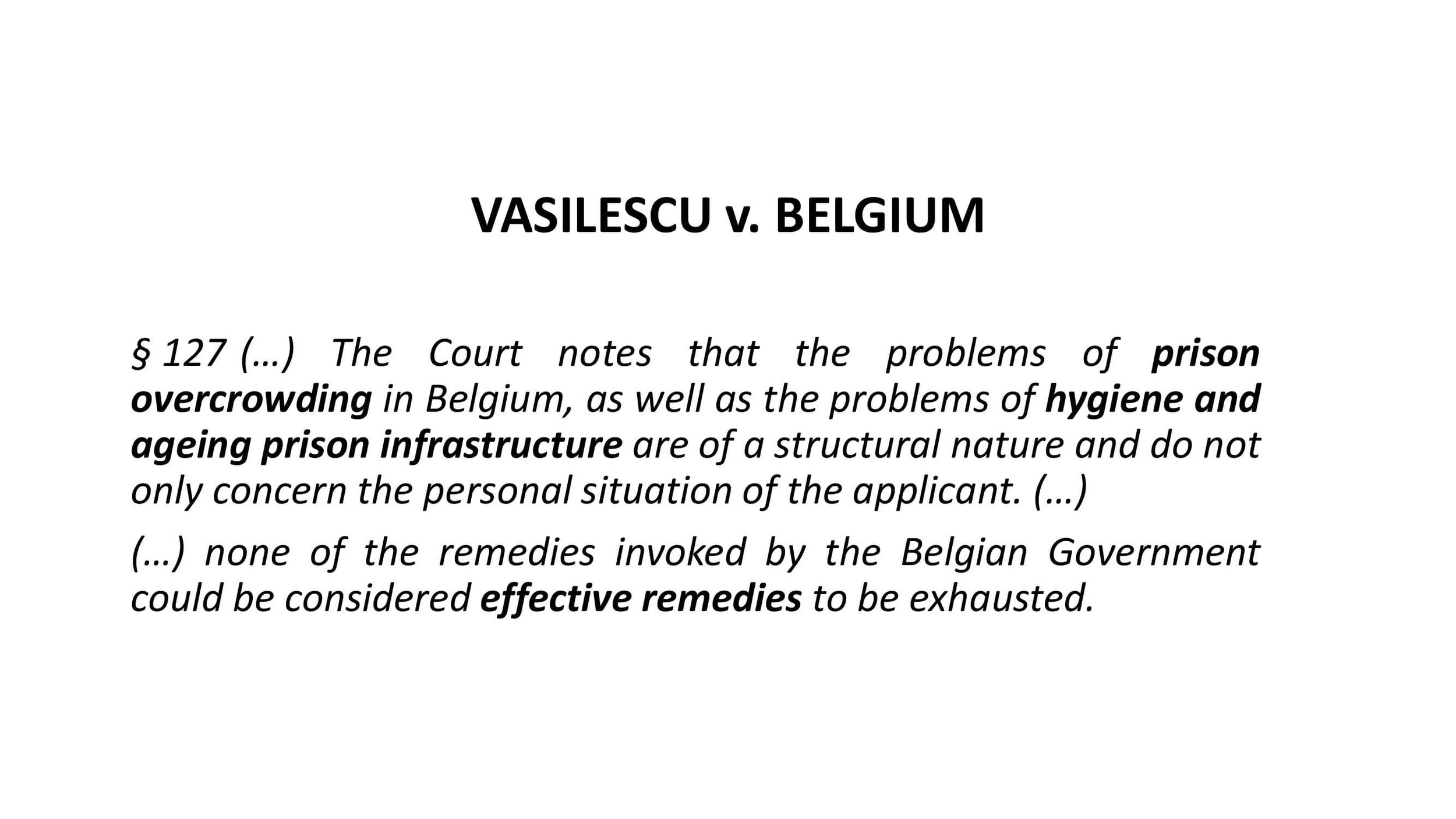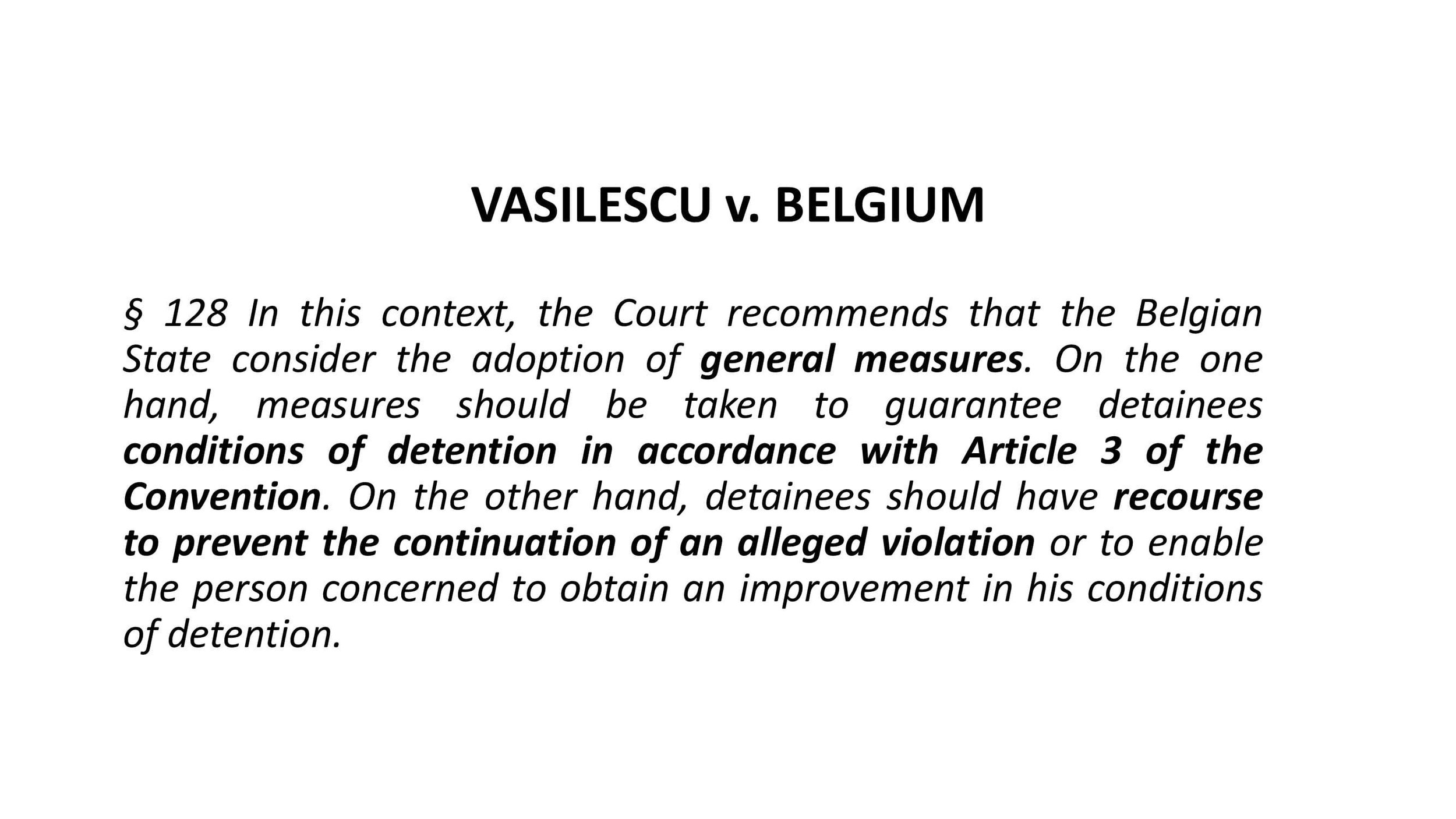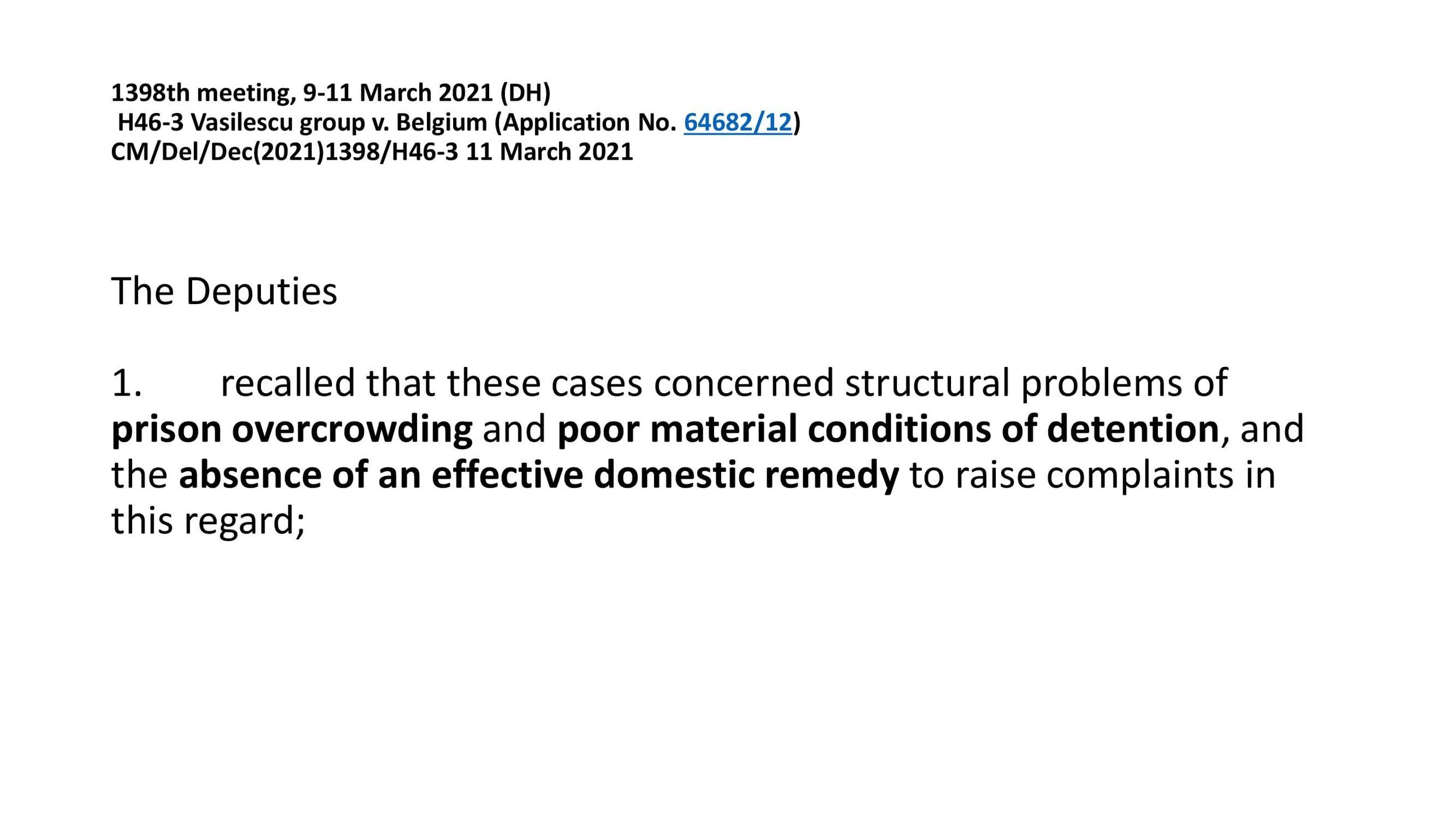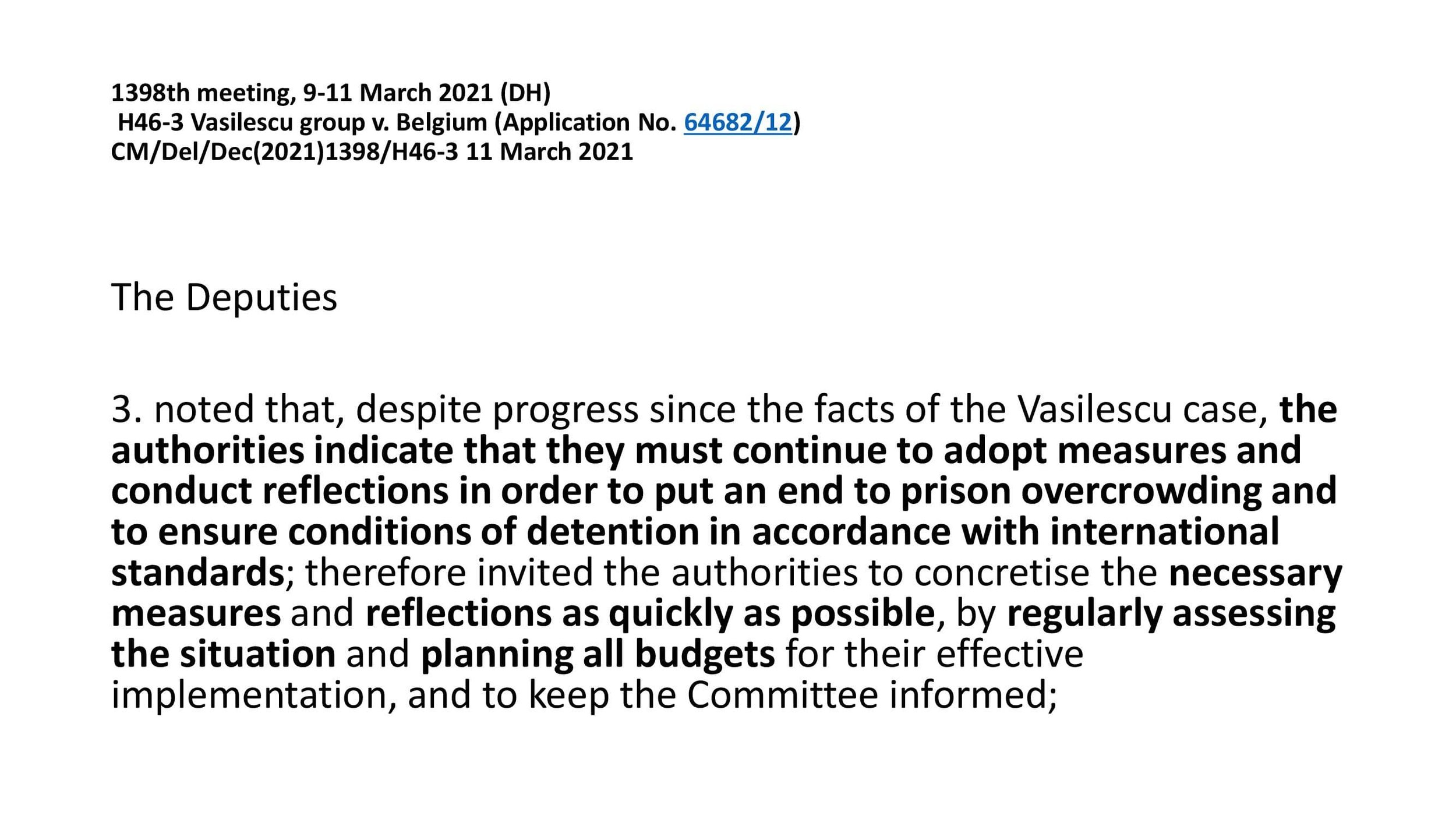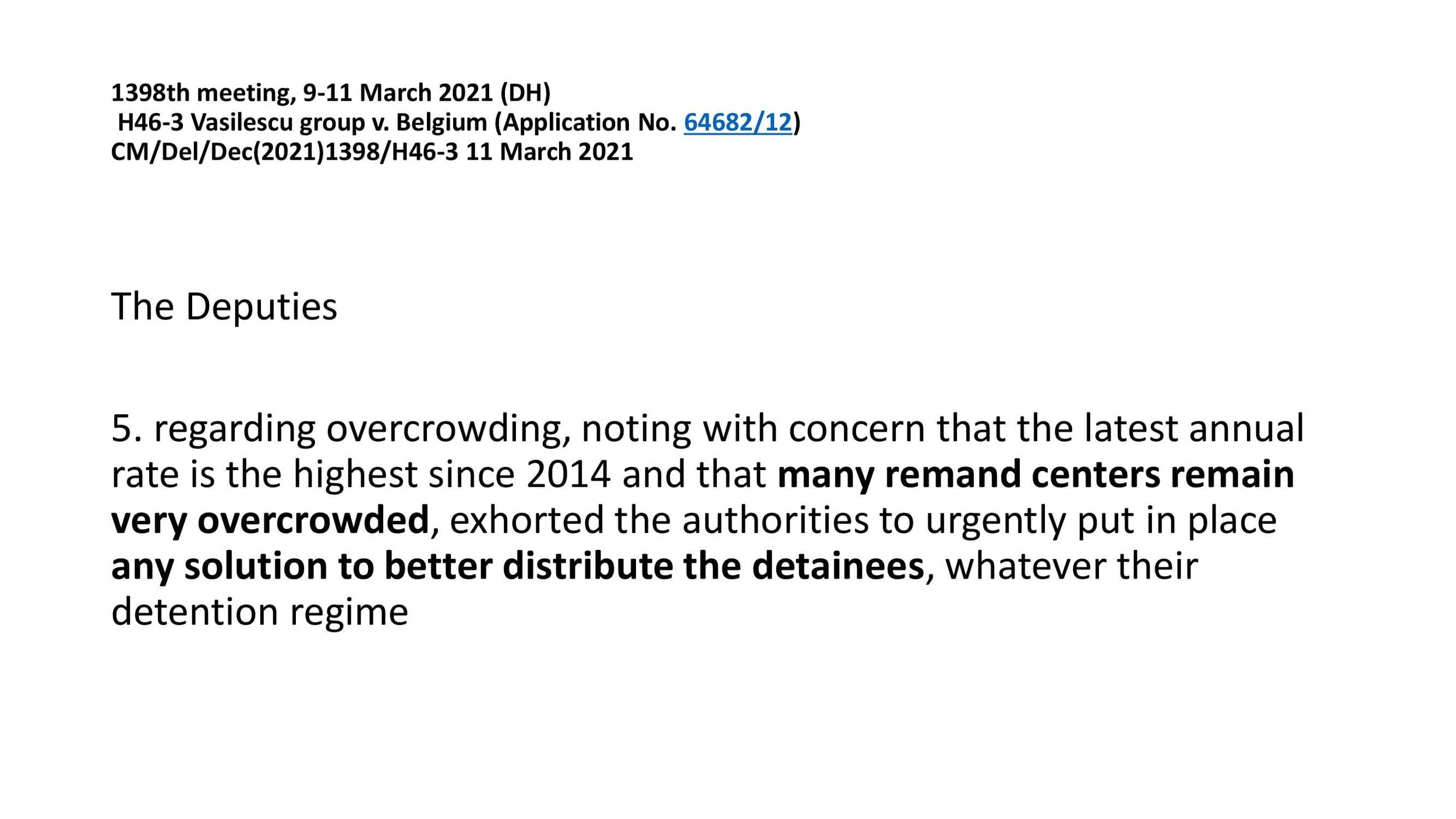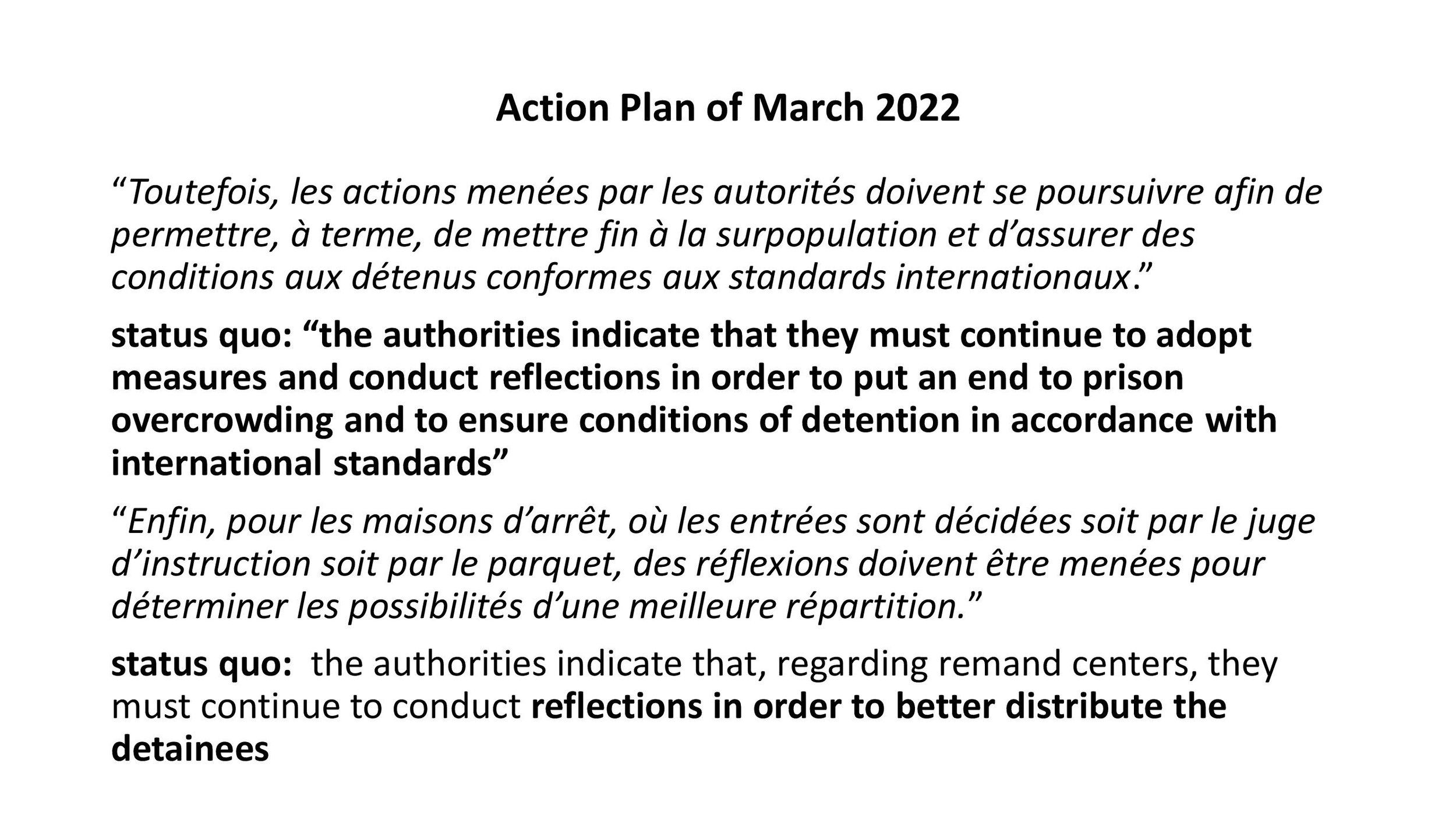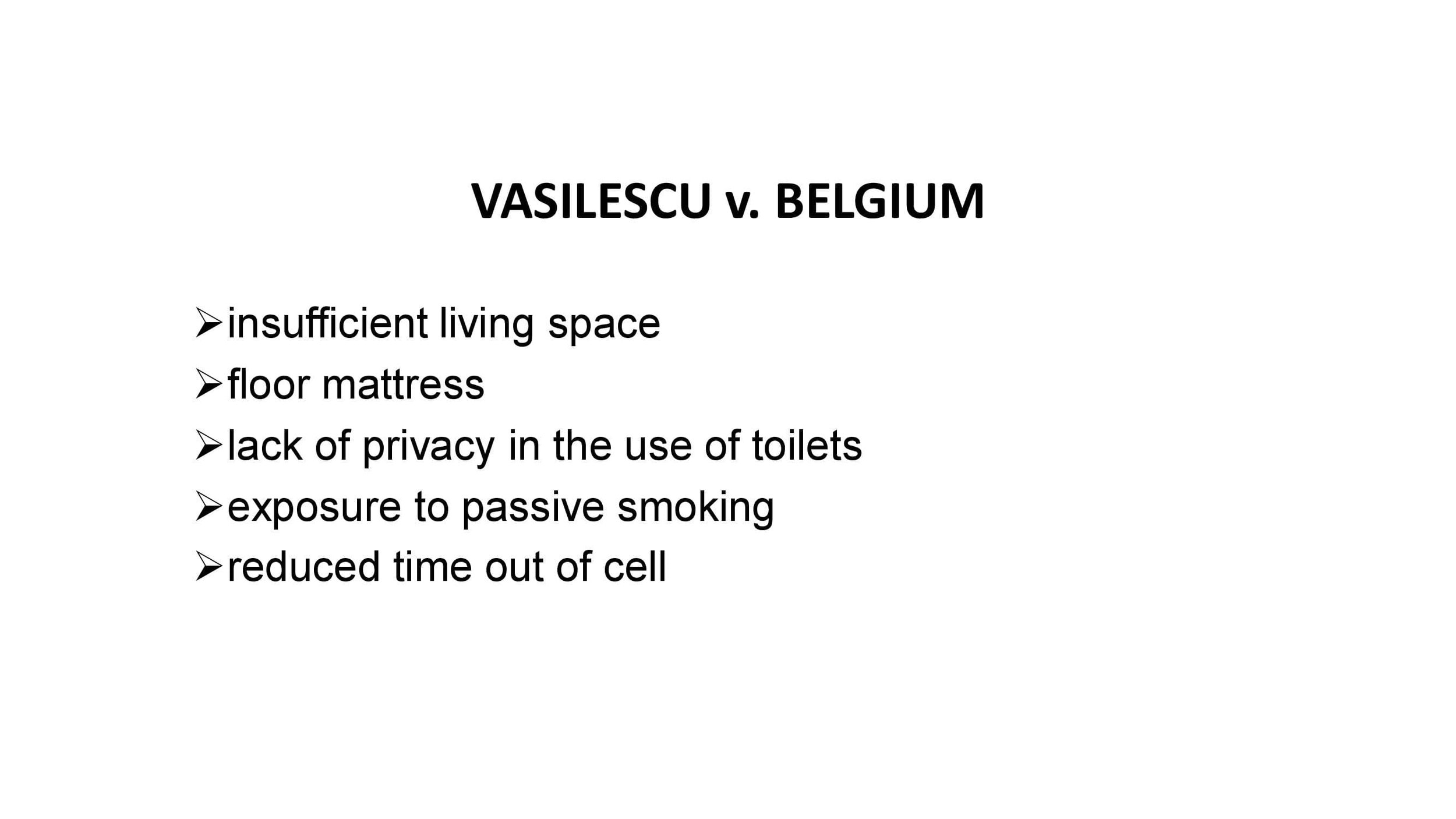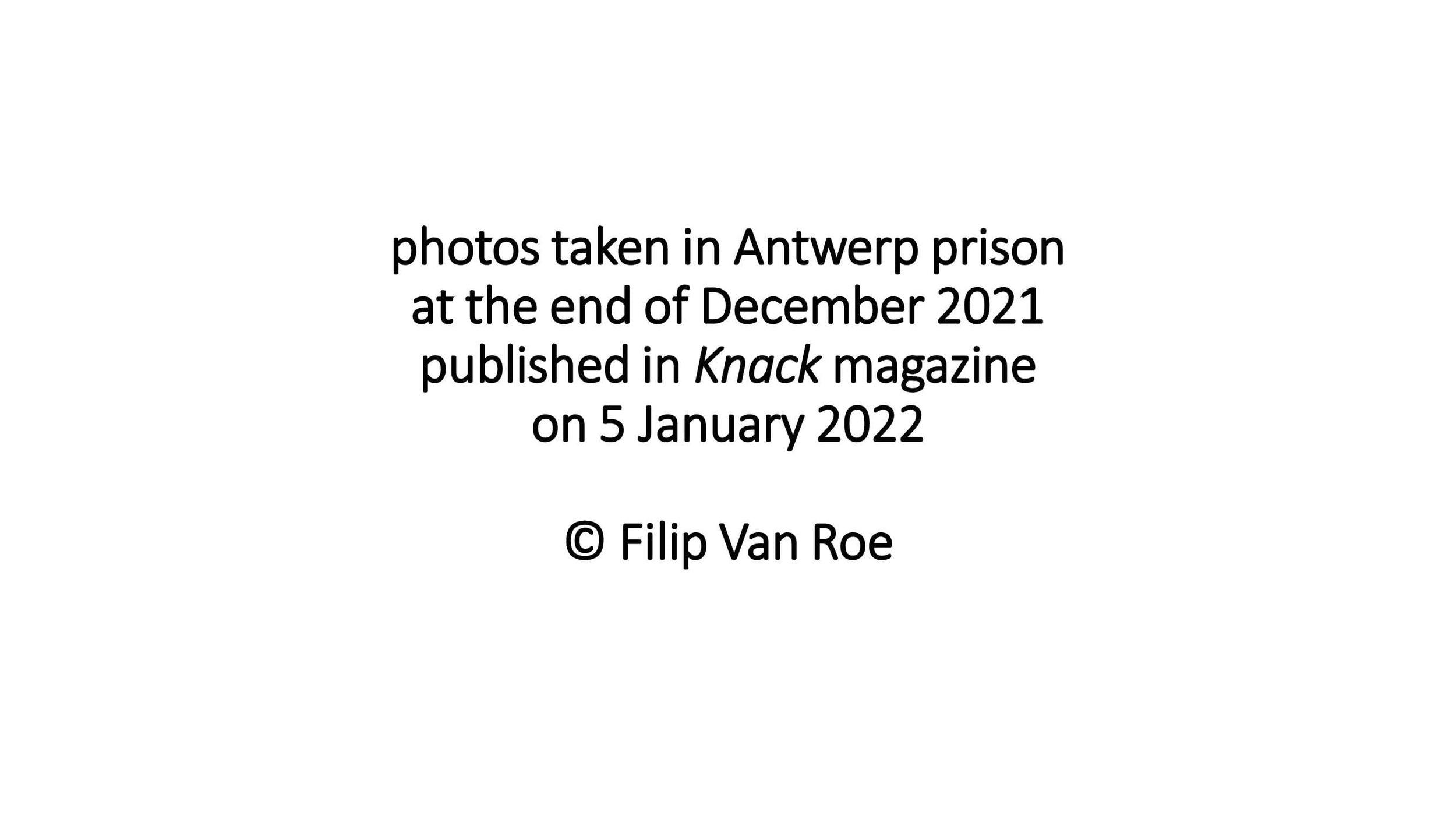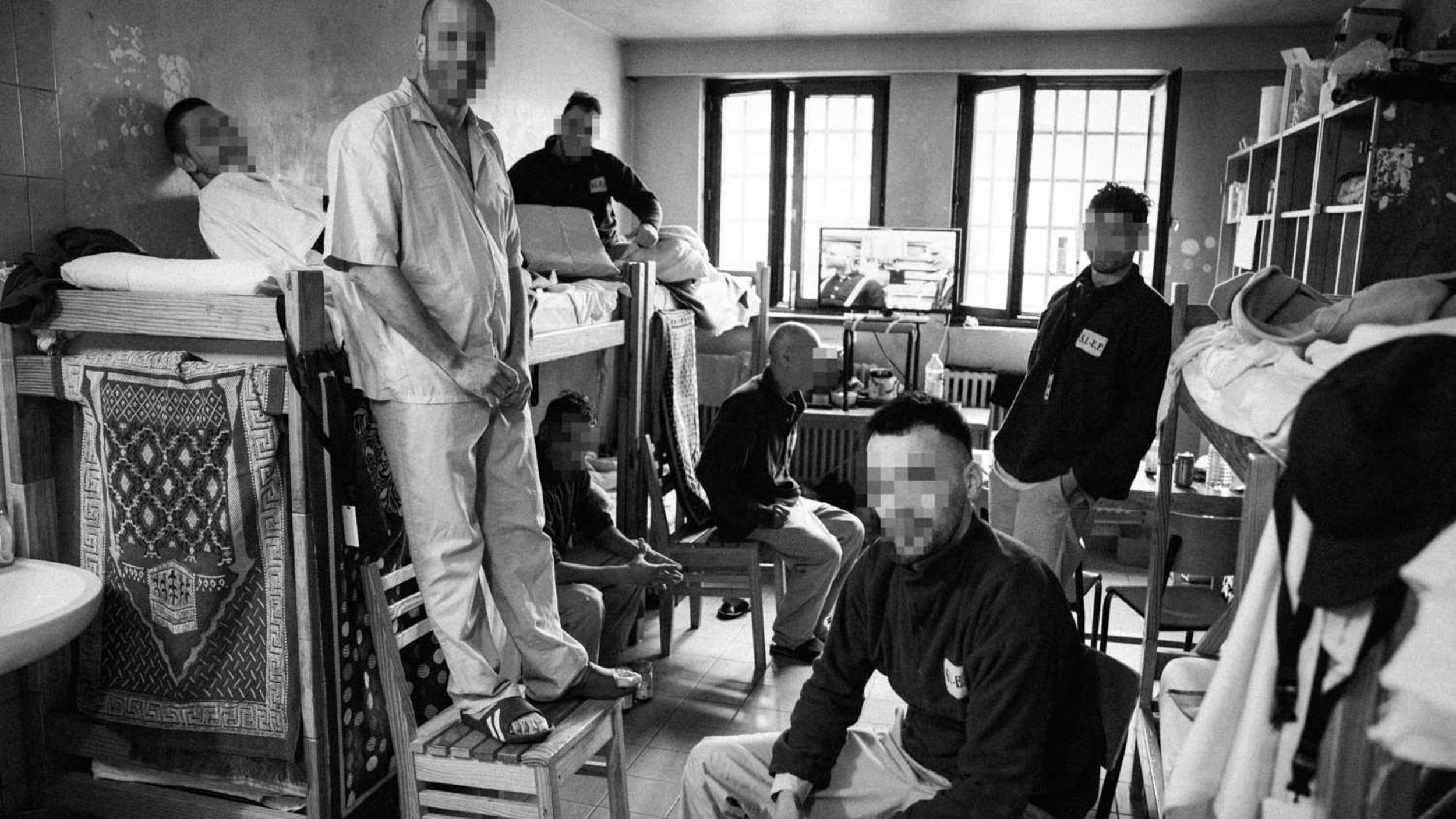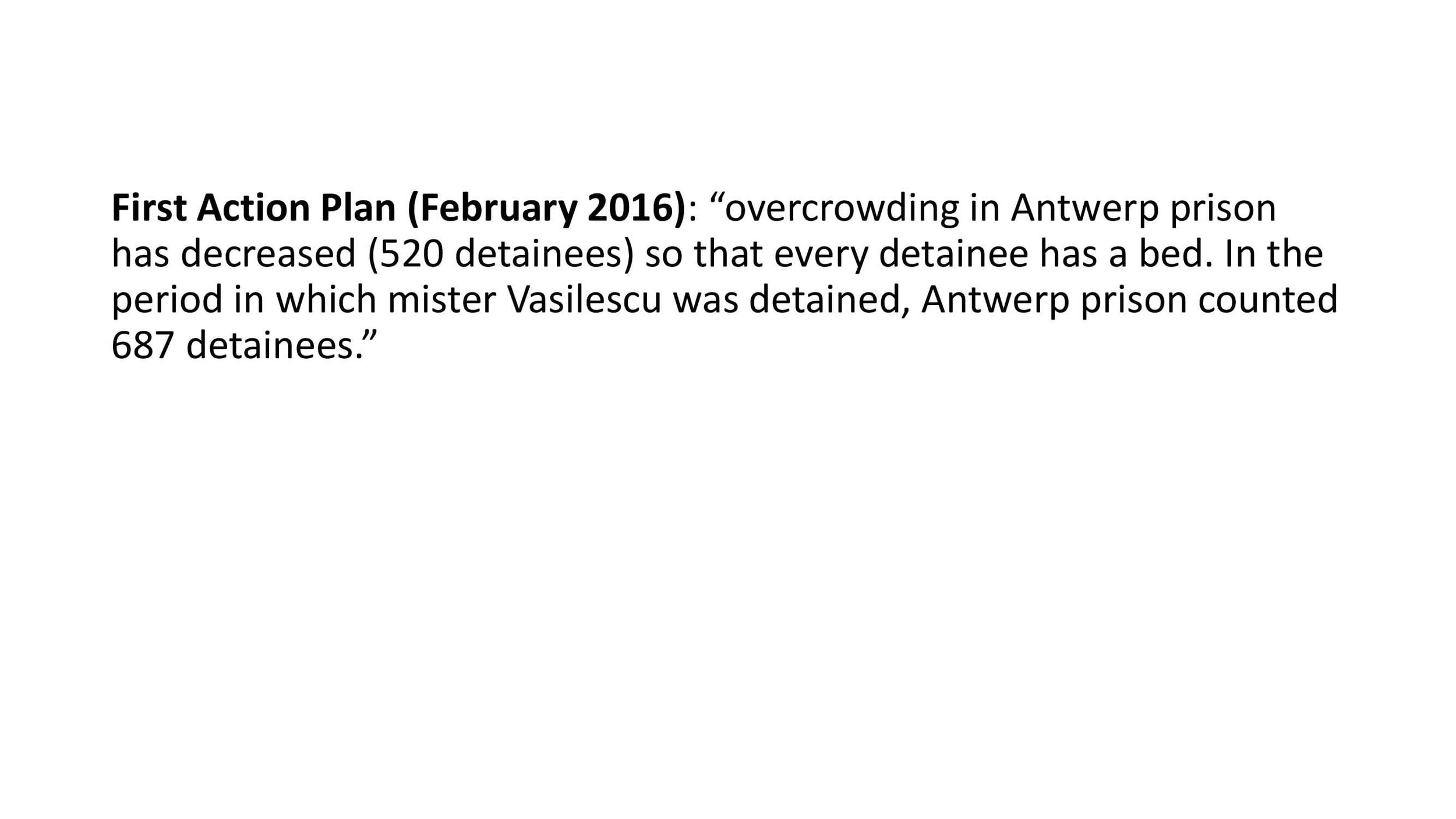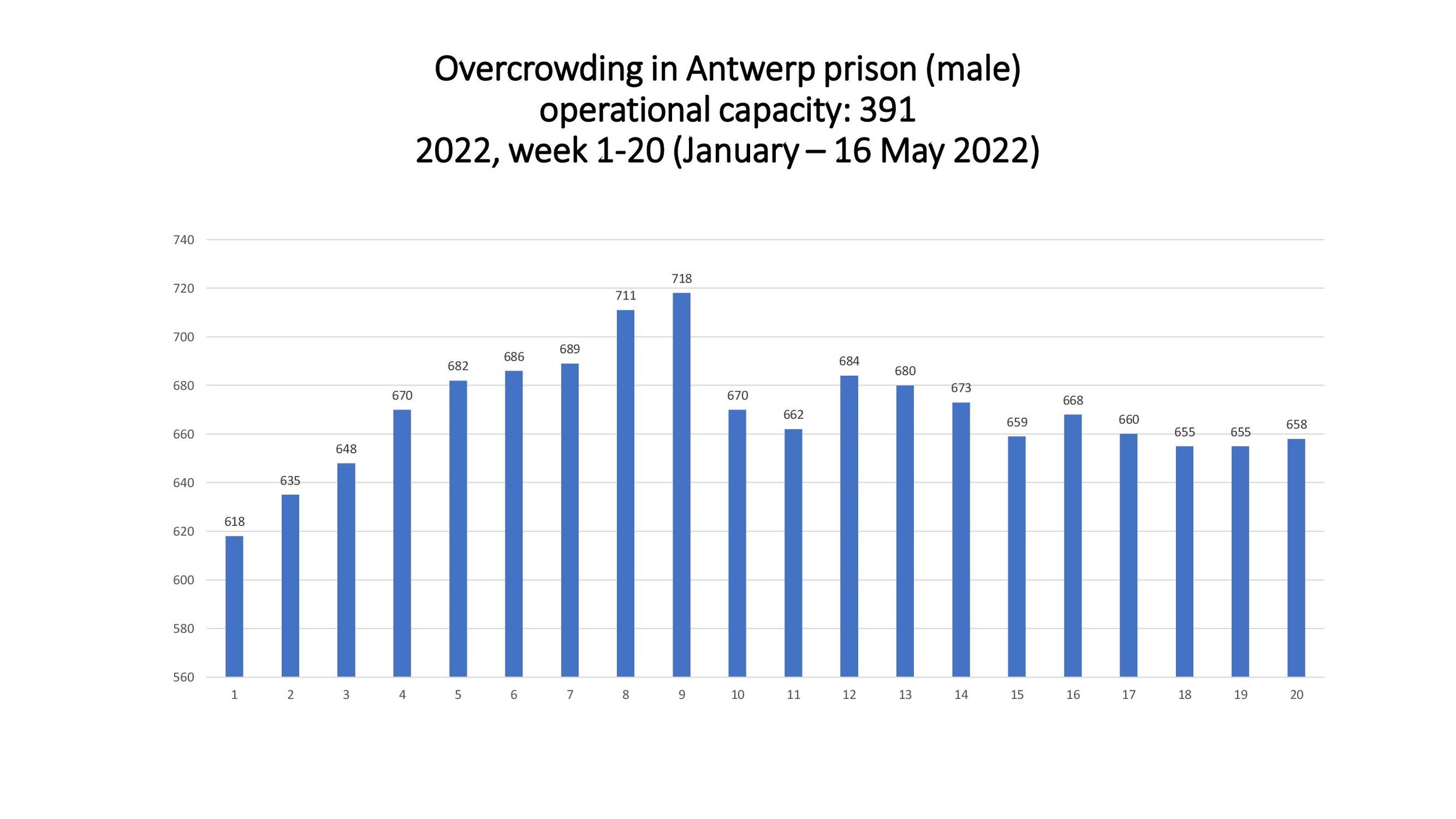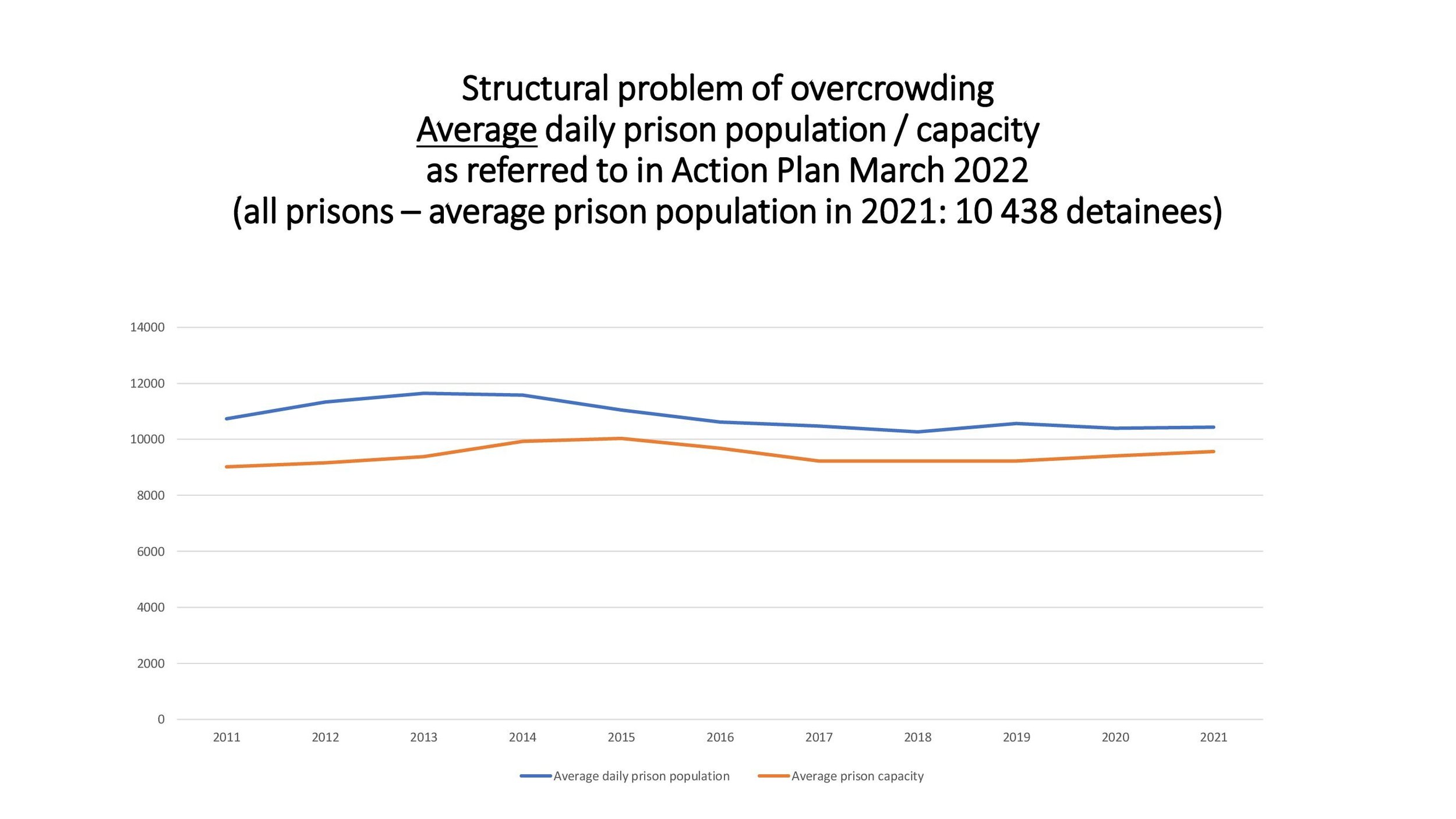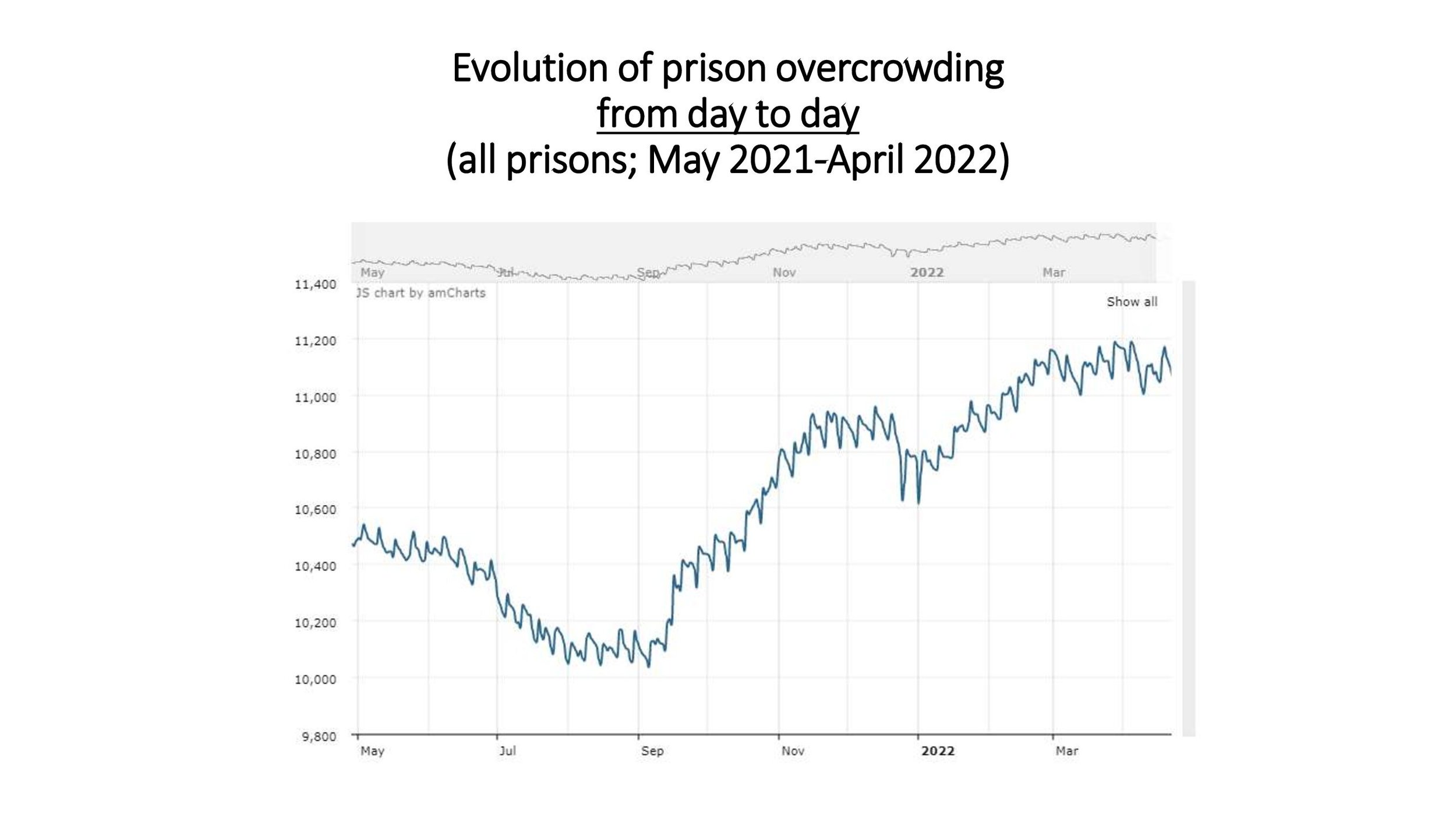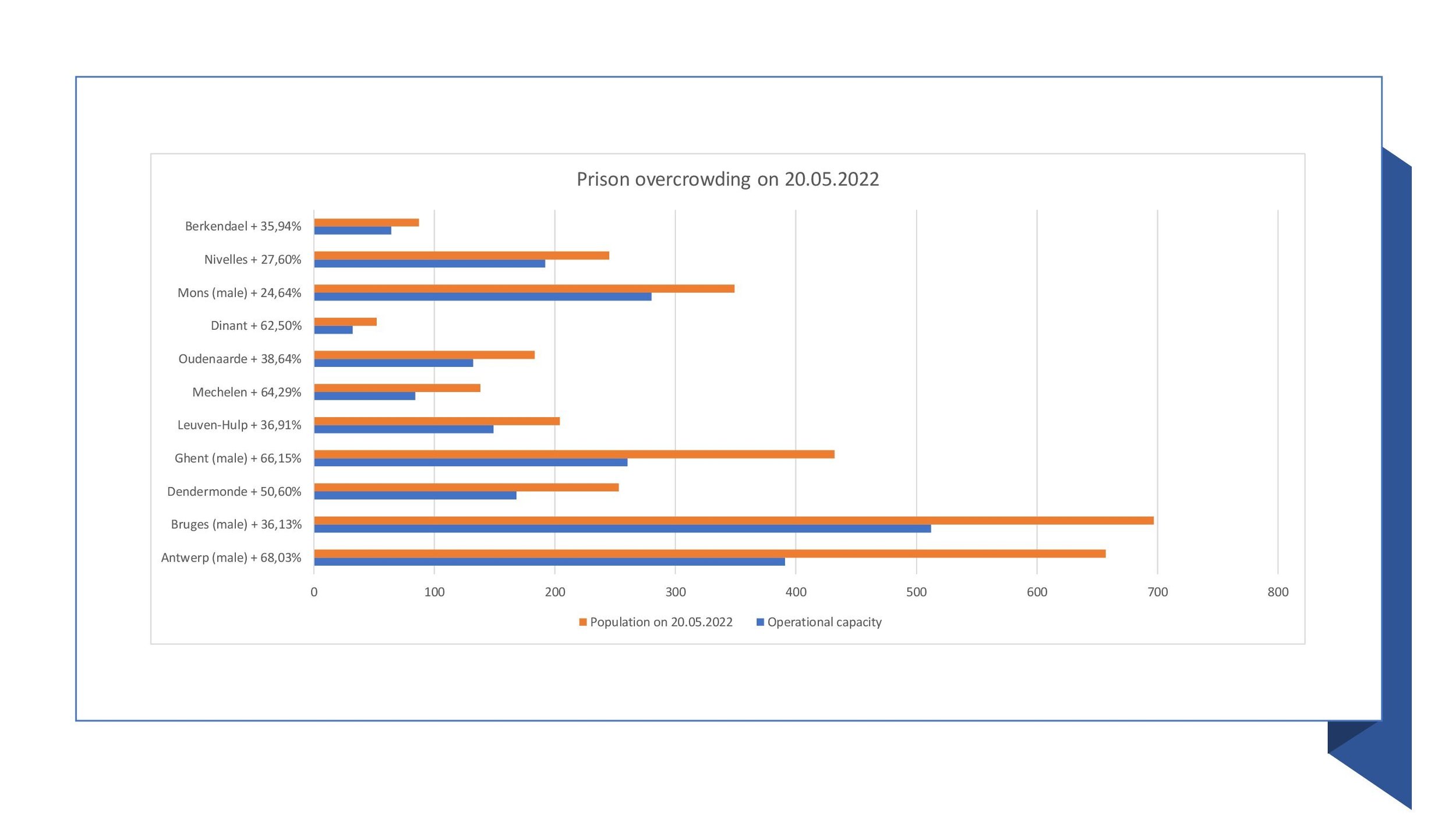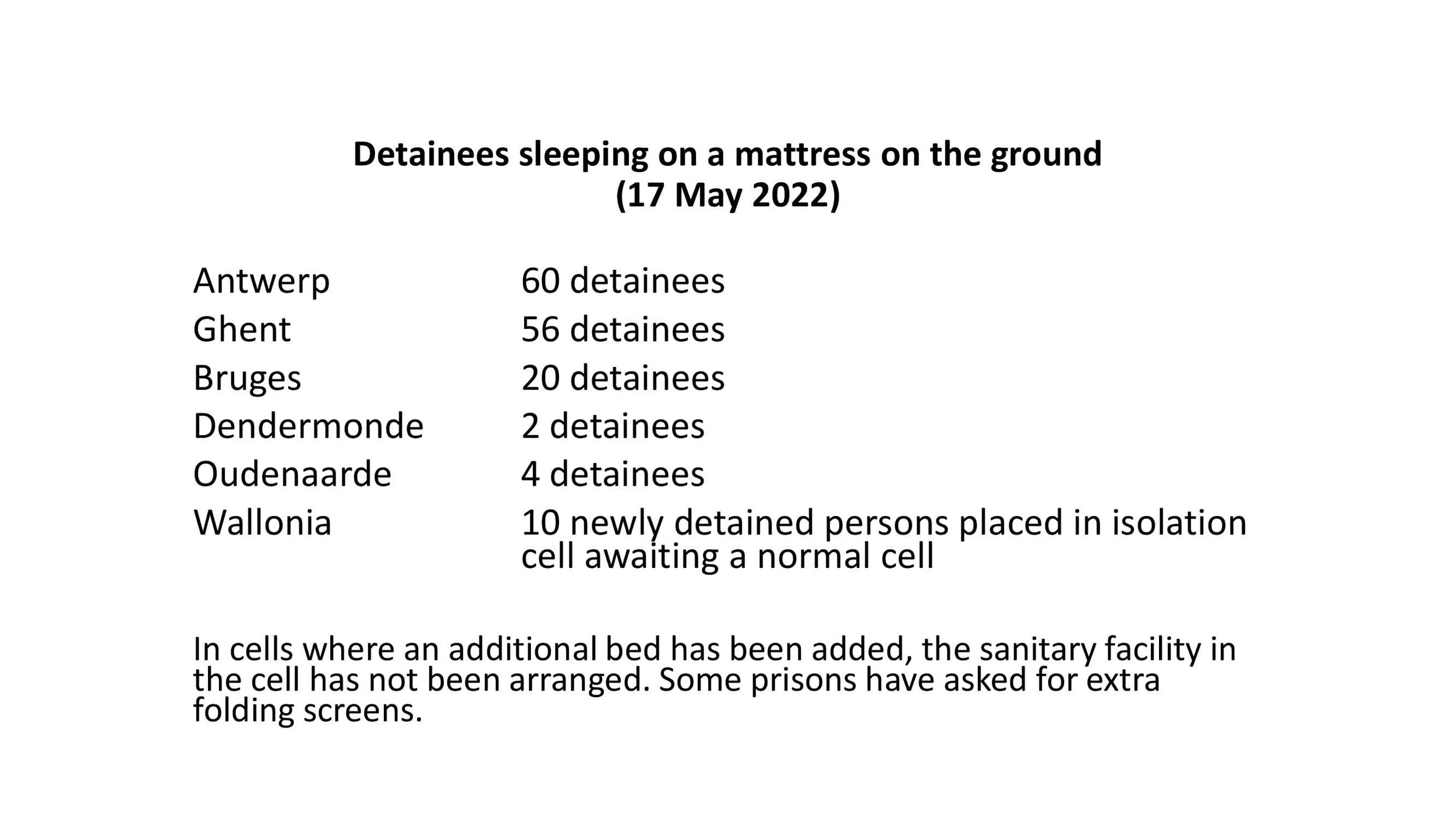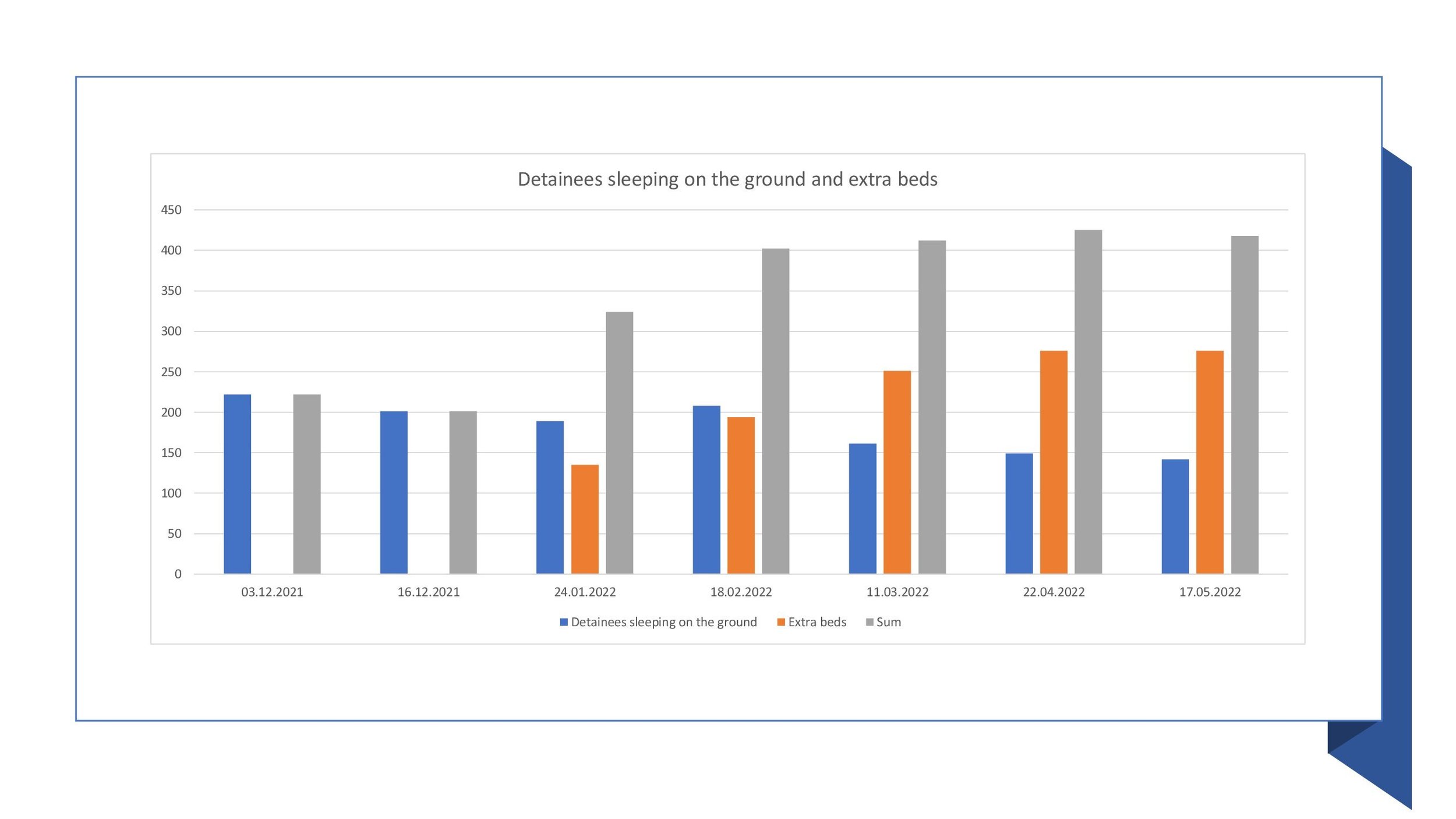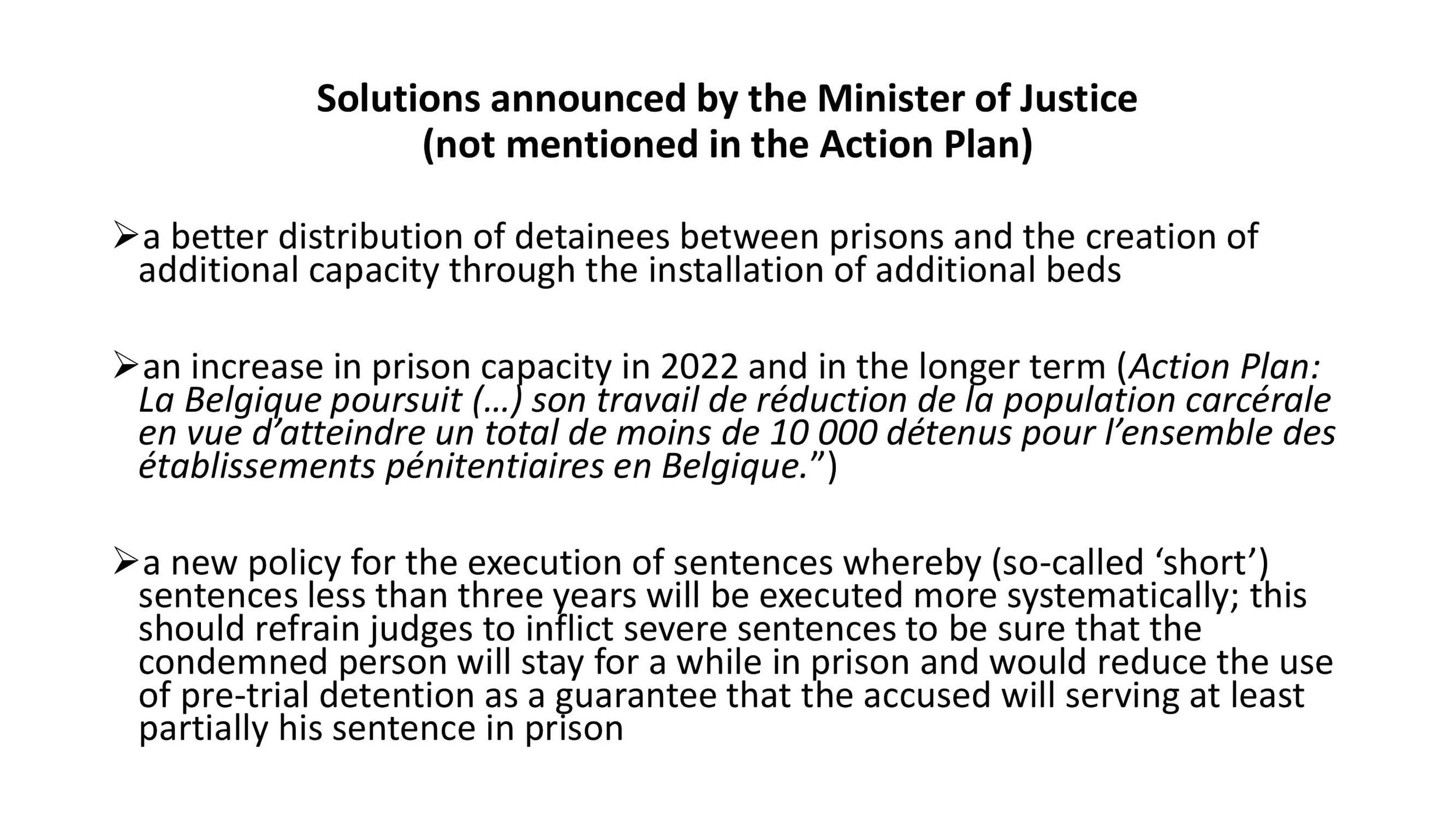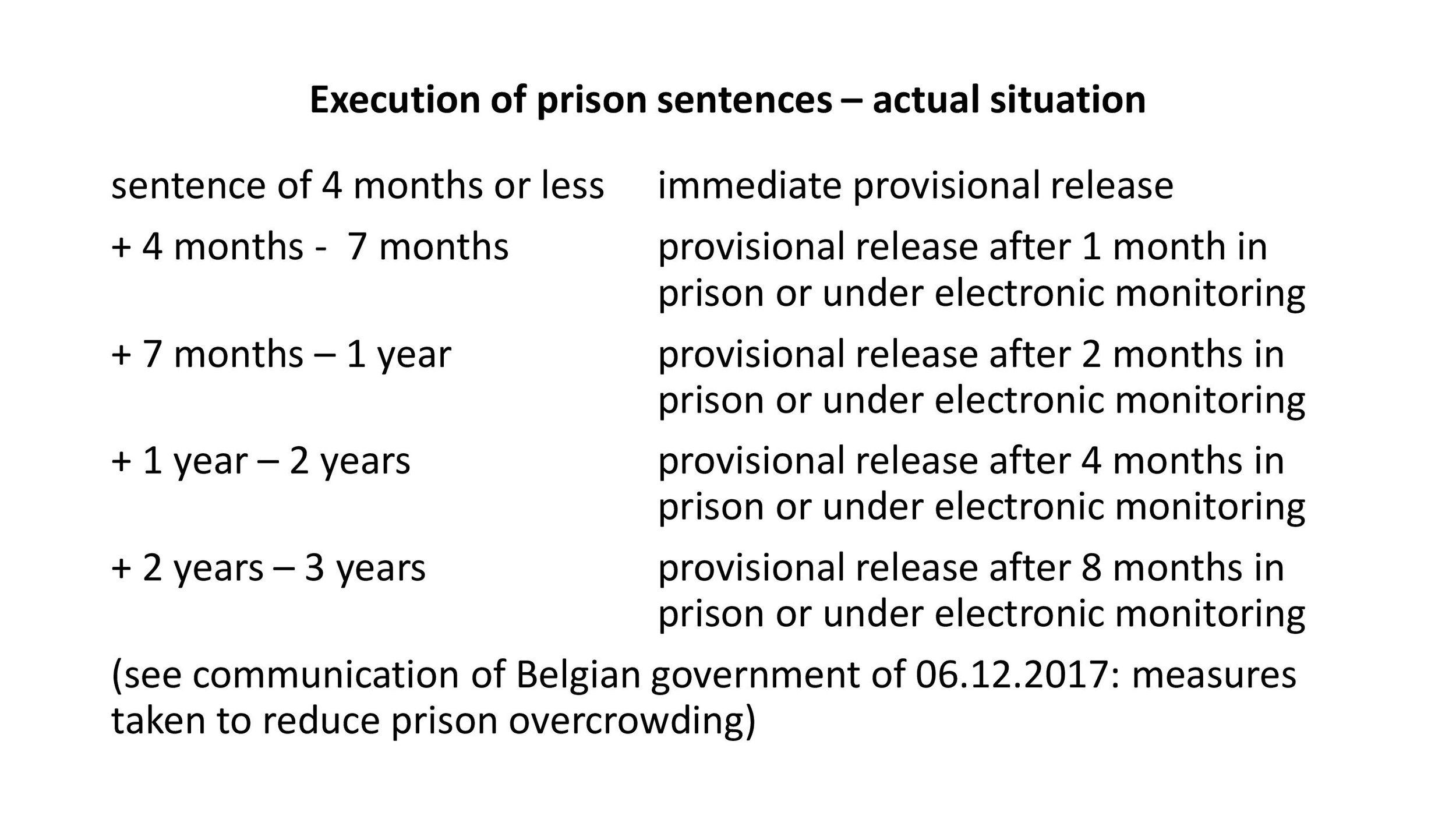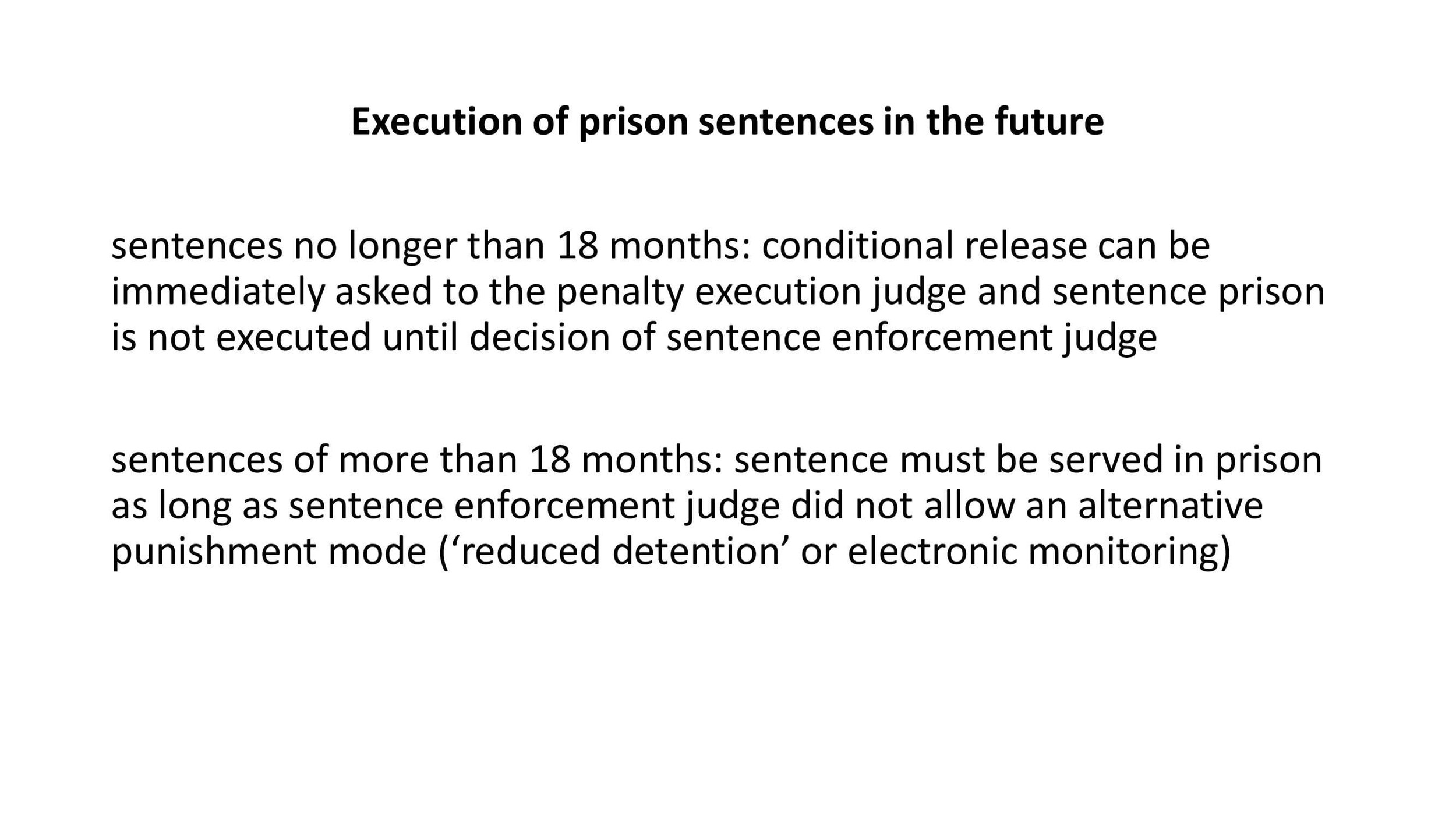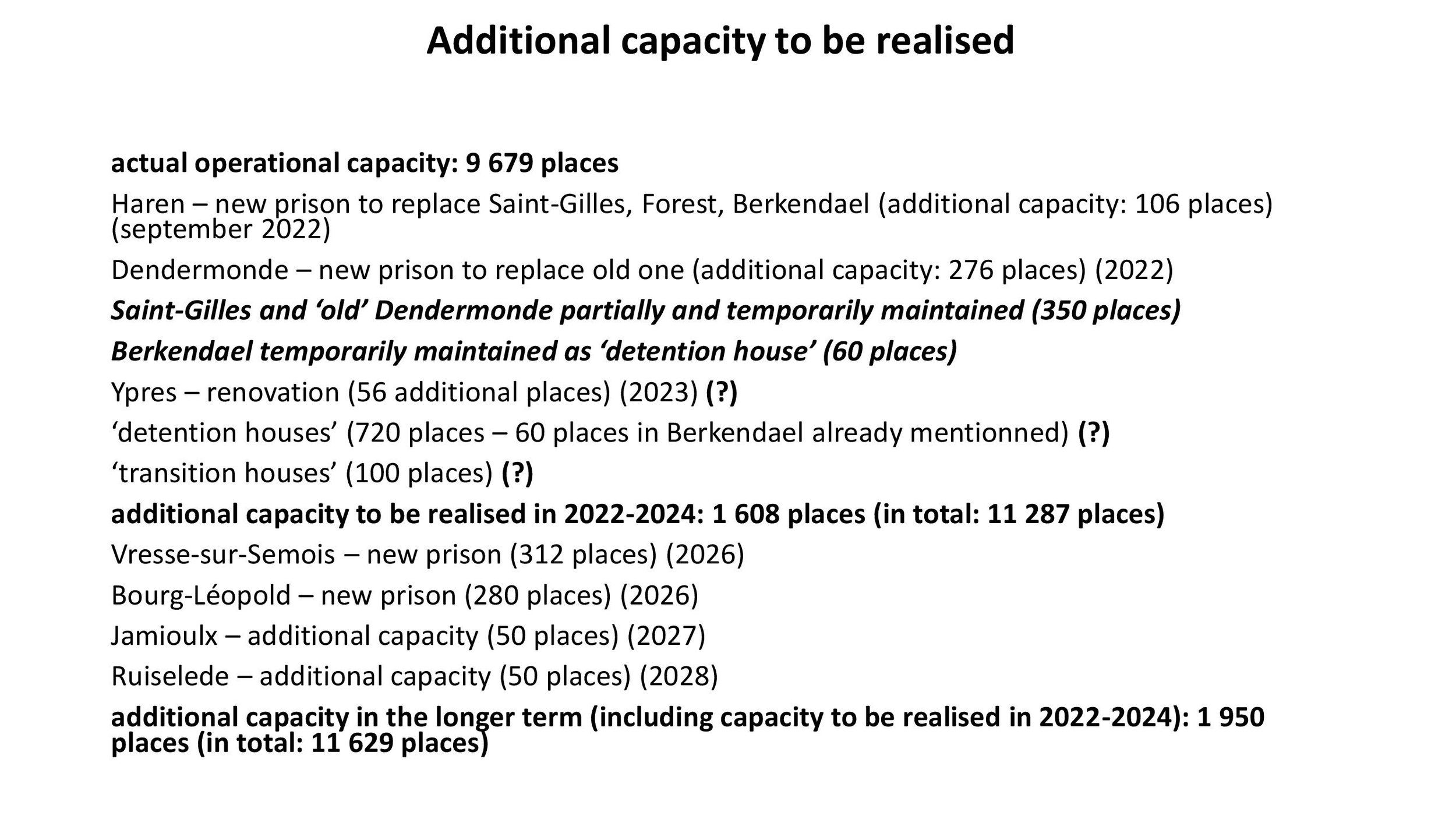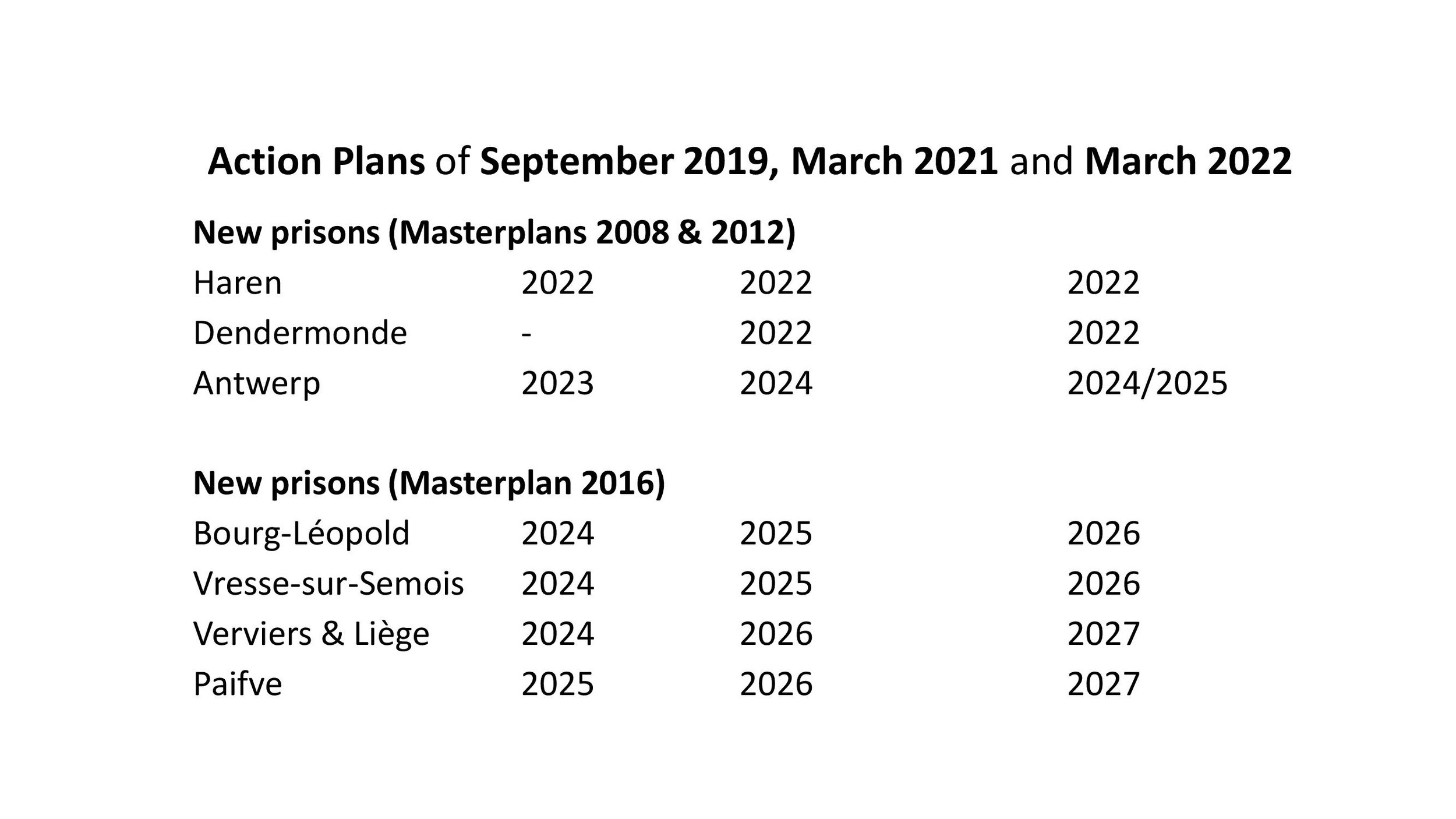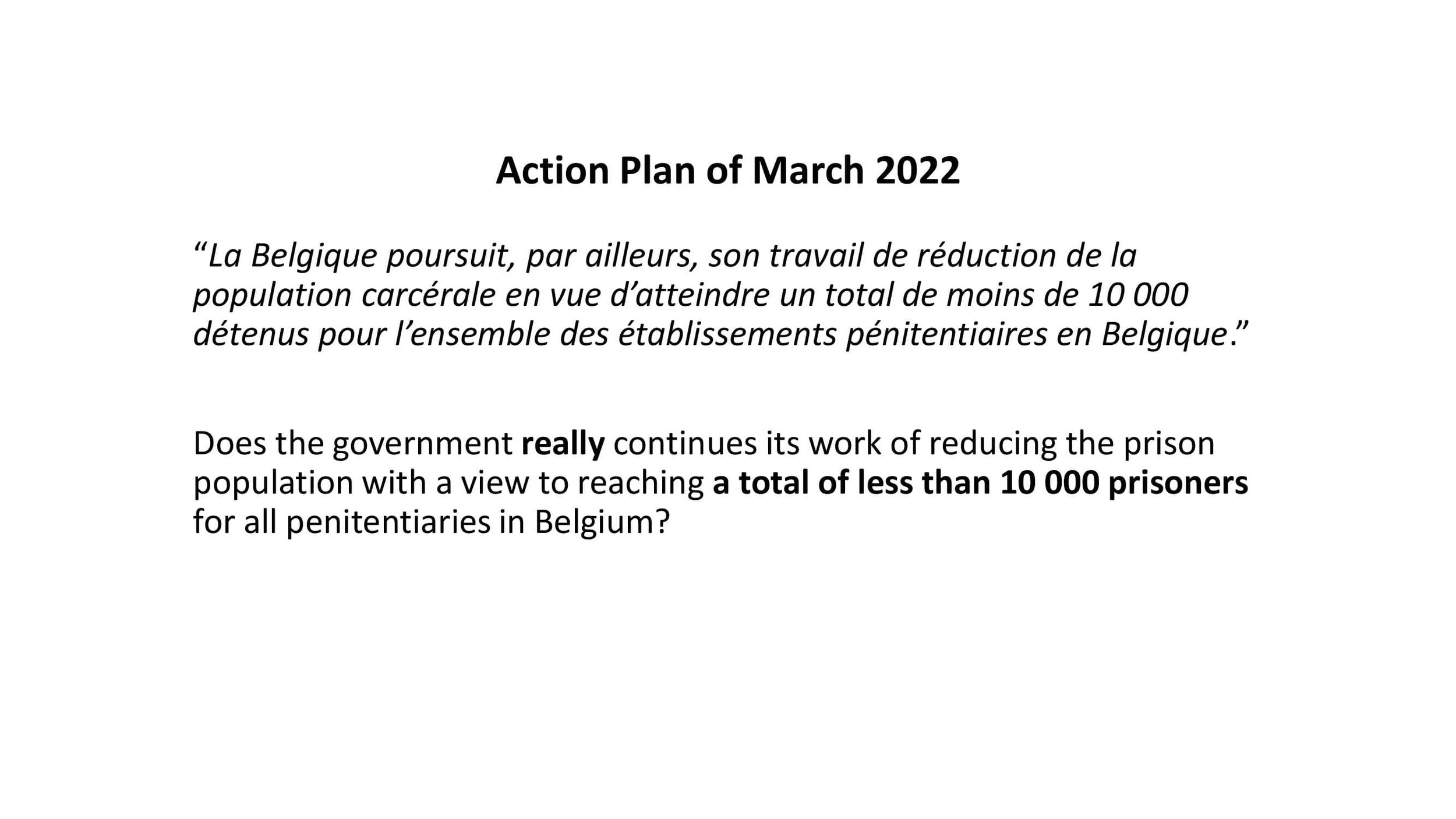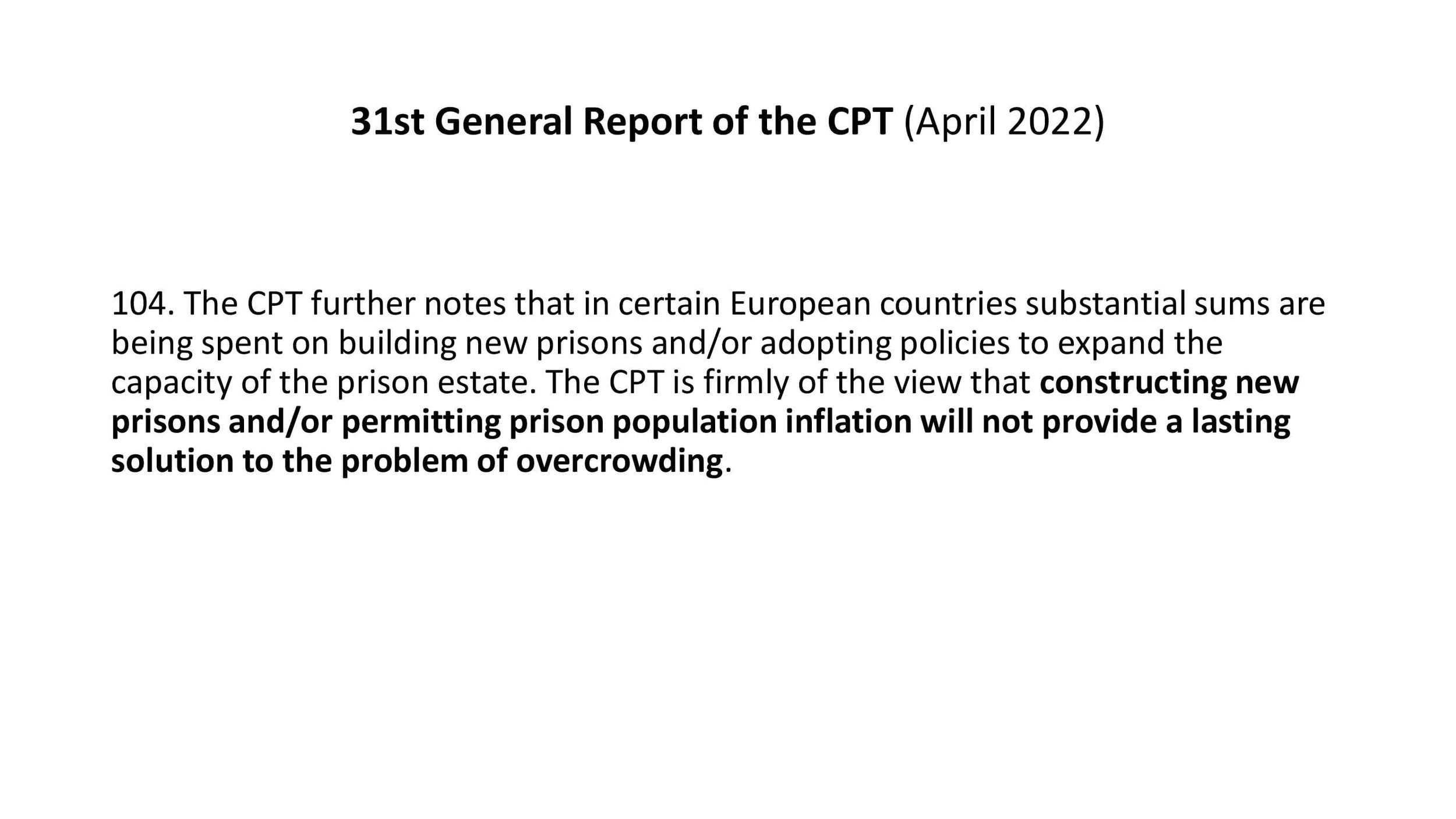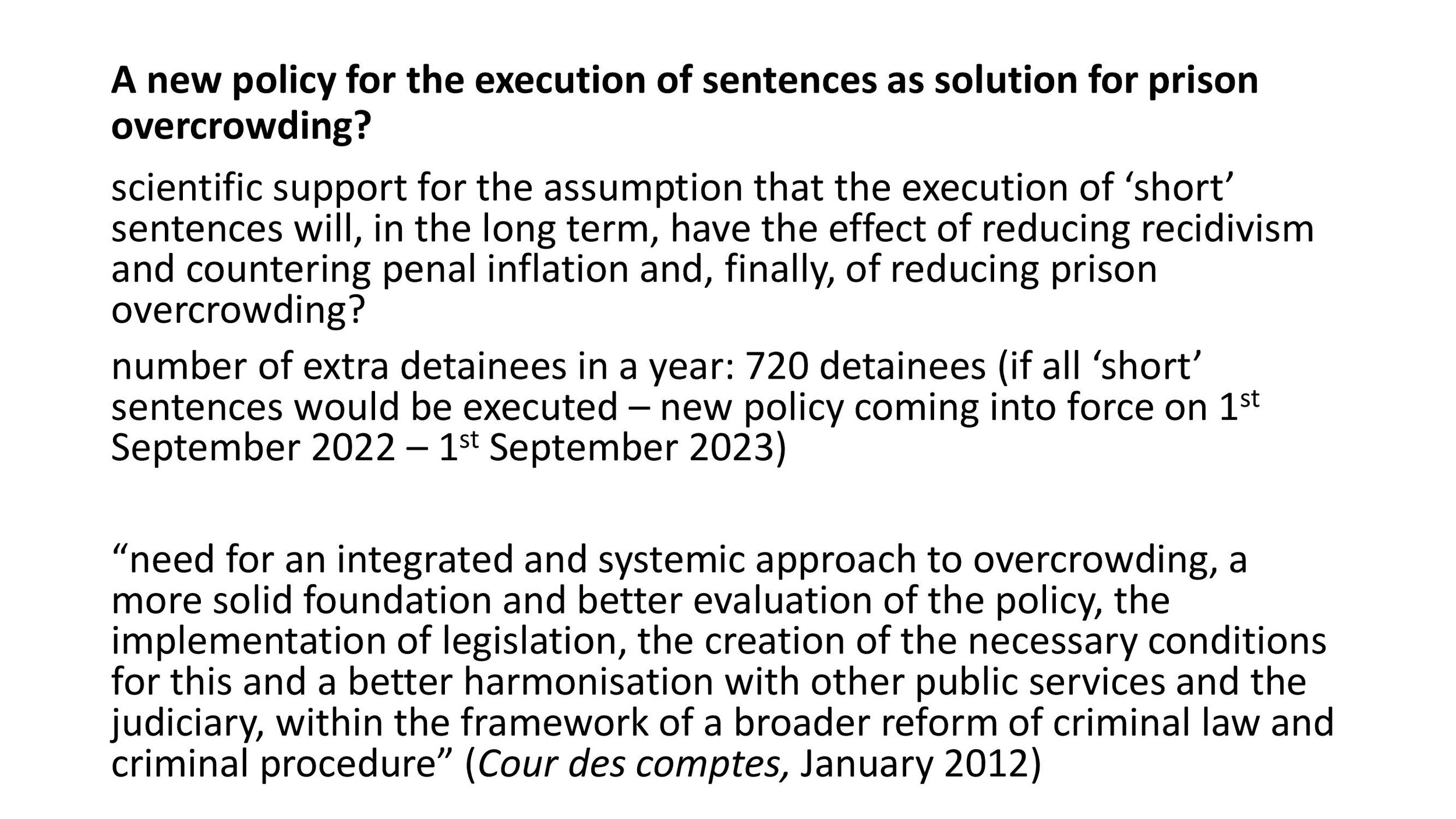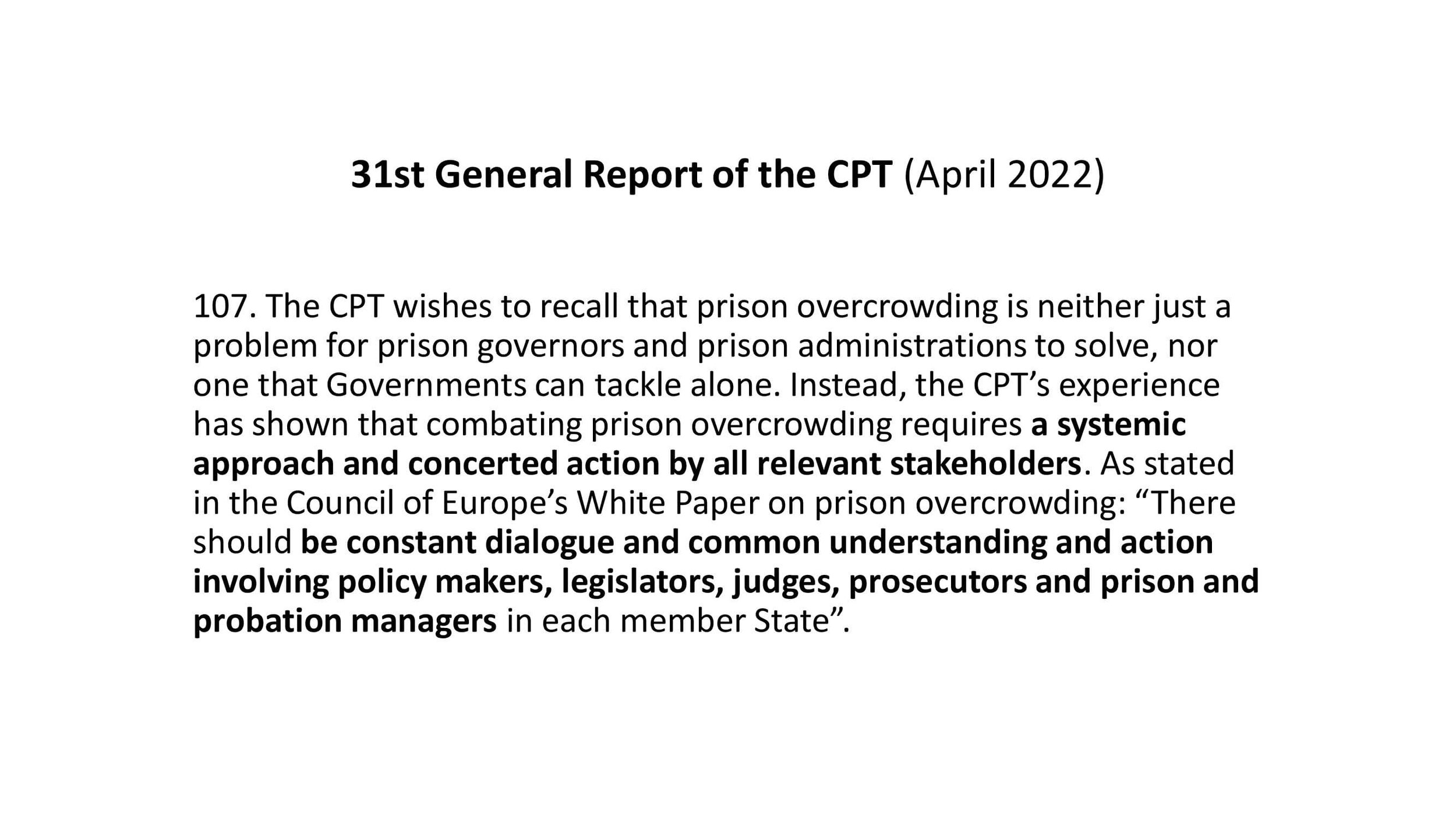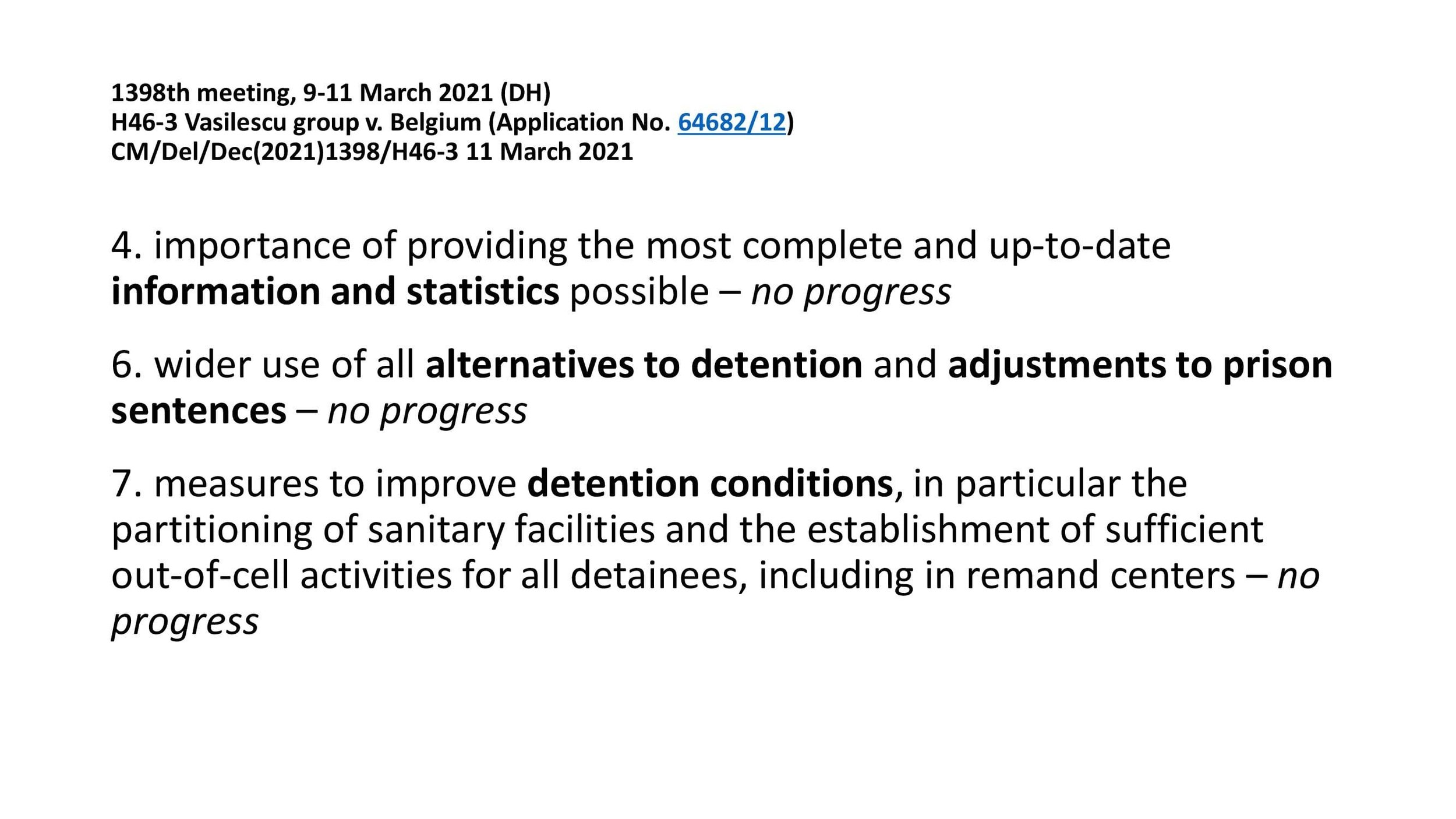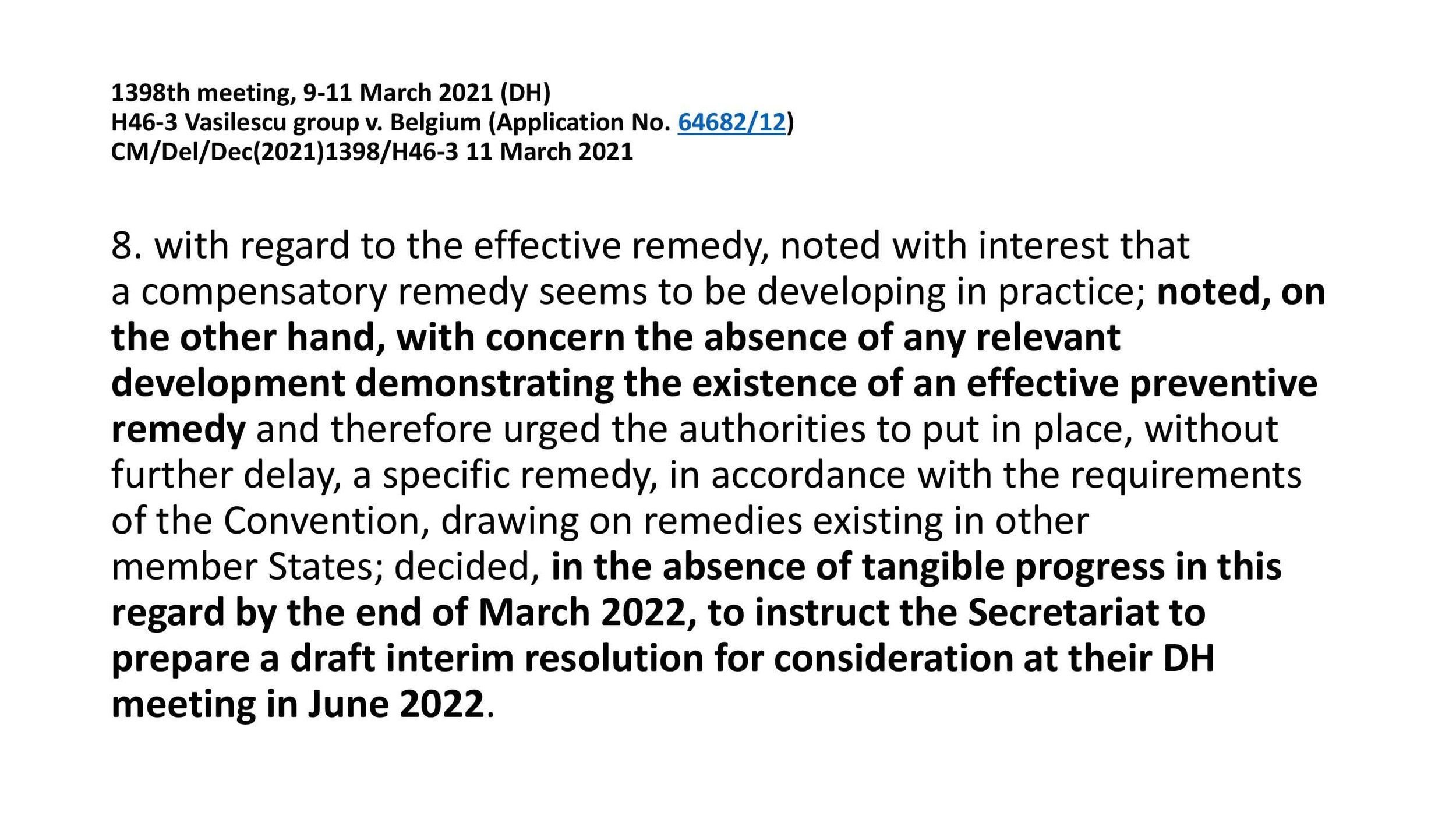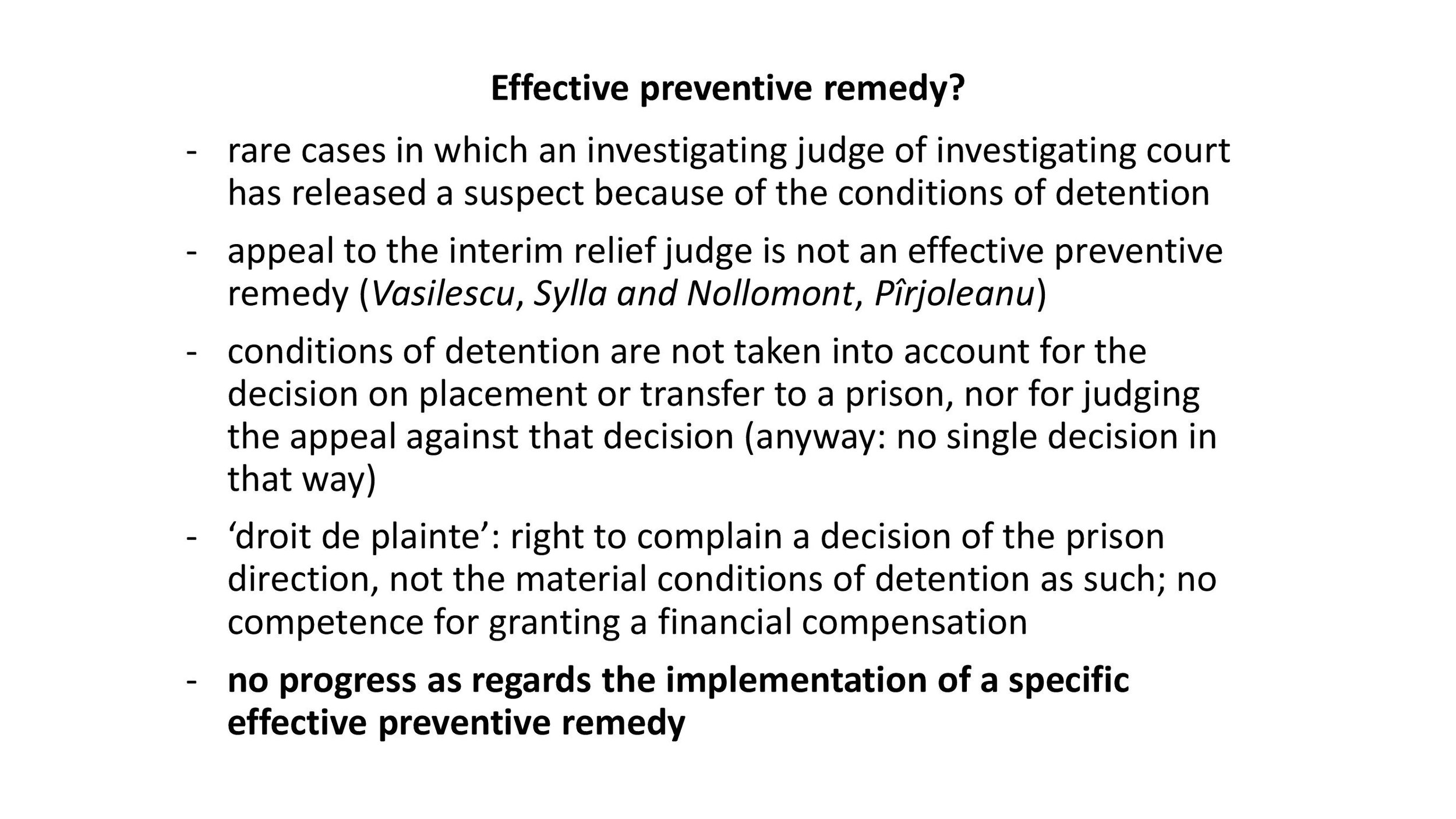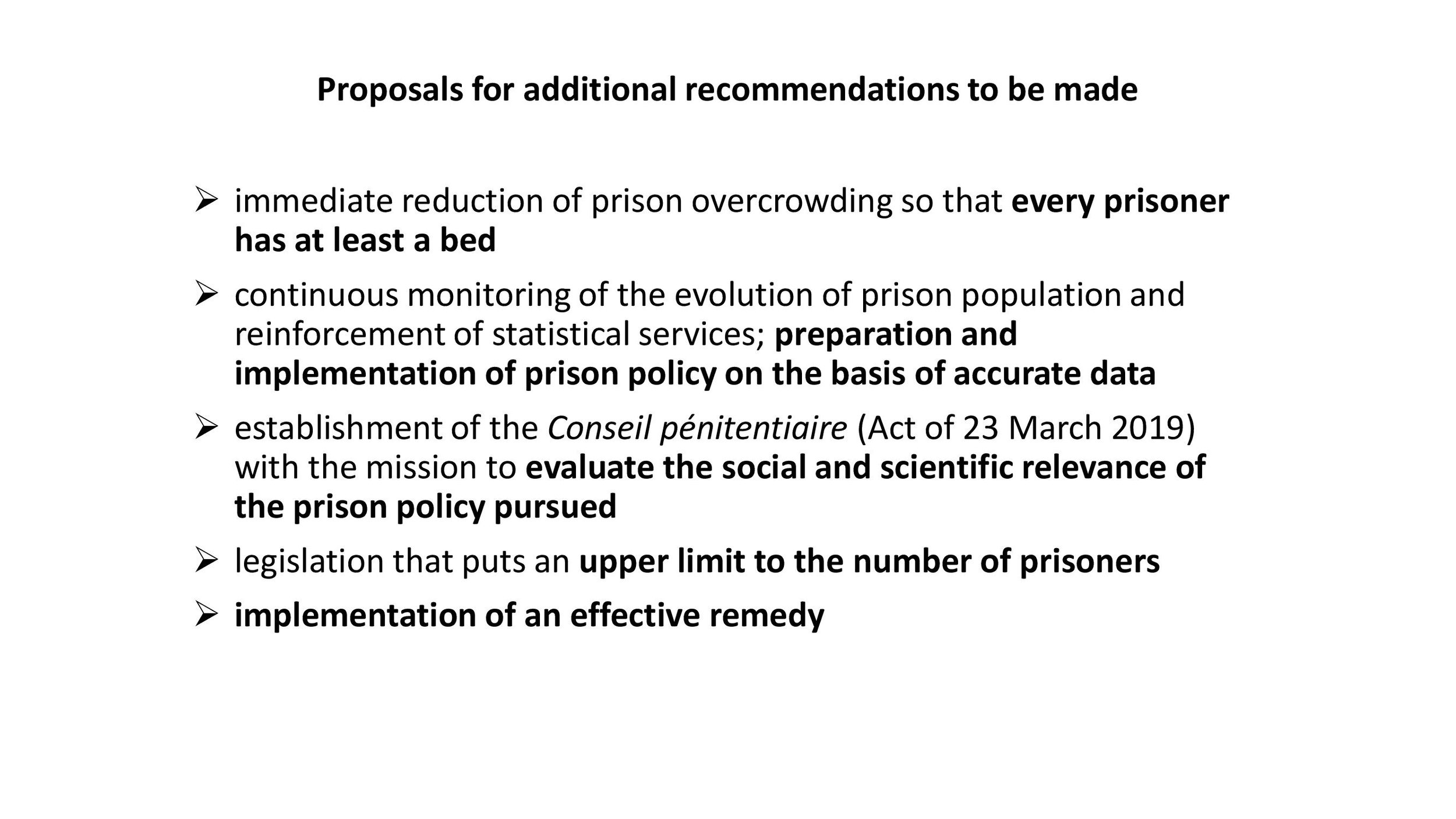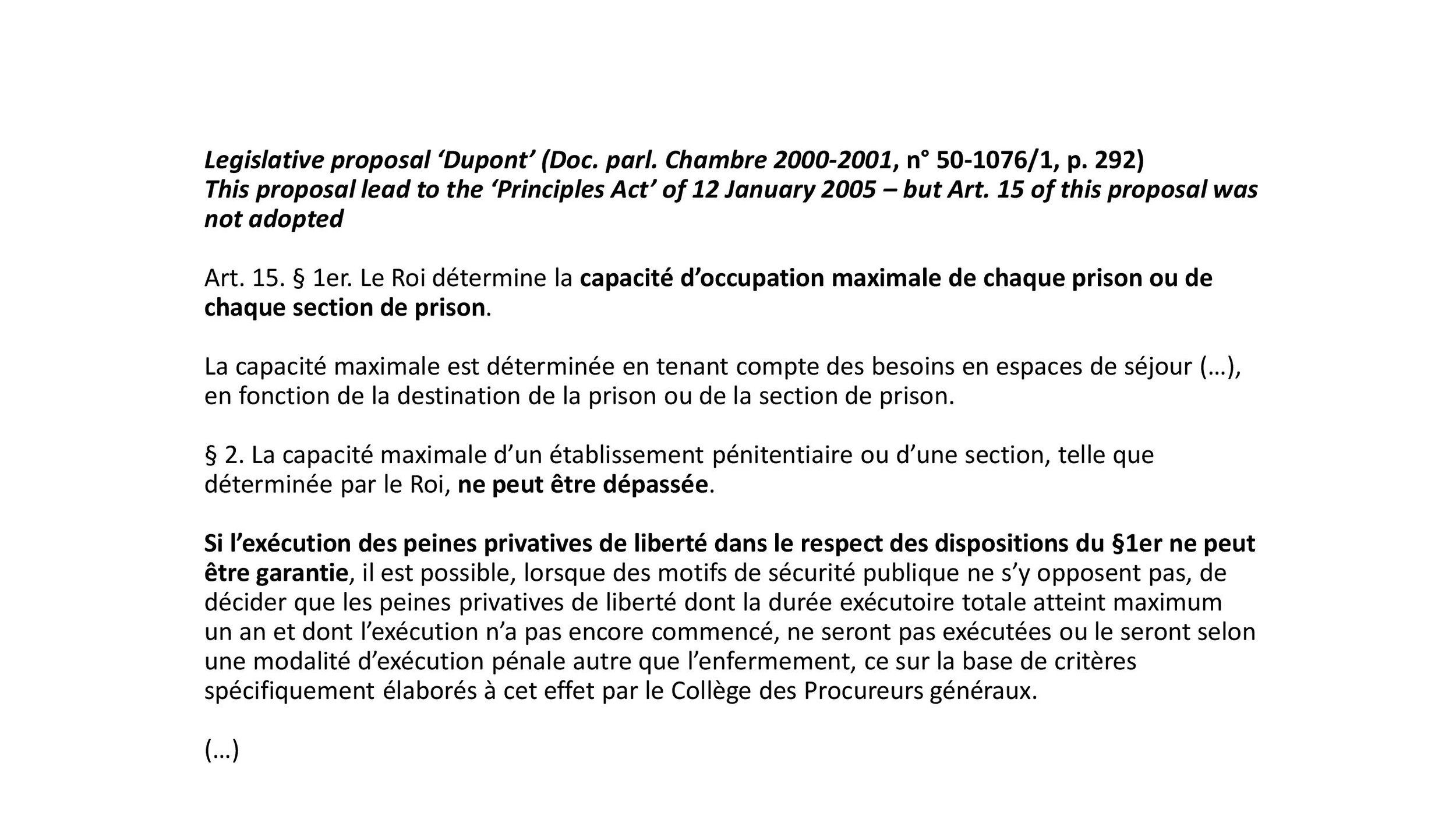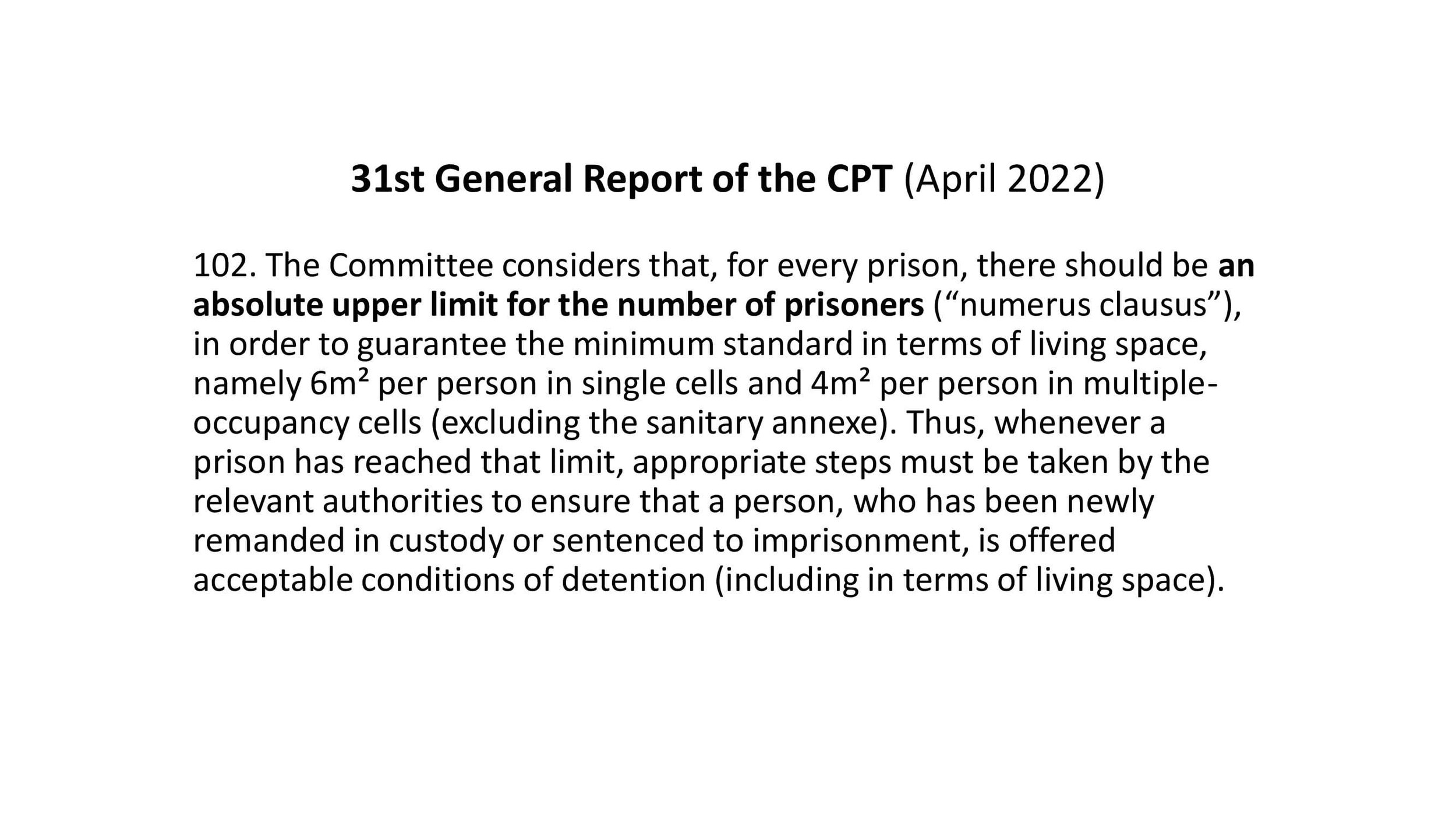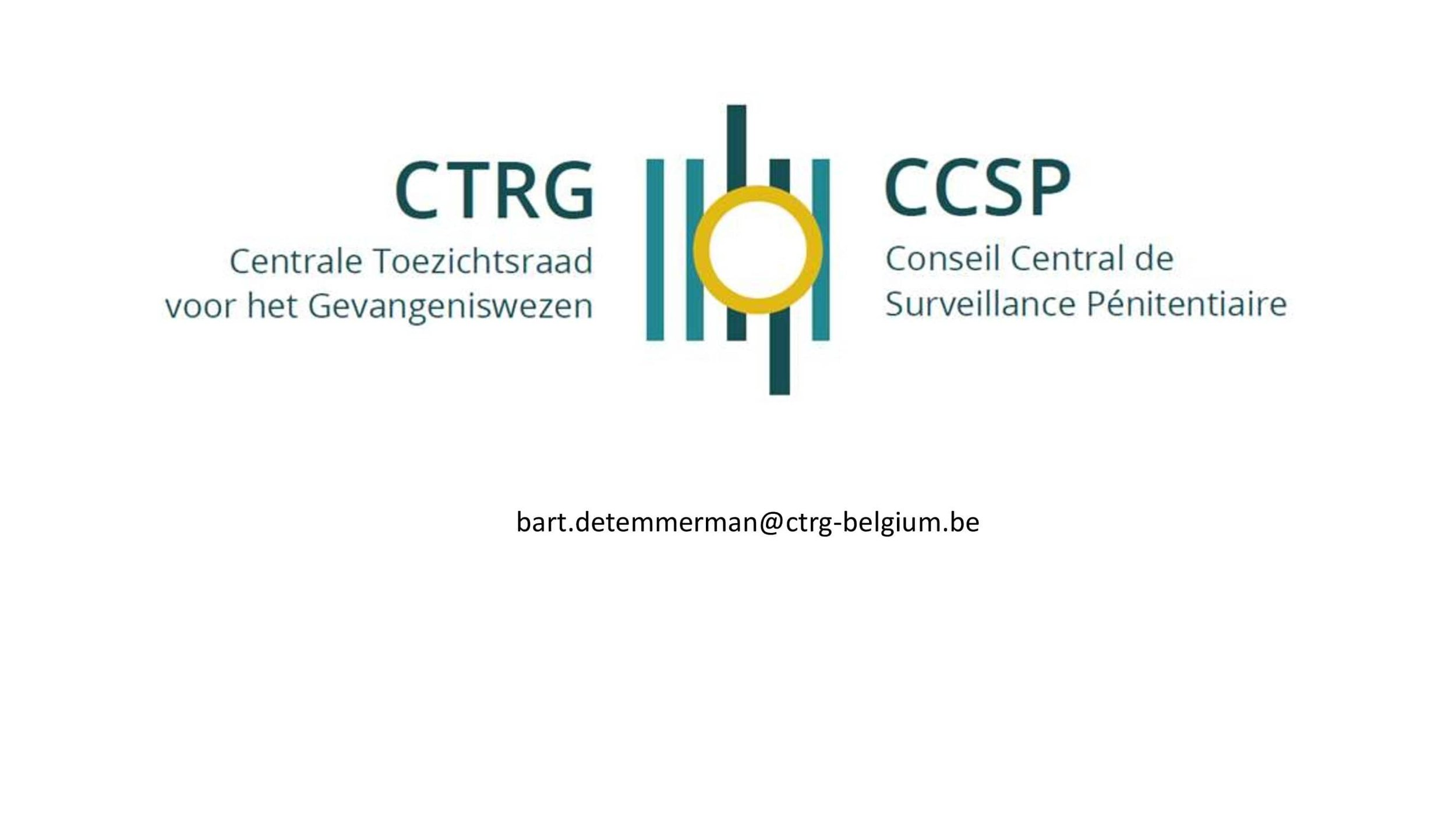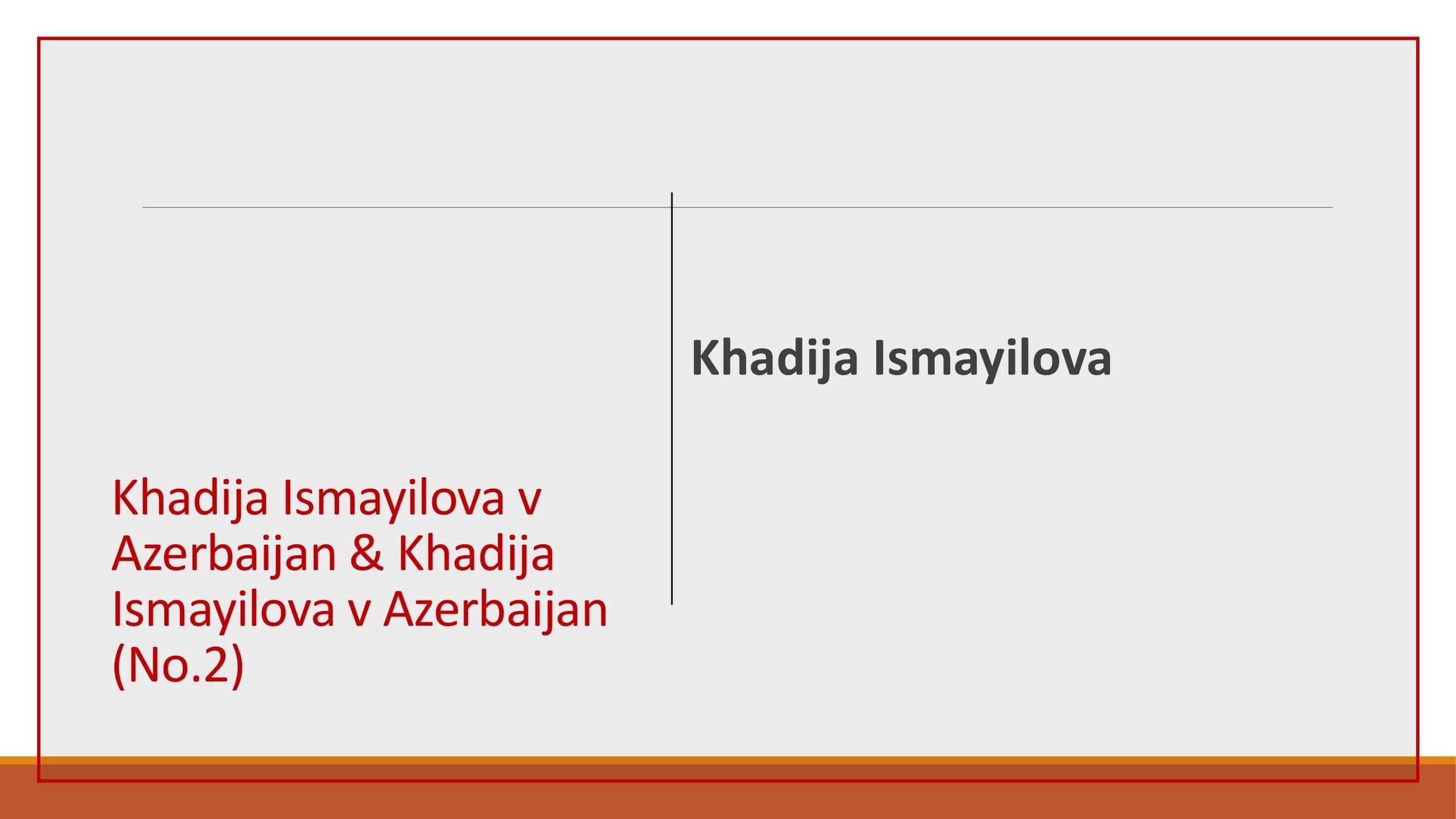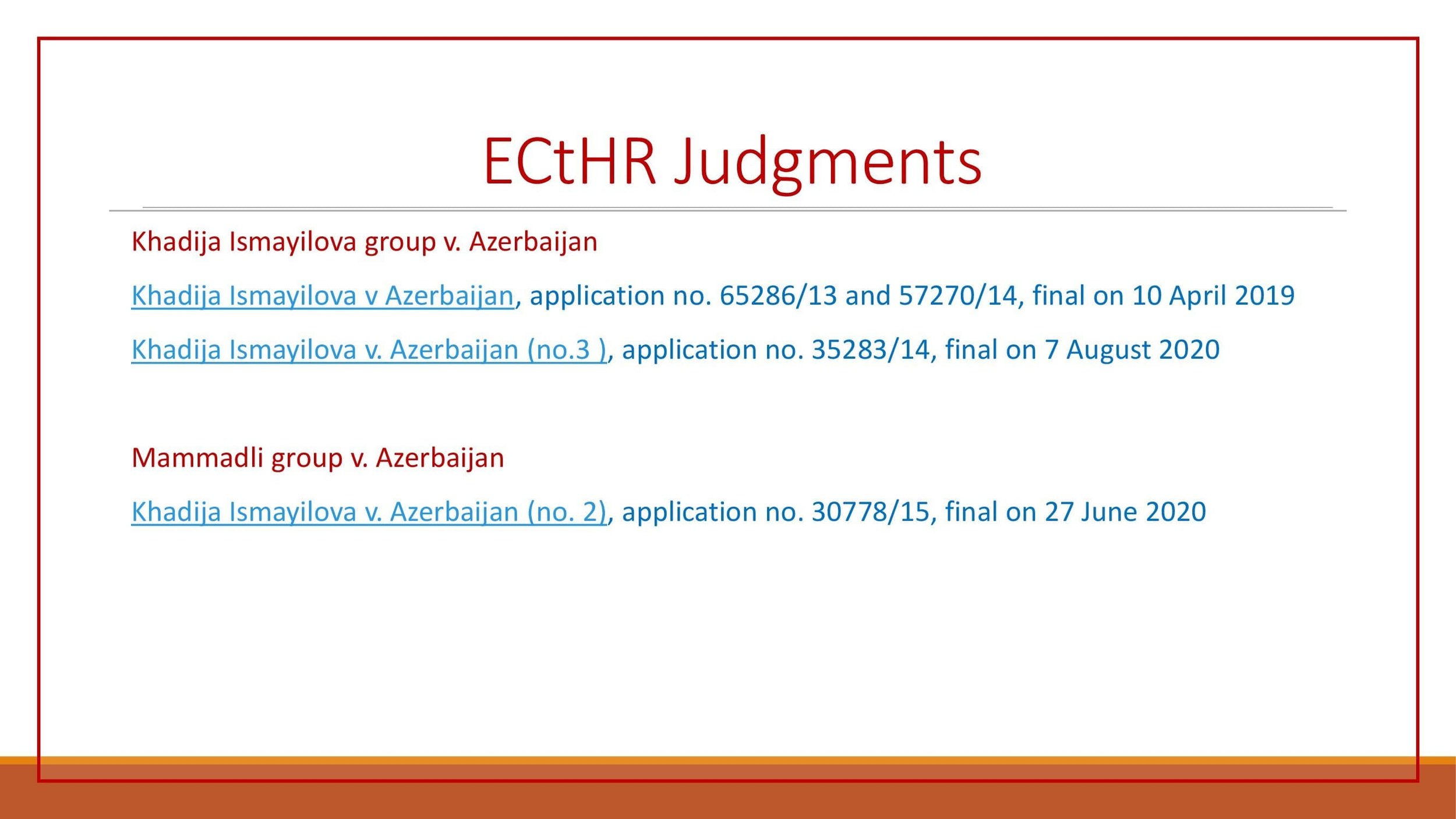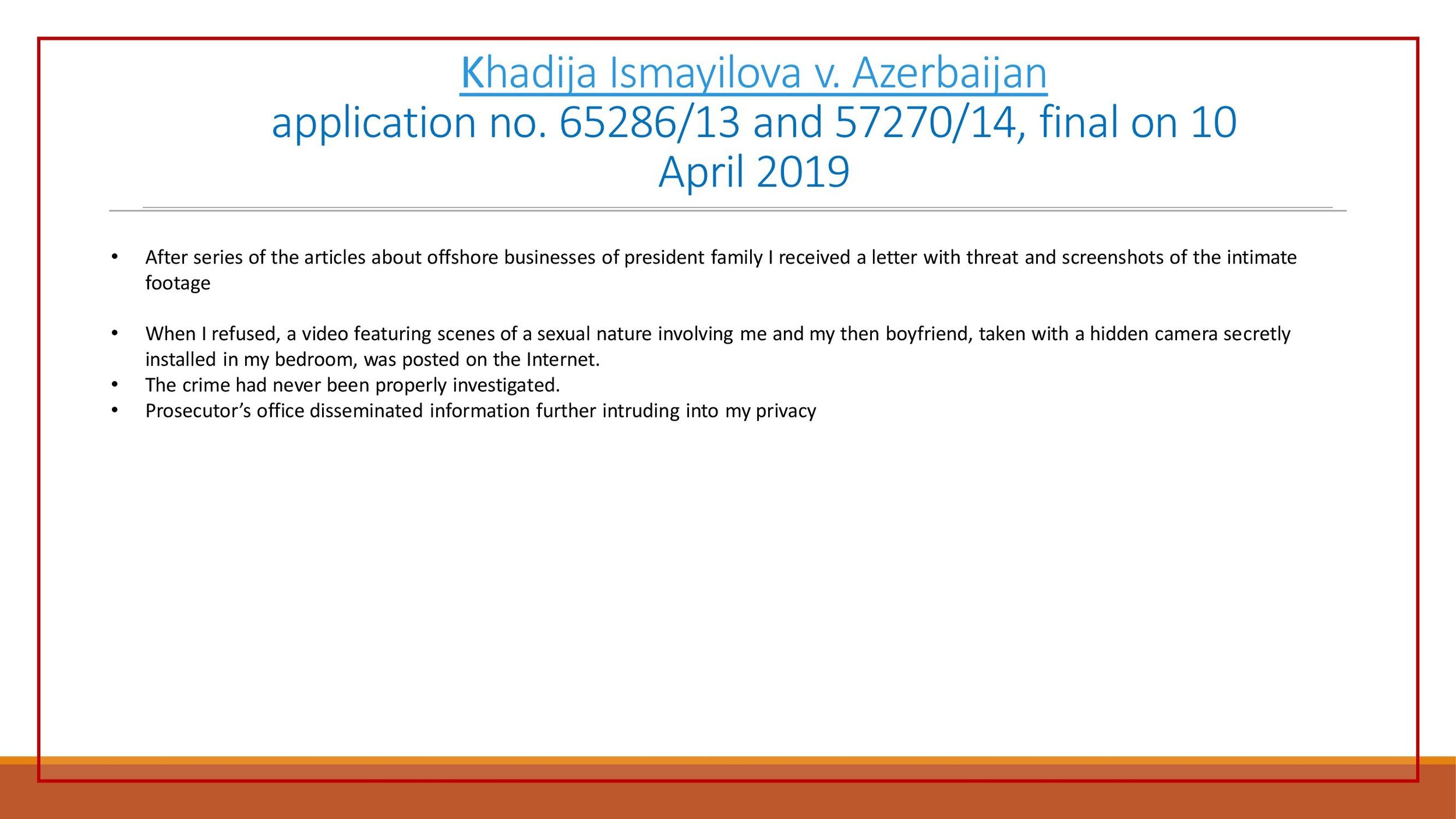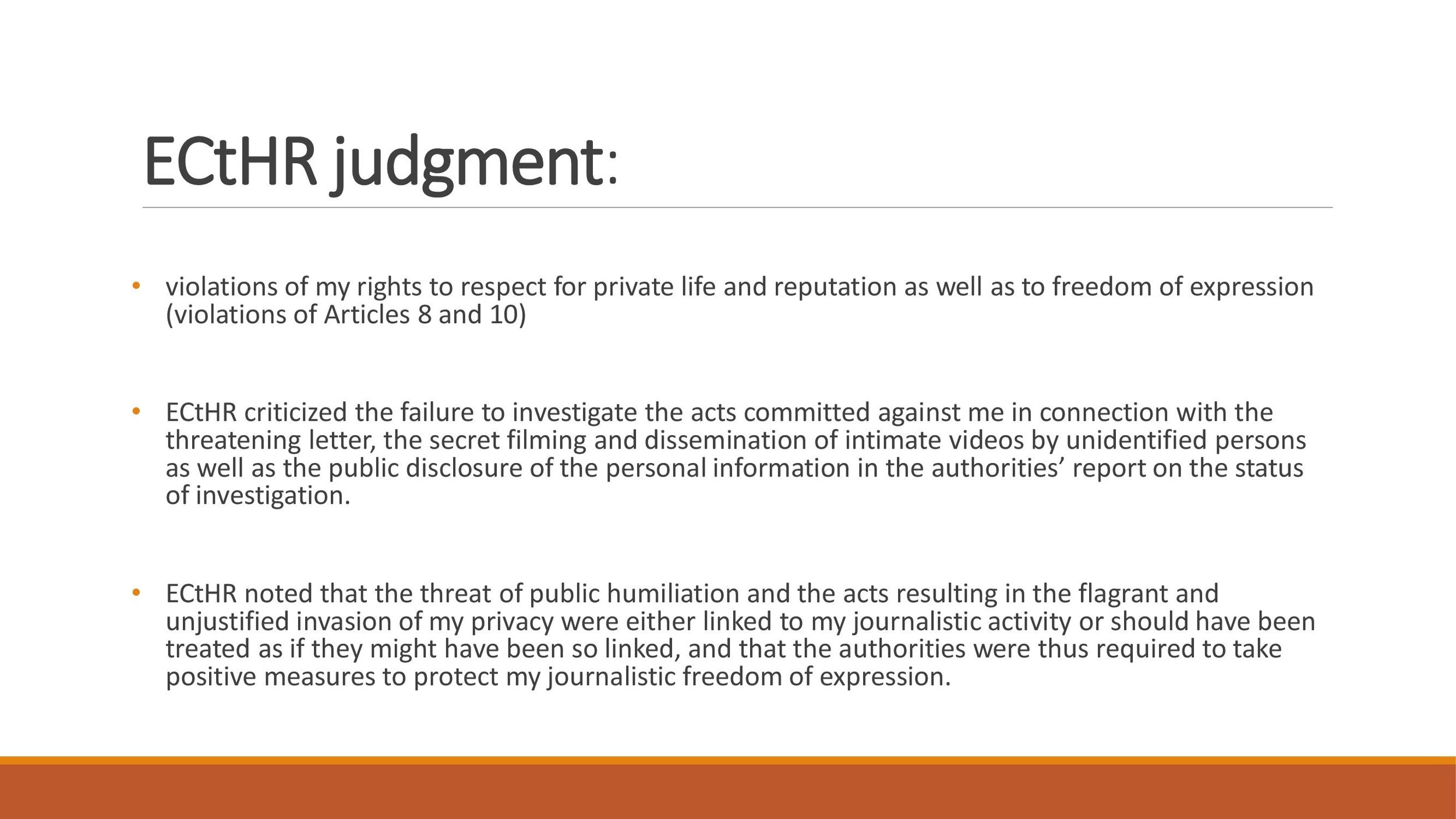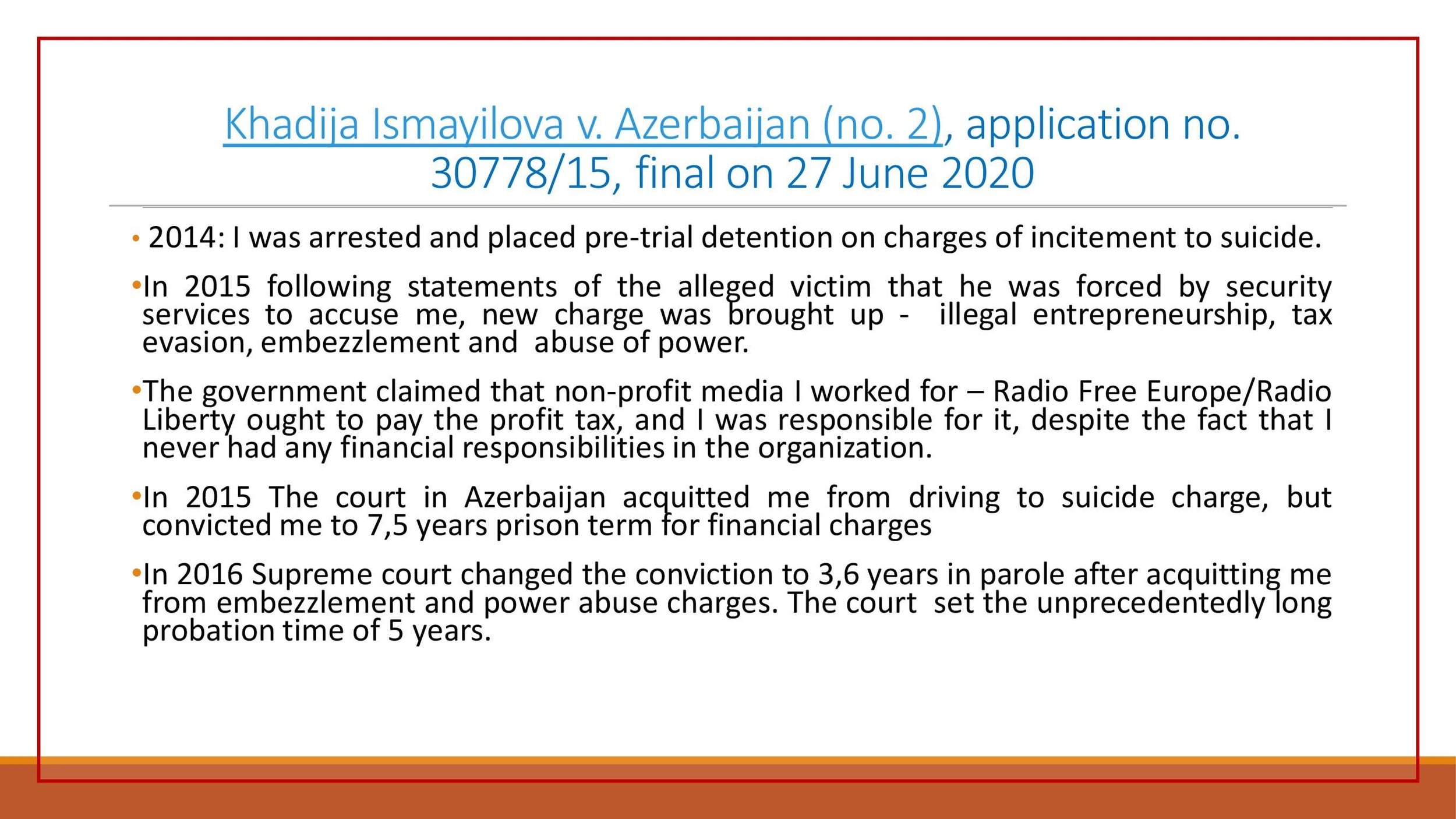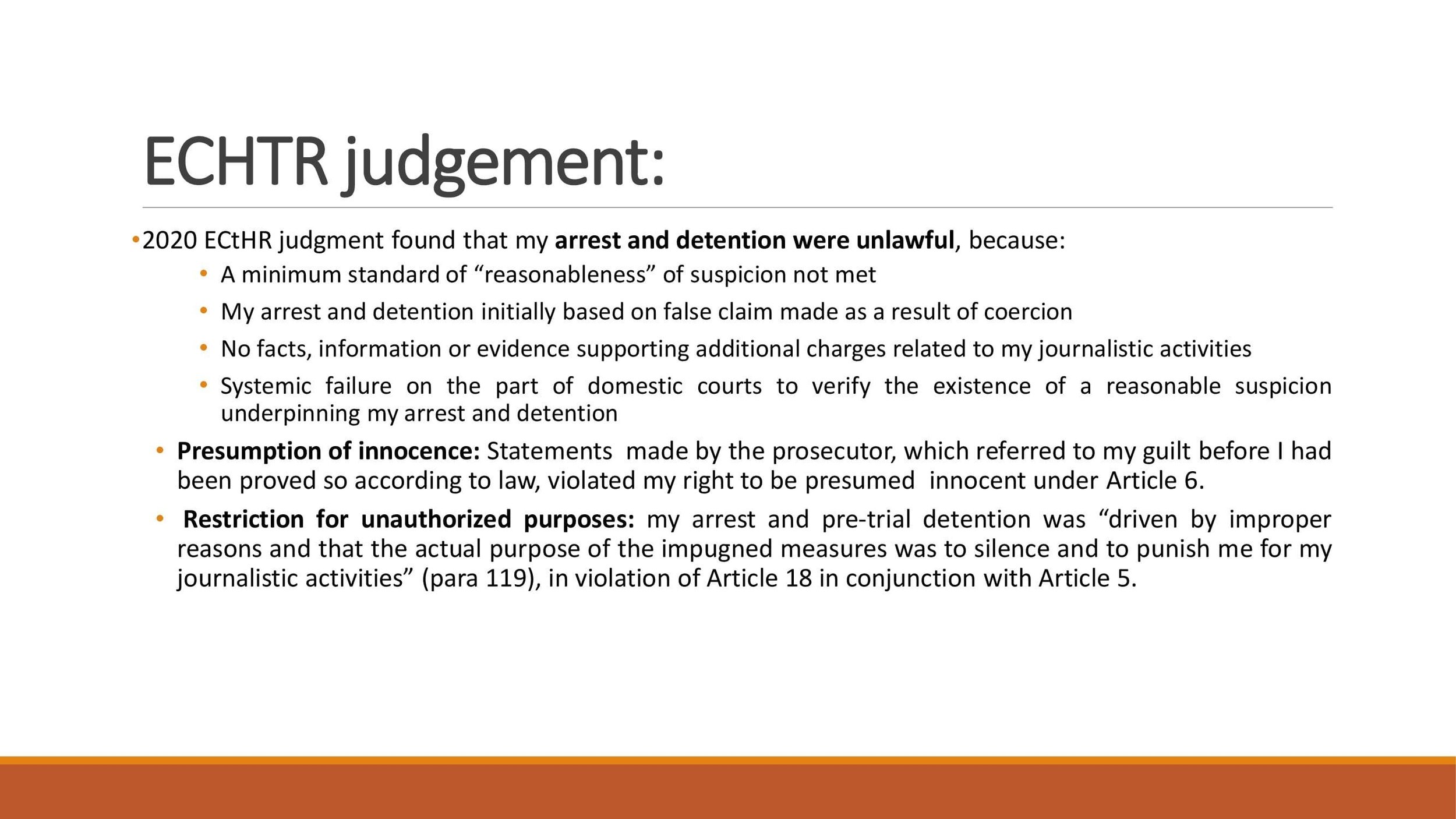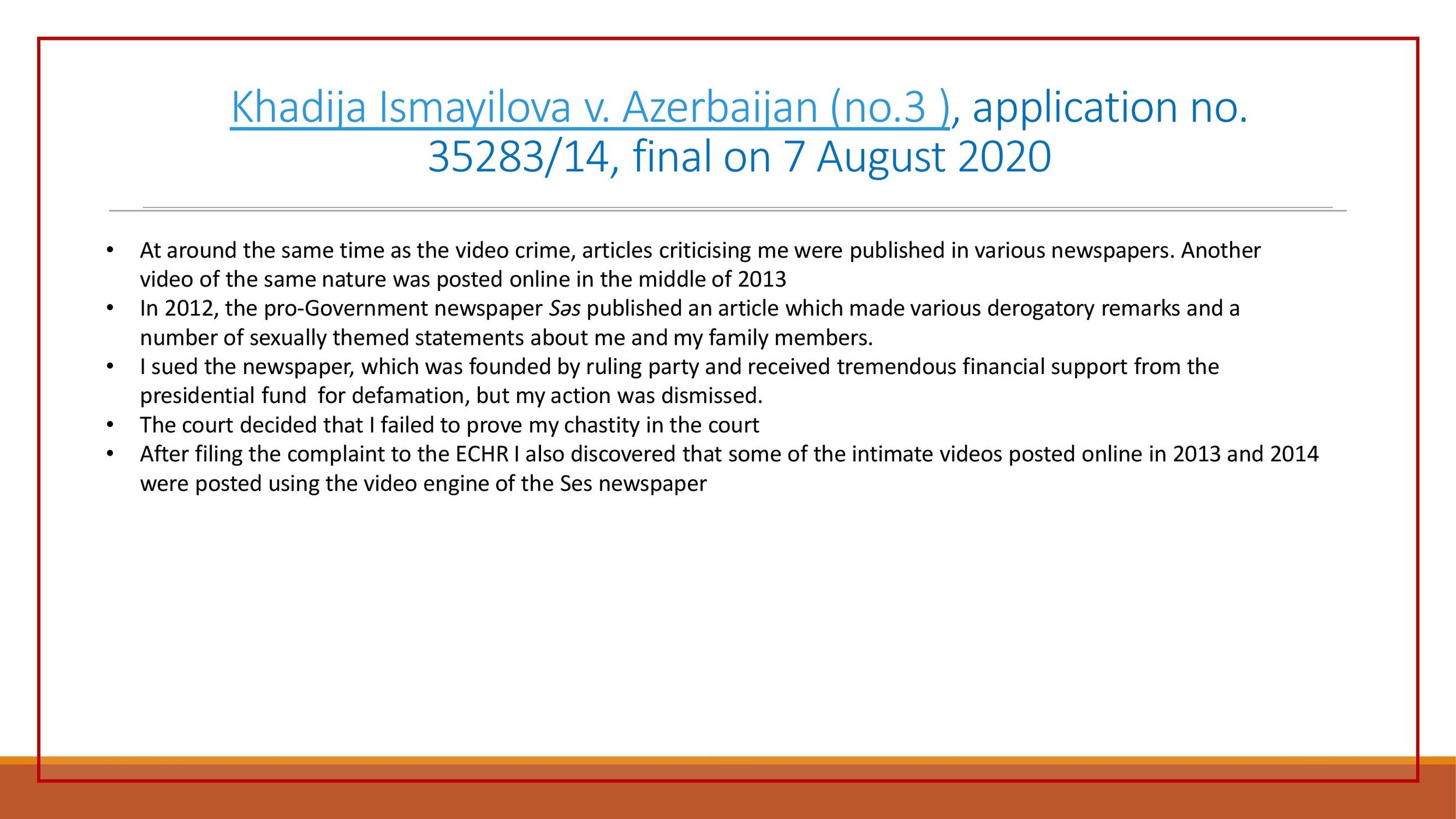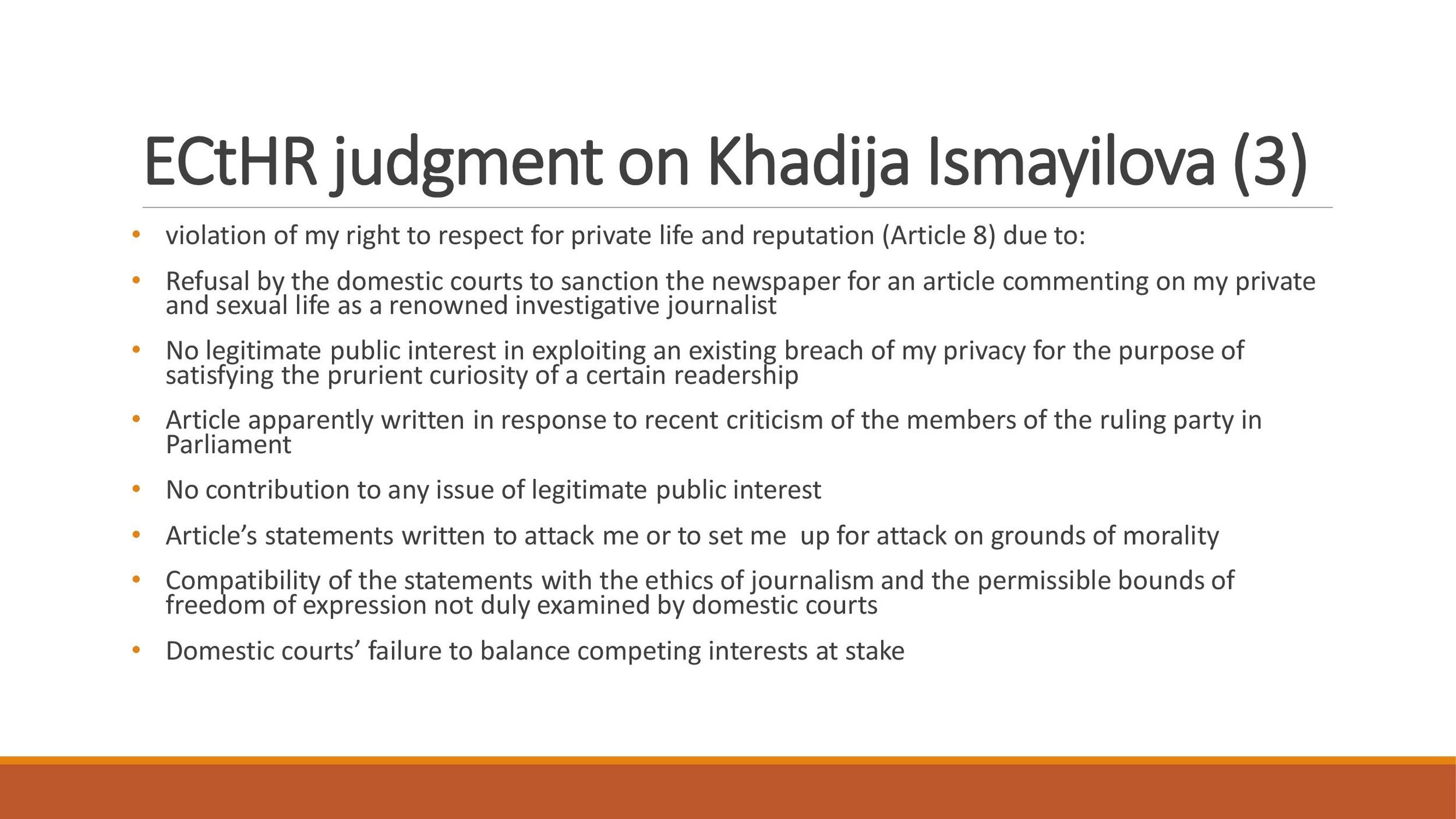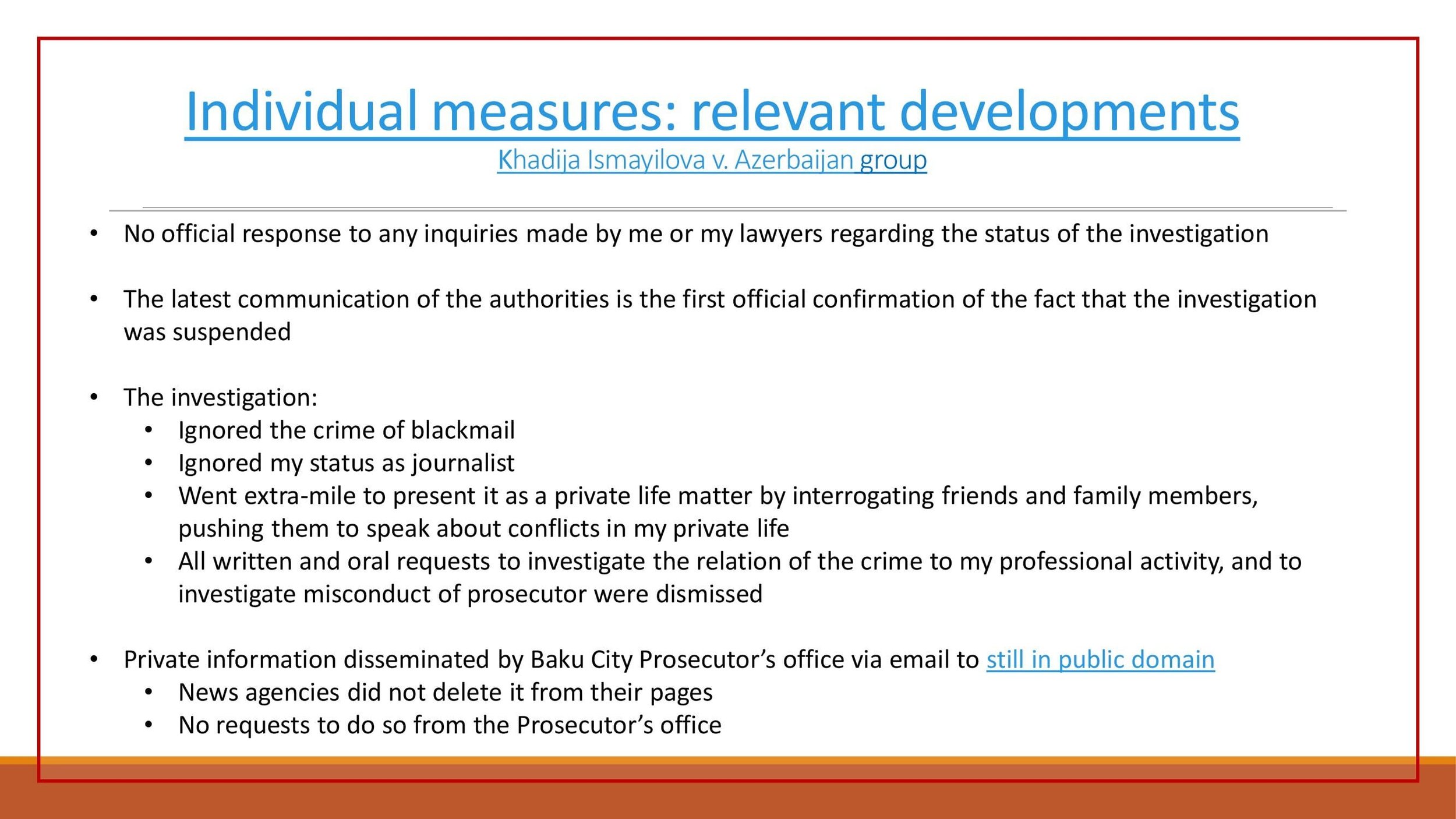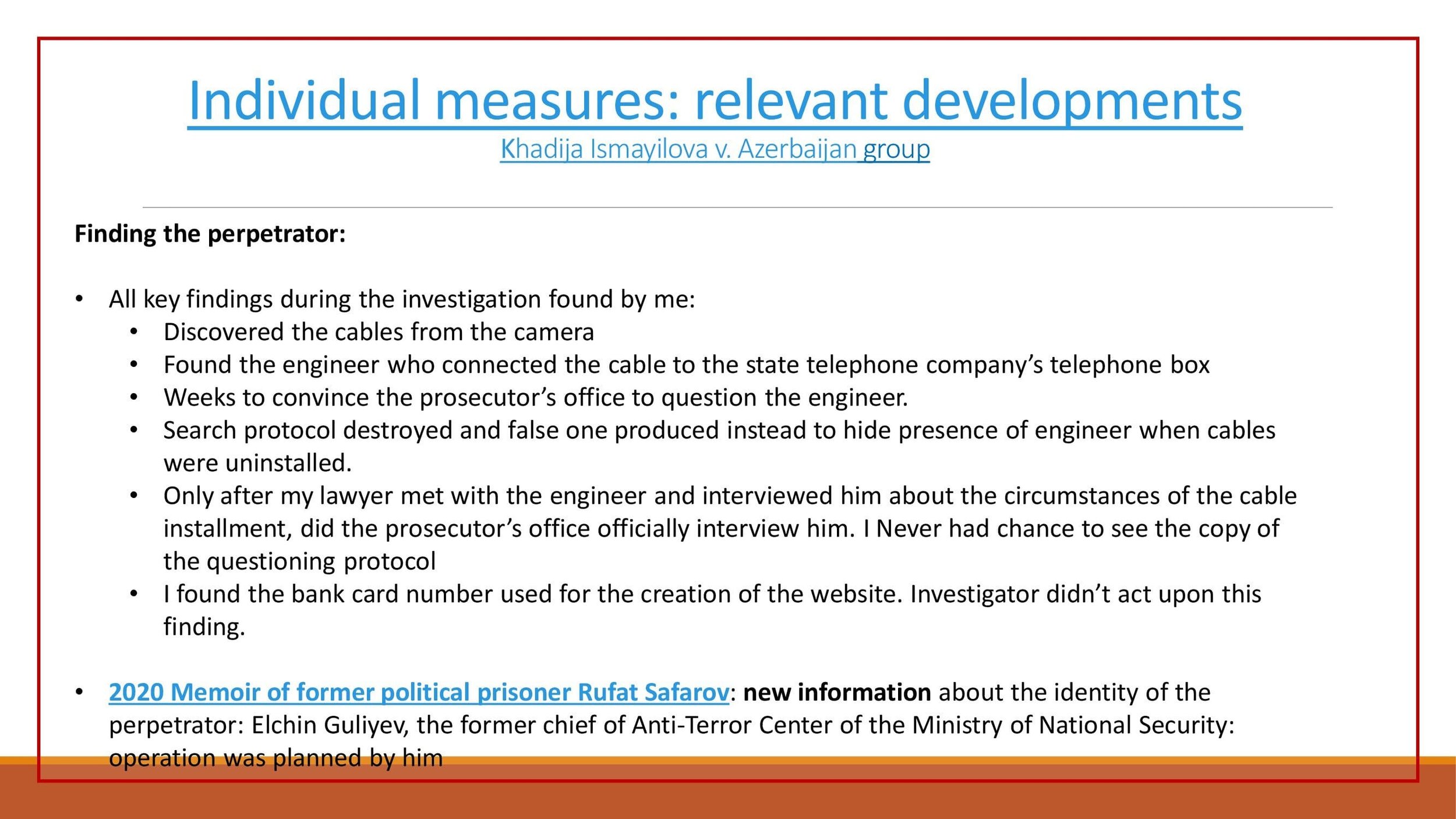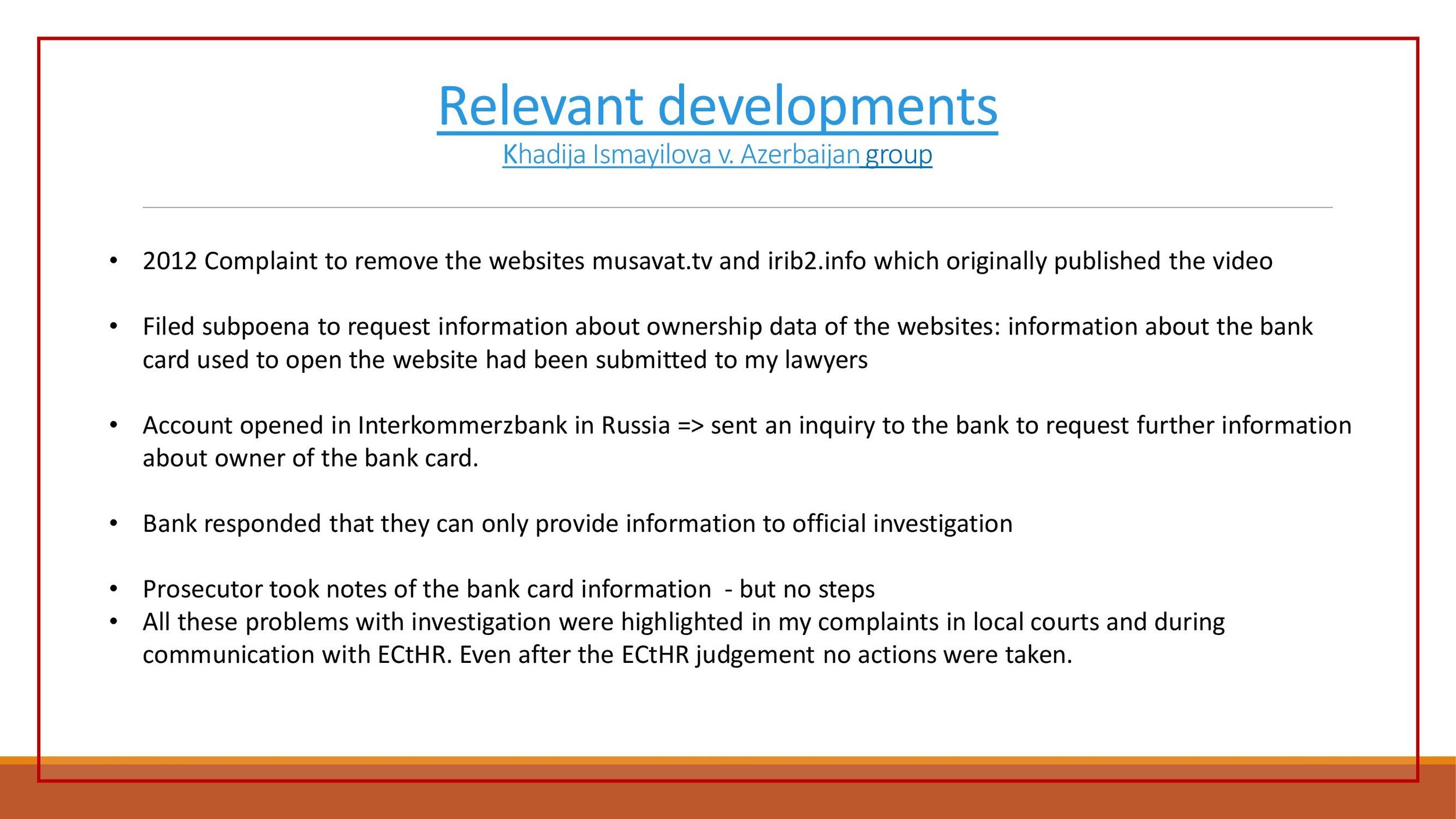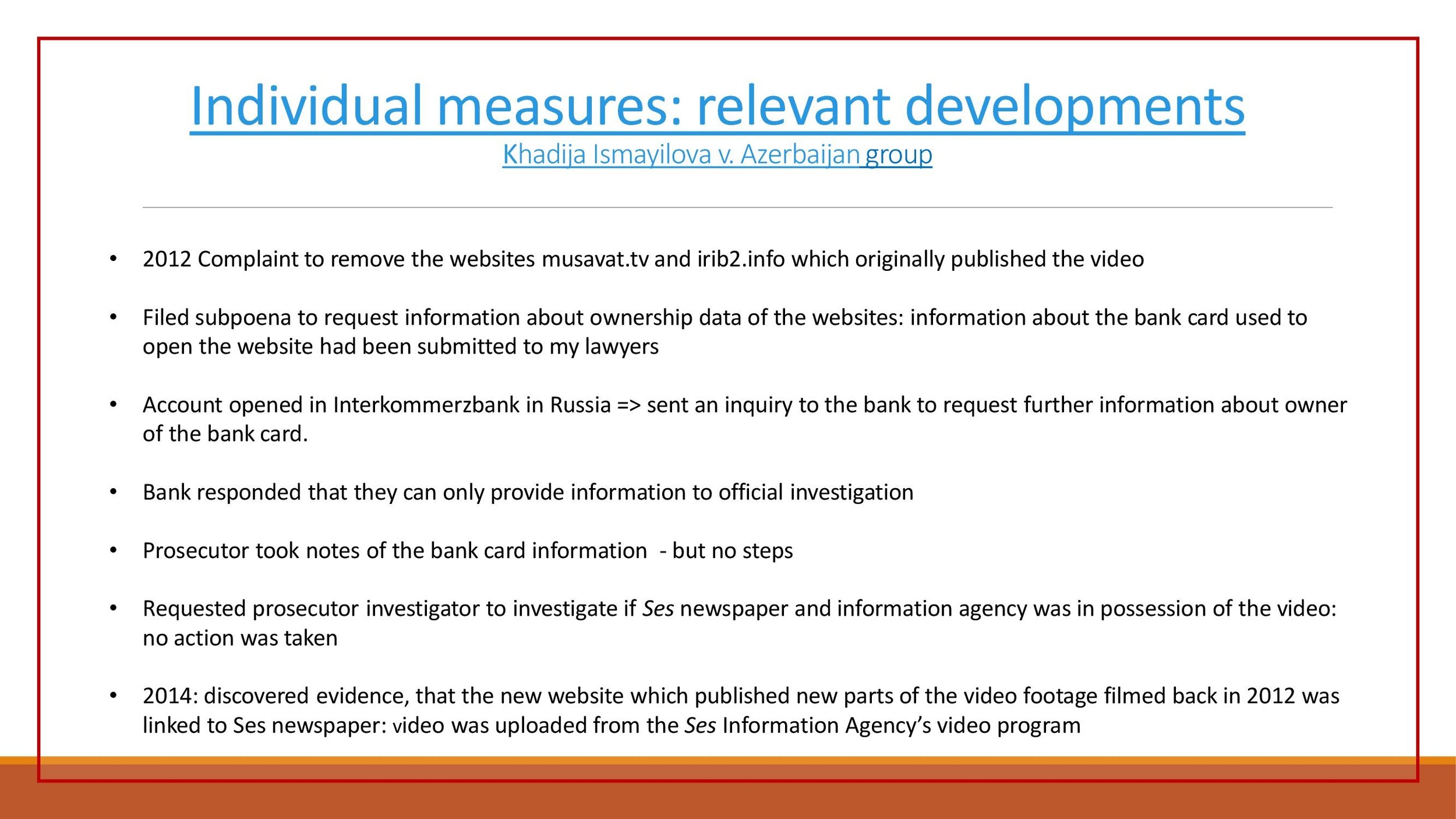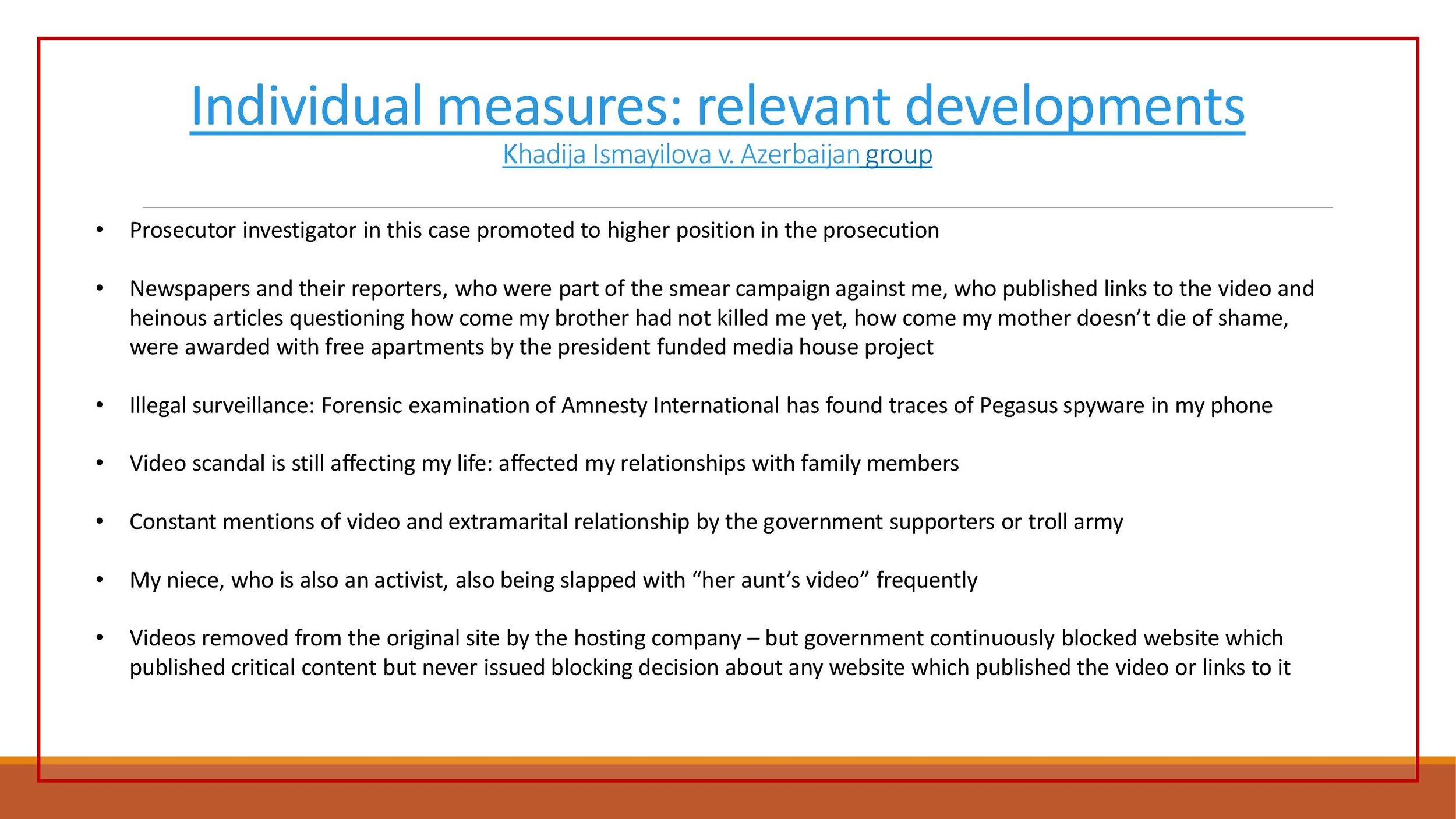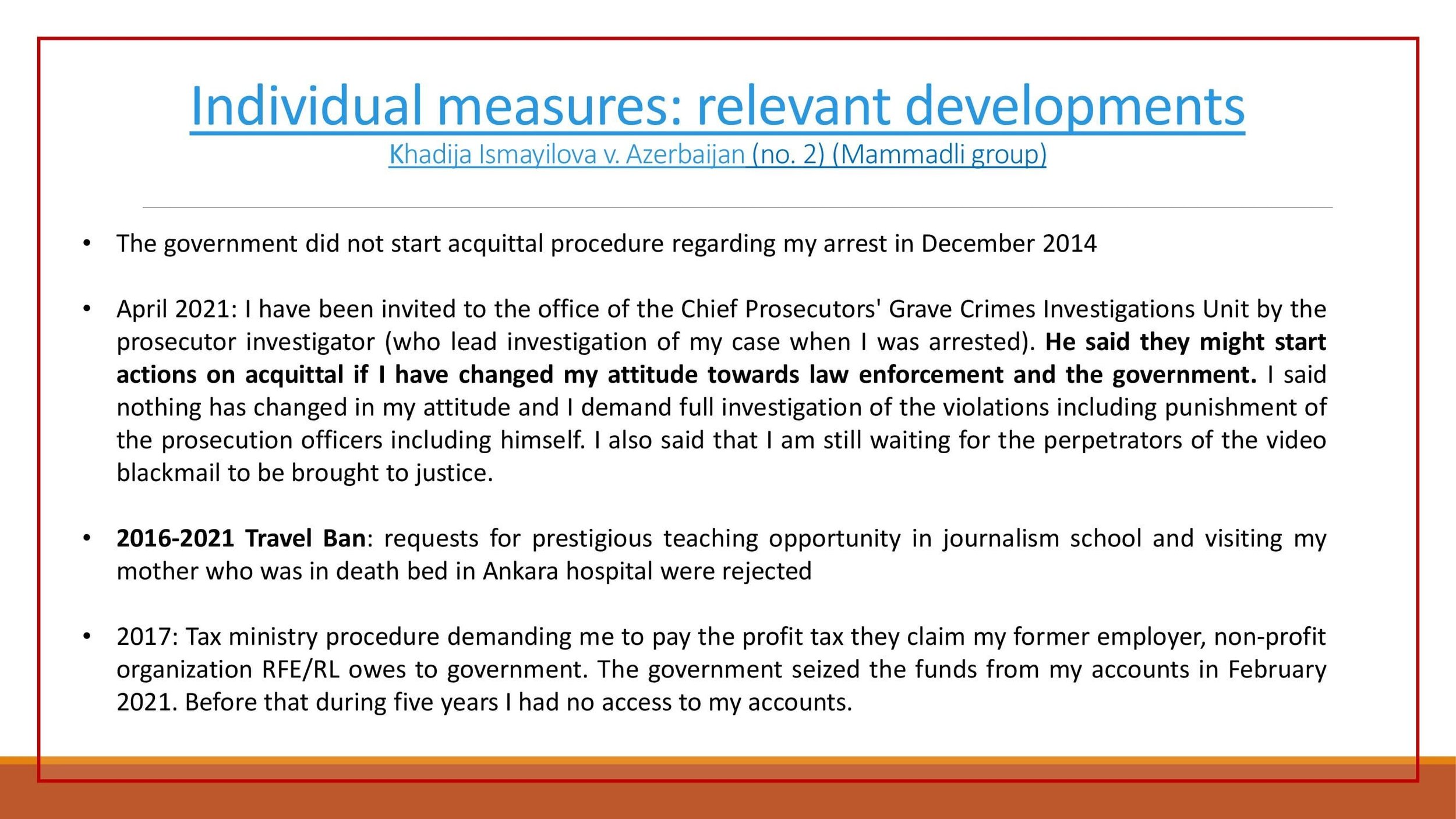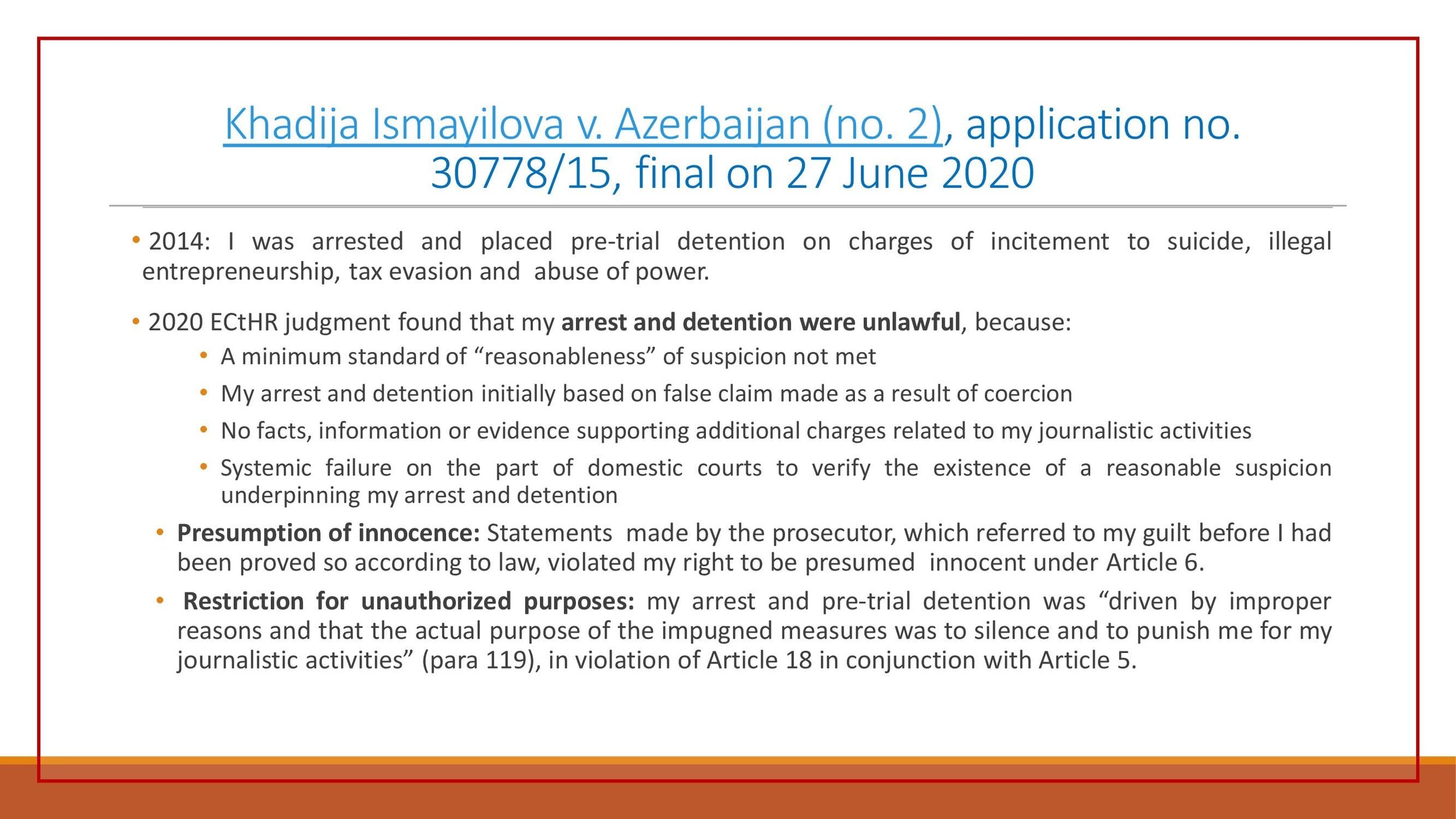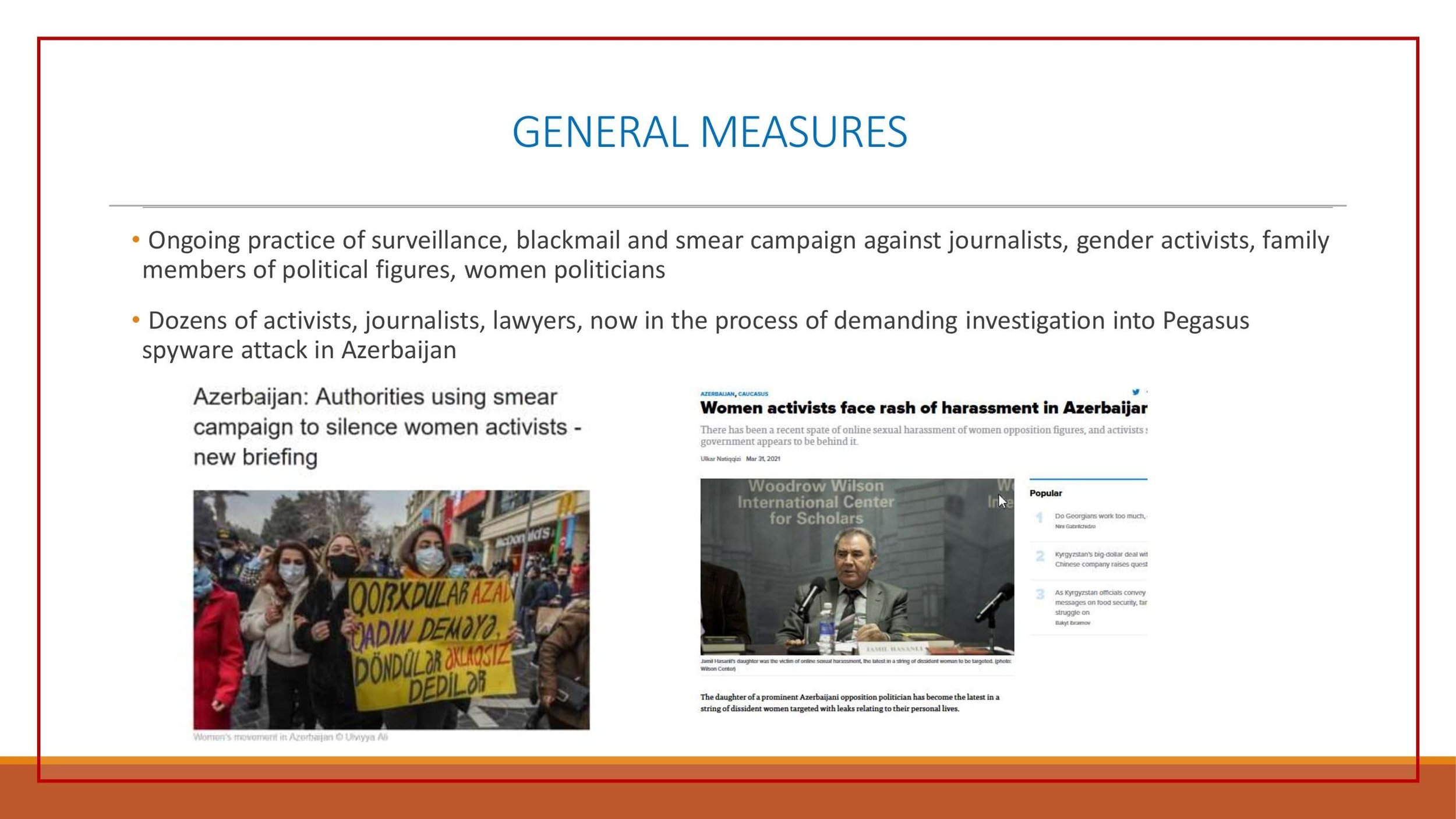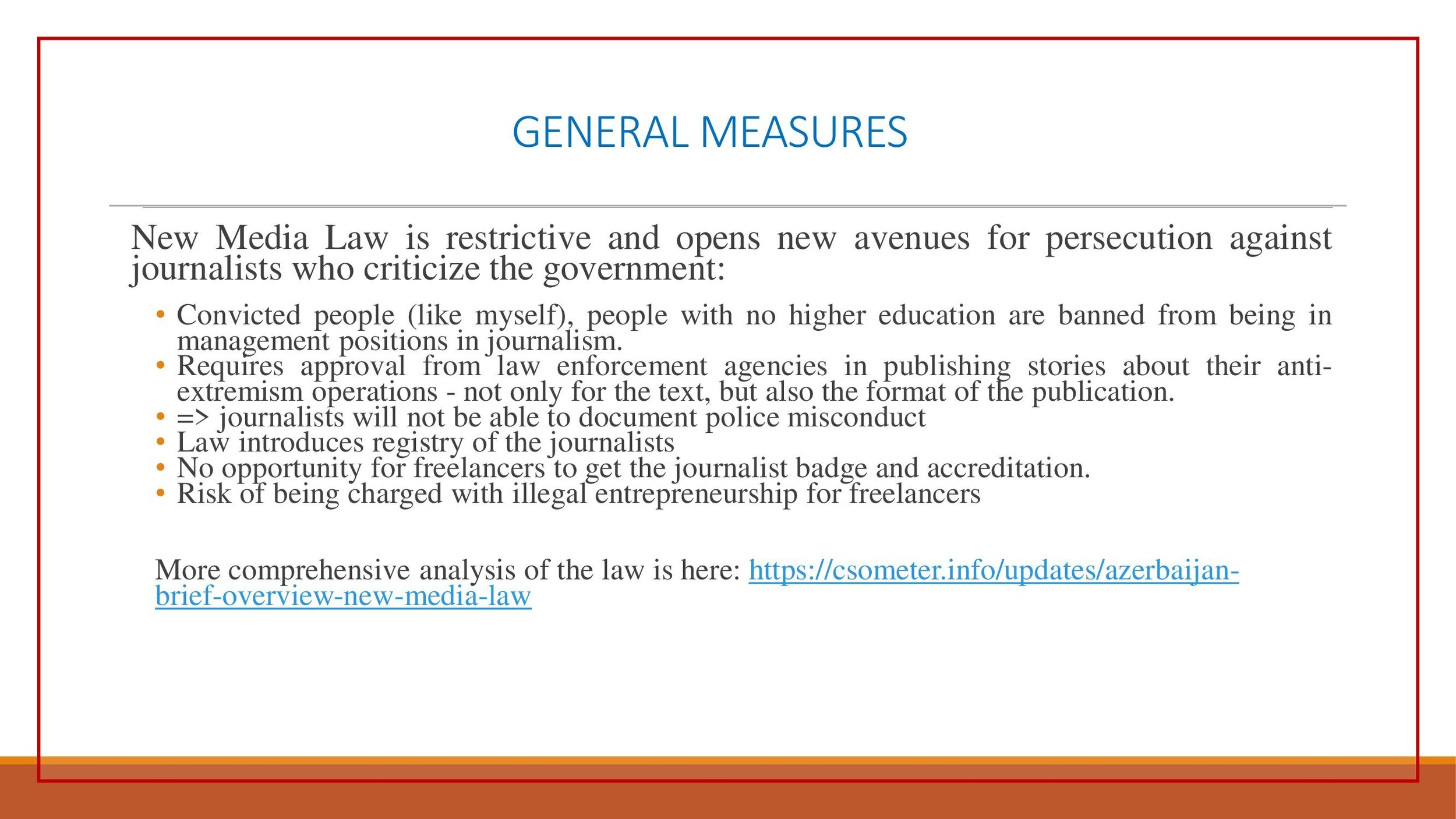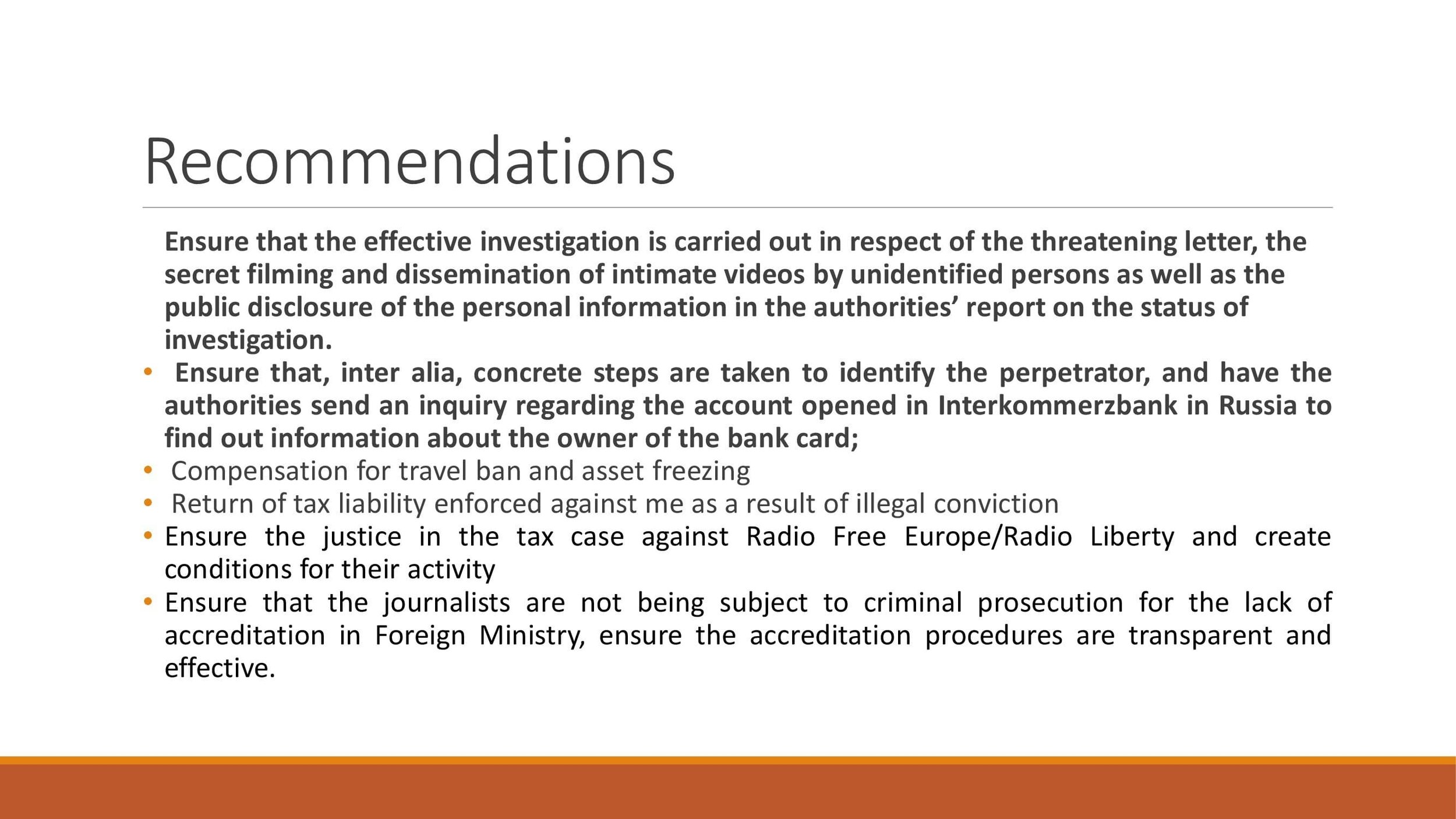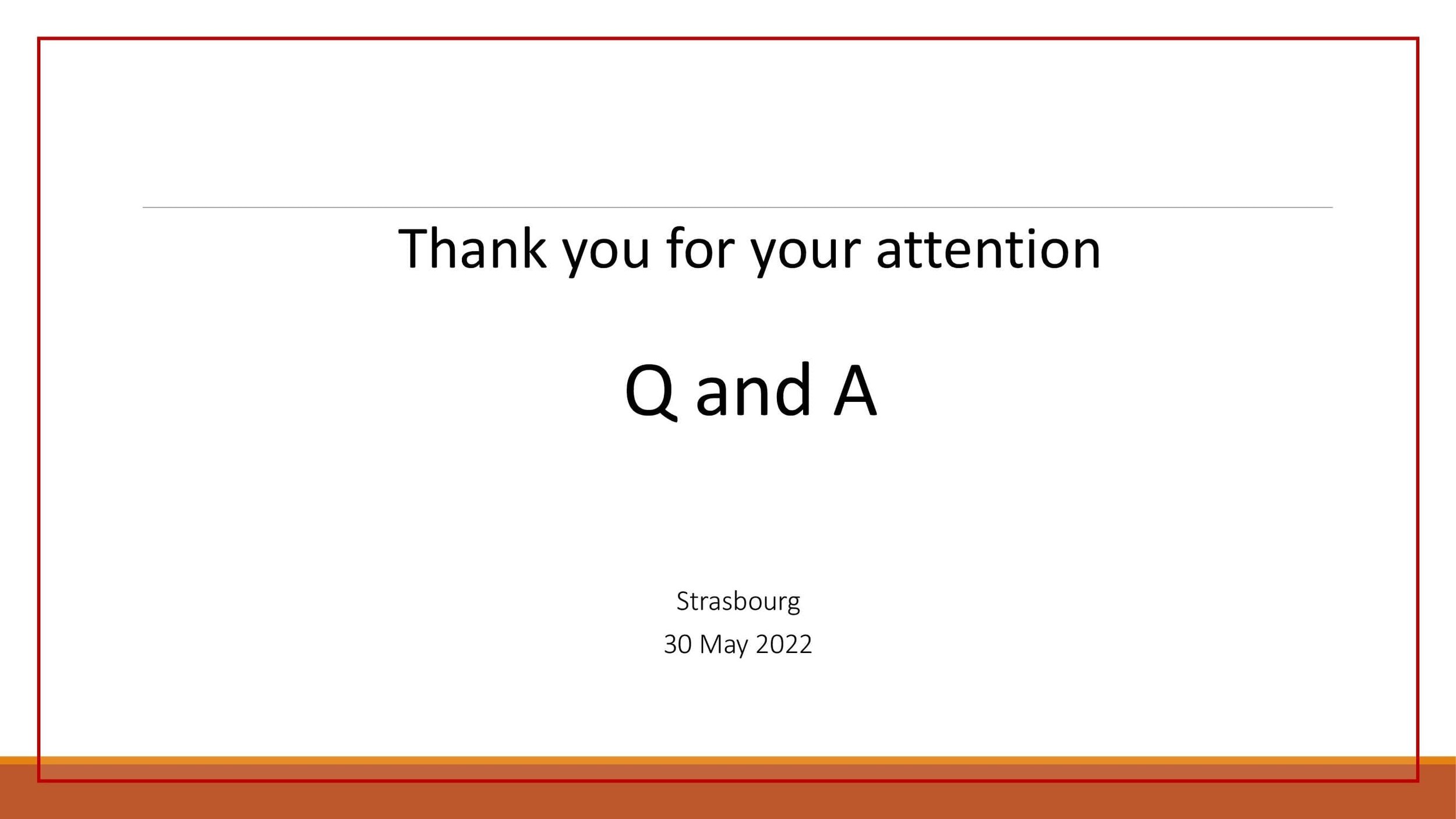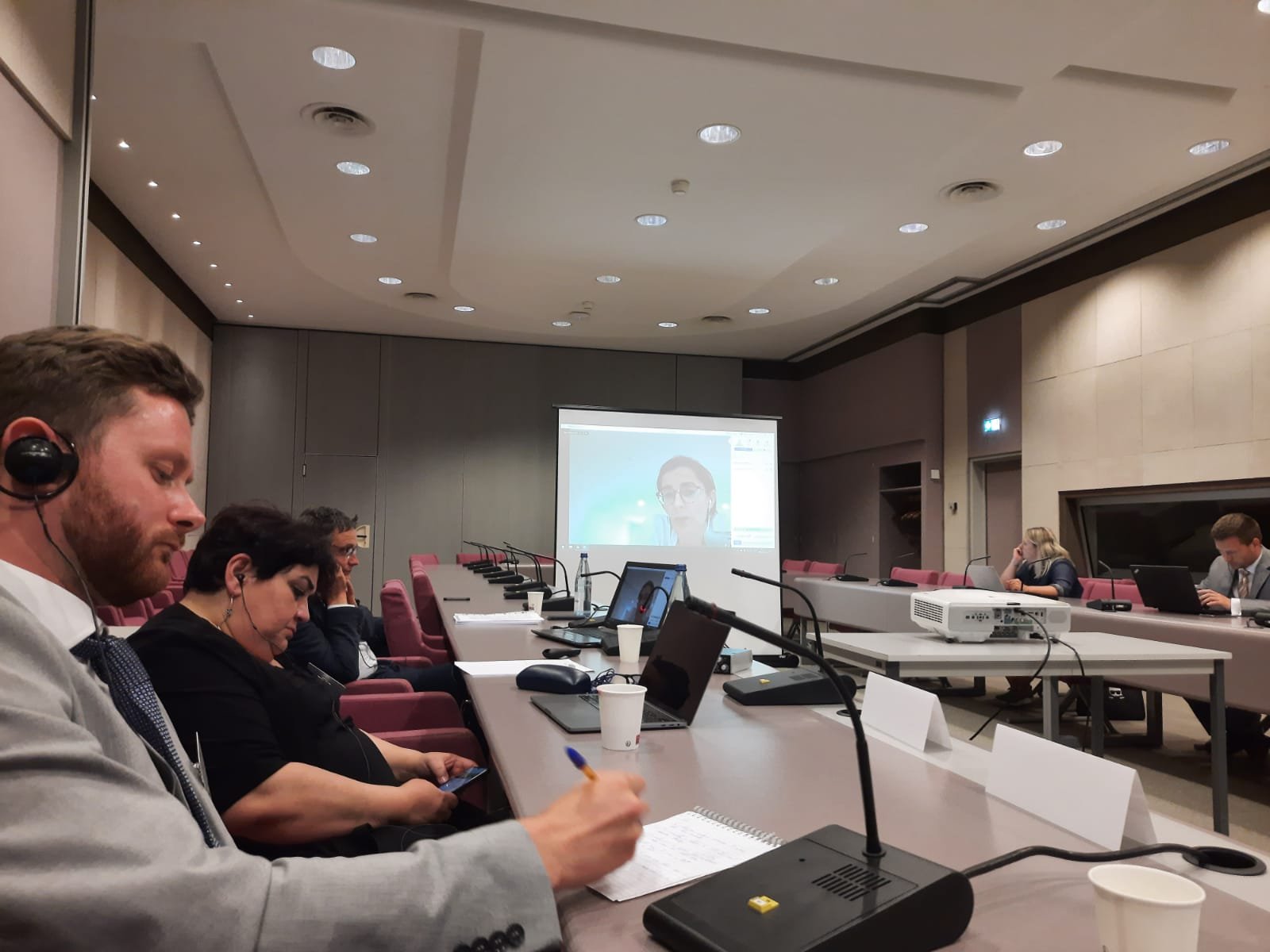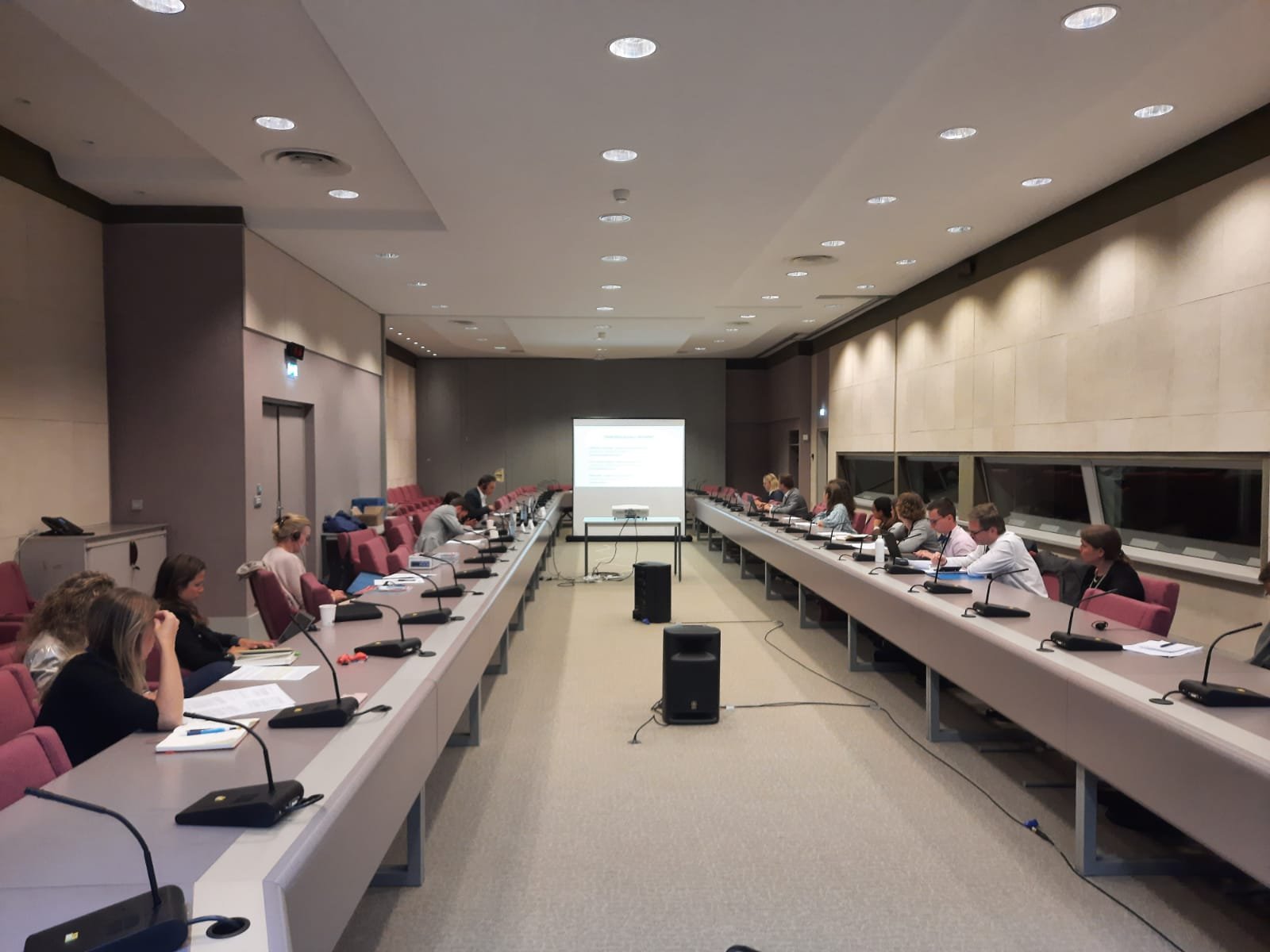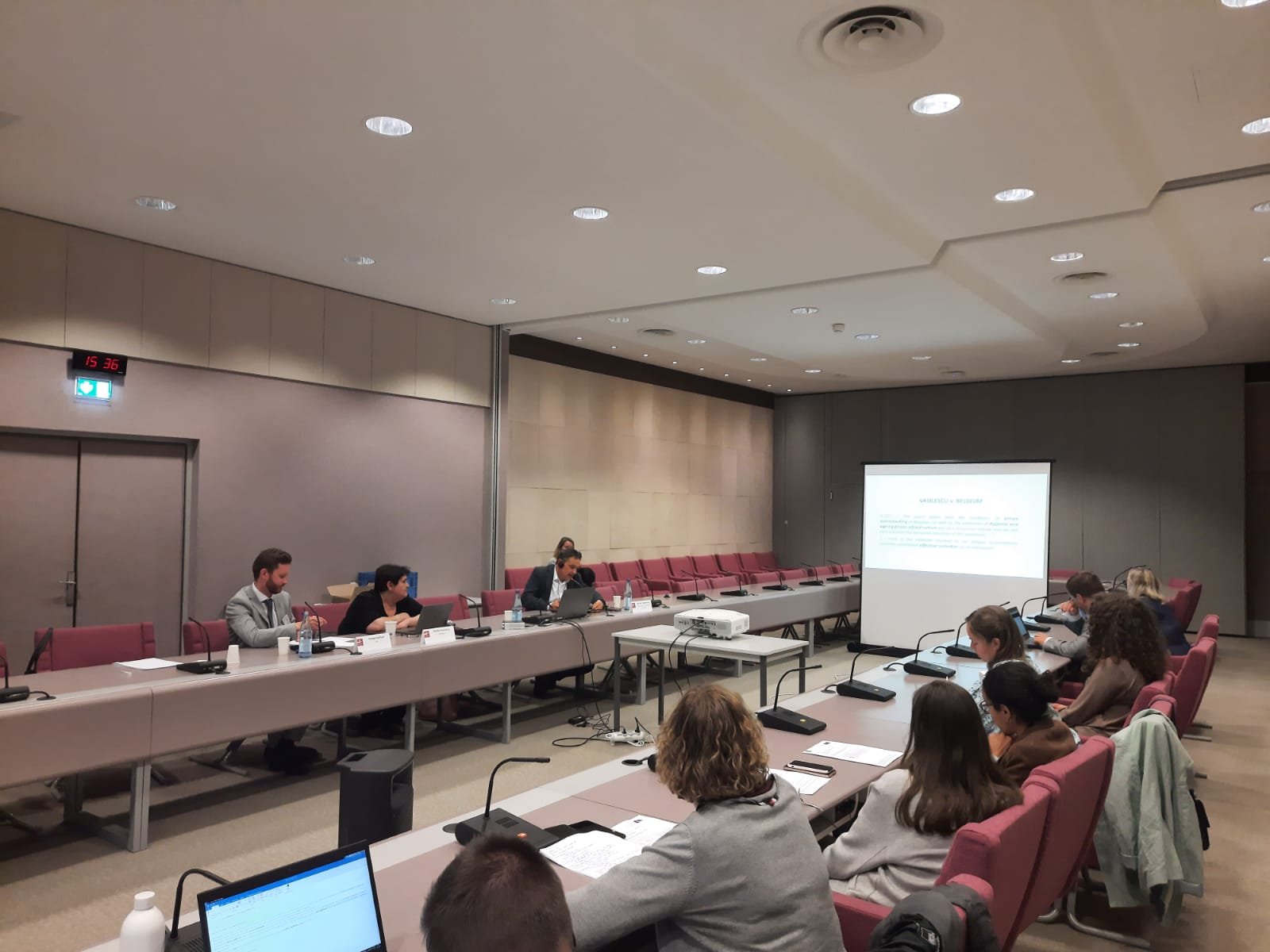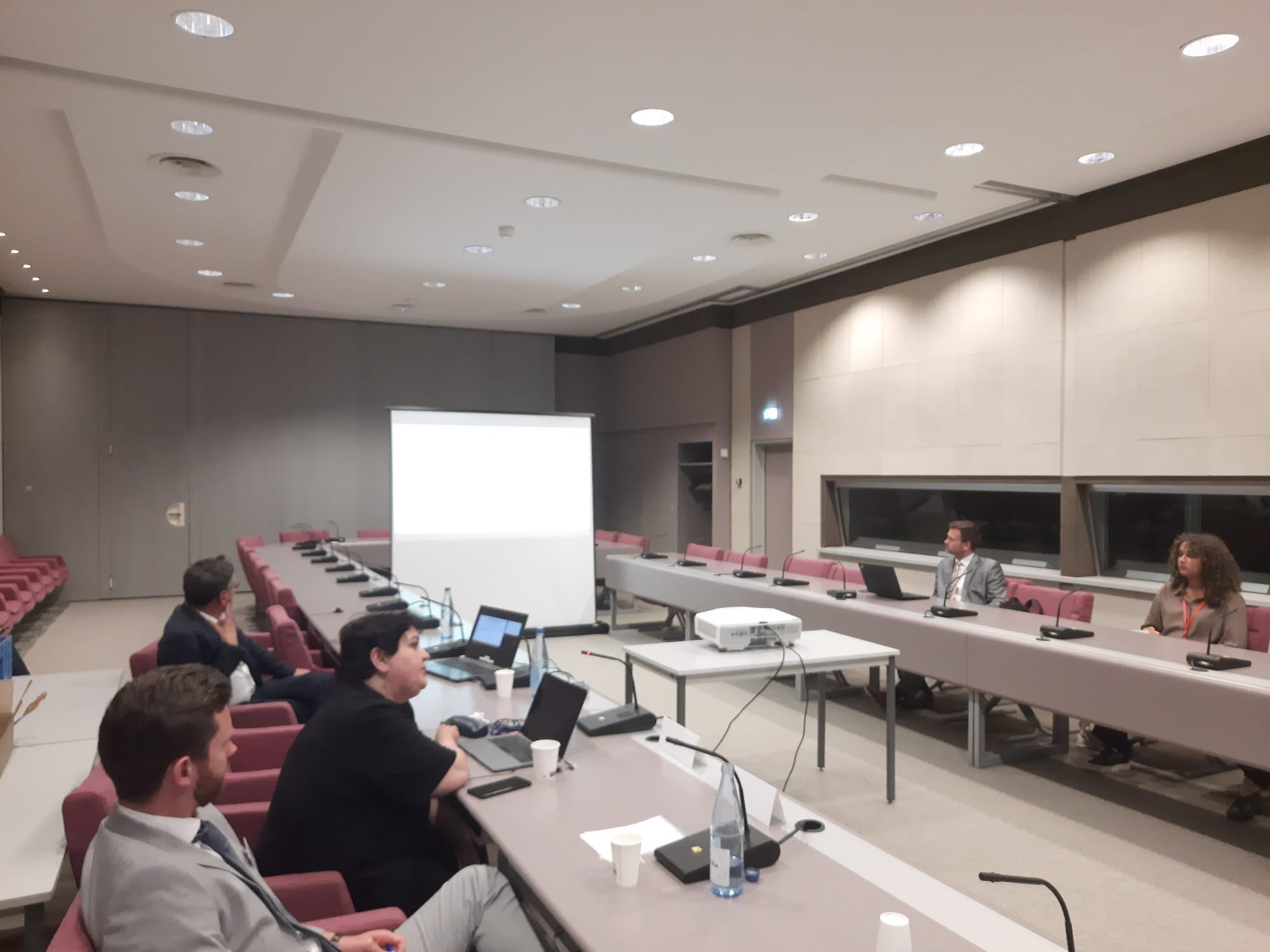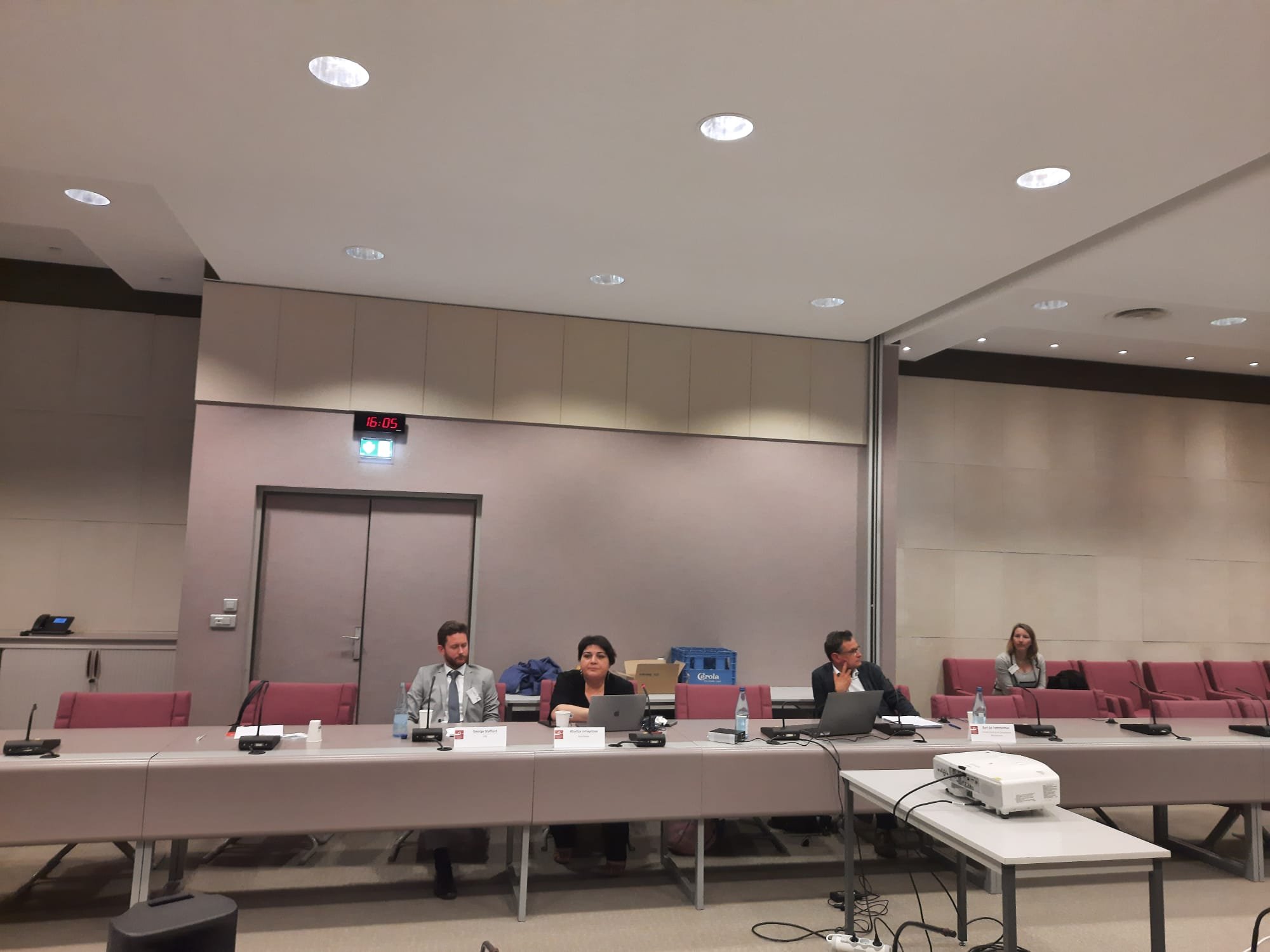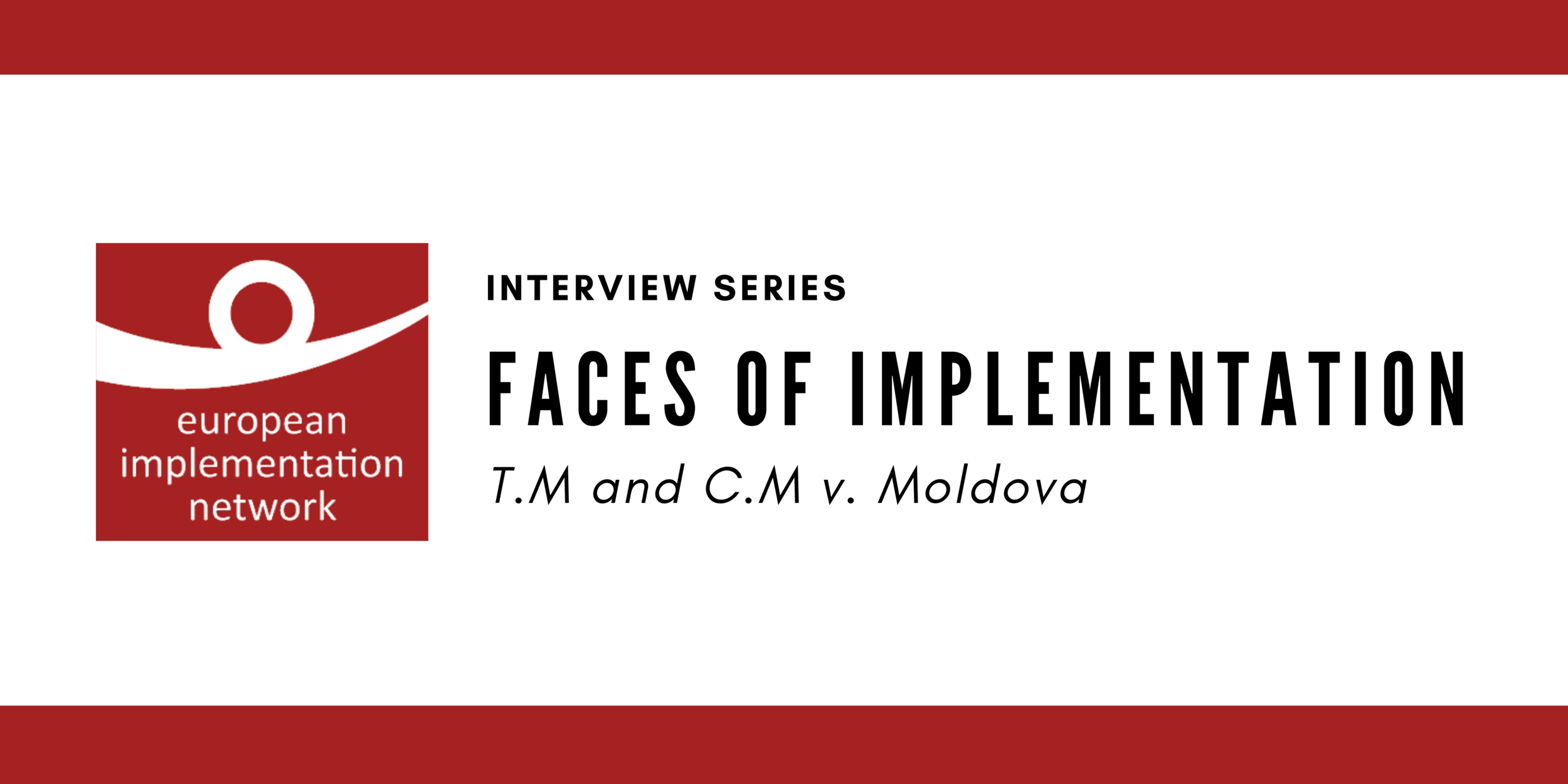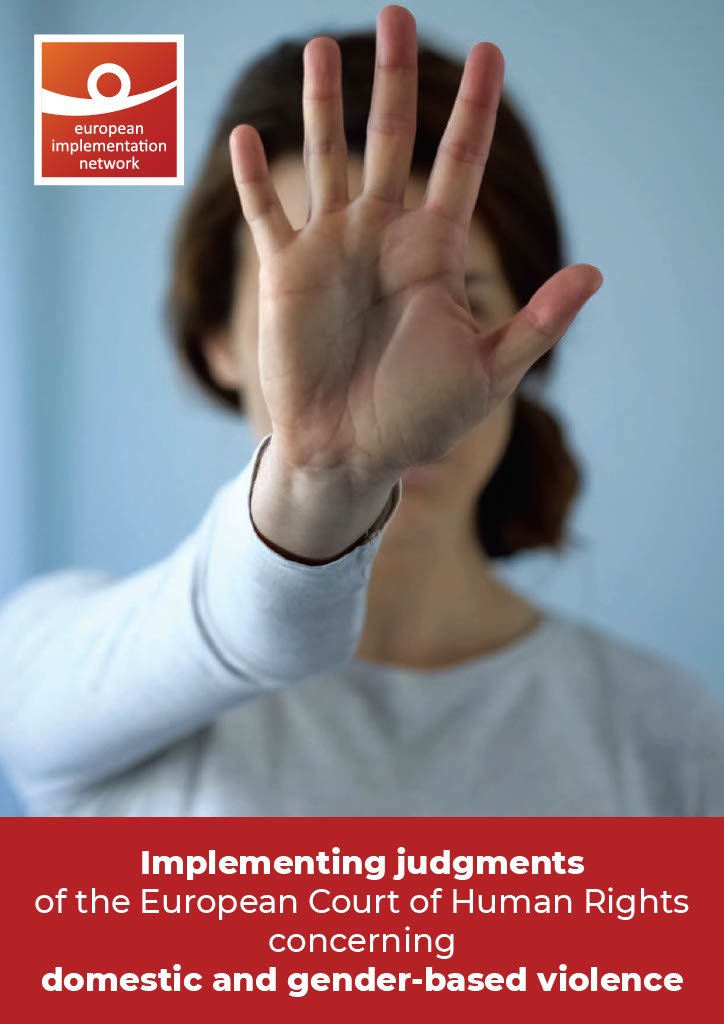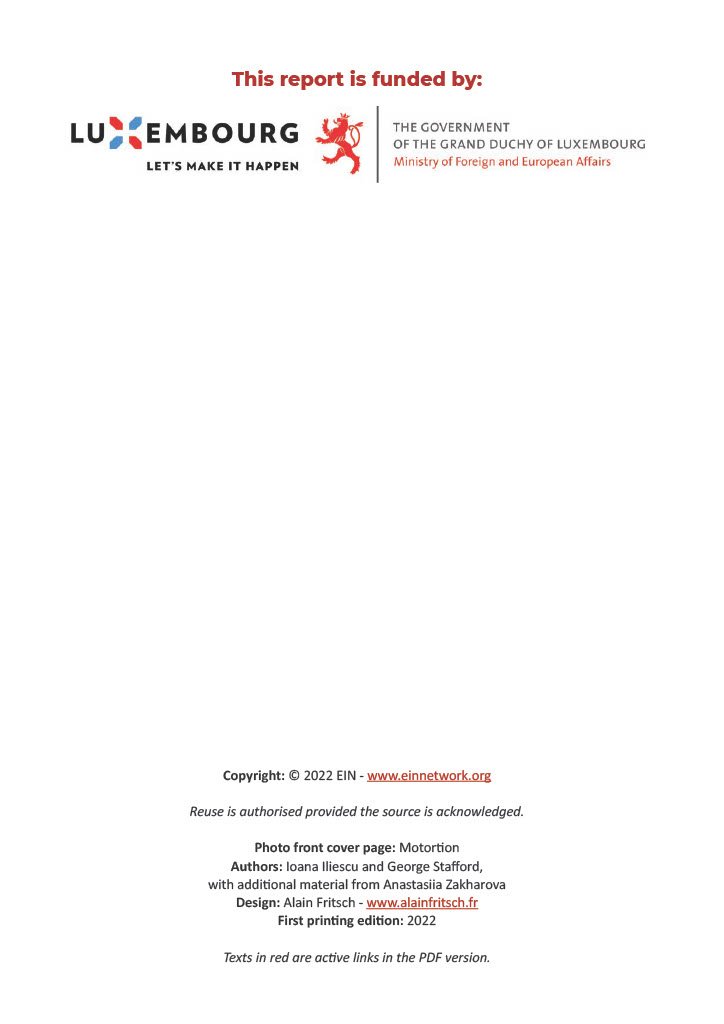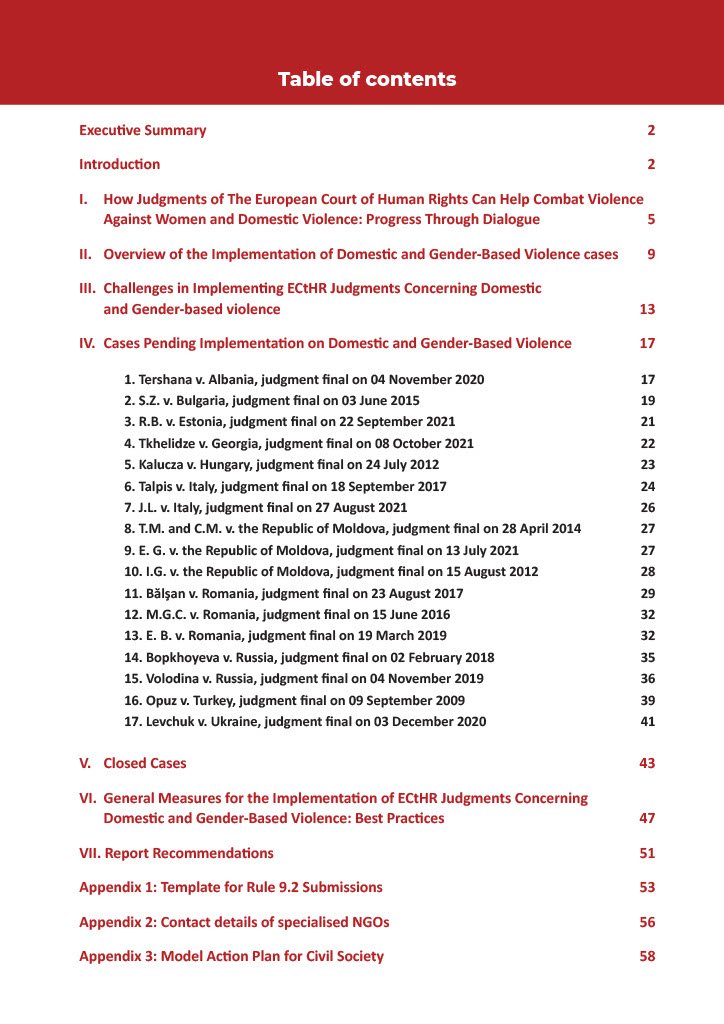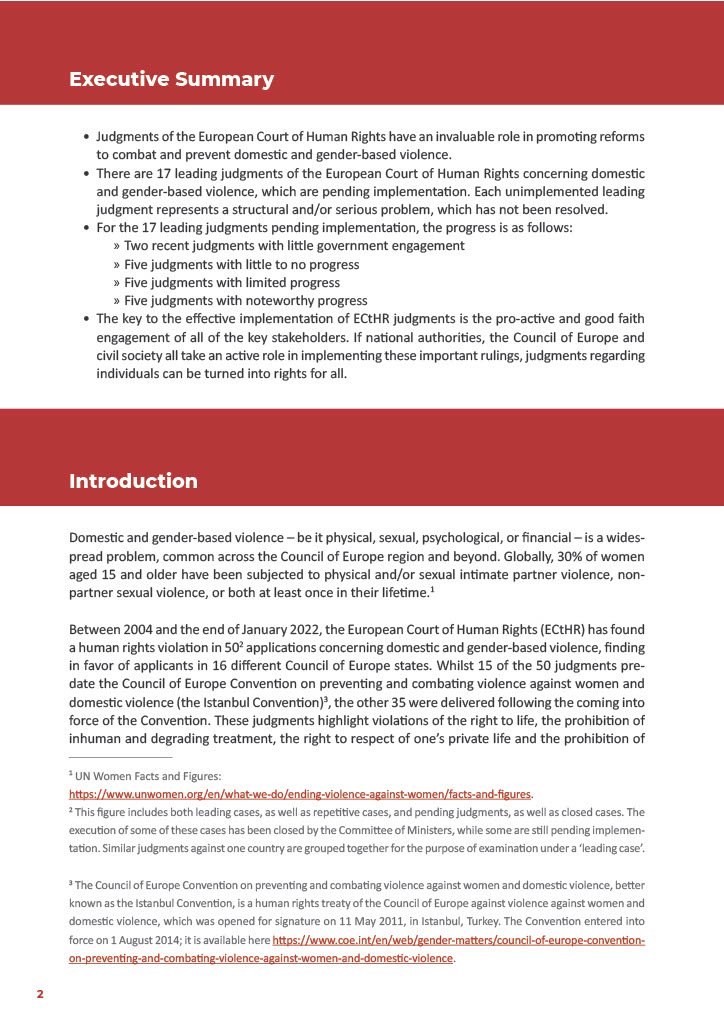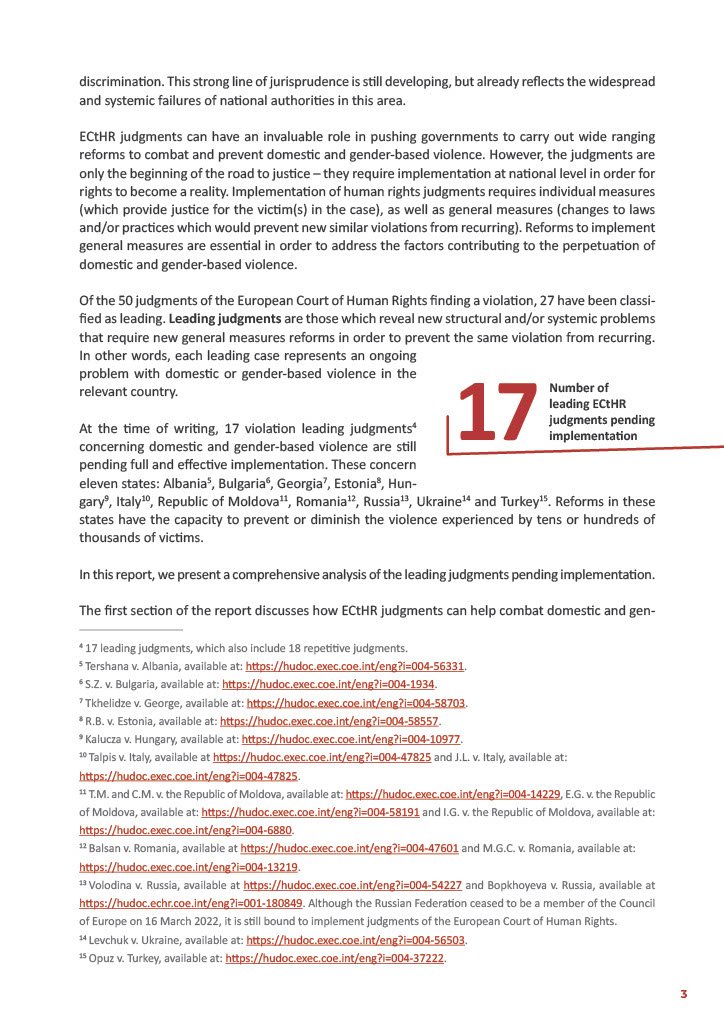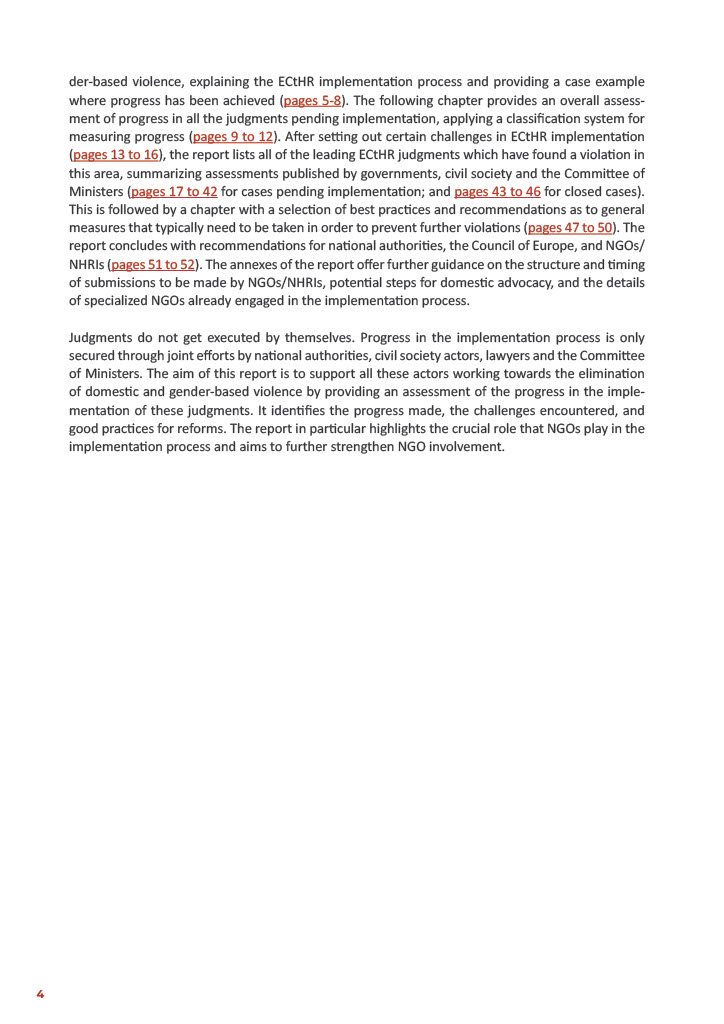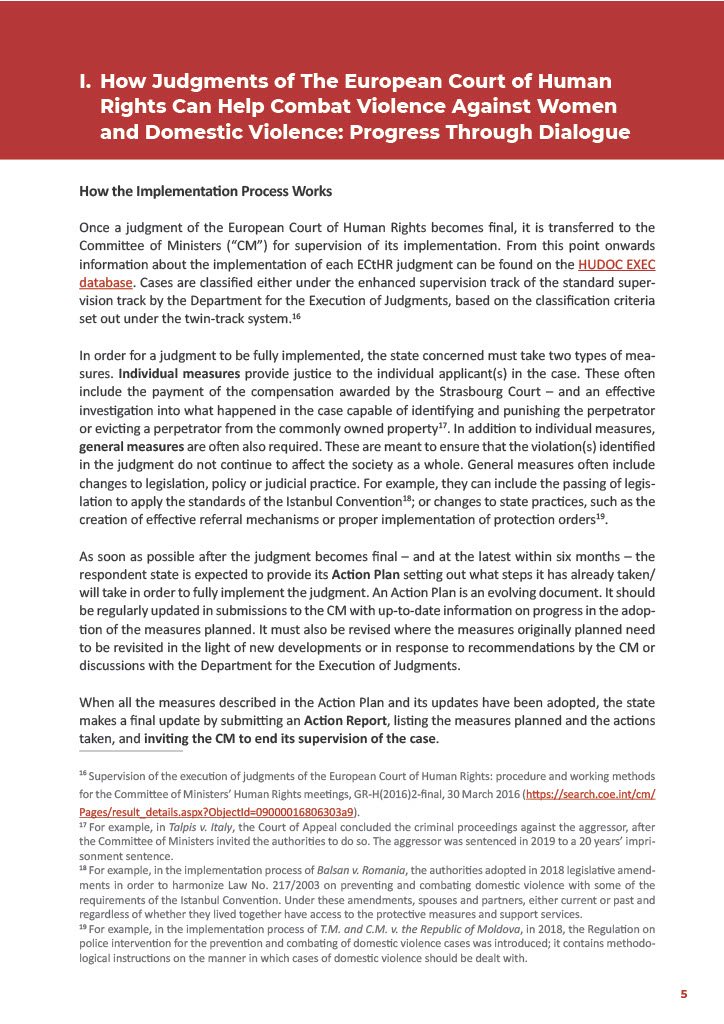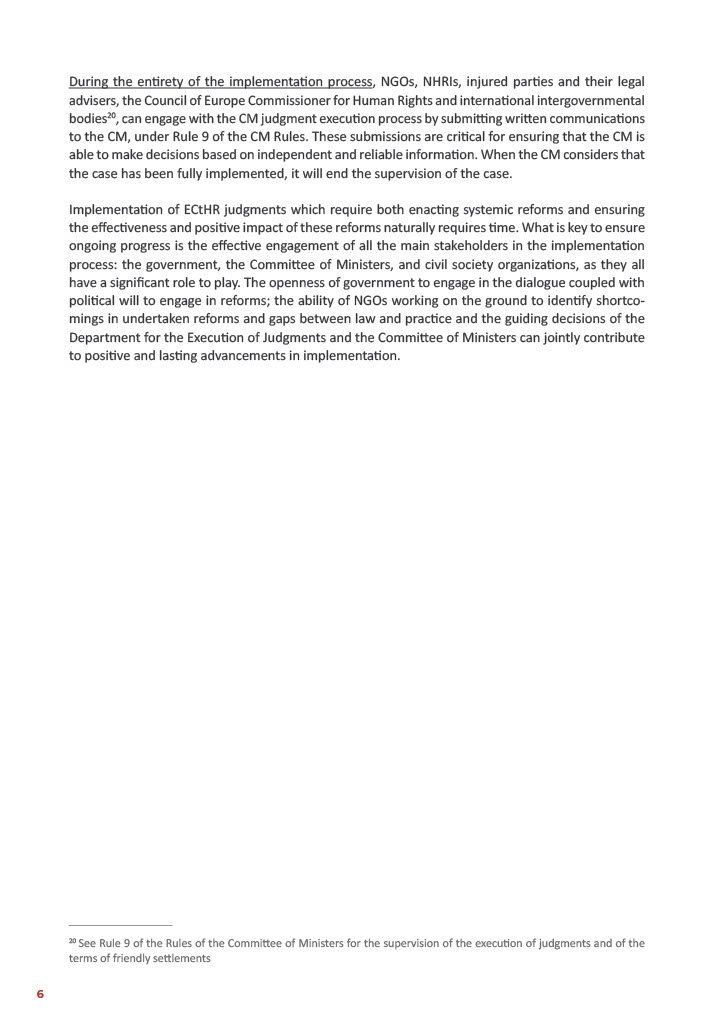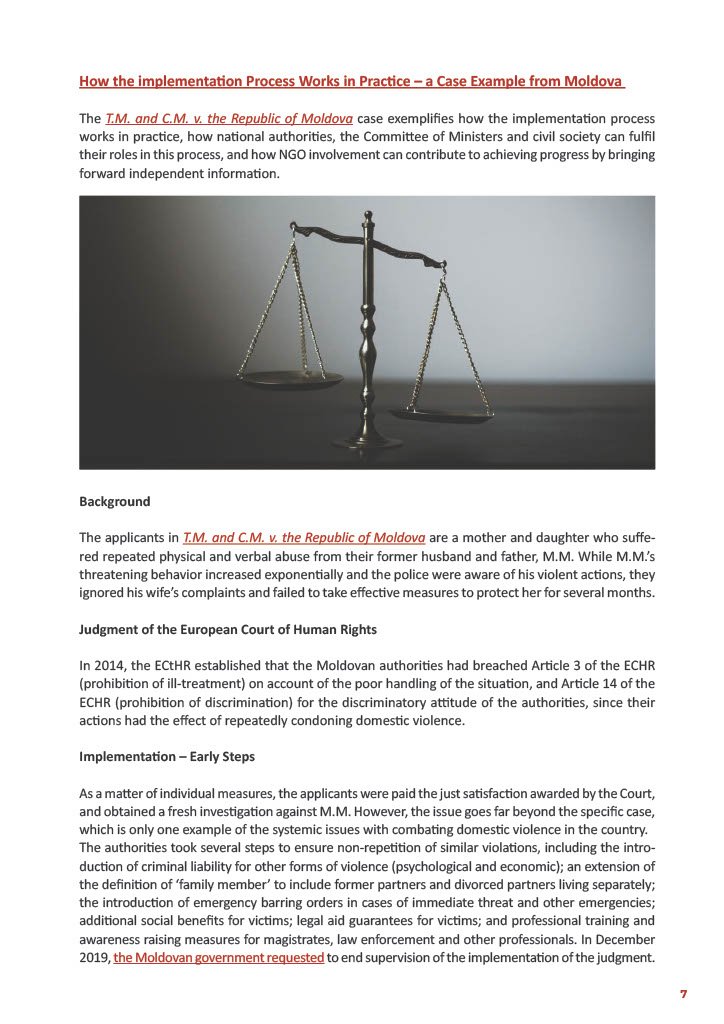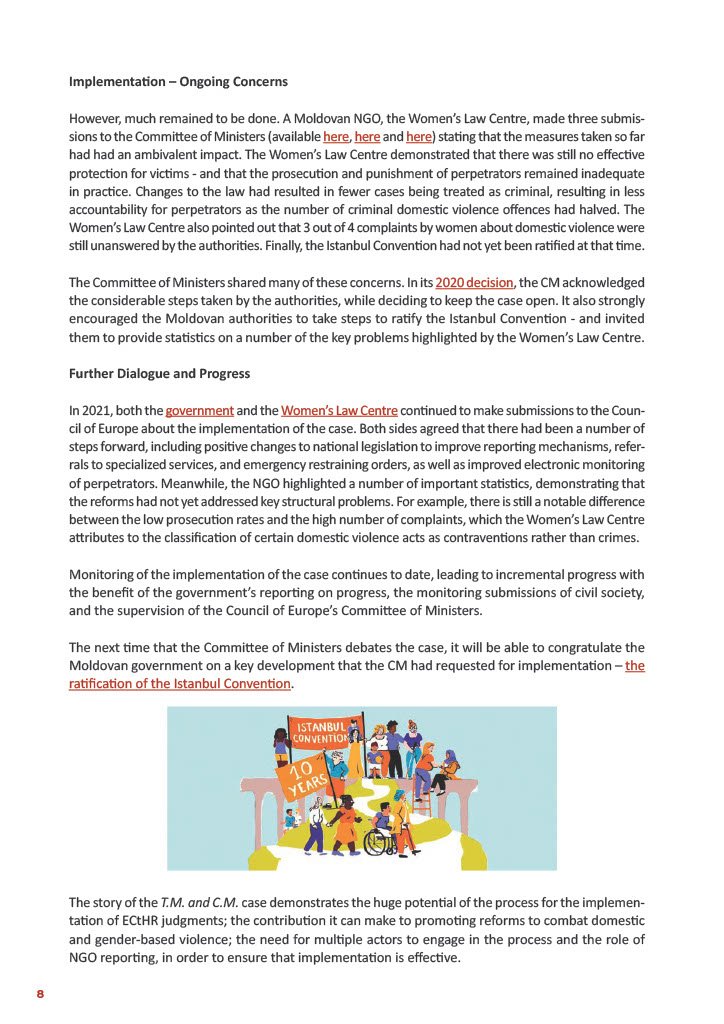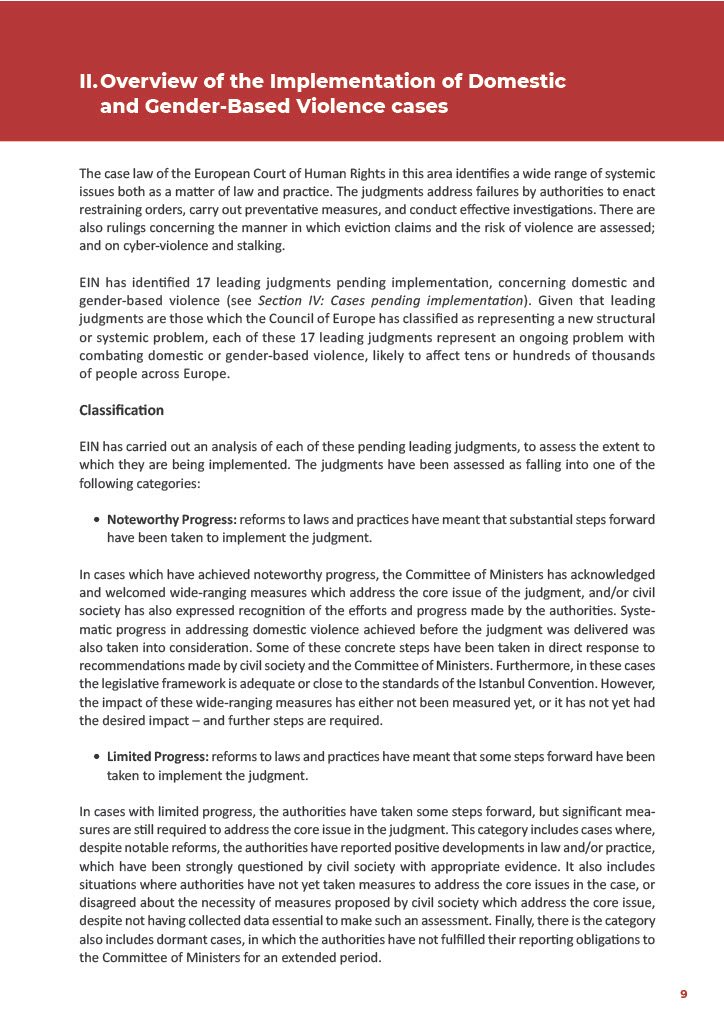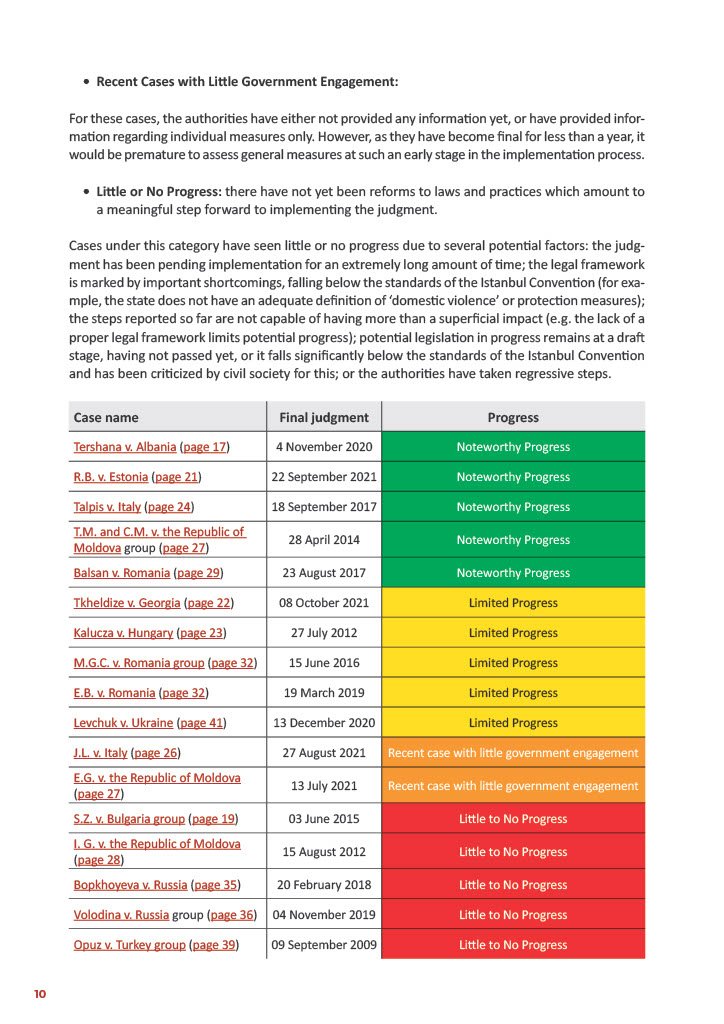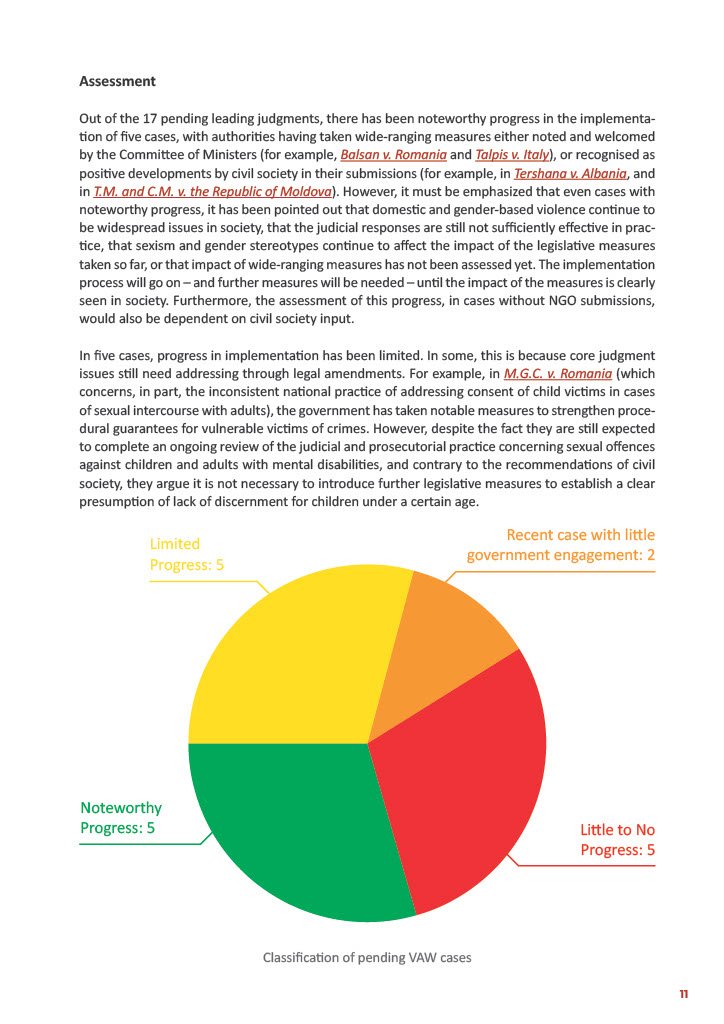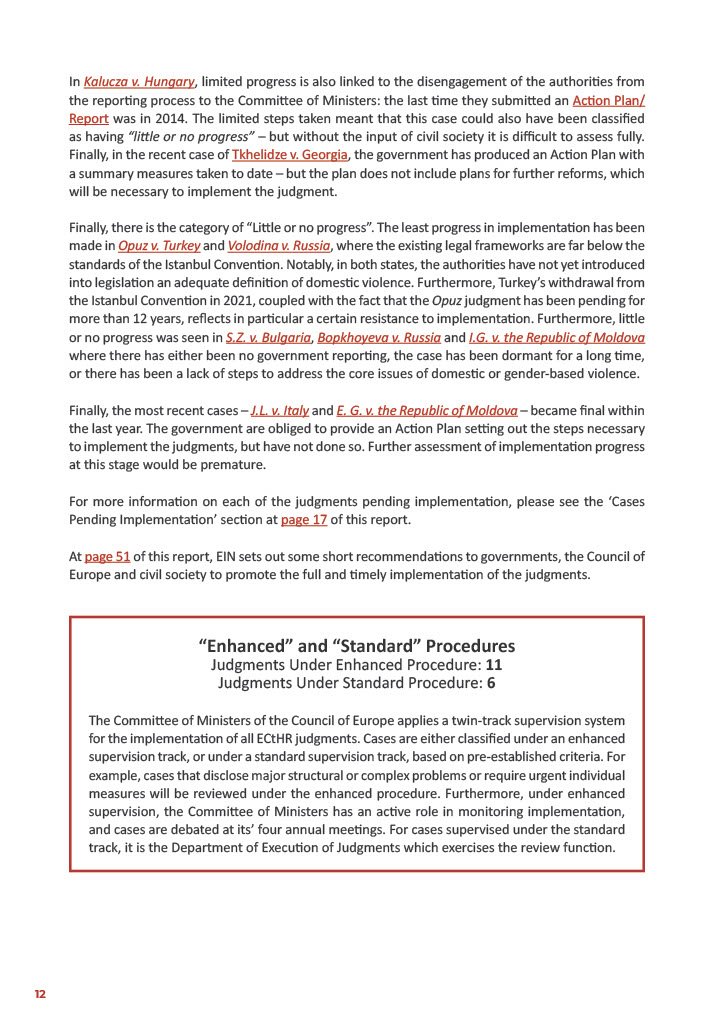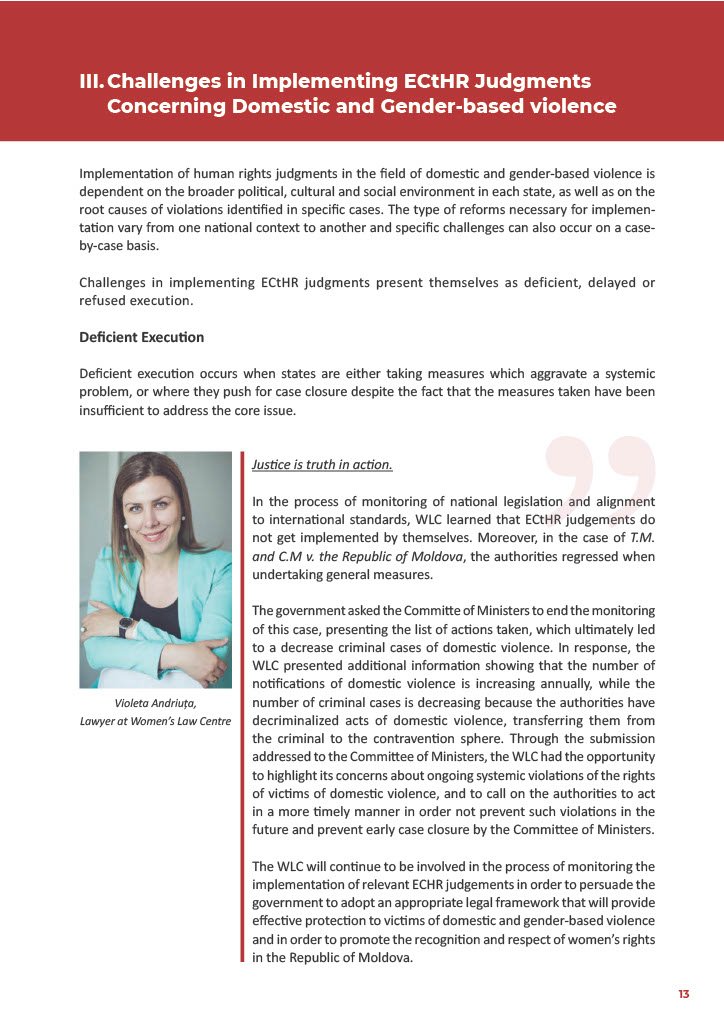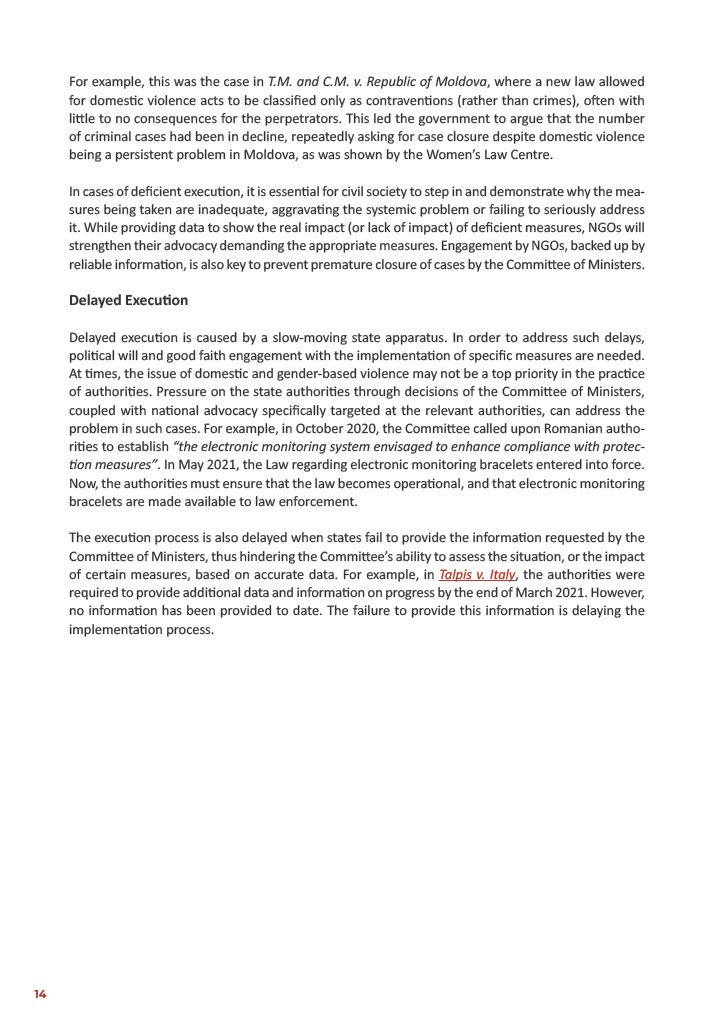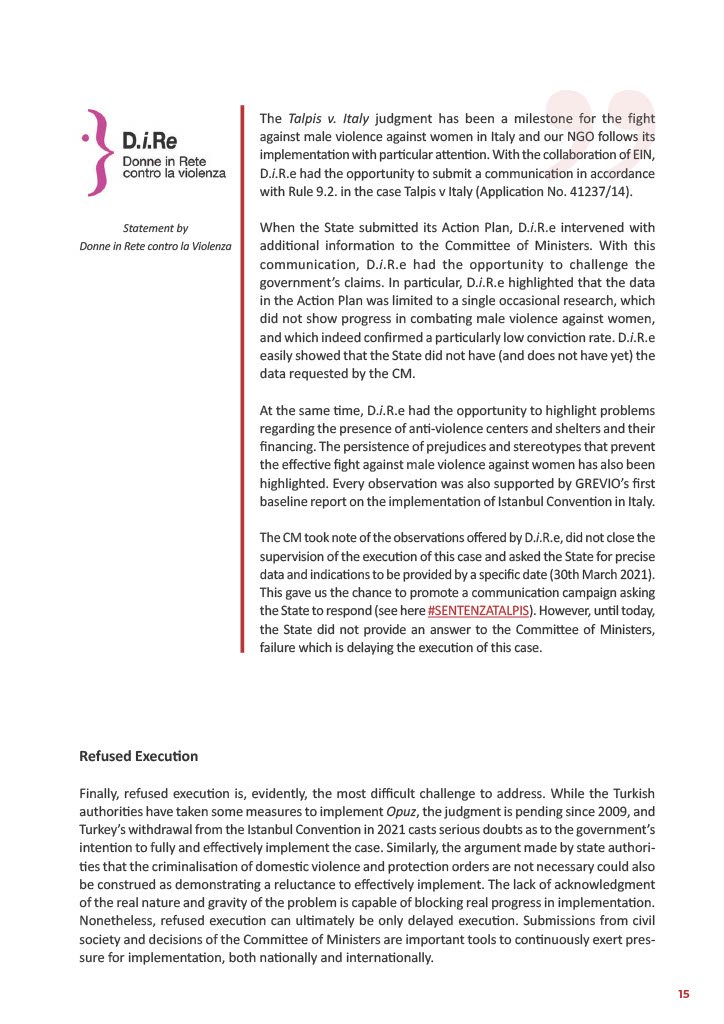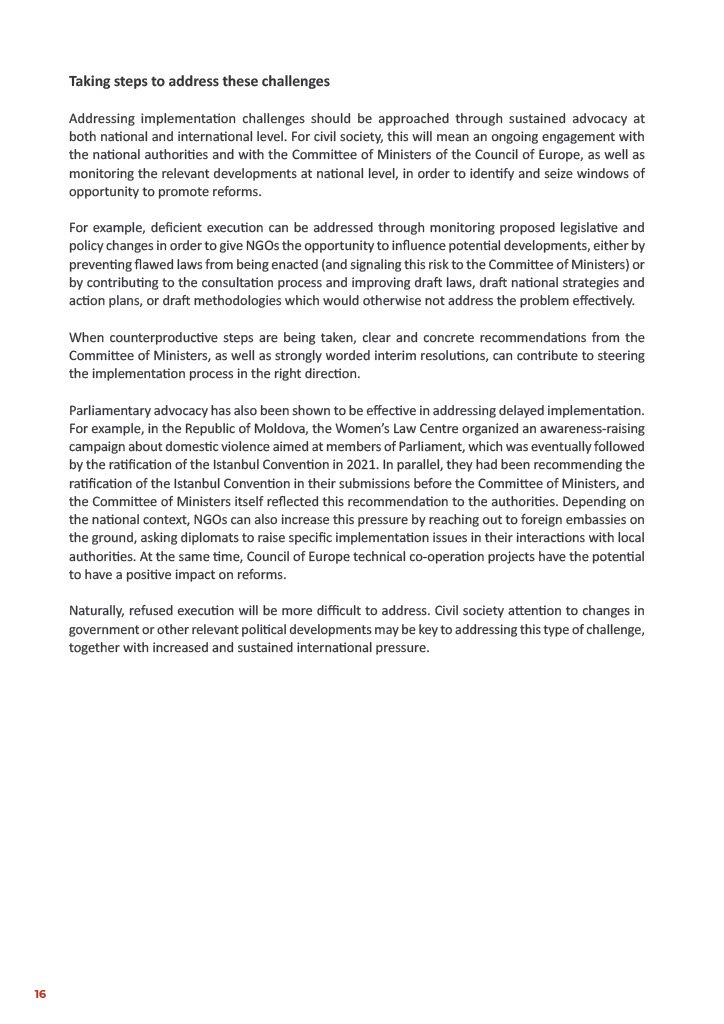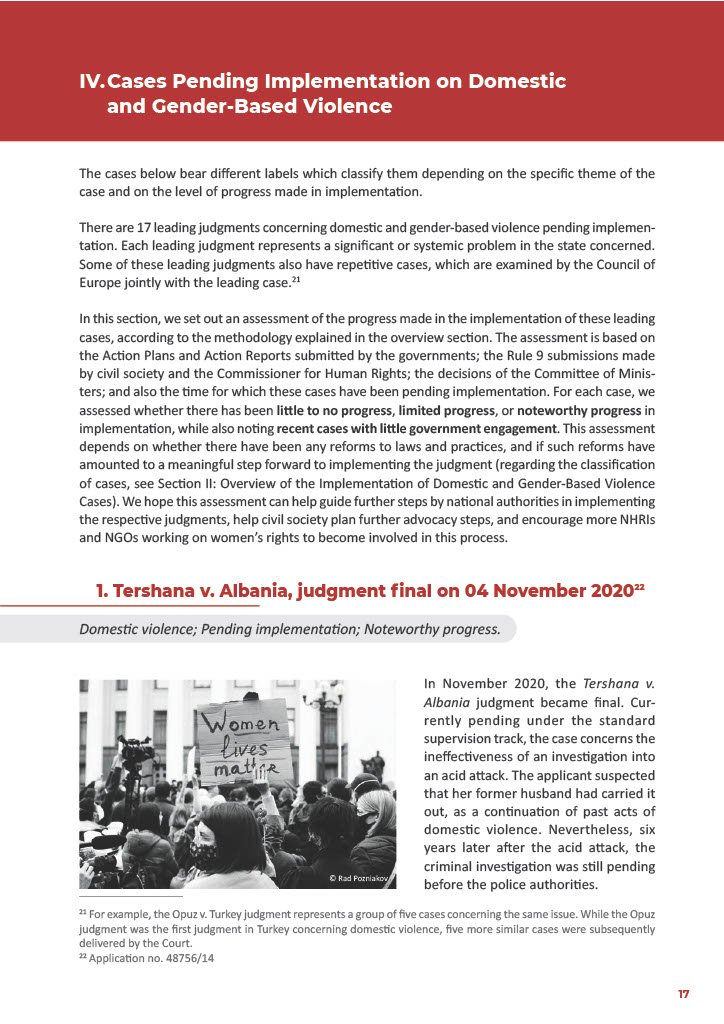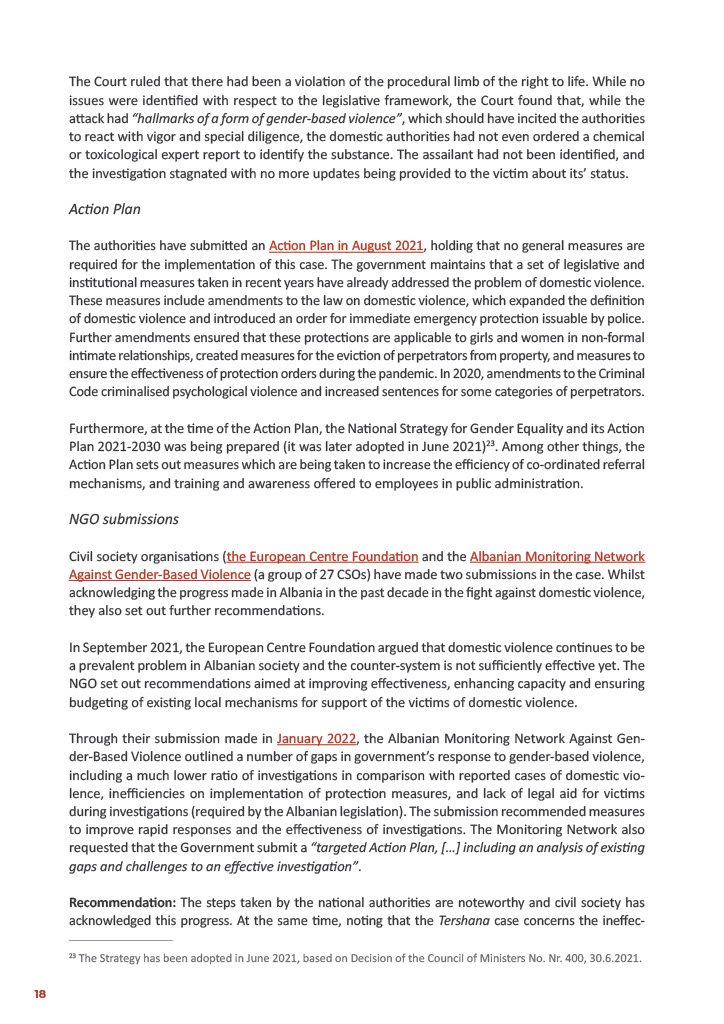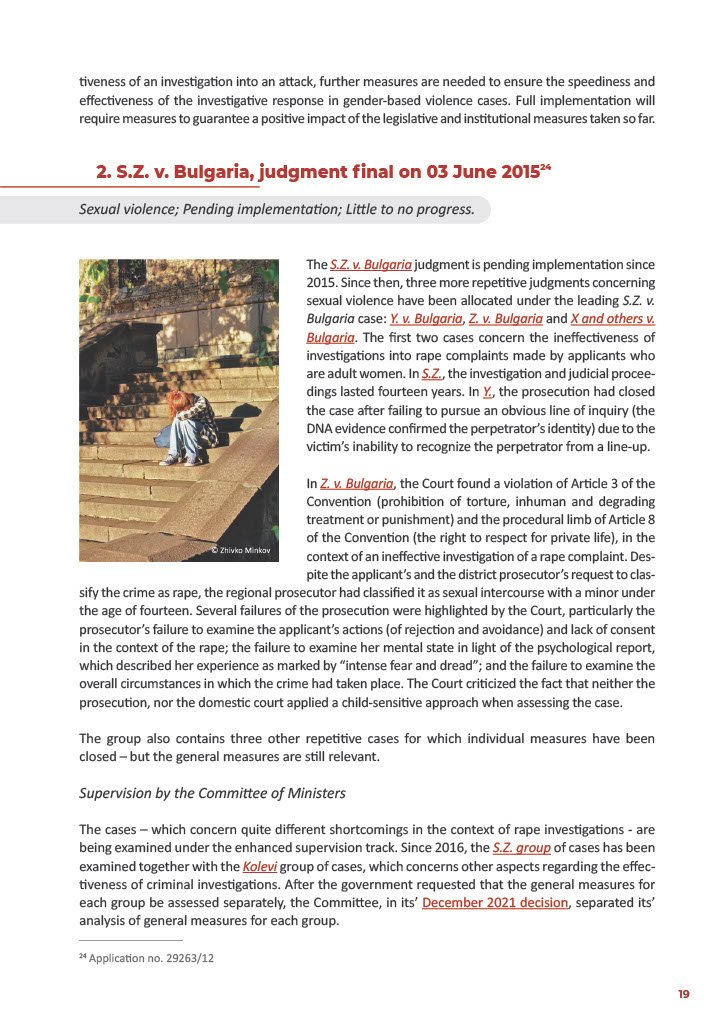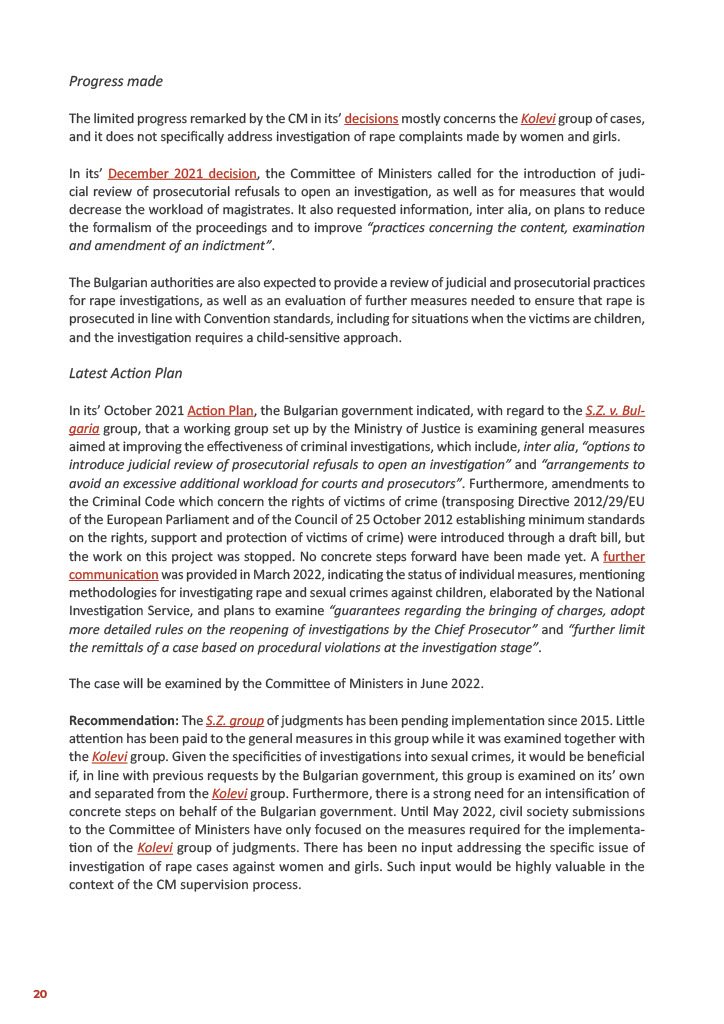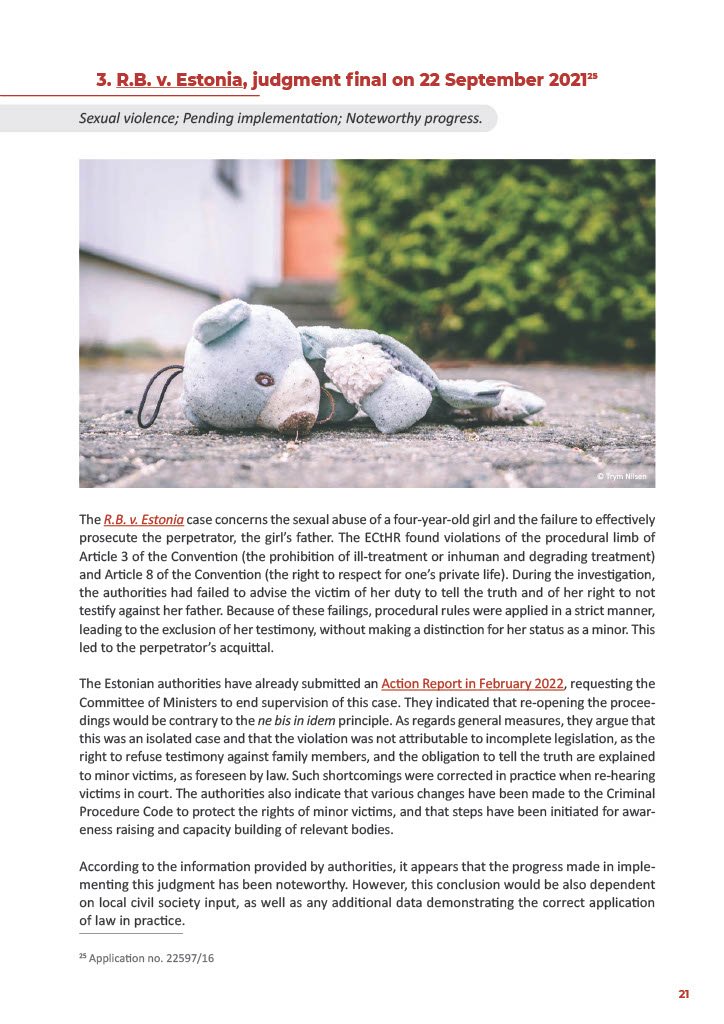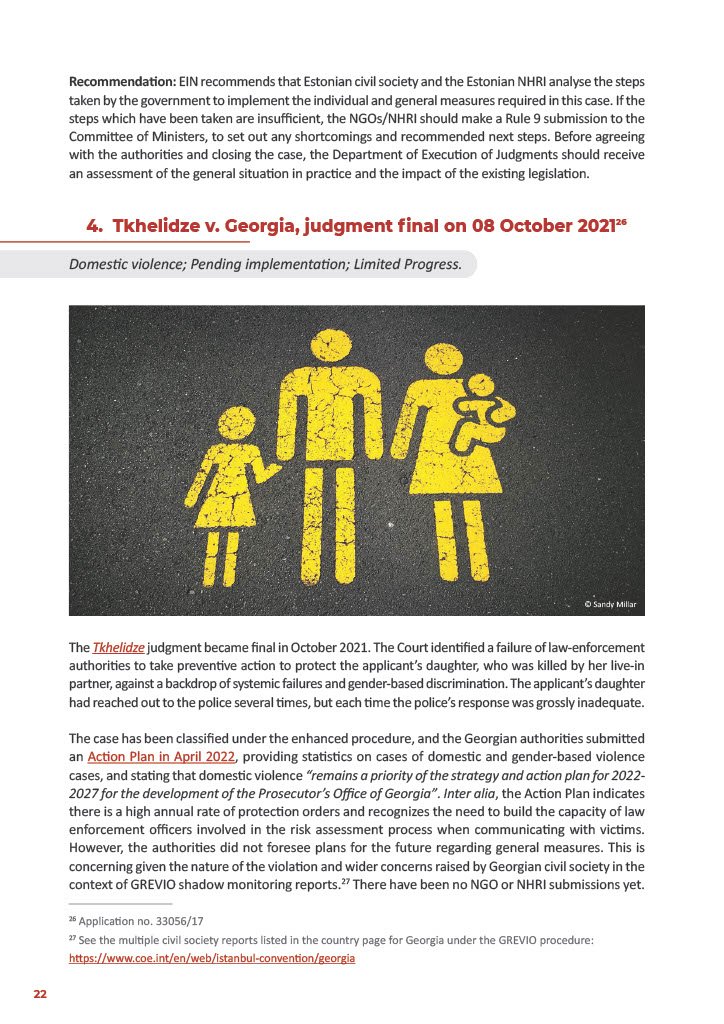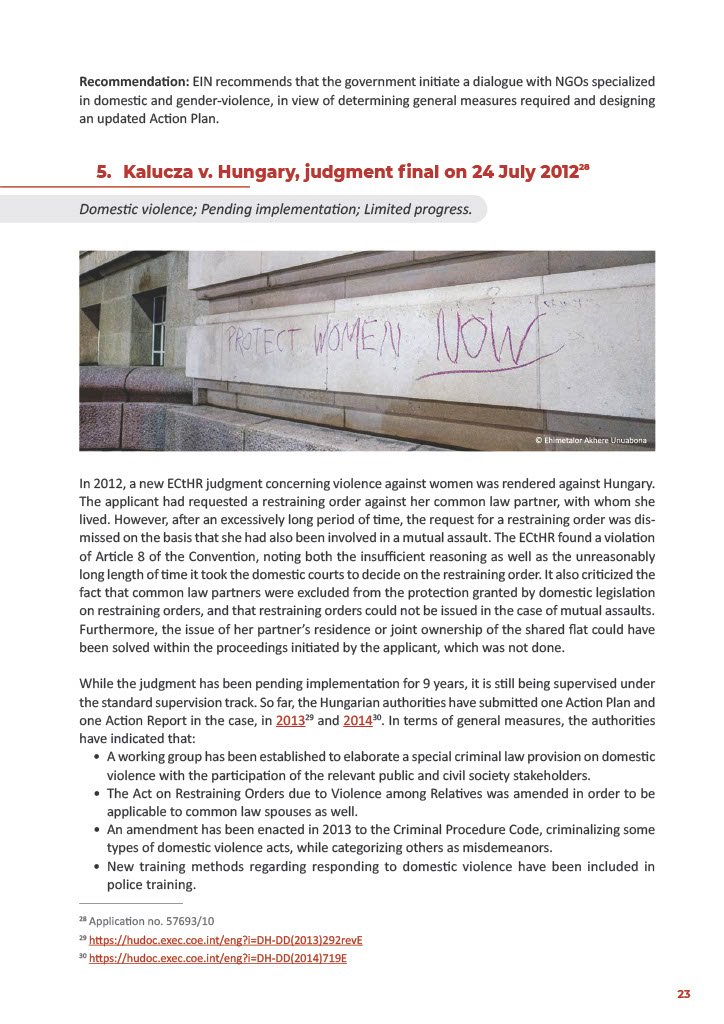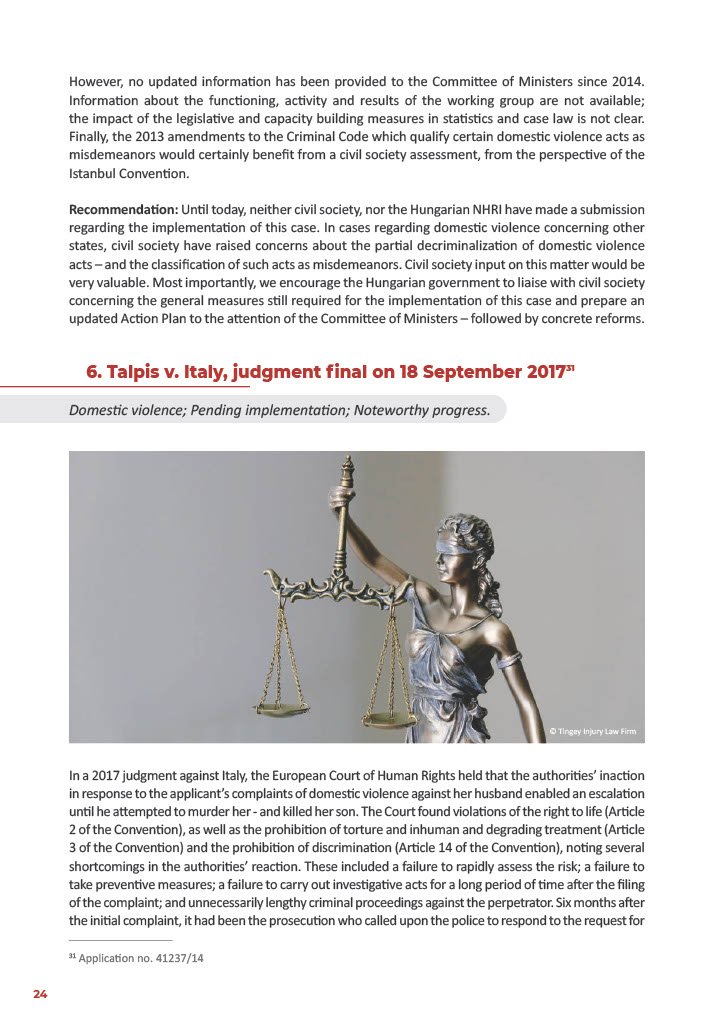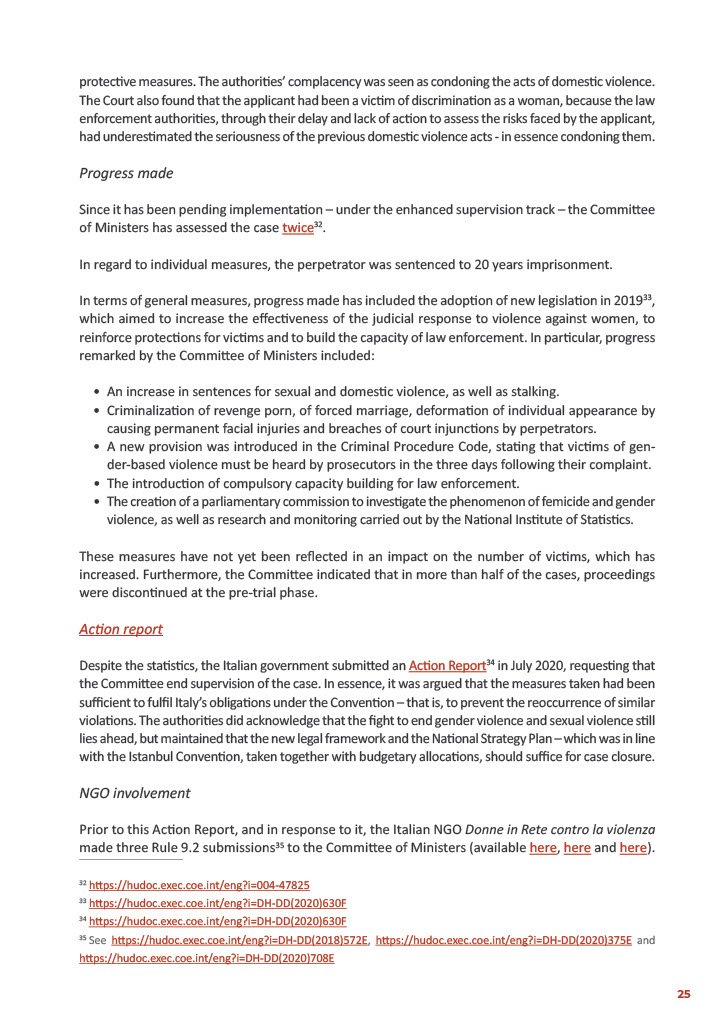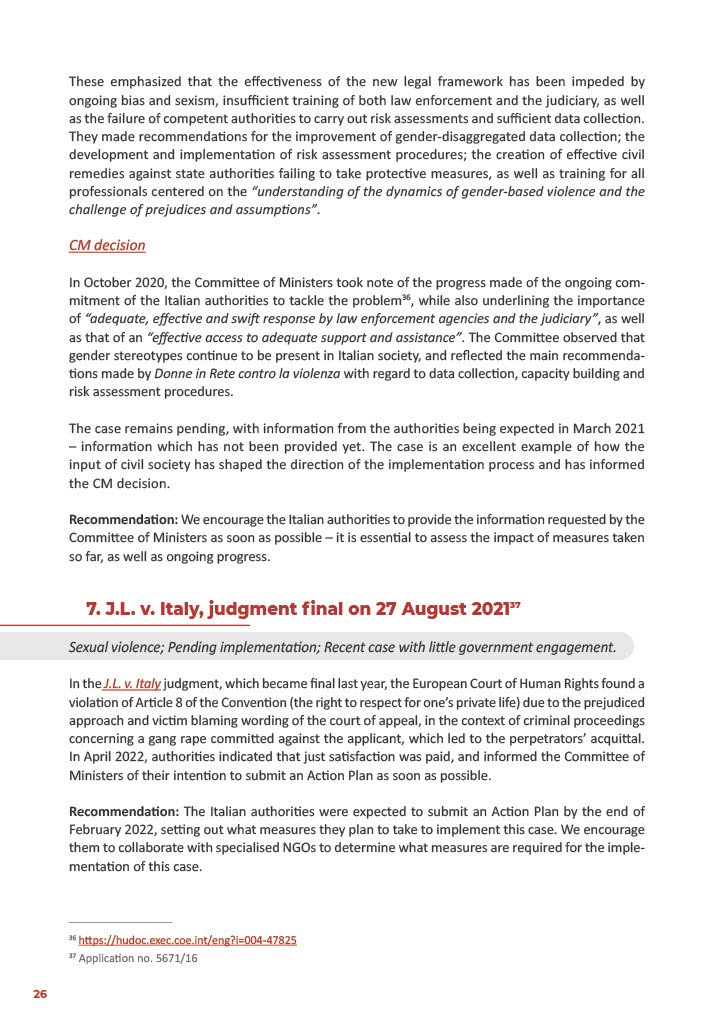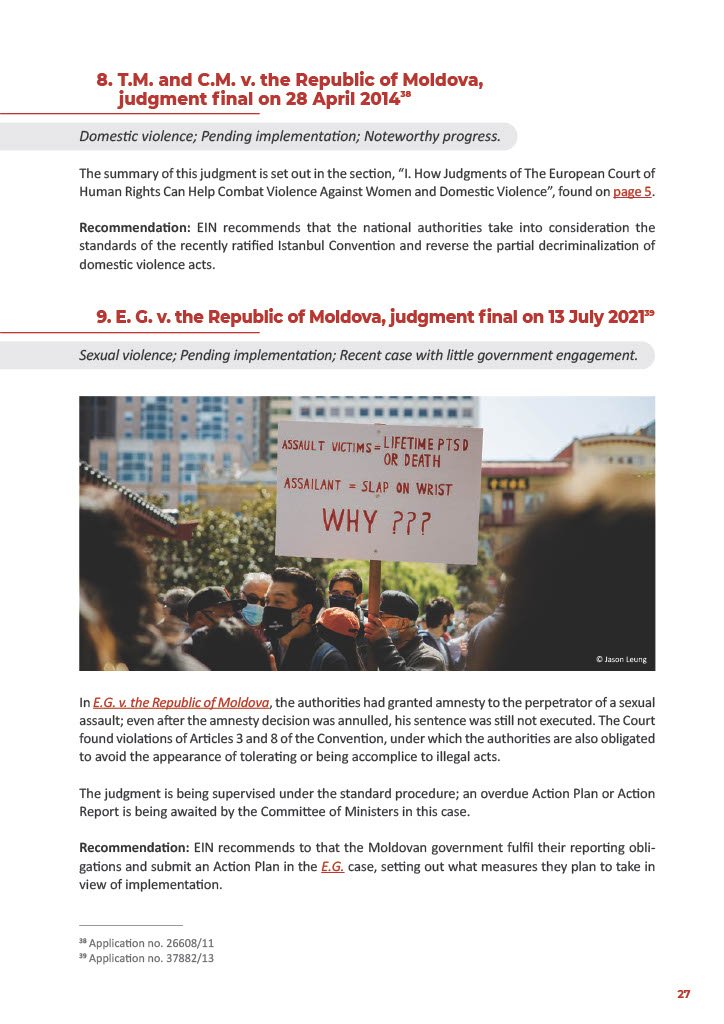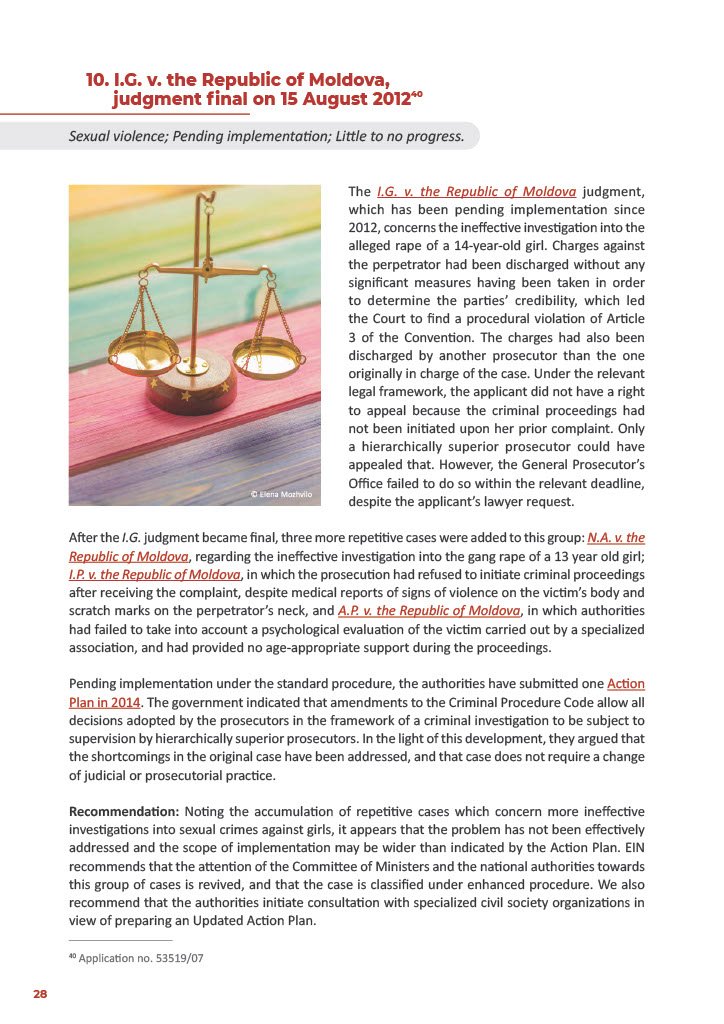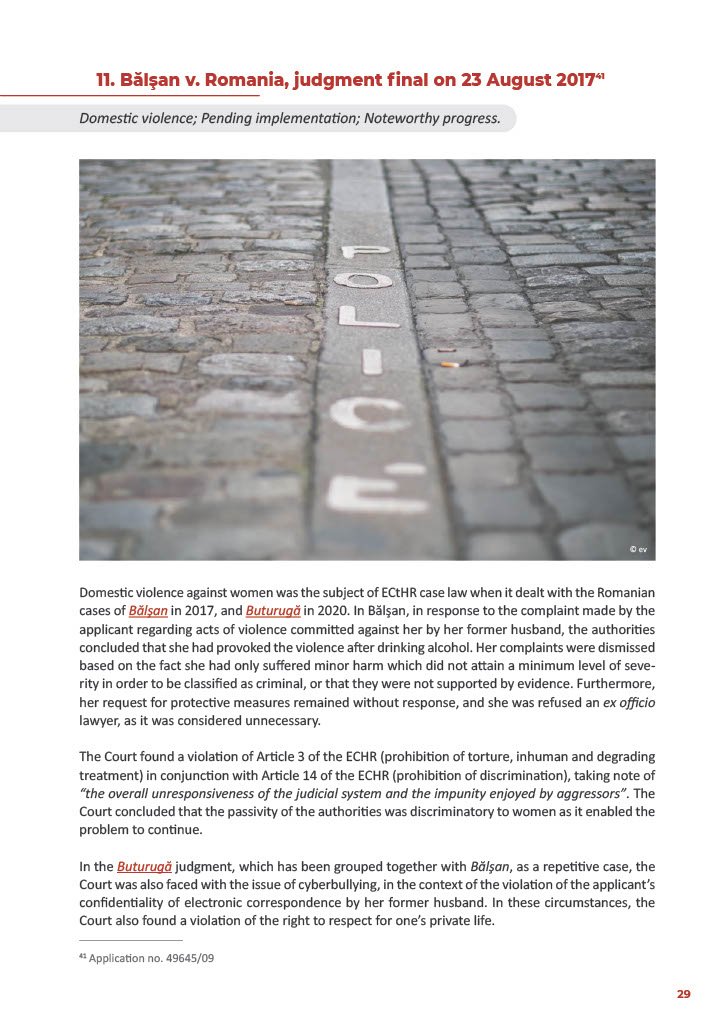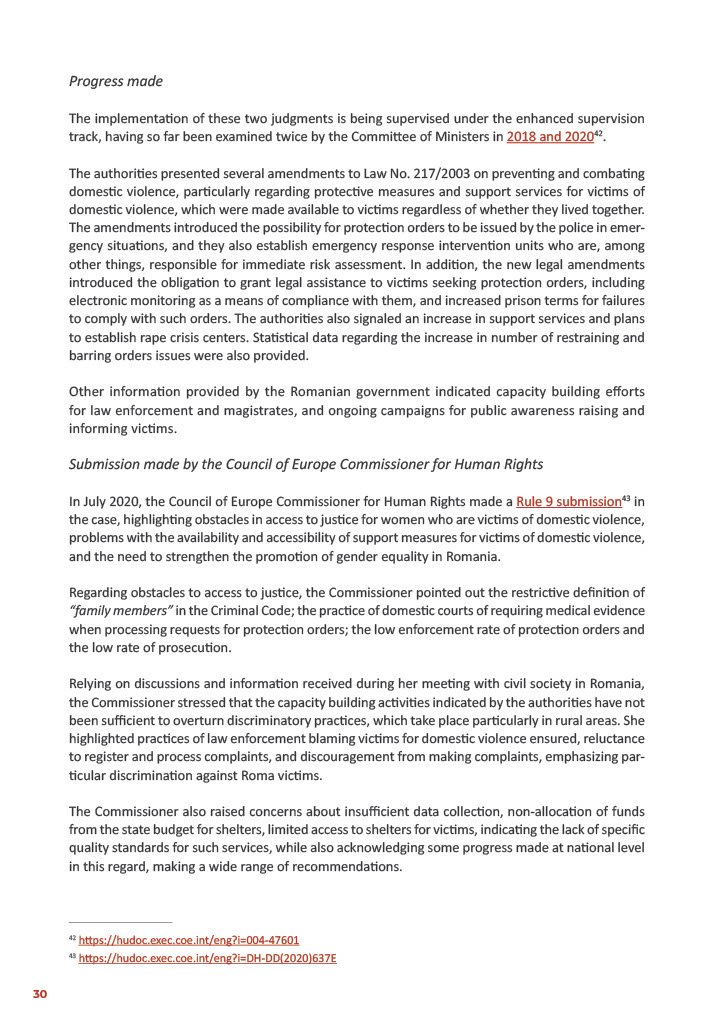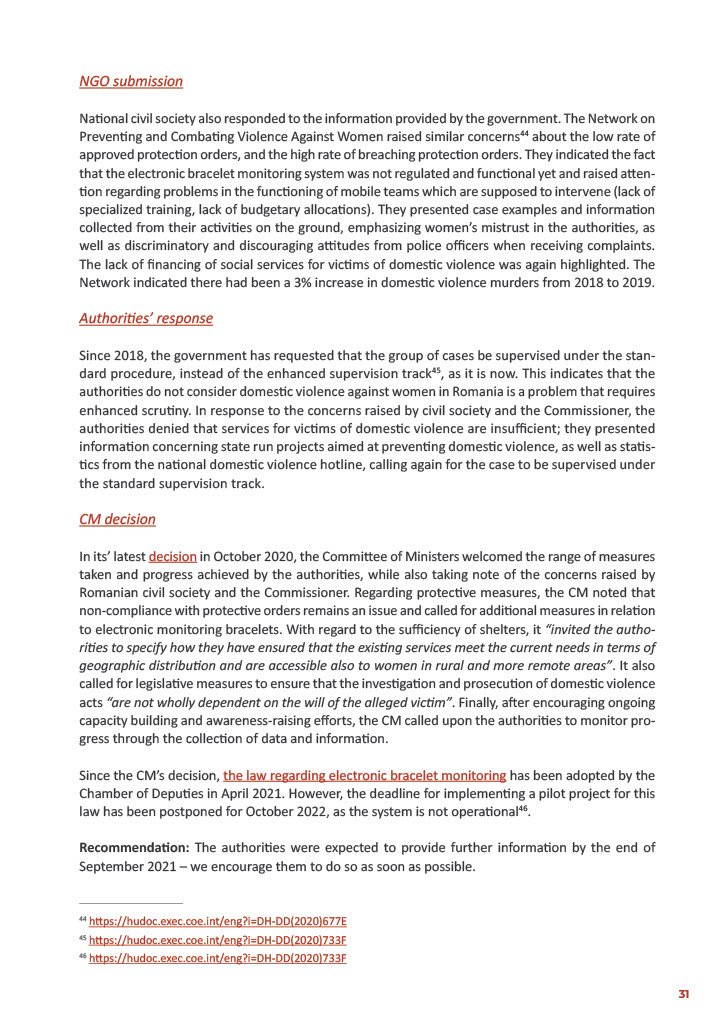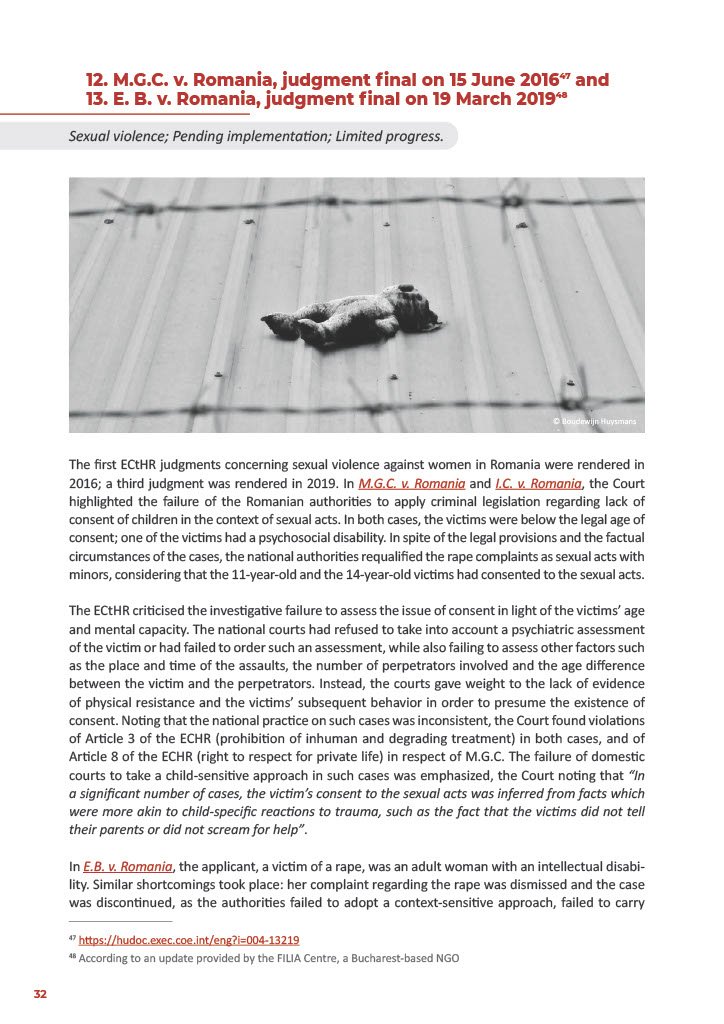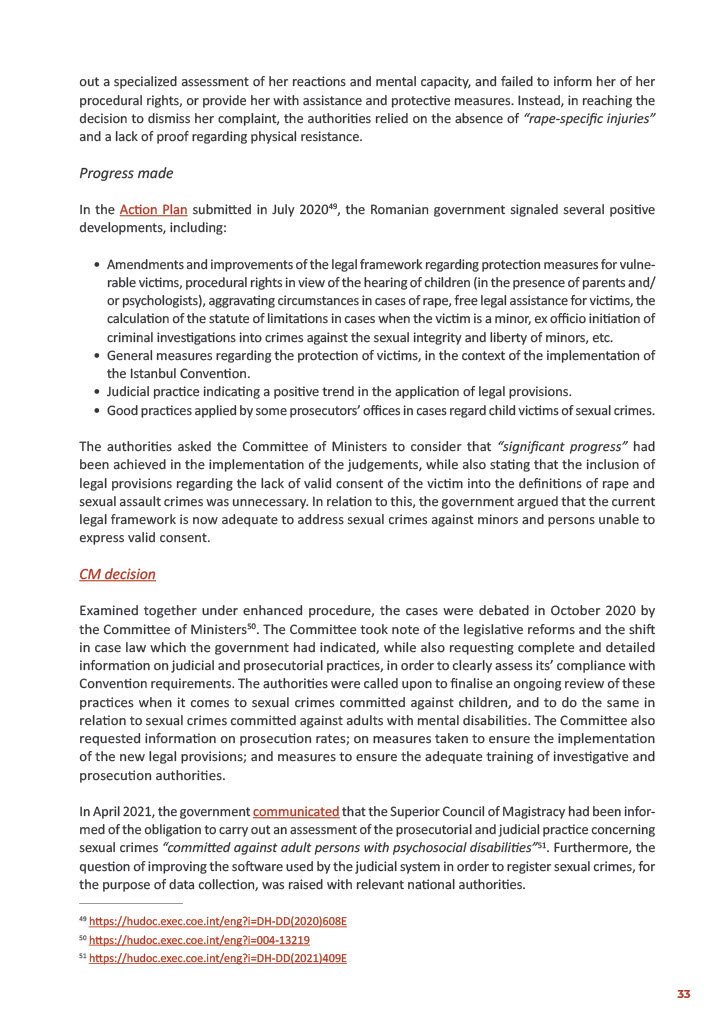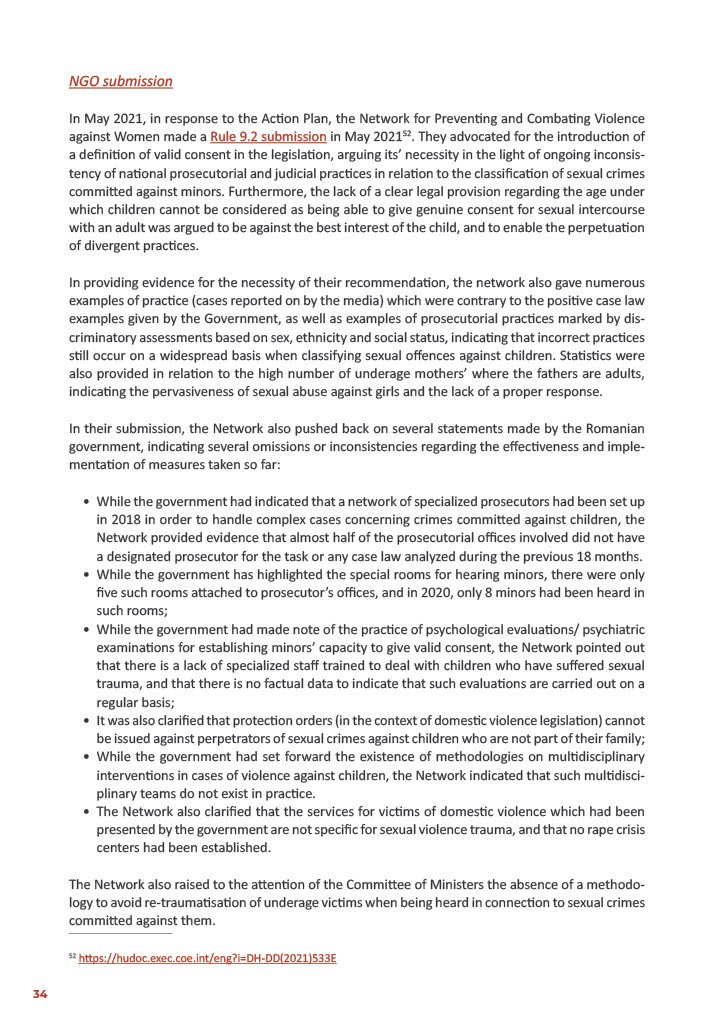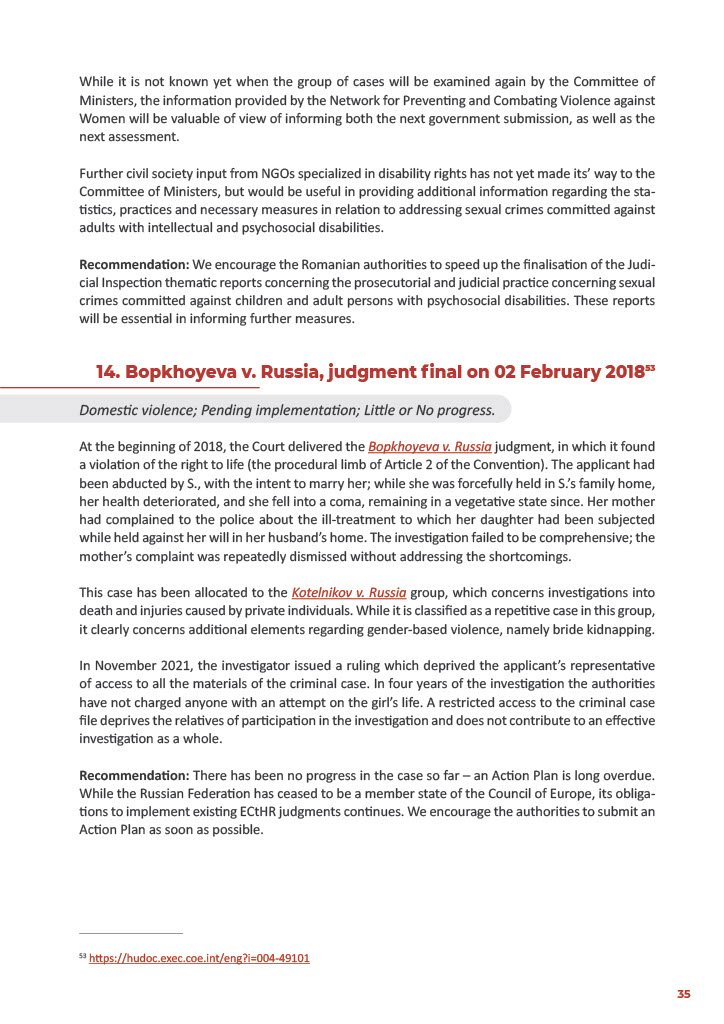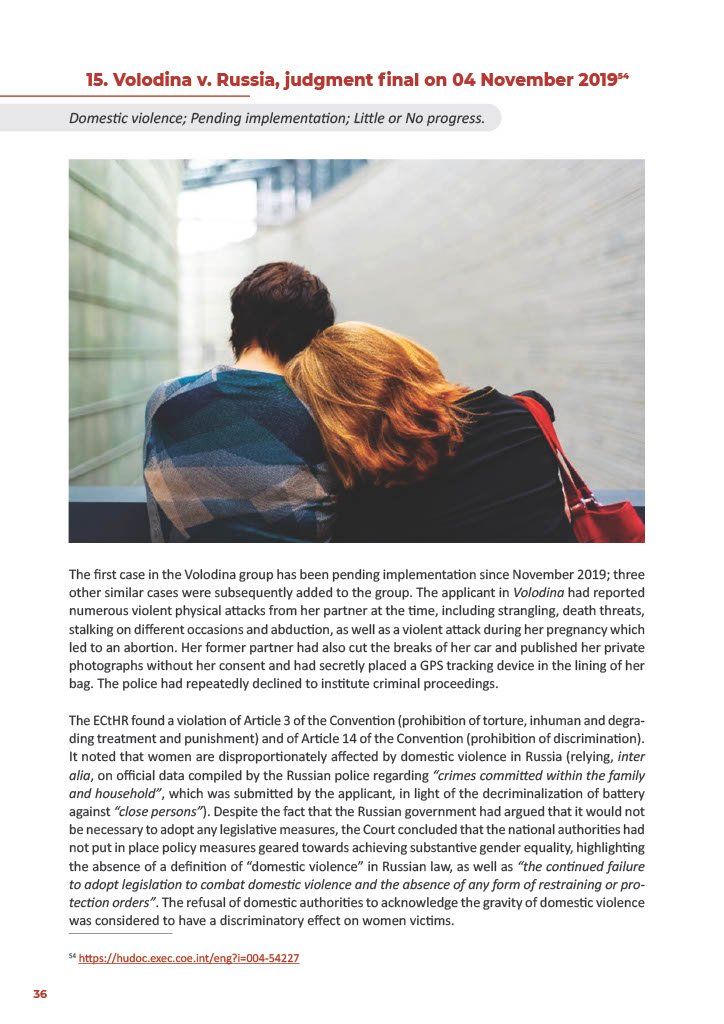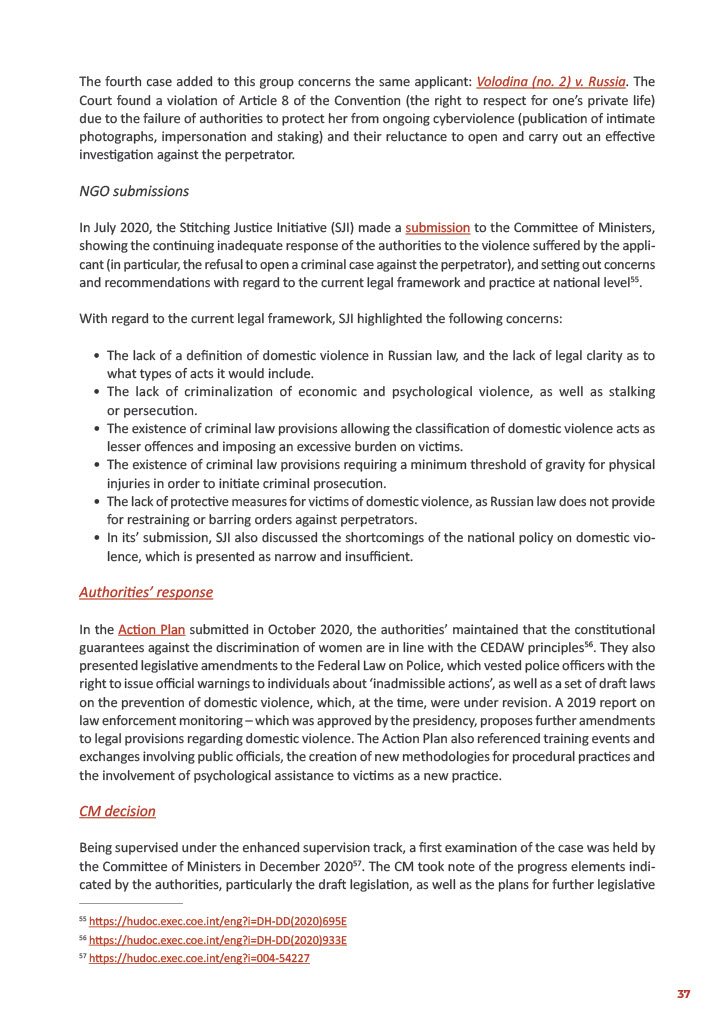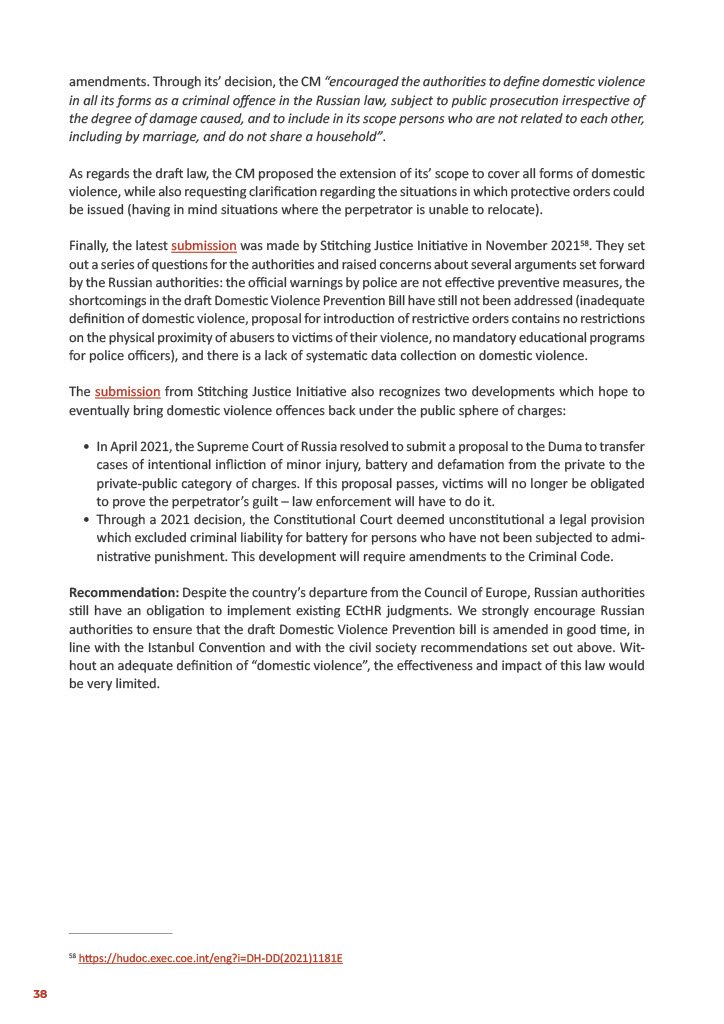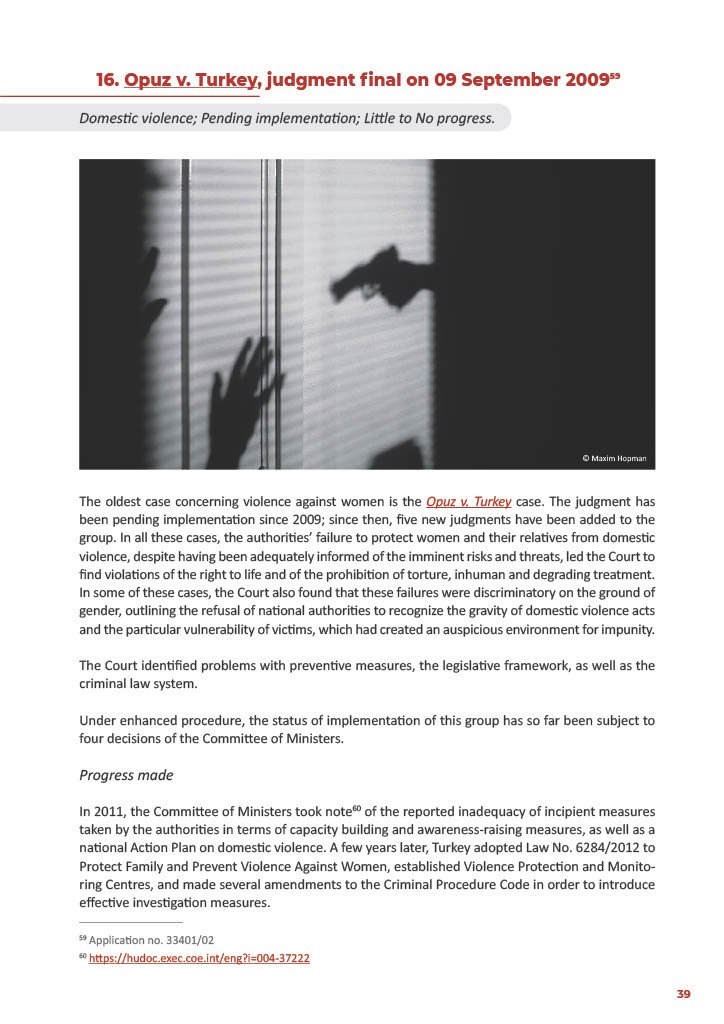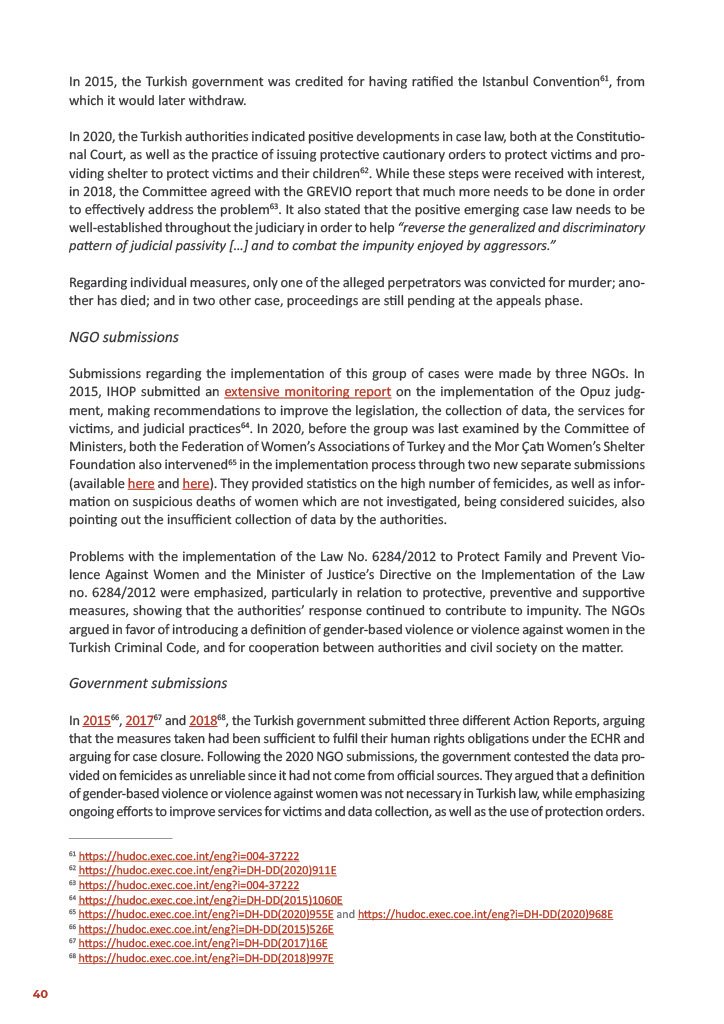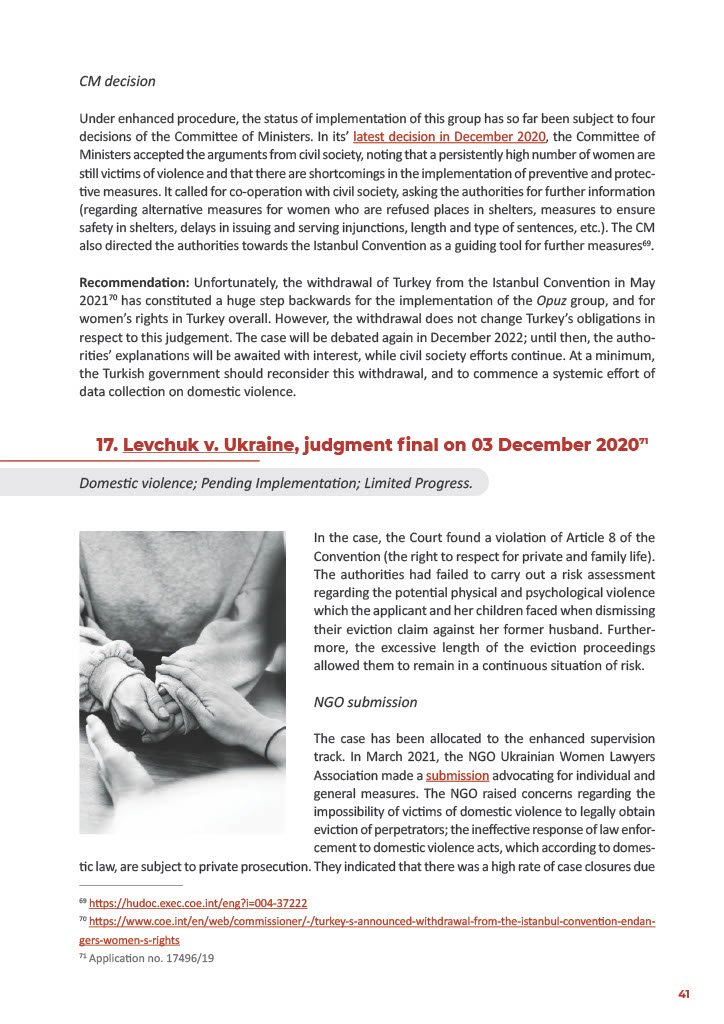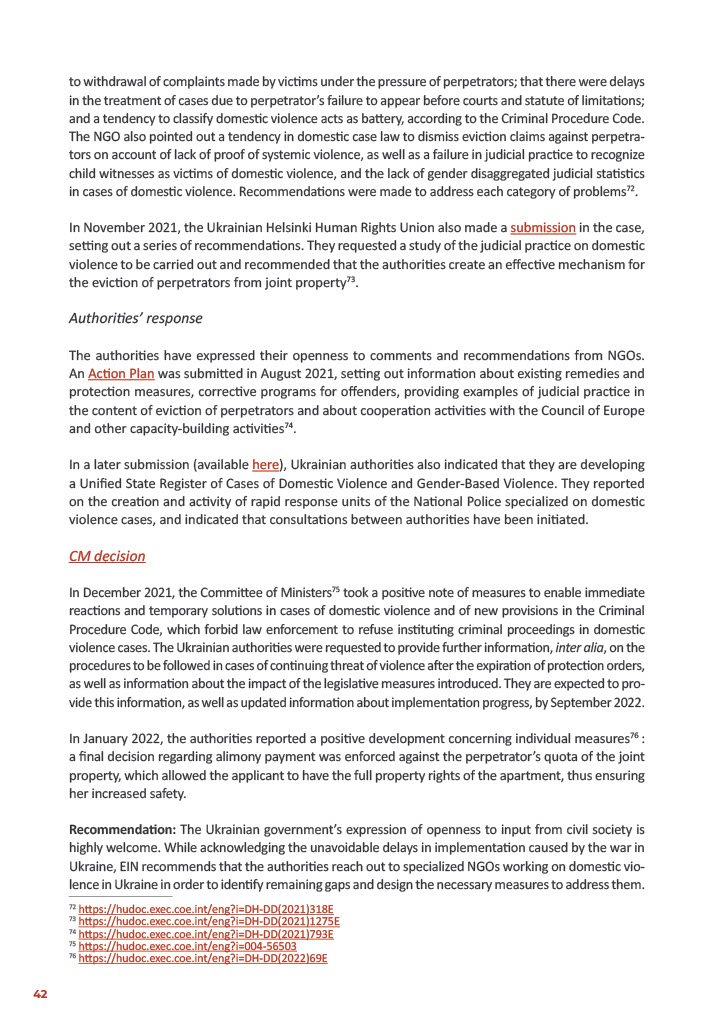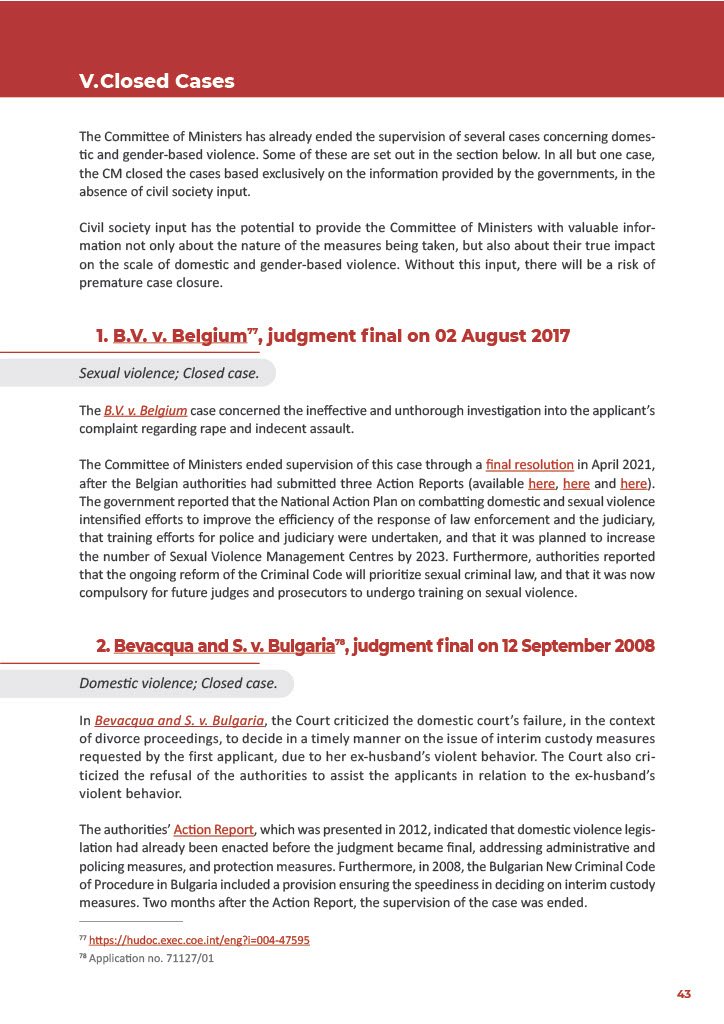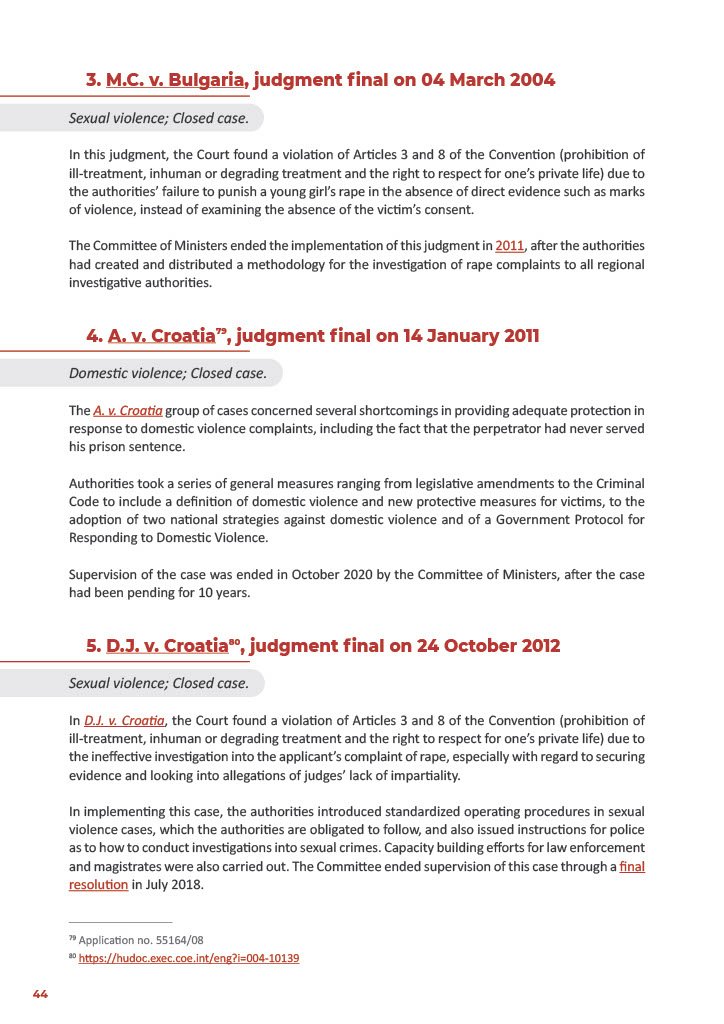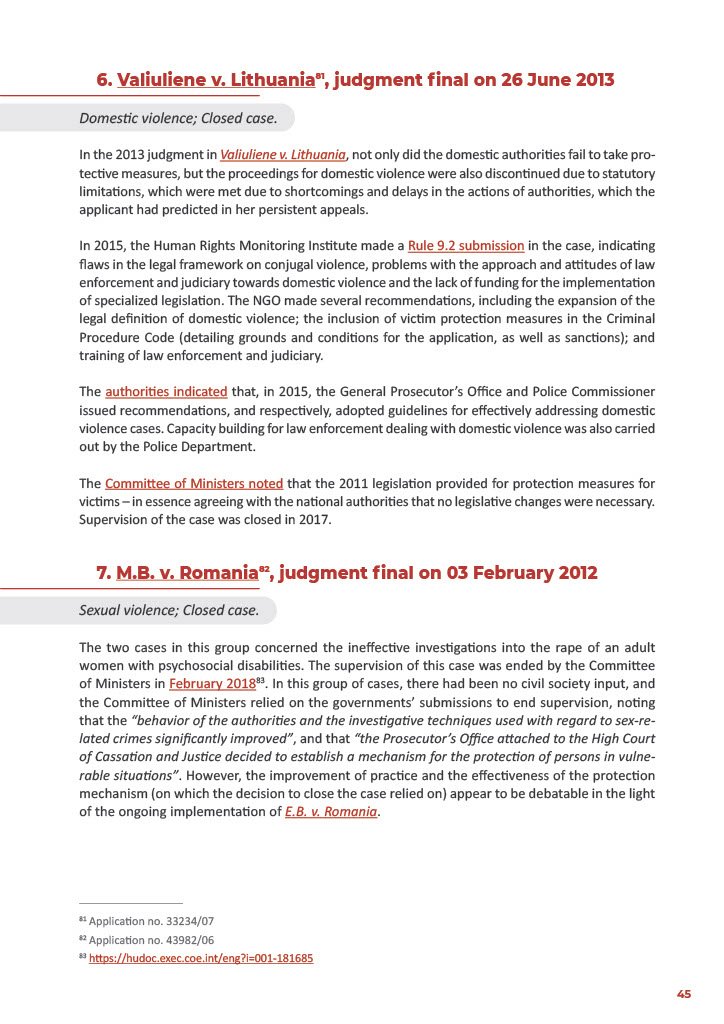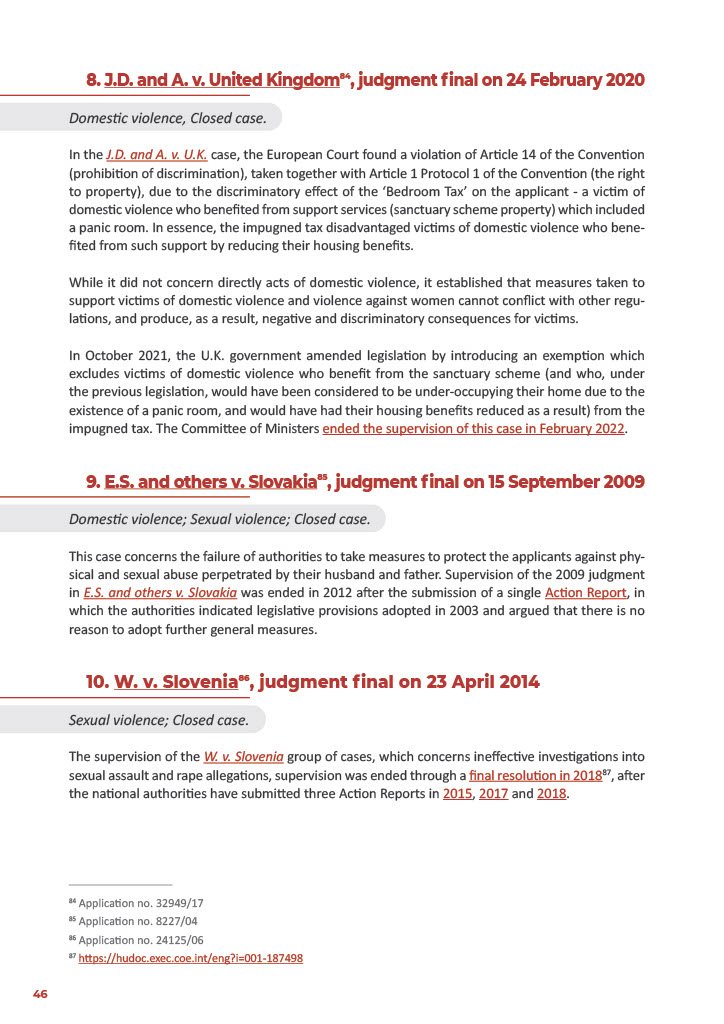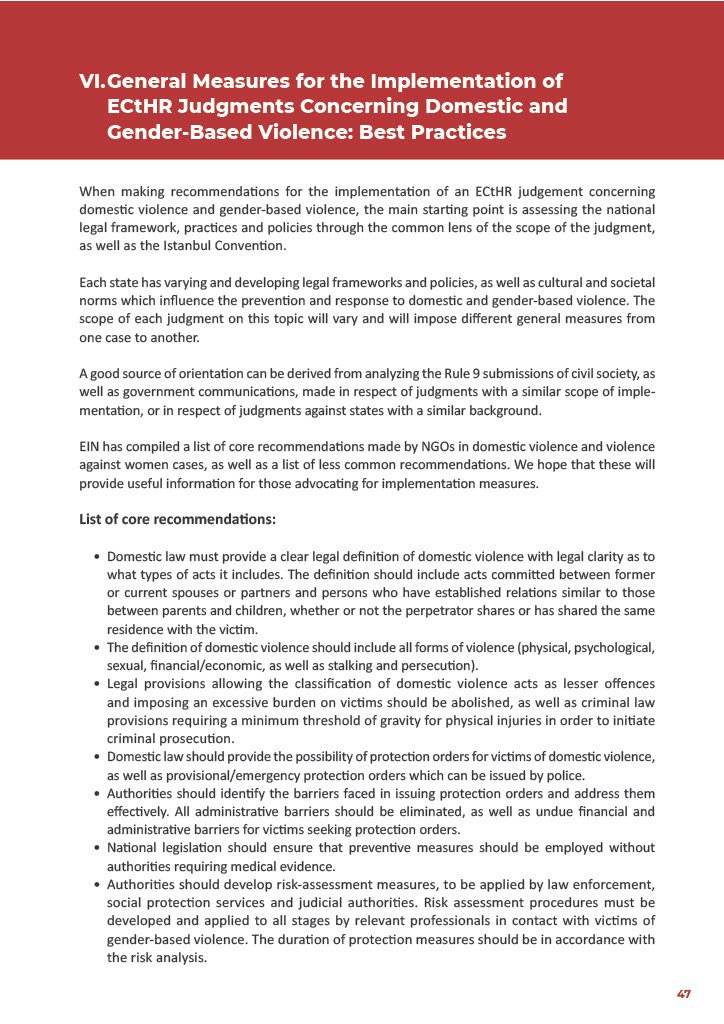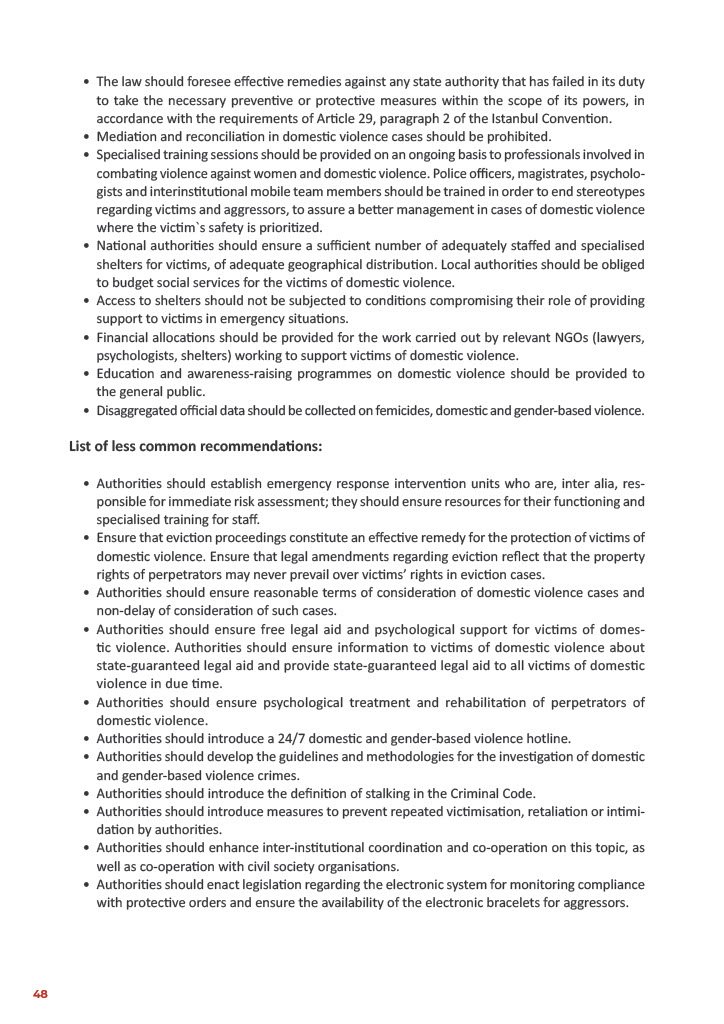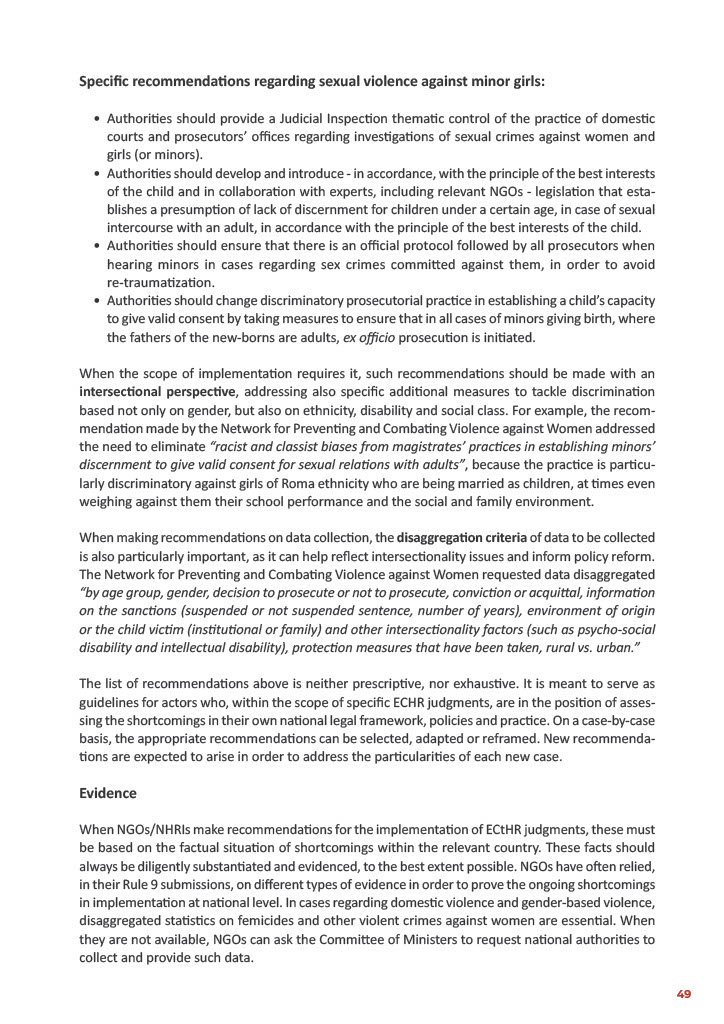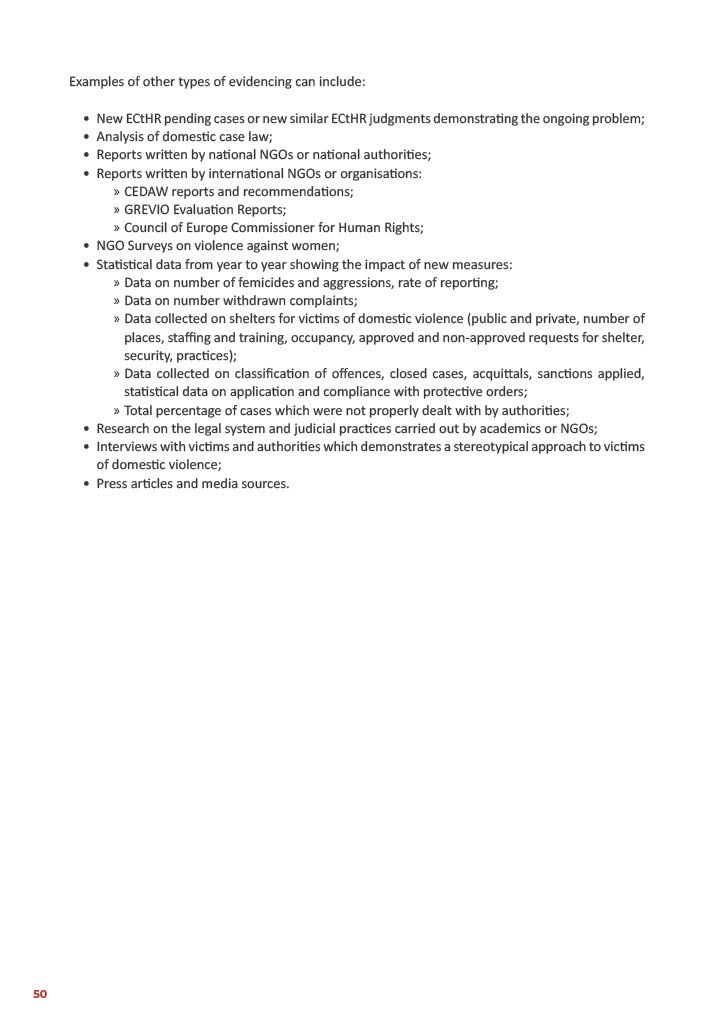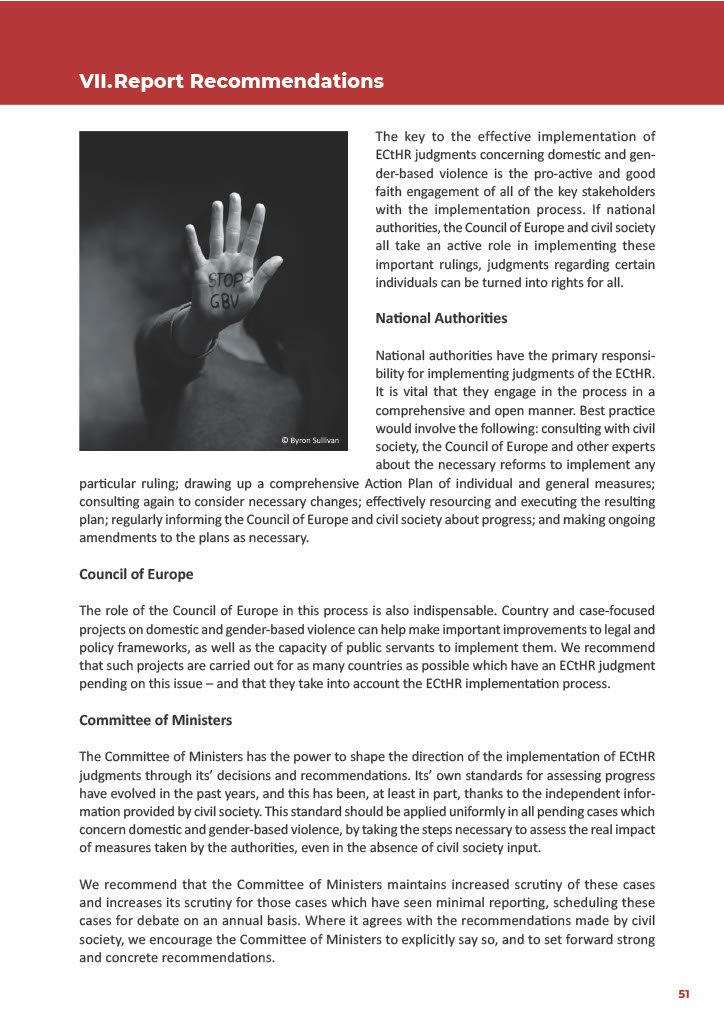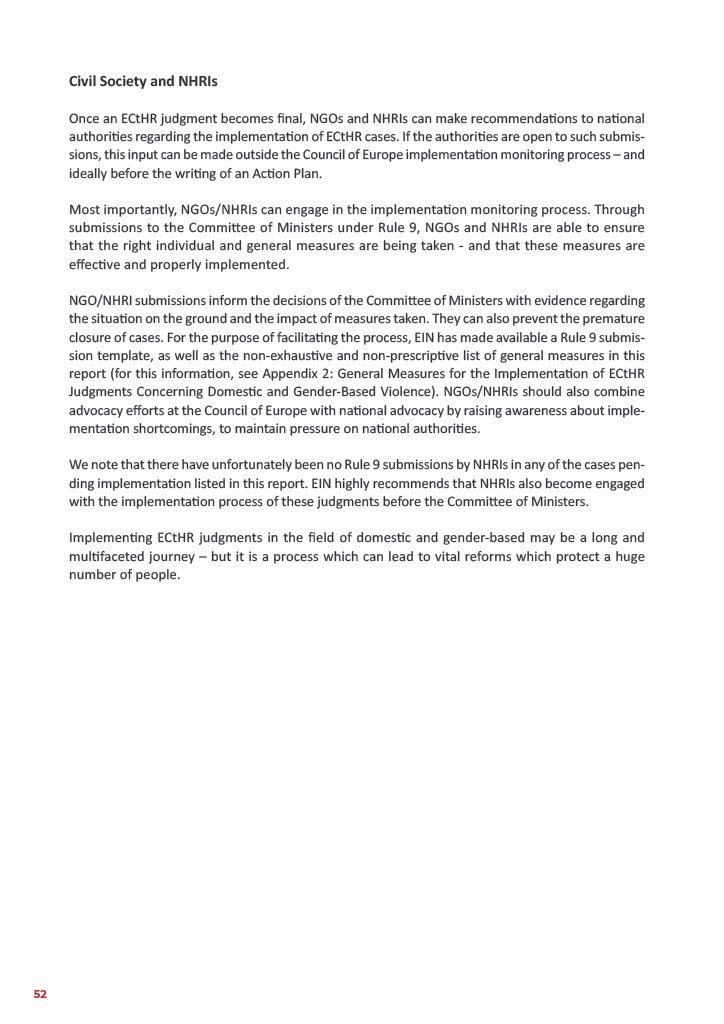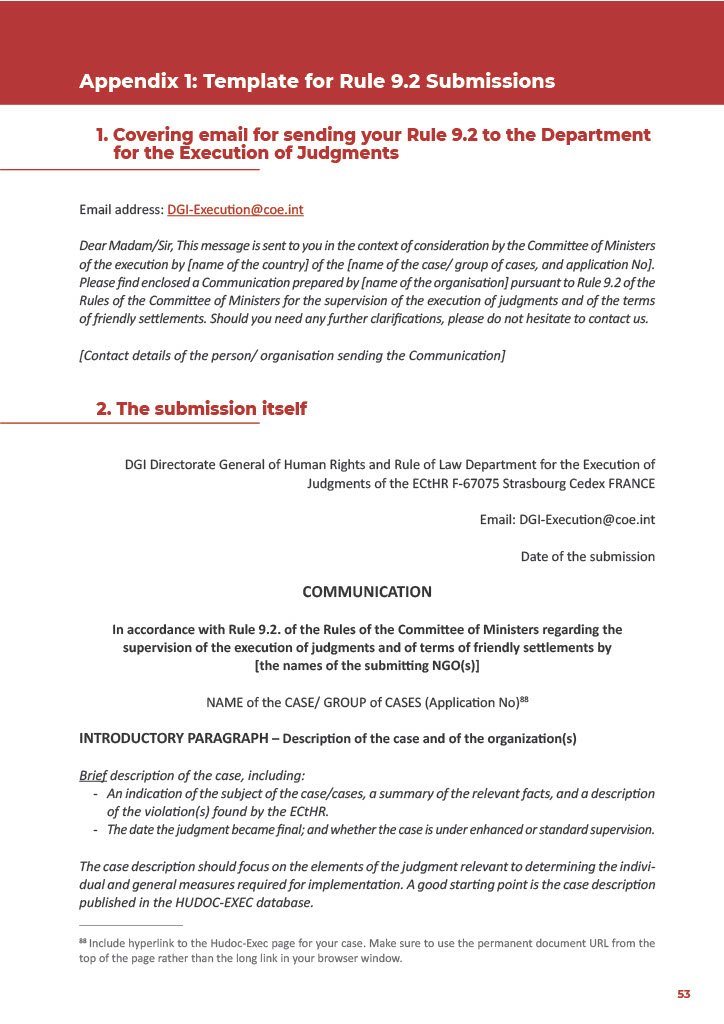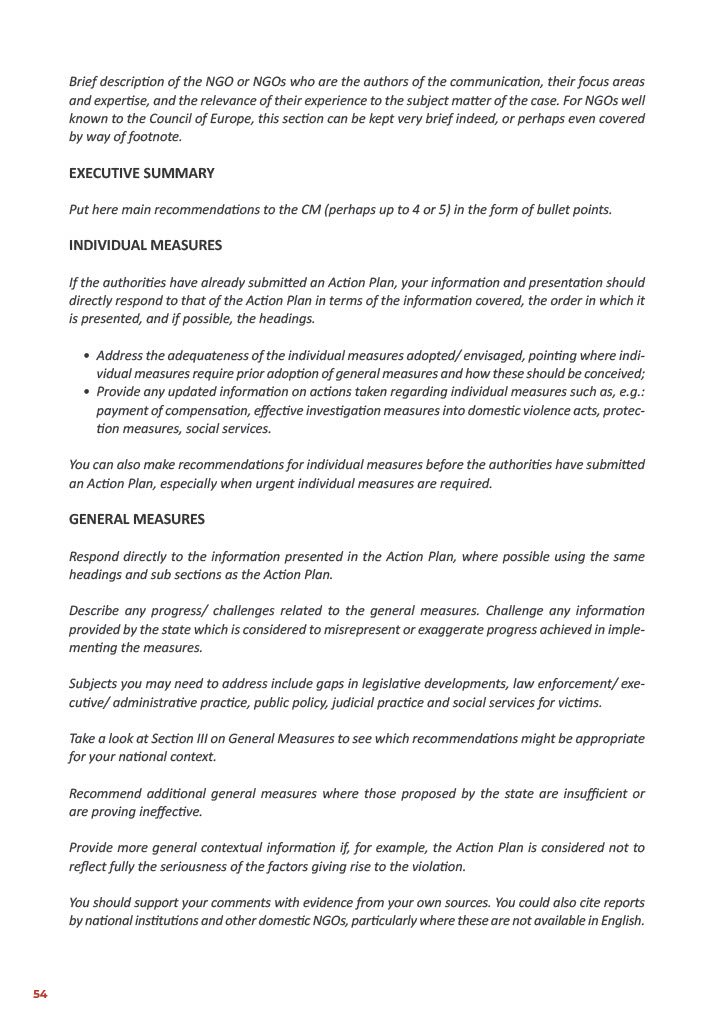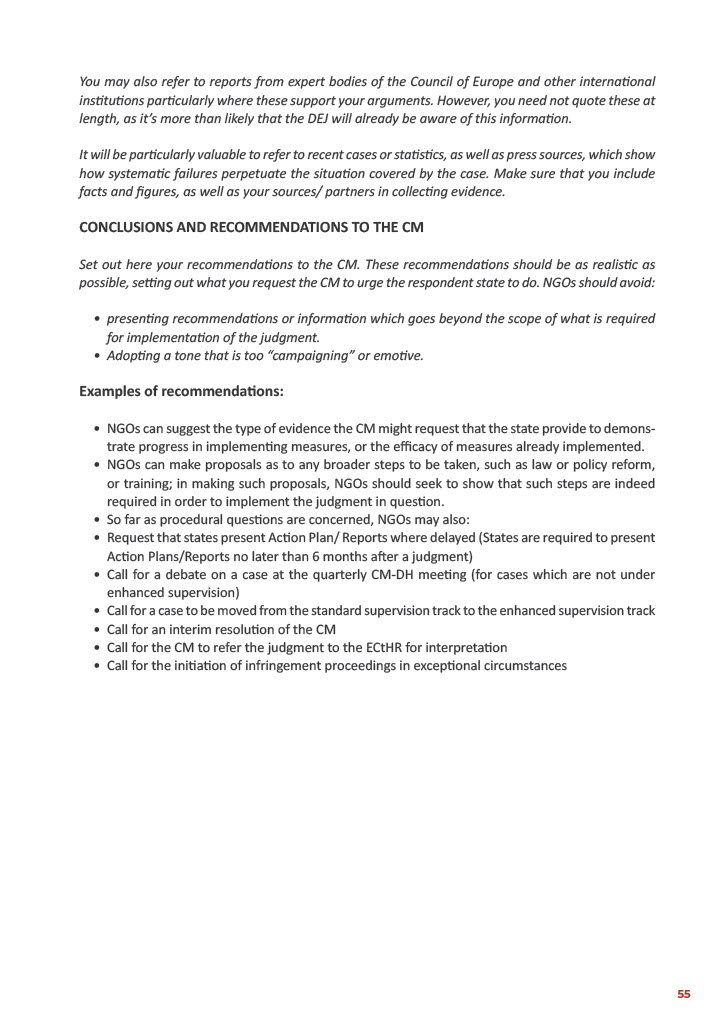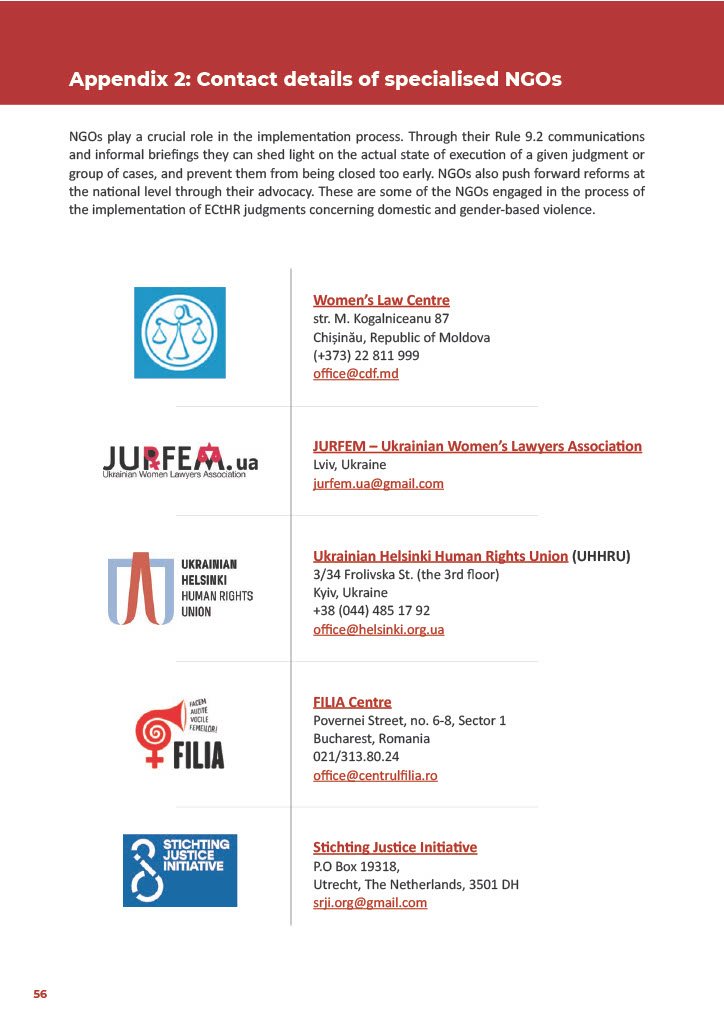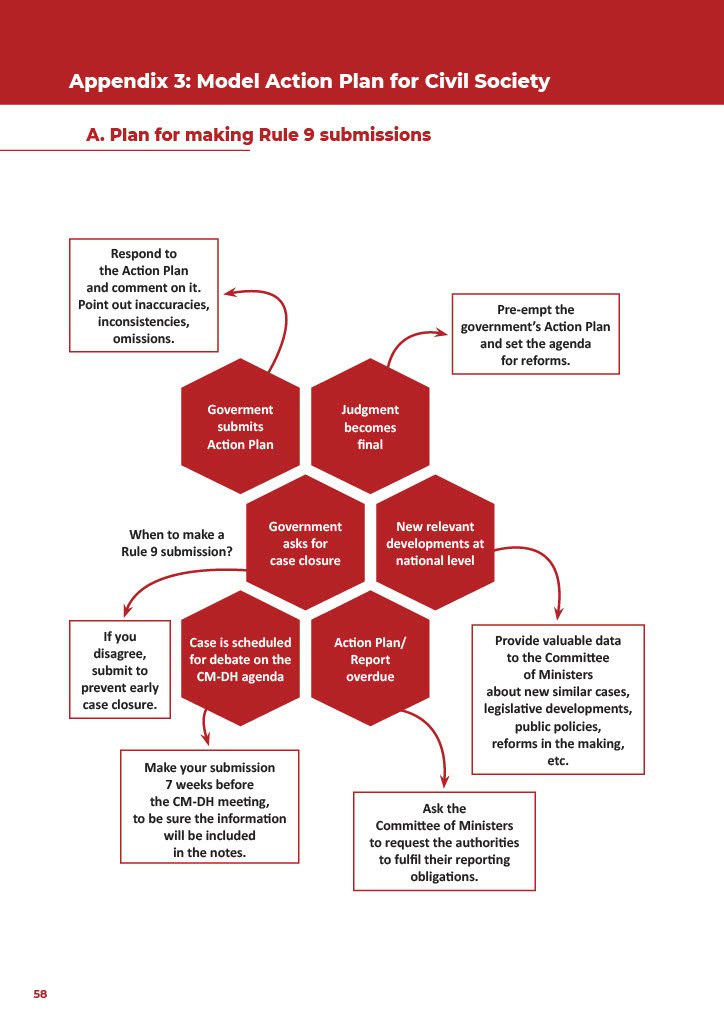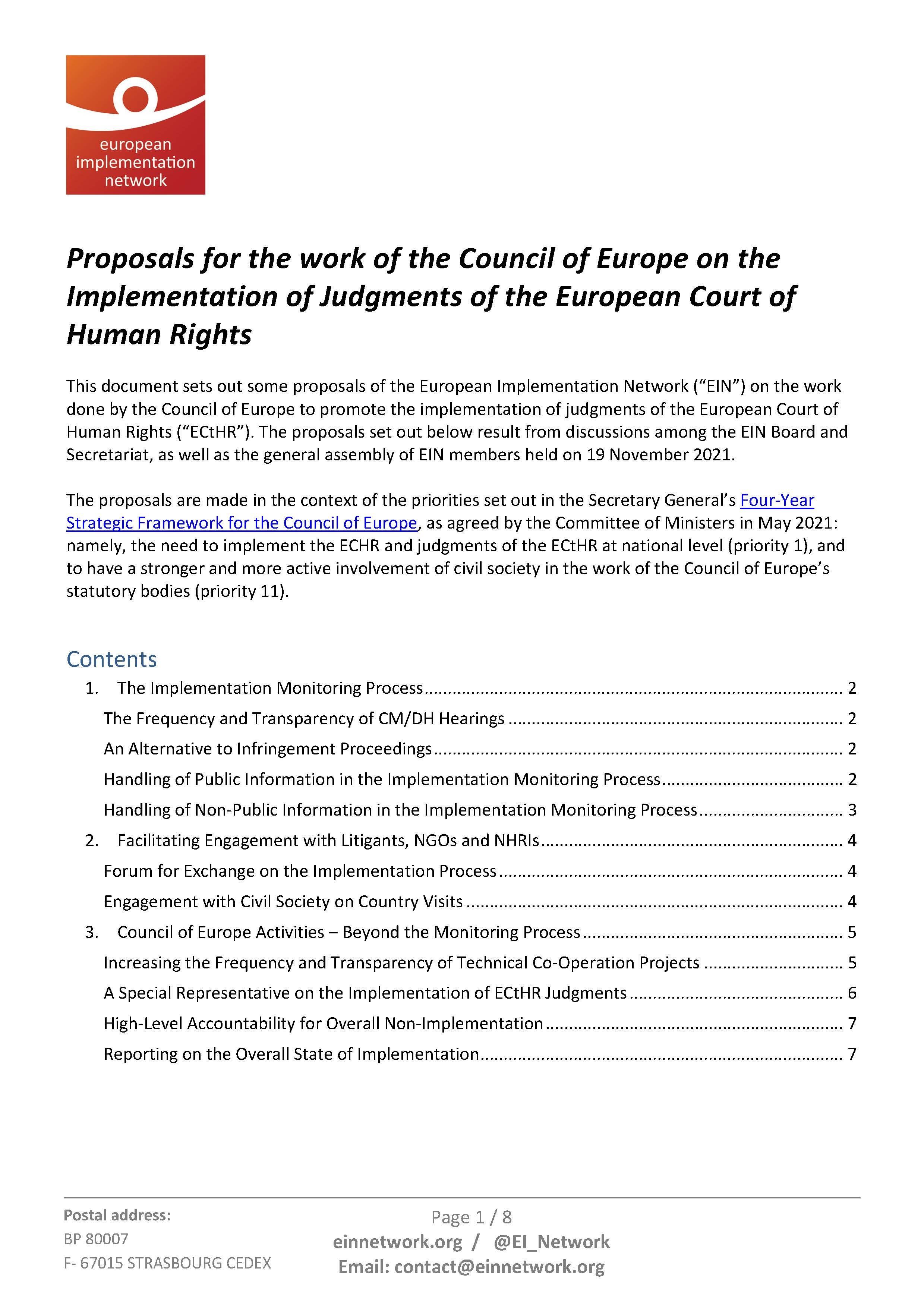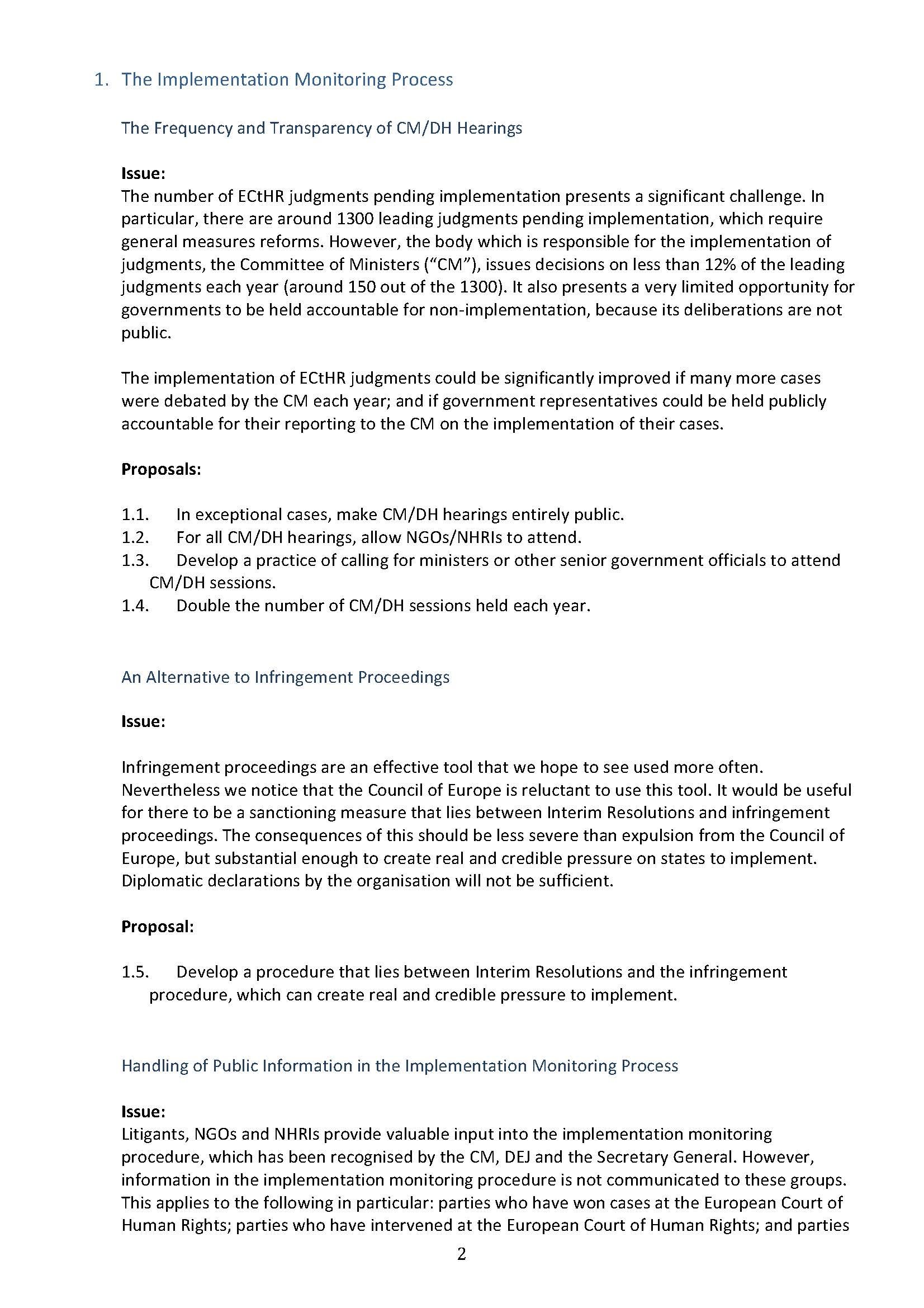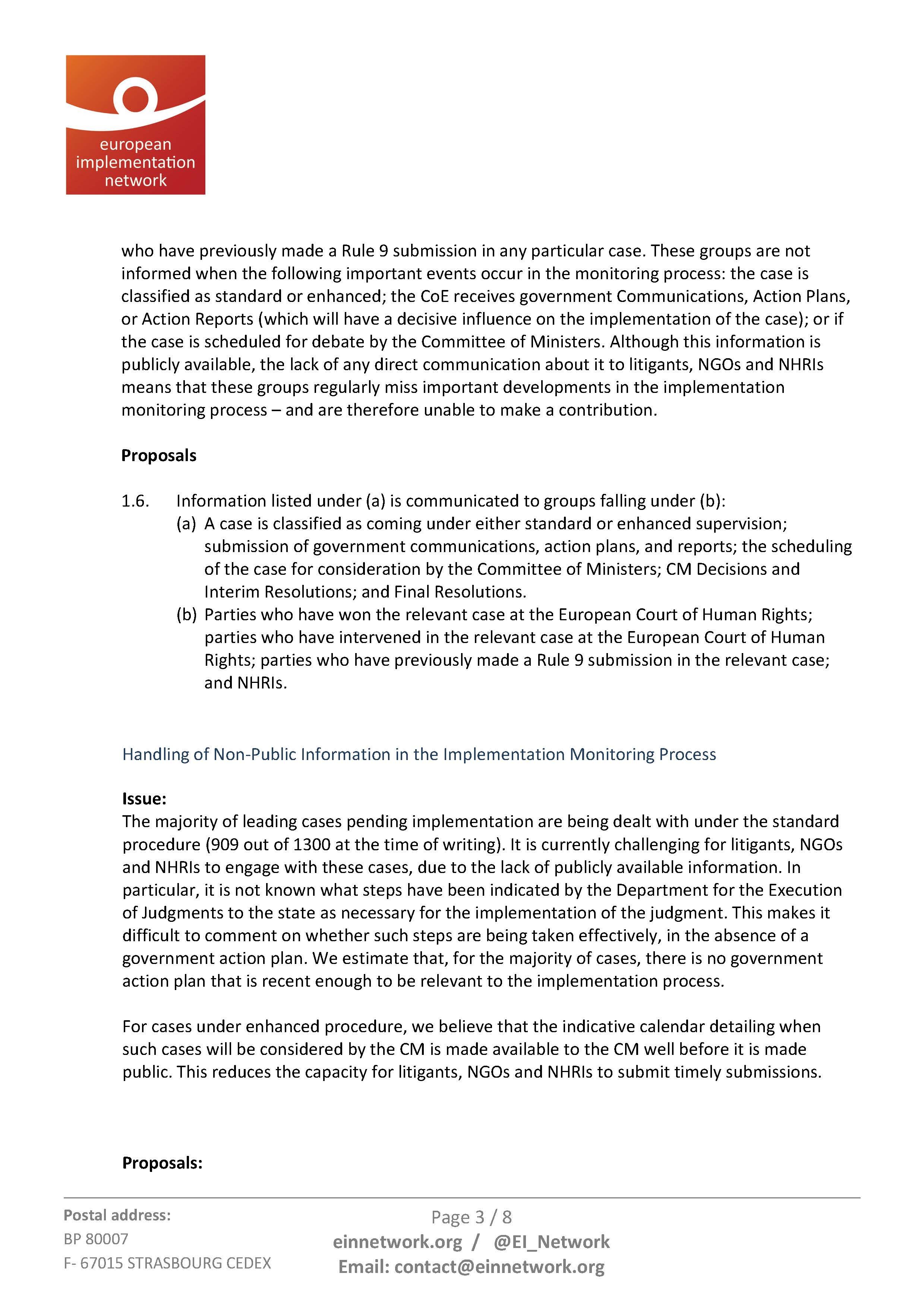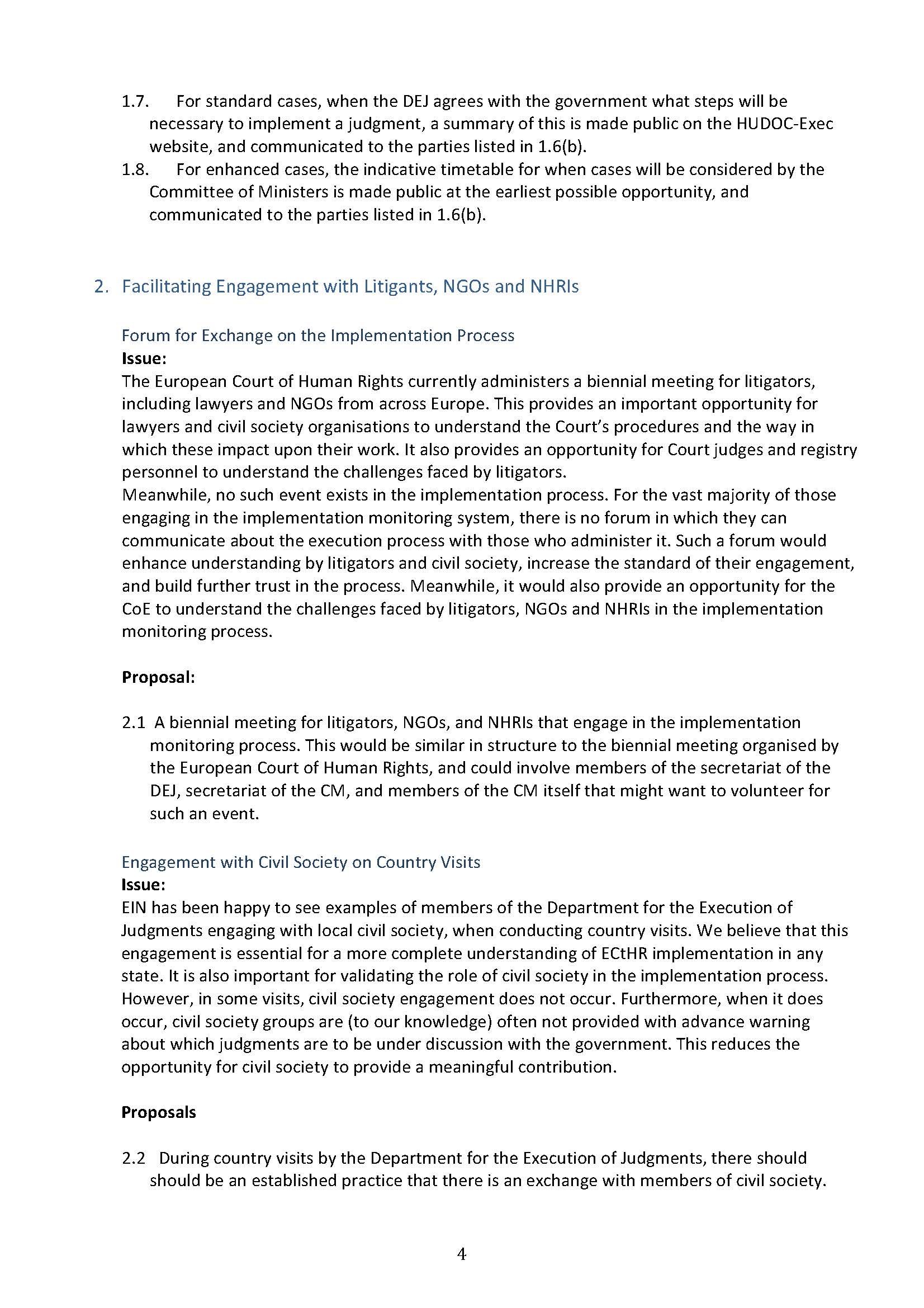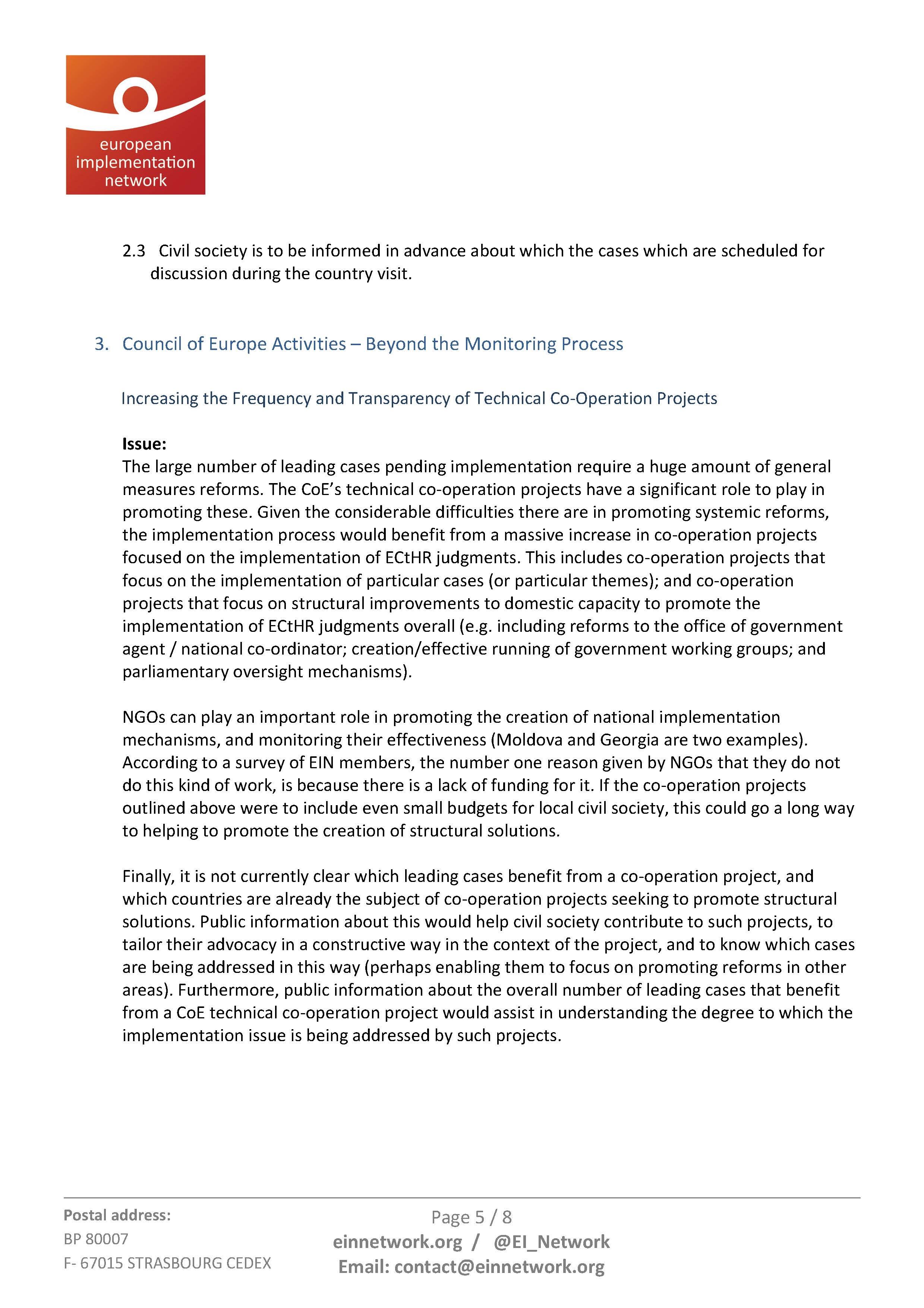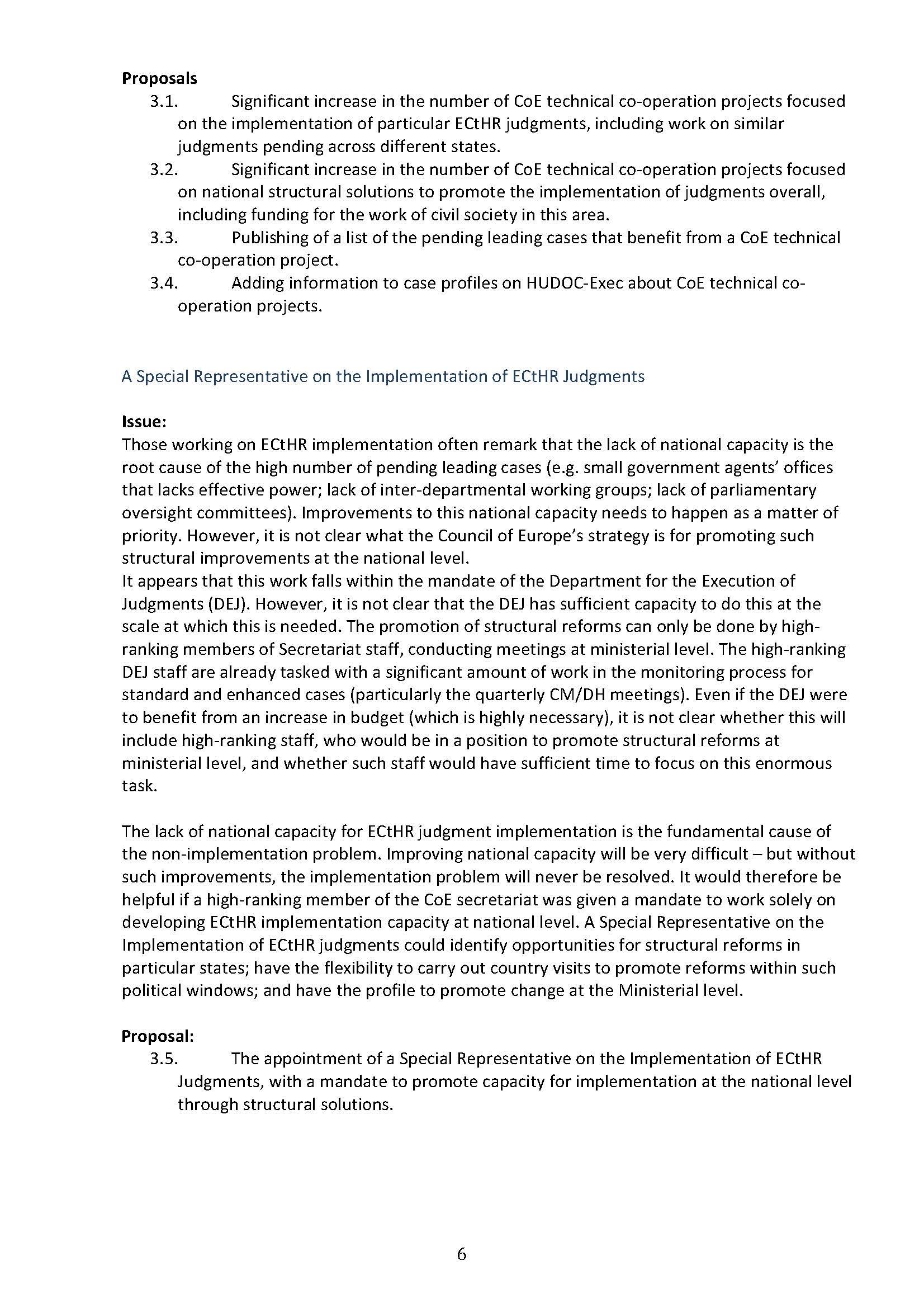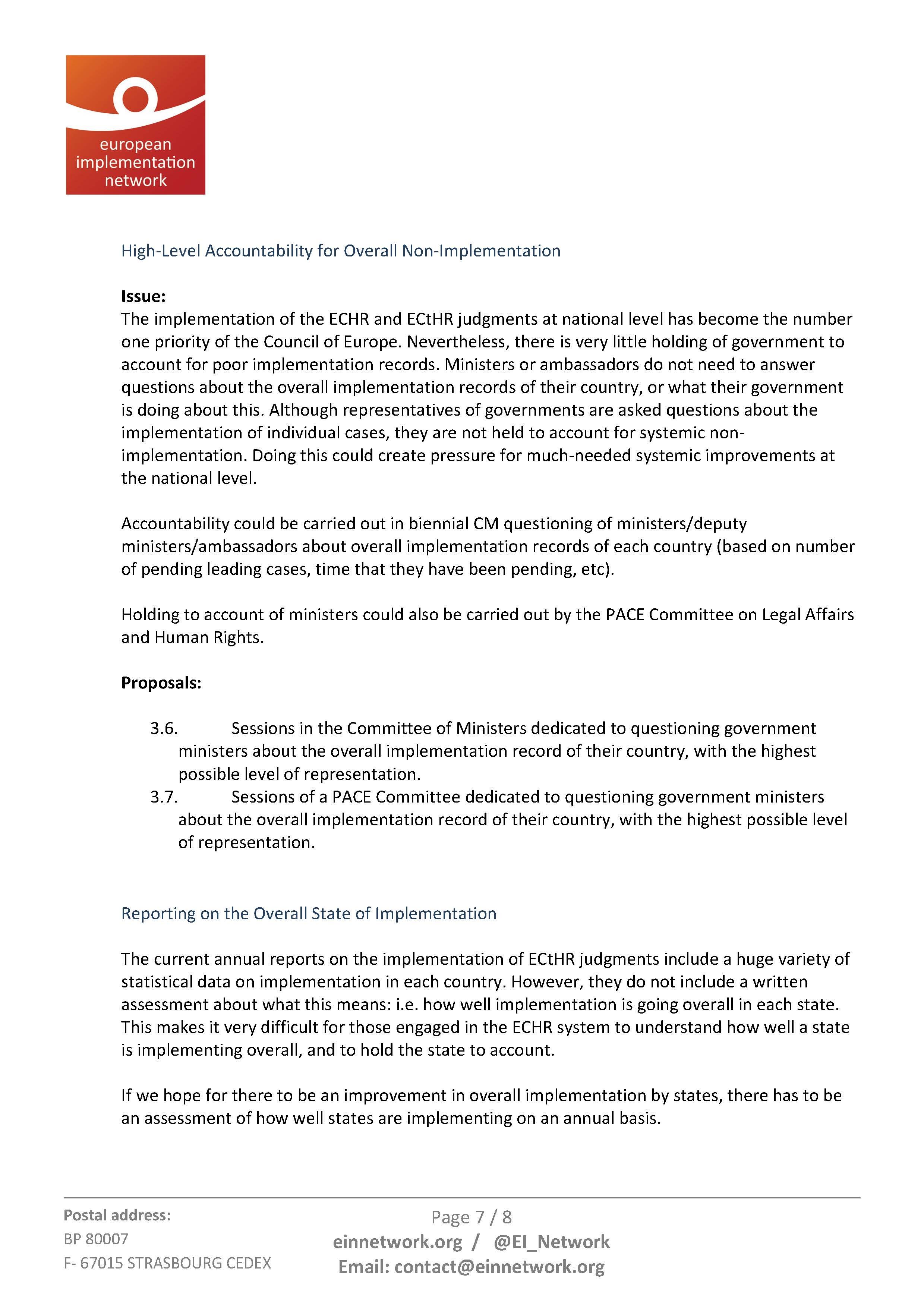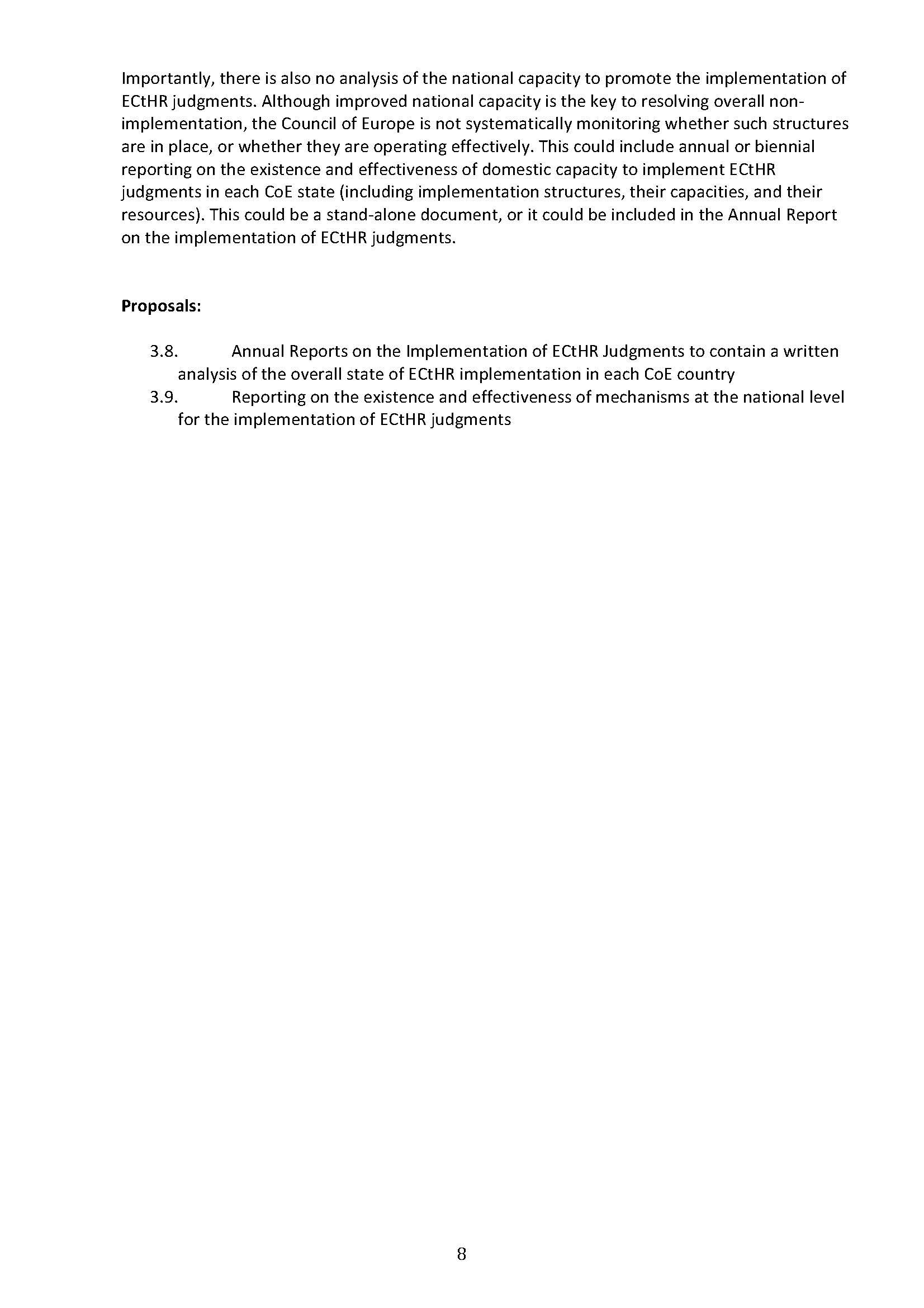Overview: EIN June Conference 2022
/Conference on Systemic Non-Implementation of Judgments of the European Court of Human Rights – What Can Civil Society Do?
This conference took place on the 22 and 23 of June 2022 and focused on identifying common solutions to promote ECtHR implementation and sharing the solutions across European civil society. It included presentations from leading members of the civil society movement to promote ECtHR implementation, as well as high-level speakers from academia and national governments. More than 70 participants gathered in Strasbourg for this Conference.
Session 1: Structures at the national level to systematically promote the implementation of ECtHR judgments
The first session of the conference addressed the issue of national-level structures aimed to systematically promote the implementation of ECtHR judgments. This session, chaired by the Director of the Bulgarian Helsinki Committee Dr Krassimir Kanev, gave the floor to experts from four countries: the Czech Republic, Slovenia, the Republic of Moldova and the UK, who shared with us their experiences.
An effective structure to promote the implementation of judgments in the Czech Republic
The first expert, Mgr Petr Konůpka, Deputy Agent of the Government of the Czech Republic before the European Court of Human Rights, discussed the creation and functioning of a collective mechanism for ECtHR implementation in the Czech Republic, which has been active since 2015 under the form of a Committee of Experts, including representatives from all branches of government, as well as from civil society and academia. The system is effective, inter alia, because it ensures there are regular meetings where governing officials must report progress to each other. Mgr Konůpka also addressed the role of the Government Agent in the improvement of cooperation and the challenges encountered in the process. He recommended that civil society advocate for the creation of similar collective structures, as creating such a structure would bring together more expertise and knowledge on the implementation process, improve visibility and transparency, and enable the effectiveness of the implementation process.
The working group to implement judgments in Slovenia
The second speaker, Dr. Simona Drenik Bavdek, Counsellor to the Ombudsman of Slovenia and Assistant Head of the Center for Human Rights, discussed about the working group set up in Slovenia. In the context of Slovenia’s improved ECtHR implementation record, she set out the two key elements to improve implementation: a strong political will and administrative capacity, explaining how there was an evolution from a political will to implement single cases to a general approach to implementation. The Intergovernmental working group set up in 2015 in Slovenia is a core coordinating body led by the Ministry of Justice – inter alia, it carries out legal analysis of each ECtHR judgment and the need for individual and general measures, coordinating with other ministries and other actors, and cooperating with the Department of Execution of Judgements. Since the system has been set up, it has enabled Slovenia to enforce ECtHR judgments more effectively. Dr. Drenik Bavdek advised civil society and NHRIs to work towards creating political will for a national systematic approach to implementation, pushing for governments to understand that implementation is their commitment and their responsibility.
Advocating for the creation of a parliamentary monitoring mechanism in Moldova
The third speaker, Ilie Chirtoaca, Legal Officer at the Legal Resources Centre from Moldova, talked about the creation of a parliamentary monitoring mechanism in Moldova. Mr. Chirtoaca discussed the efforts of Moldovan civil society which led to the creation of a Parliamentary oversight mechanism for the implementation of ECtHR judgments, under the form of a Parliamentary Sub-Committee. He discussed the key factors which made the establishing of this mechanism possible, such as the support of the legal and civil society community, the media campaign and media coverage, and the hard facts and figures used to raise awareness about the amounts of compensation paid by Moldova. Finally, Mr. Chirtoaca also spoke about the lessons learnt from the experience, emphasizing, inter alia, the need to establish good relations with the authorities, the need to be concise and convincing by ensuring that data is relied on by hard facts and figures, the importance of explaining the benefits that institutions will gain from human rights reforms and of creating alliances with other NGOs.
Parliamentary monitoring mechanisms: opportunities, challenges, and lessons-learnt
Dr. Alice Donald, Associate Professor of Human Rights Law at Middlesex University, held a presentation about Parliamentary monitoring mechanisms. Dr. Donald discussed the potential benefits of Parliamentary mechanisms, such as the possibility of holding the executive to account for action or inaction, creating space for civil society engagement, and creating a legislative framework or framework of expectations. She explains that the interdependence between different structures and institutional actions requires working with Parliamentary monitoring mechanisms. She set out key functions and principles which such bodies should have, as well as limitations of working with Parliaments. Her recommendations to civil society focused on educating Parliamentarians about their role and obligations, cultivating allies in Parliament, informing them about specific cases and non-implementation in general, intervening selectively and being persistent, with a long-term view.
Session 2: The work of European institutions in the implementation of ECtHR judgments - what should civil society advocate for?
The second session, chaired by Dr. Ramute Remezaite, EIN Board member and Implementation Lead at the European Human Rights Advocacy Centre, focused on what could be done to improve the speed and effectiveness of the implementation process.
Practical steps to improve the speed and effectiveness of the execution of judgments of the ECtHR
The first speaker, Piers Gardner, Barrister and Chair of the Permanent Delegation of The Council of Bars and Law Societies of Europe (CBBE) to the European Court of Human Rights, discussed proposals on the work of the Committee of Ministers for practical steps to improve the ECtHR implementation process.
These proposals include increasing the capacity of the CMDH by 25% by adding an extra day to their meeting; increasing the transparency of the case allocation and how the system operates; and recognizing awards of just satisfaction under national law as debts.
After Russia: reinvigorating the Convention system
The second speaker, John Dalhuisen, Senior Fellow at the European Stability Initiative, discussed the need for a shift in the perception and practice of the role of the European Court of Human Rights. Mr. Dalhuisen discussed the different functions of the ECtHR: the “watch dog” function, intended to preserve democracies, by sounding the alarm for the most serious violations; the “rescue dog” role, meant to ensure an individual justice function; the “sheep dog” function, meant to ensure the majority is heading in the right direction; and “guide dog” function, meant to serve for democratic transformation and evolution of new norms. Mr. Dalhusien argues that, today, the ECtHR is failing in these functions. The Court was intended to be a club of democracies, which relies on a culture of compliance. However, non-compliance is contagious; without a culture of compliance, the system will unravel and collapse, and the Court will lose its credibility. He discussed procedural implications of this phenomenon: the excessively long time for suspending a state as a CoE member, the impossibility of remaining a ‘club of democracies’ and insisting on making decisions through consensus, when some states are not democratic; protracted rounds of negotiation aimed at appeasing Russia. Mr. Dalhuisien proposes a new way of thinking about the Convention system, by returning to the Court’s original function as “watch-dog”.
The activities of the Council of Europe relating to the implementation of ECtHR judgments
The third speaker, Professor Dr. Başak Çalı, Chair of the European Implementation Network and Co-Director of the Centre for Fundamental Rights at the Hertie School of Governance, presented a series of proposals which have been set forward by the EIN Board to the Secretary General of the Council of Europe and the Committee of Ministers in May 2022. The first proposal concerns the need for increased transparency of the implementation monitoring process and engagement with civil society, inter alia, by making CM/DH hearings entirely public in exceptional cases; allowing NHRIs and NGOs to attend CM/DH hearings; communicating information about important developments in the implementation process (such as the classification of cases, or the submission of government Action Plans and Reports) to relevant litigants, NGOs and NHRIs; making the indicative timetable for when cases will be considered by the Committee of Ministers public at the earliest opportunity; establishing a practice of exchange with civil society during country visits and informing civil society in advance about which cases will be discussed during country visits. The second issue addressed was the need for increased funding for Council of Europe activities, in particular technical co-operation projects focused on the implementation of particular ECtHR judgments and also on national structural solutions to promote the implementation of judgments overall, including funding for civil society activities in this area. Other proposals concerned the creation of a special representative on the implementation of ECtHR judgments, the need for annual country-by-country assessments of the state of ECtHR implementation and national capacity in each state, and the introduction of a new sanction by the Committee of Ministers for continued non-implementation, between interim resolutions and infringement proceedings.
Involving the EU in the implementation of ECtHR judgments
EIN’s Director George Stafford set out the argument that an analysis of ECtHR non-implementation should be included into the EU annual rule of law review. He argues that non-implementation of certain ECtHR judgments is a rule of law issue (due to the nature of individual judgment), while, at the same time, overall ECtHR implementation is also a rule of law issue (due to the challenge it raises to the Courts). Furthermore, the budget conditionality mechanism would allow the EU institutions to link their assessment to real world consequences – something that the Council of Europe cannot do.
Both EU Rule of Law reporting and ECtHR implementation would be strengthened by this inclusion. EIN has been advocating for ECtHR implementation to be included in the EU rule of law review - and calls on civil society to keep this work going, encouraging NGOs to make contributions to the EU rule of law process highlighting ECtHR non-implementation in their country.
Session 3: Strategies for promoting judgment implementation
The third session, chaired by Simon Papuashvili, Programme Director at the International Partnership for Human Rights Strategies, focused on strategies for promoting judgment implementation.
How to Nudge States Towards Implementing ECtHR Judgments
Ula Aleksandra Kos and Aysel Eybil Kucuksu, PhD fellows at the University of Copenhagen, discussed their research results on the compliance and implementation of ECtHR judgments, with a comparative focus on Slovenia, Denmark and Hungary. They drew out four “key nudges” for states to engage in ECtHR implementation: making Rule 9 submissions to the Committee of Ministers; maintaining an informal dialogue with the Committee of Ministers; carrying out a dialogue with the European Union; and carrying out mass strategic litigation. They also discussed the need to have a genuine dialogue in Strasbourg, as sometimes the Action Plans and Reports do not reflect genuine engagement on the part of the state, advising civil society actors to contextualize the measures proposed by states, to offer pragmatic solutions and to request escalations of procedure, when needed. Ms. Kos and Ms. Kucuksu also provided a comparative view of how certain “nudges” work in Slovenia and Hungary: for example, their research indicates that Slovenia is more sensitive to monetary incentives, as the higher the just satisfaction awarded is, the faster it will be paid.
Implementing Judgments Concerning Grievous Human Rights Violations During the Troubles
The second presentation of the session was held by Daniel Holder, Deputy Director of the Committee on the Administration of Justice. He discussed the advocacy efforts behind the implementation of the McKerr v. the United Kingdom judgment, which concern investigations into the deaths of the applicants’ next-of-kin in Northern Ireland in the 1980s and 1990s, either during security force operations or in circumstances giving rise to suspicion of collusion in their deaths by security force personnel; the case has been pending implementation for over 20 years. Mr. Holder discussed the constant running battle between the civil society lawyers and the state, in the context of UK’s change of direction with implementation (as in 2014, UK had unilaterally abandoned the 1998 Good Friday agreement, which had begun to bring results).
He argued that long term supervision kept mechanisms in check, allowing for the development of a replacement set of transitional justice institutions. In parallel, civil society ensured that highly credible evidence was set forward, by engaging an academic team to produce scientific evidence and by providing detailed evidence in Rule 9 submissions, and even using resurfaced evidence from archives in order to prove that the government had lied. Furthermore, building alliances, using UN mechanisms and carrying out litigation strategies (including ECtHR-based domestic litigation and work with independent lawyers on ongoing investigations) were essential aspects of the advocacy process. While the situation is difficult at the moment, the work of civil society has succeeded in squeezing out the truth in relation to what happened, and made it untenable for the authorities to state that these violations did not take place.
Session 4: Implementation of ECtHR judgments in challenging states - Lessons-learnt from Azerbaijan, Russia and Turkey
Session 4, chaired by Prof Philip Leach, Professor of Human Rights Law at Middlesex University, focused on ECtHR implementation in challenging states, bringing together into an open discussion experts on implementation in Azerbaijan, Turkey and Russia.
Anar Mammadli, human rights activist and chairman of the Baku-based Election Monitoring and Democracy Studies Centre, discussed about the difficulty to talk about ECtHR non-implementation in Azerbaijan, especially after the crackdown on media and civil society in 2013. He emphasized the continuous need to engage with the process before the Committee of Ministers and the importance for civil society organisations to do so without political repression.
Dr. Ramute Remezaite, EIN Board member and Implementation Lead at the European Human Rights Advocacy Centre, discussed the two key challenges encountered in implementation work in Azerbaijan: the deep systemic absence of general political will to abide by the European Convention, and the absolute non-existence of transparency. Dr. Remezaite also highlighted that, at individual level, some traction is possible, based on the existence of a political window popping up and consistent pressure from the Committee of Ministers. Furthermore, the international arena is the only space to engage with the authorities in order to learn what their position is and what they are willing to do.
Elba Bendo, Lawyer (International Advocacy) at the European Human Rights Advocacy Centre, shared her experience with the ECtHR implementation in Russia, in the context of exploring new ways of engaging at the international level with cases concerning enforced disappearances between 1999 -2006 in Chechnya. She discussed the challenged encountered – from the complete lack of political will to implement, to the ongoing oppression and fear for civil society and relatives, as well as the difficulty in responding to government Action Plans which were sporadic in detail and inconsistent. Furthermore, the time passed since the original abduction posed practical challenges in terms of searching for the victims. The strategies engaged focused on small positive steps: the applicants were engaged in the process to allow their stories to be told; the UN Committee against Torture, as well as special procedure and more diverse international institutions were engaged too; forces were joined with actors with forensic experts to demonstrate that the scientific barriers identified by Russia were not substantiated. Furthermore, a framework was built for an ad hoc humanitarian search body, and, in the context of international workshops, discussions were held with family members as to what is possible further – with a view to long-term engagement.
Dmtriy Gurin, Senior Lawyer at the Memorial Human Rights Centre, also discussed about implementation in Russia, setting out how civil society actors have been reduced in terms of human rights protection and in terms of how domestic mechanisms can be used. The European Convention, which has previously served as restraint, is now being eradicated and discredited in the public eye. In the absence of dialogue, it is difficult to understand the official position on how ECtHR implementation can continue. The judiciary does not have a consolidated position on what is currently happening - there has been a sporadic reception of ECtHR case law over the years in lower courts, but these decisions were otherwise quashed by appeal instances. Given the circumstances, the current task of civil society is to record human rights abuses and the decay of legal values in Russia. The accessibility of the Russian system is used for this purpose – as trials can serve as a platform to continue to raise uncomfortable questions before domestic courts, who are obligated to come up with arguments in response. The litigation is no longer aimed at winning and obtaining justice, but on obtaining new decisions about how the new legal order functions in their view. Mr. Gurin also argues that the lack of an external court for Russia should be addressed through a solution, and that the experience of civil society in Russia should not be in vain but should be regarded as important in other countries.
Finally, the last expert, Kerem Altiparmak, Turkey Legal Advisor at the International Commission of Jurists, addressed the issue of ECtHR implementation in Turkey. Mr. Altiparmark discussed the different strategies adopted by the government, and the investment of the authorities to give the impression that they are ECtHR complaint, for example, by submitting Action Plans and Reports very often. He argued that the Turkish Constitutional Court (TCC) is at the heart of this strategy; despite the apparent consensus on the independence of the TCC and the fact that the ECtHR requires the exhaustion of this remedy, the TCC is blocking the way to Strasbourg and blocking ECtHR implementation. Most of its’ members are appointed by the president, and it ignores the entire ECtHR jurisprudence on insulting heads of state. There are currently 100 000 cases pending before the TCC, which creates a challenge for human rights defenders and lawyers.
Session 5: Workshop on communication strategies to promote structural solutions for ECtHR judgment implementation
The second day started with a workshop help by Gesine Schmidt-Schmiedbauer and Philip Doyle, Communication experts at One Step Beyond Communications. The workshop focused on making effective communication about ECtHR implementation essential, in particular by telling stories of hope, opportunity and solutions and tailoring approaches to different types of audiences. The workshop focused on concepts of “the heroine’s journey” and “hope-based communications”.
Looking forward: what can civil society do?
The final session, chaired by Prof. Dr. Başak Çalı., brought together four keynote listeners, who had collected feedback from the audience about what civil society can do in the future to promote implementation at the national level, at horizontal level, and at international level.
Nóra Novoszádek, Senior legal officer at the Hungarian Helsinki Committee, set forward the need for both inward looking and outward looking steps. She addressed the need to focus more on overall implementation and to advocate for implementation structures, and to build alliances and joint strategies between NGOs to facilitate implementation domestically. In this context, she emphasized the importance of ensuring that implementation structures are effective, meaningful, transparent, and that NGOs are properly involved. Ms. Novoszádek also pointed out the importance of educating and informing members of Parliament regarding implementation, as well as the need to strive to widen scope of implementation of pending judgments, and to have a proactive approach with regard to dormant cases.
George Stafford, EIN Director, also reinforced the importance of structural mechanisms for implementation, and called on participants be proactive in engaging with this idea, encouraging civil society to present this concept to funders – both individually and collectively as a group.
Dr. Ramute Remezaite pointed out the importance of supporting each other as a network and engaging with other stakeholders as well, including the media, in order to show the benefits of ECtHR implementation; she also discussed the need to explore EU advocacy points and civil avenues with regard to Eastern partnership counties.
Finally, Prof. Philip Leach set out three main issues to think about: the need to be aware of the context of implementation difficulties; the question of being ambitious and realistic at the same time about what is feasible; and the need to consider implementation as part of the whole system. He argued for the replication (everywhere feasible) of the Committee of Experts system which has been set up in the Czech Republic, involving academia, civil society, Bar associations, etc, and ensuring transparency. He also addressed the importance of positive messaging, of presenting opportunities for MPs to normalize engagement with implementation, of creating dialogue and opening up discussions and solutions which can draw states out. In challenging cases, he argued for the process to be opened up in some way – noting the importance of political theatre. He also reflected positively on the proposals of having a special representative on ECtHR implementation, and the need for smart and credible sanctions.

